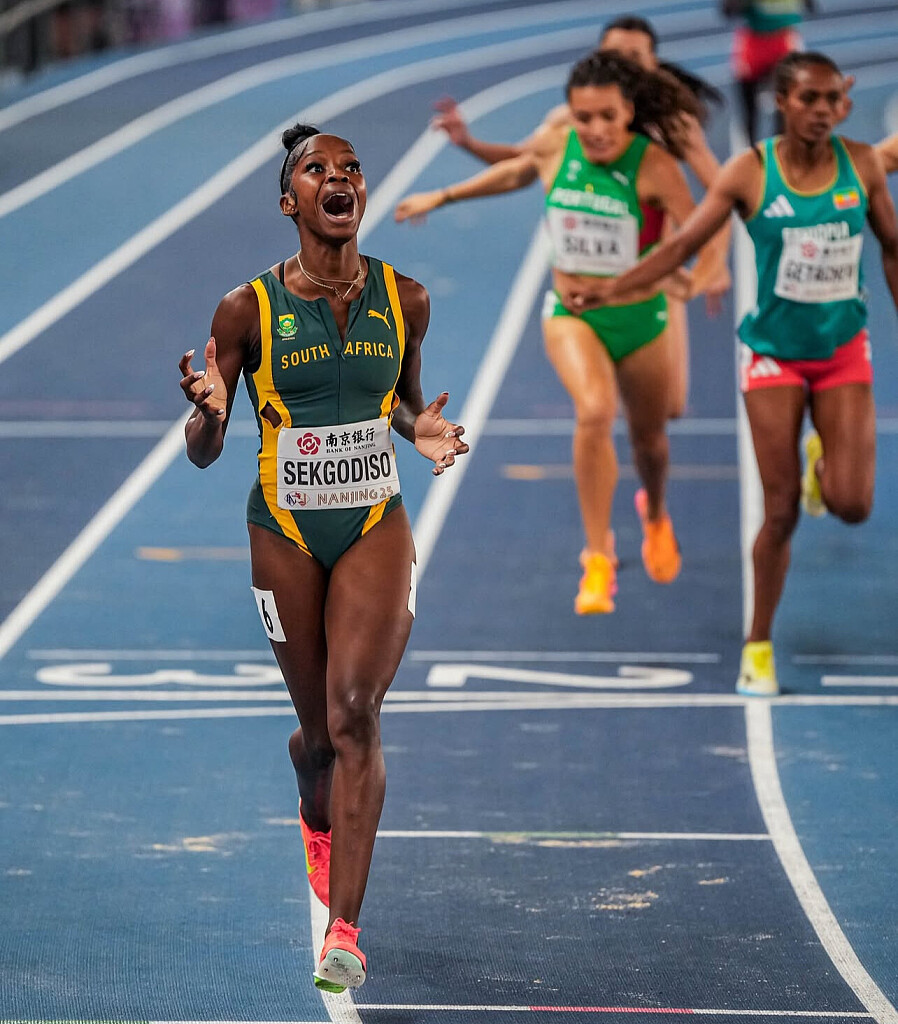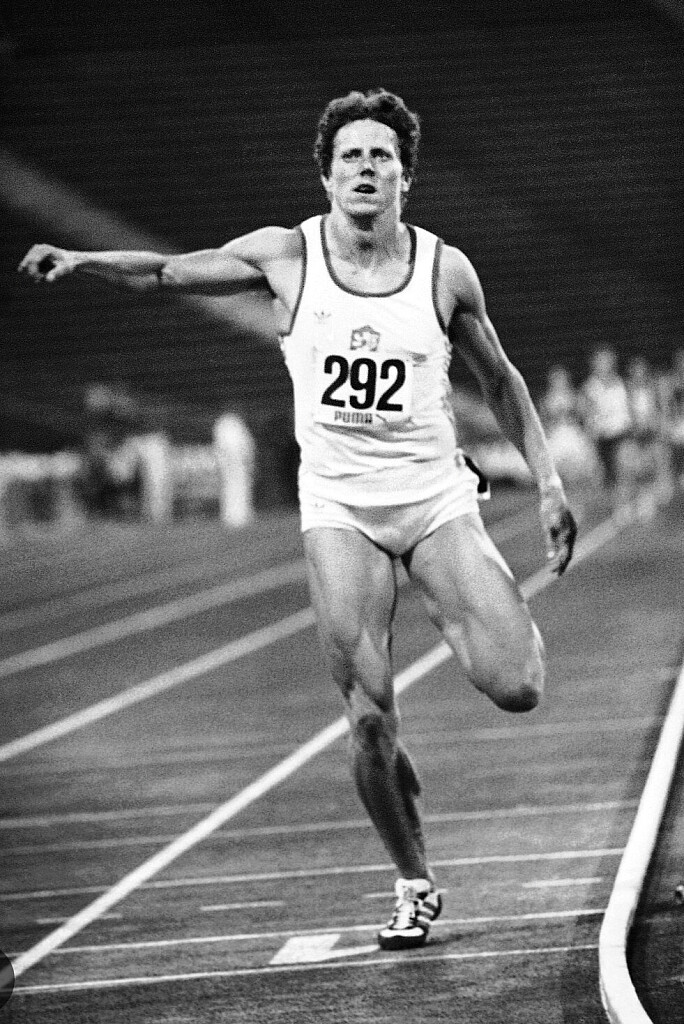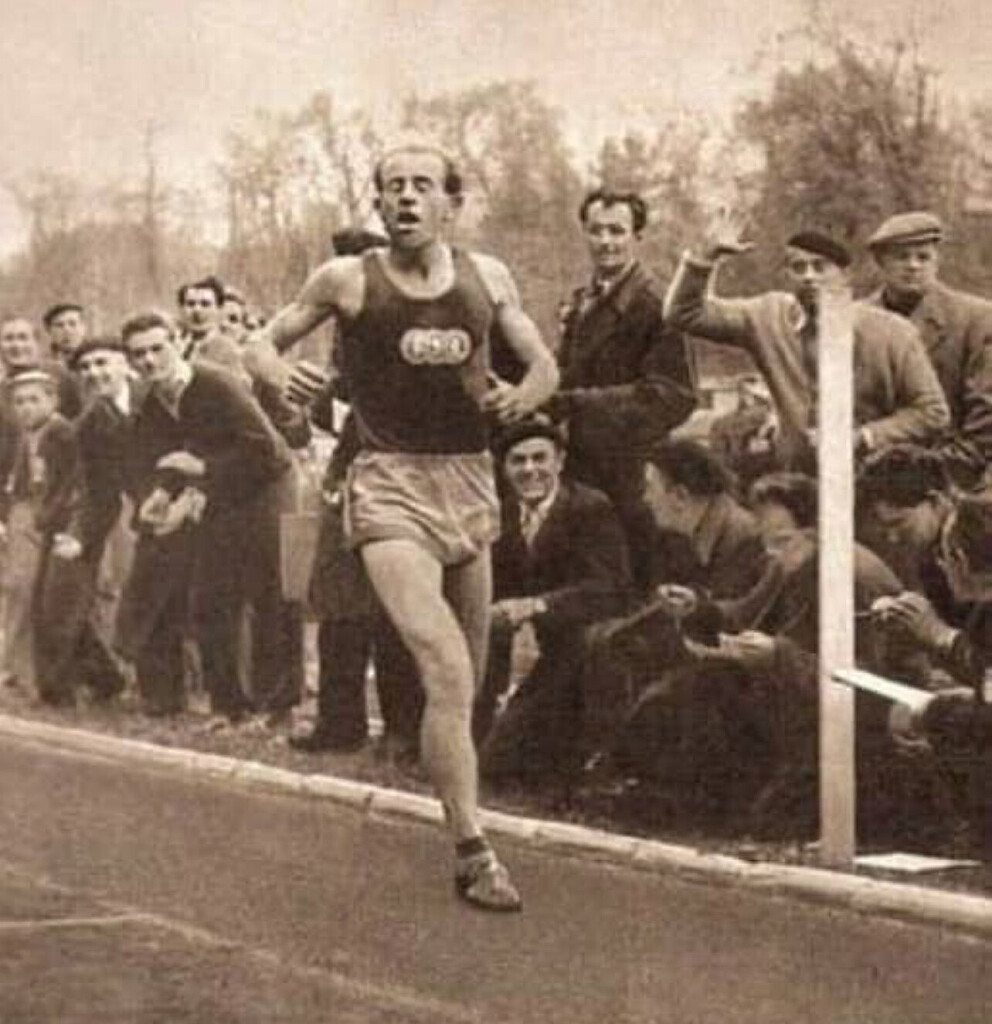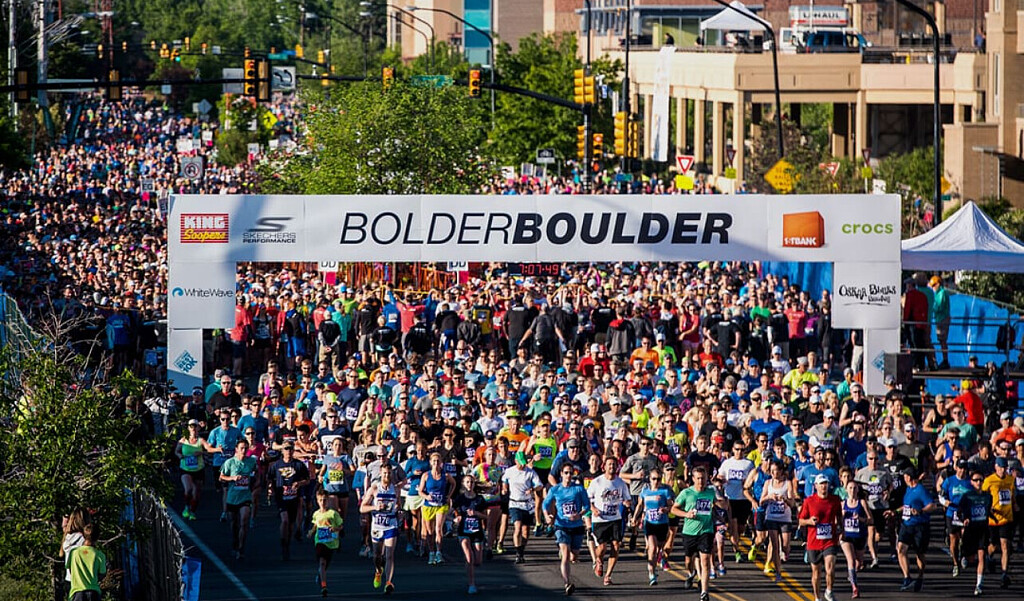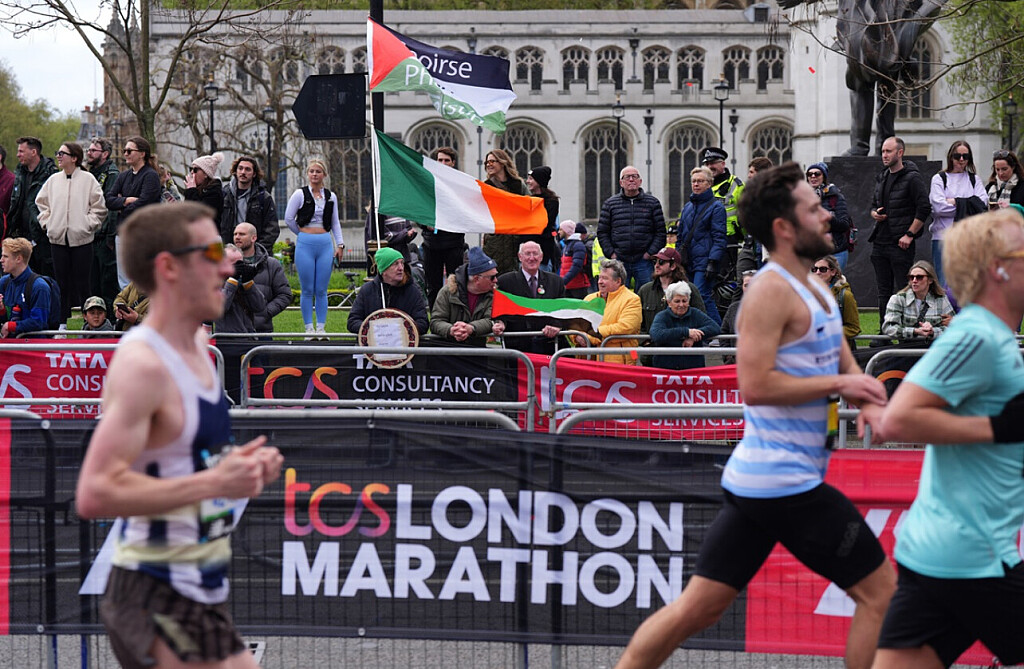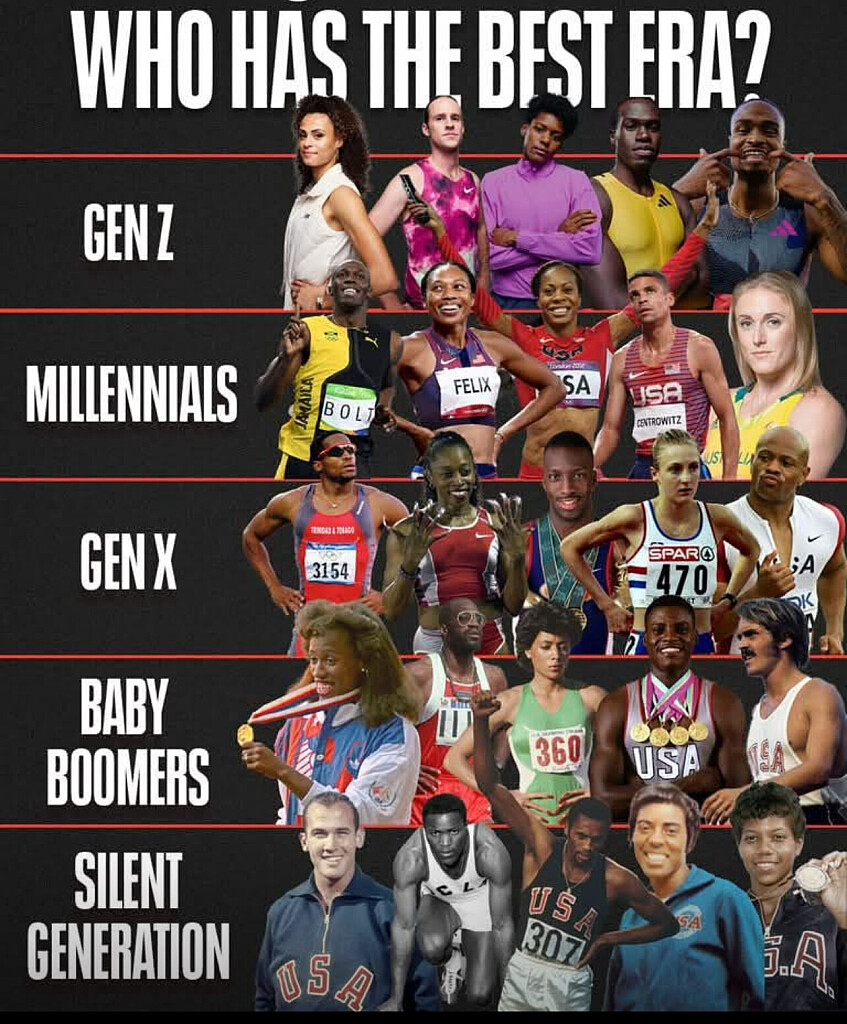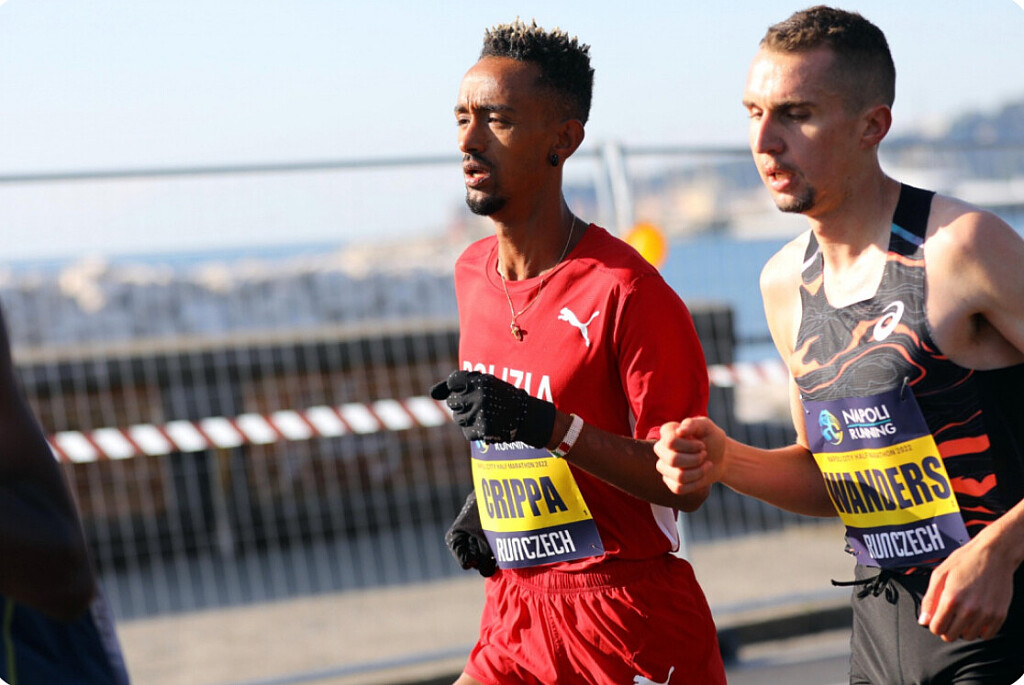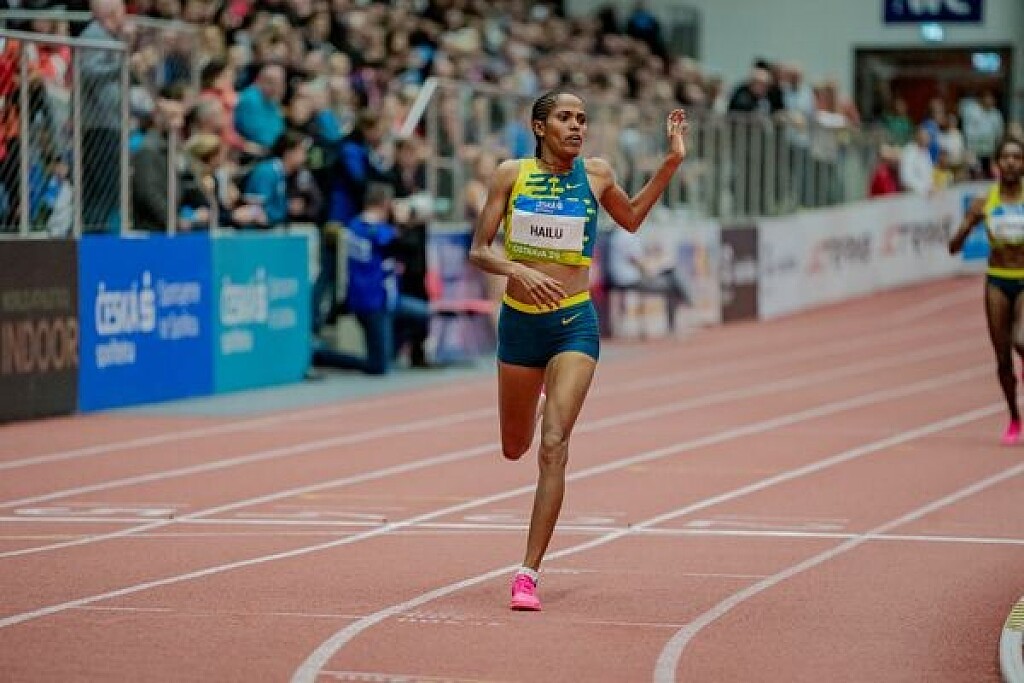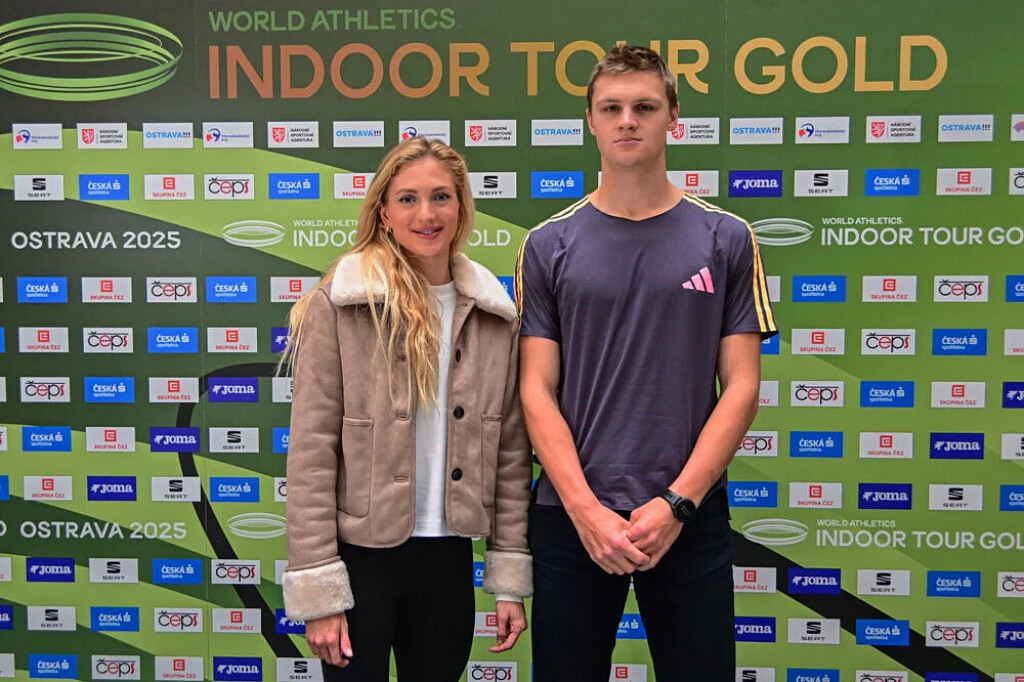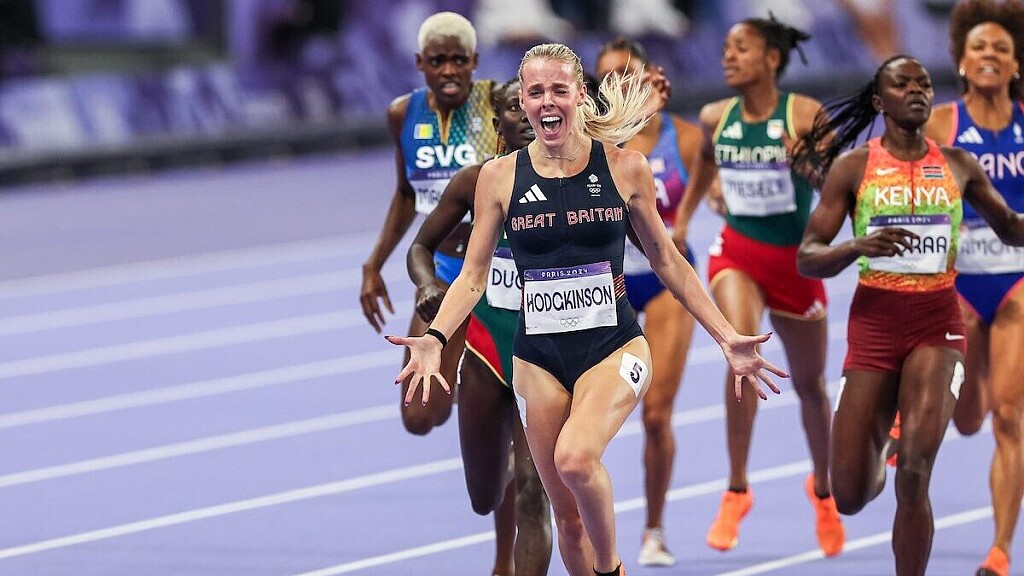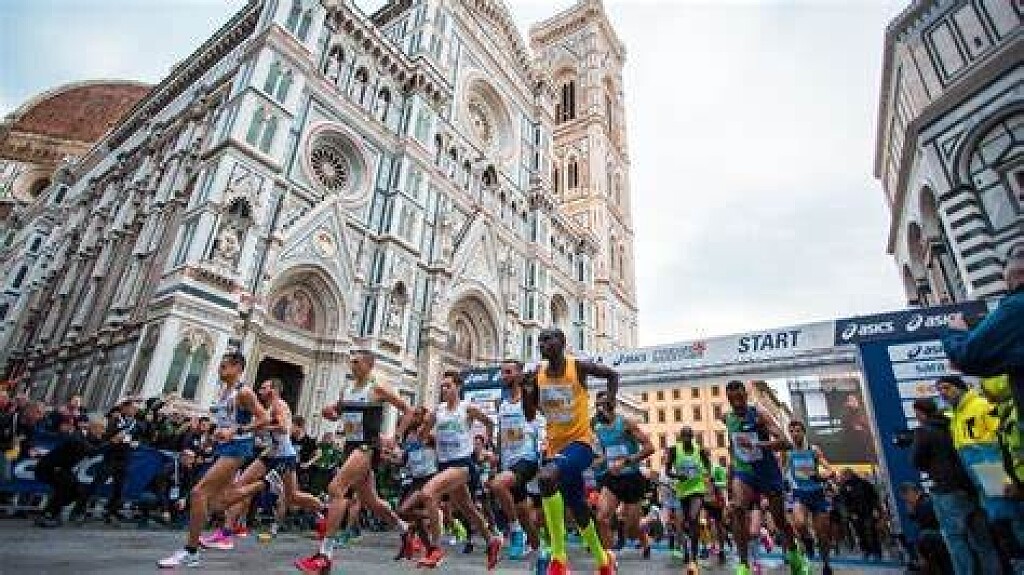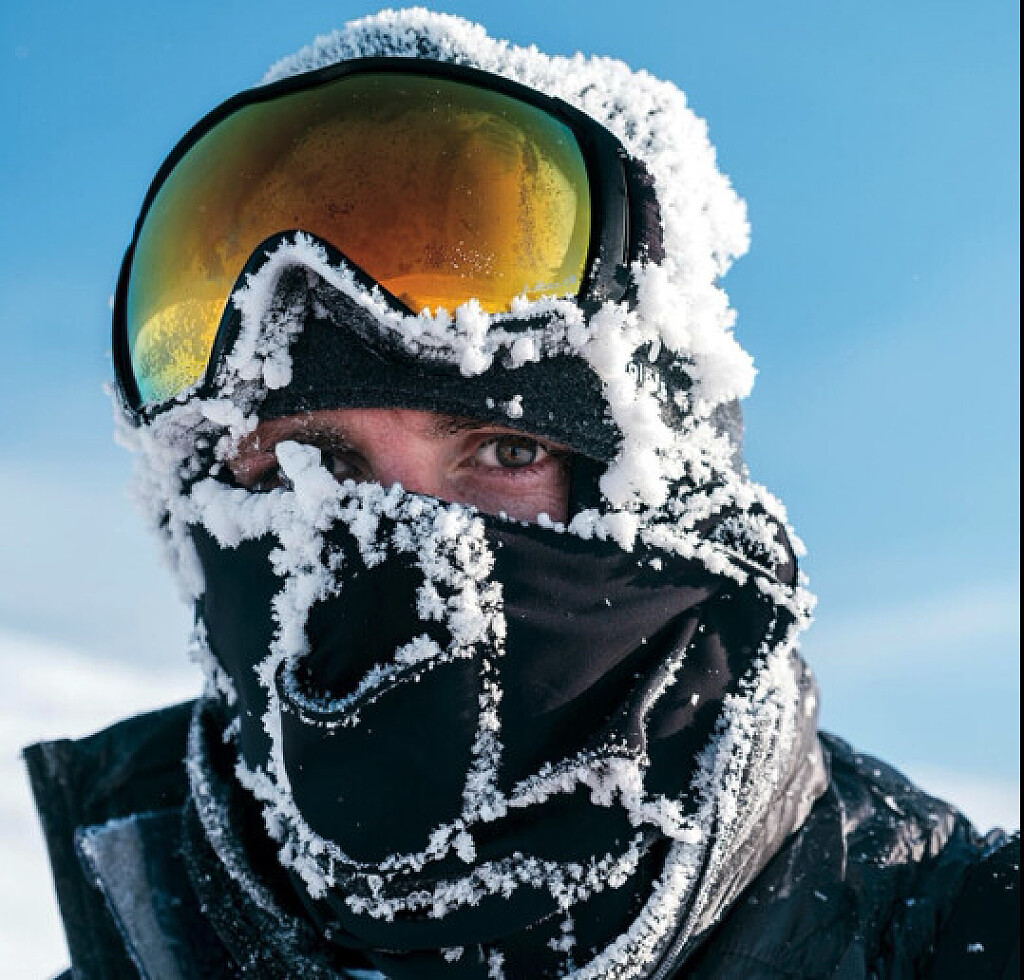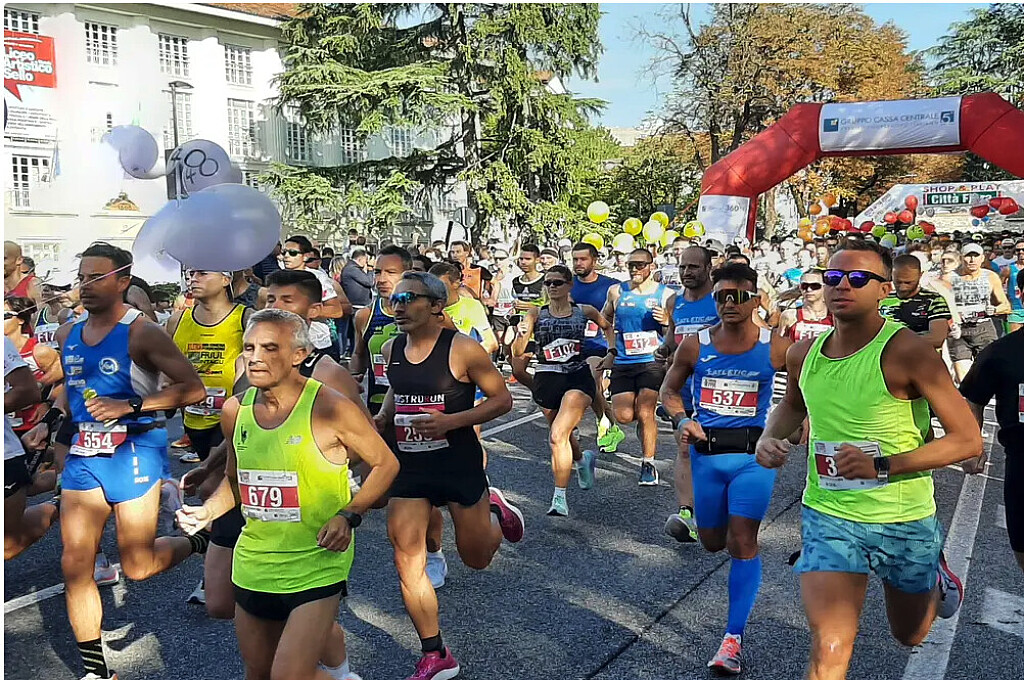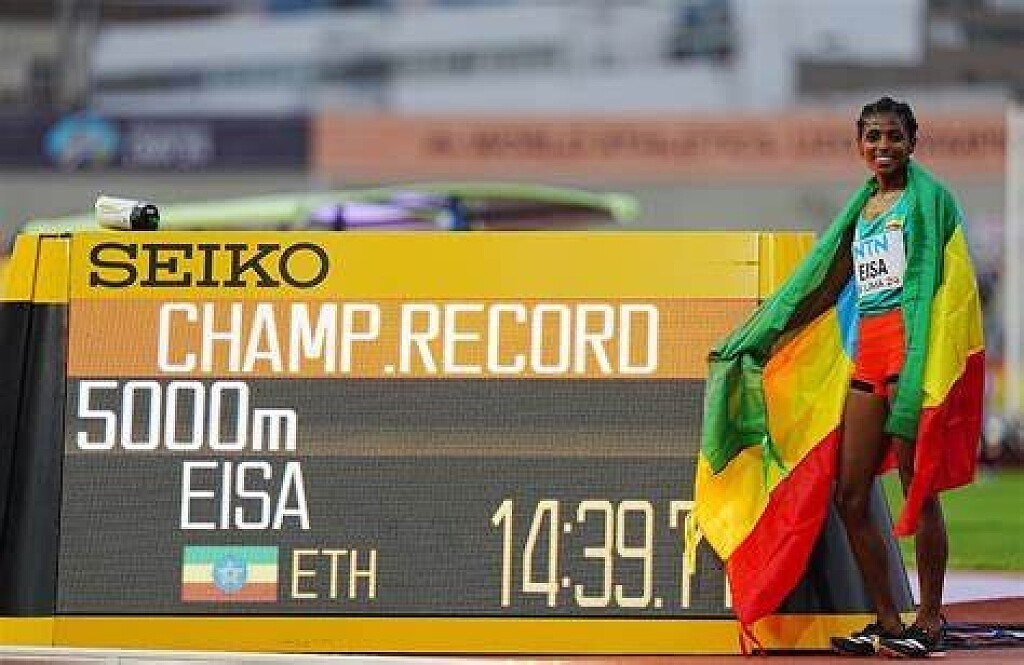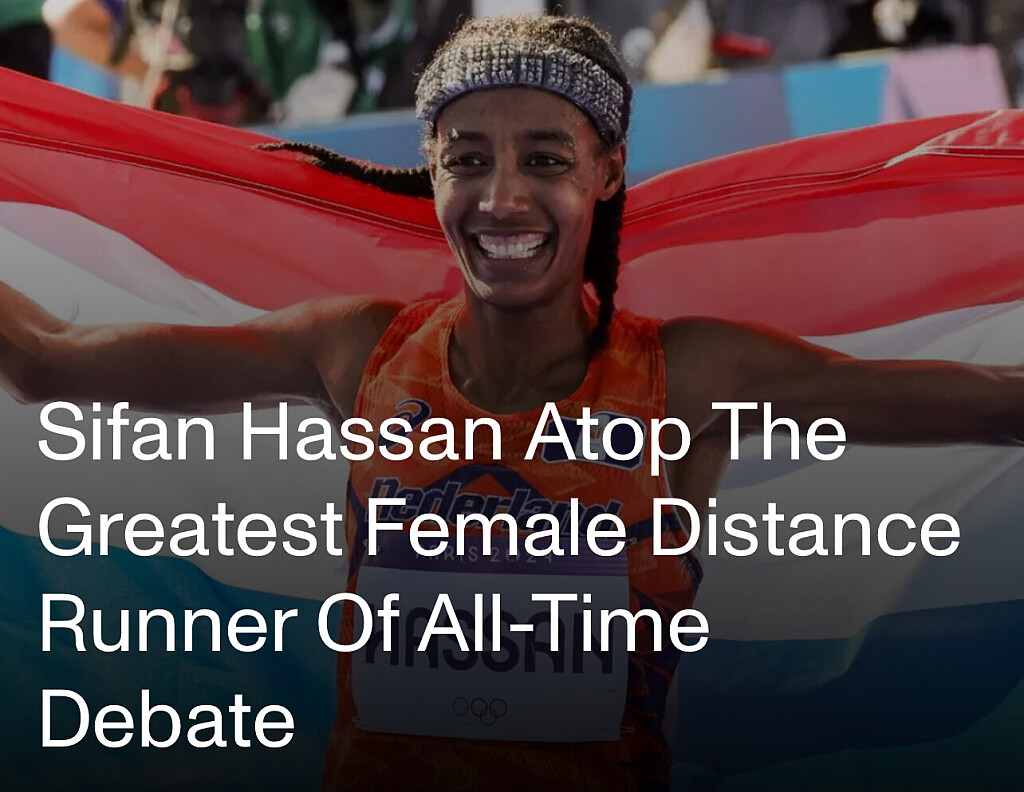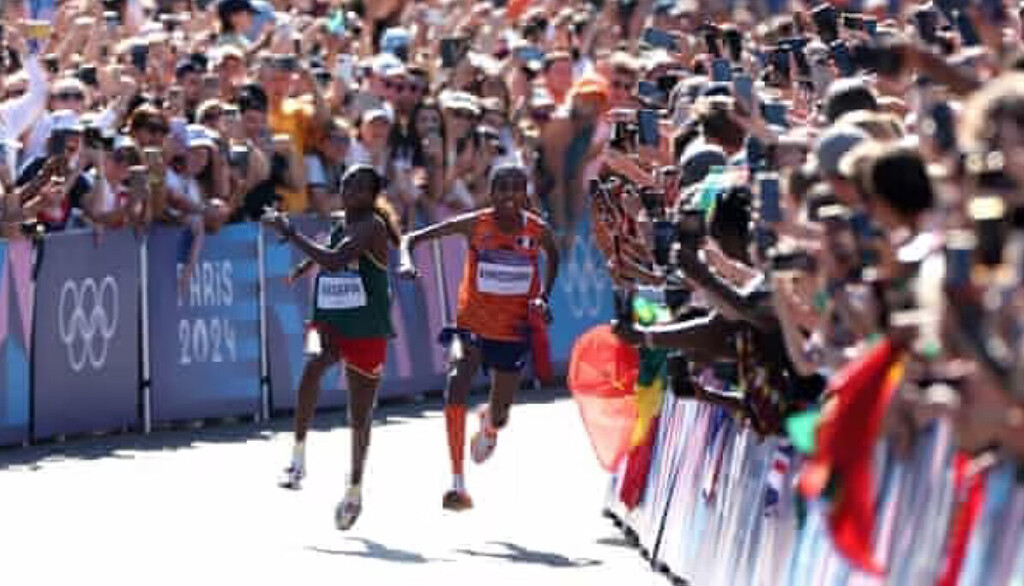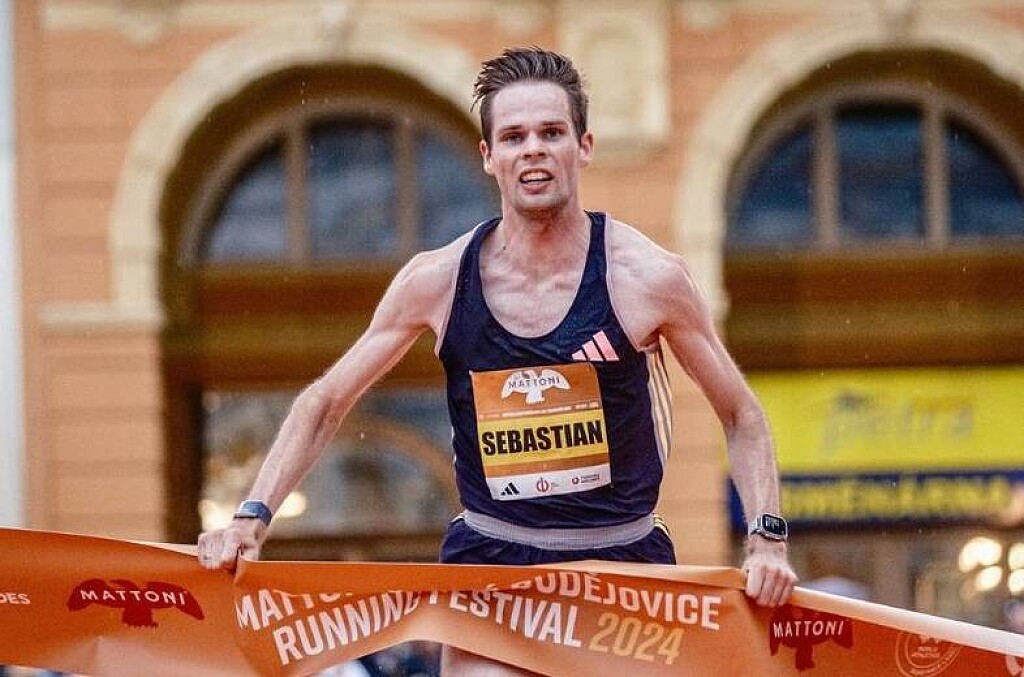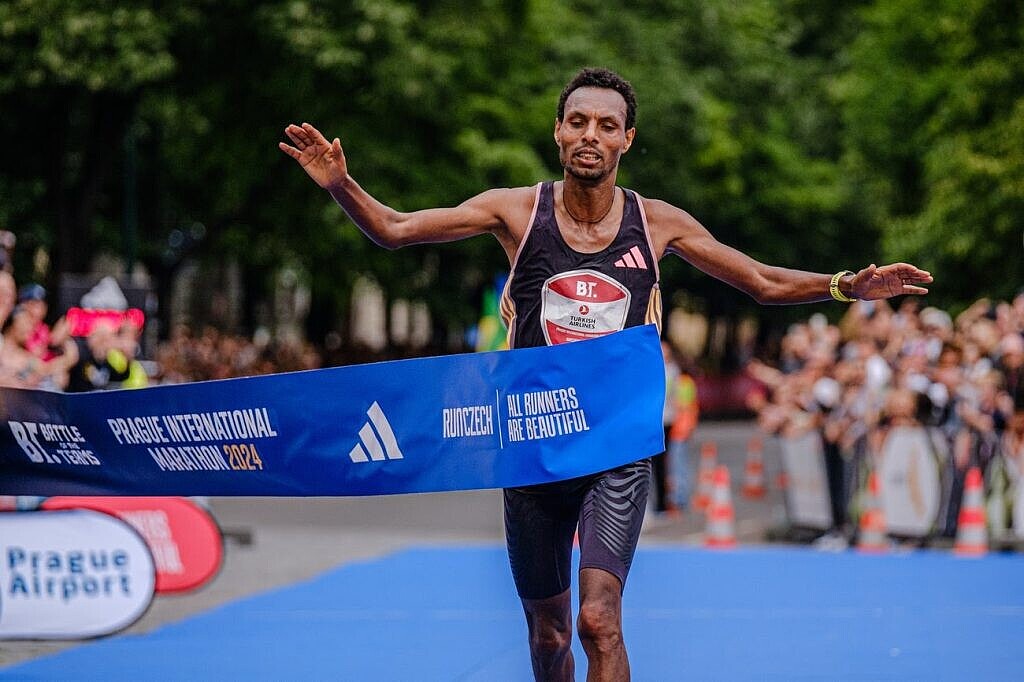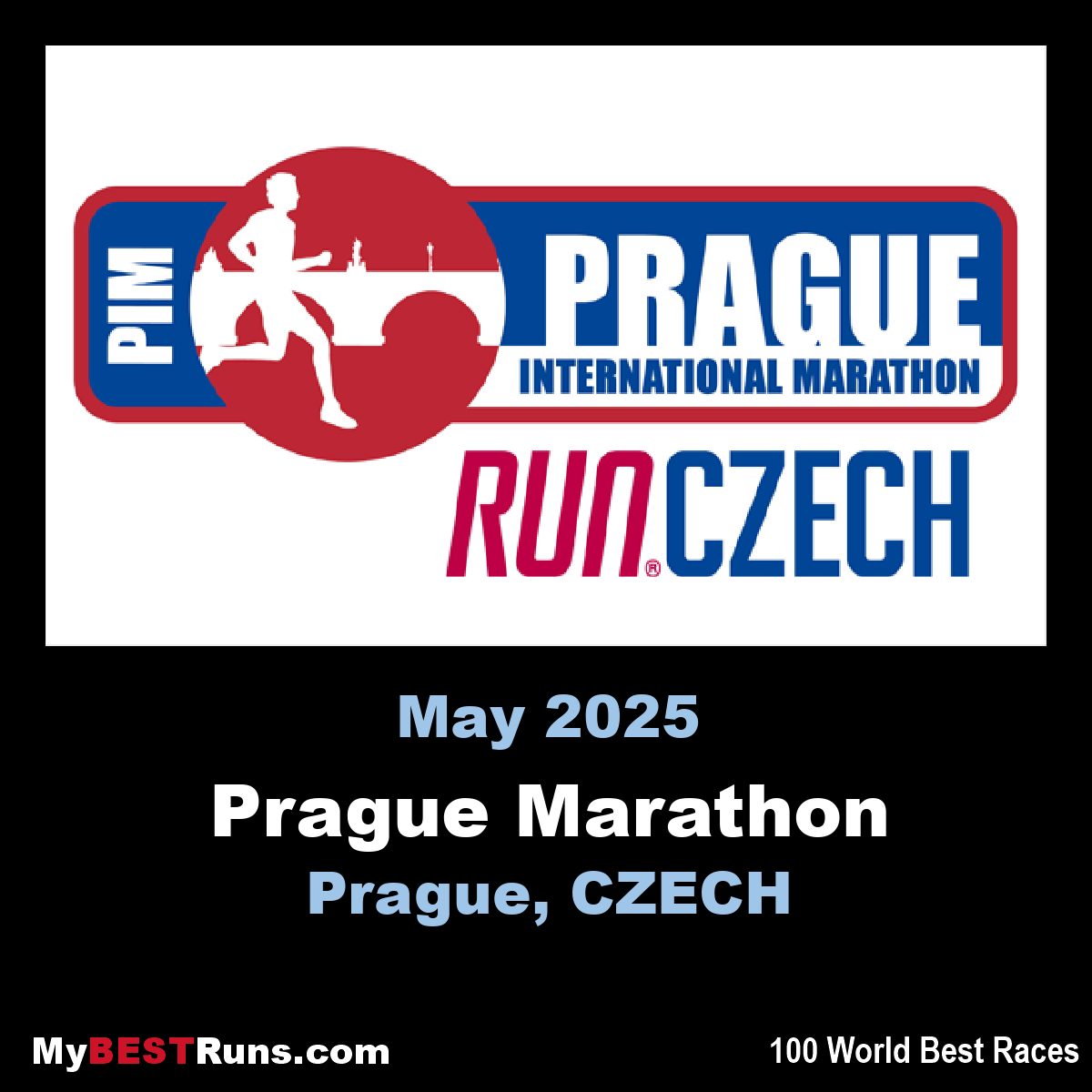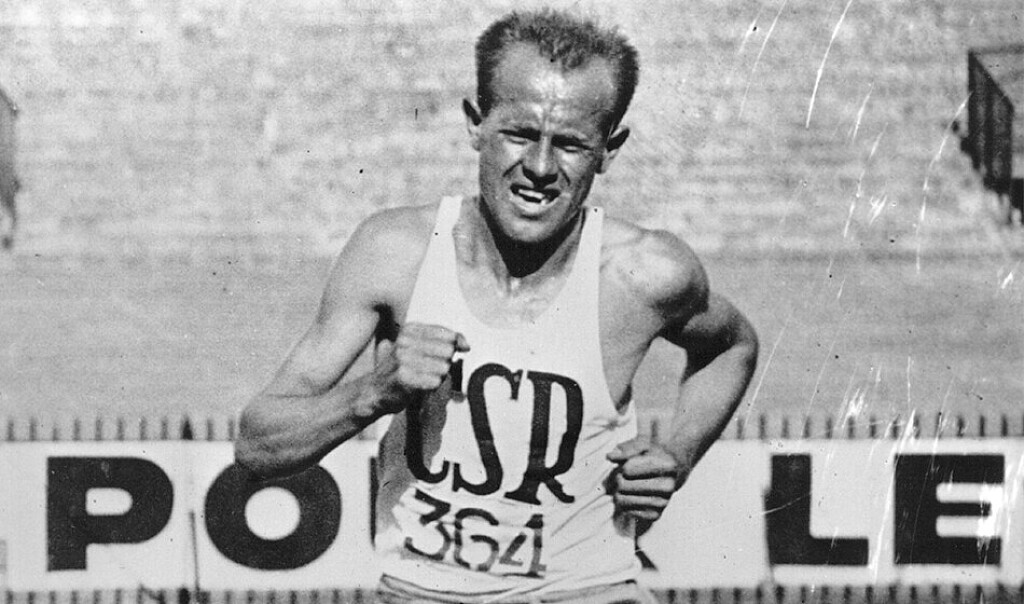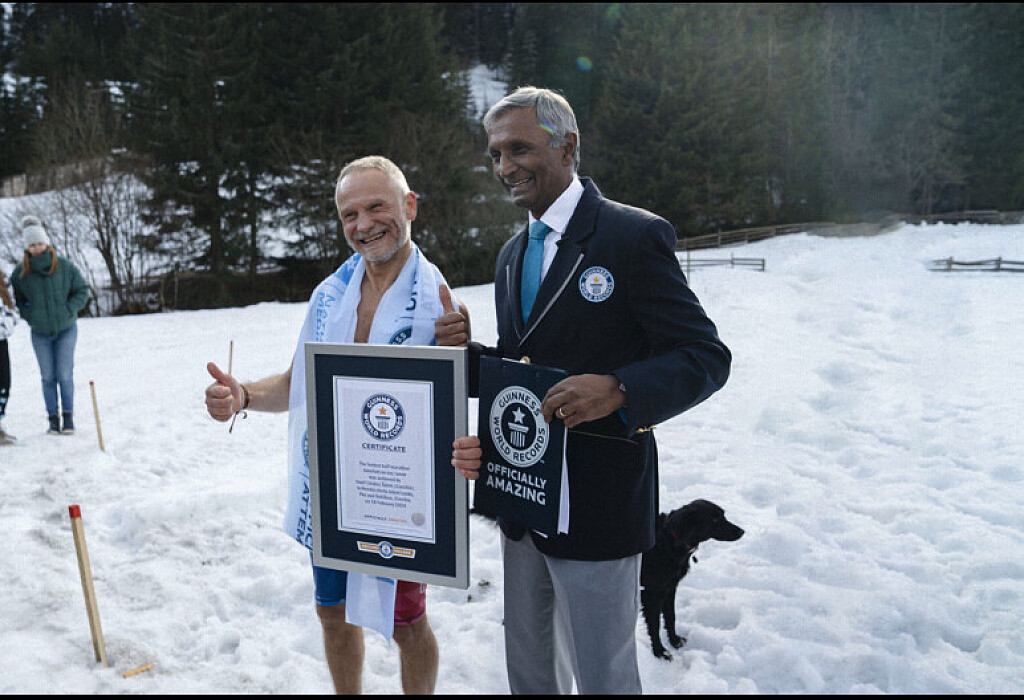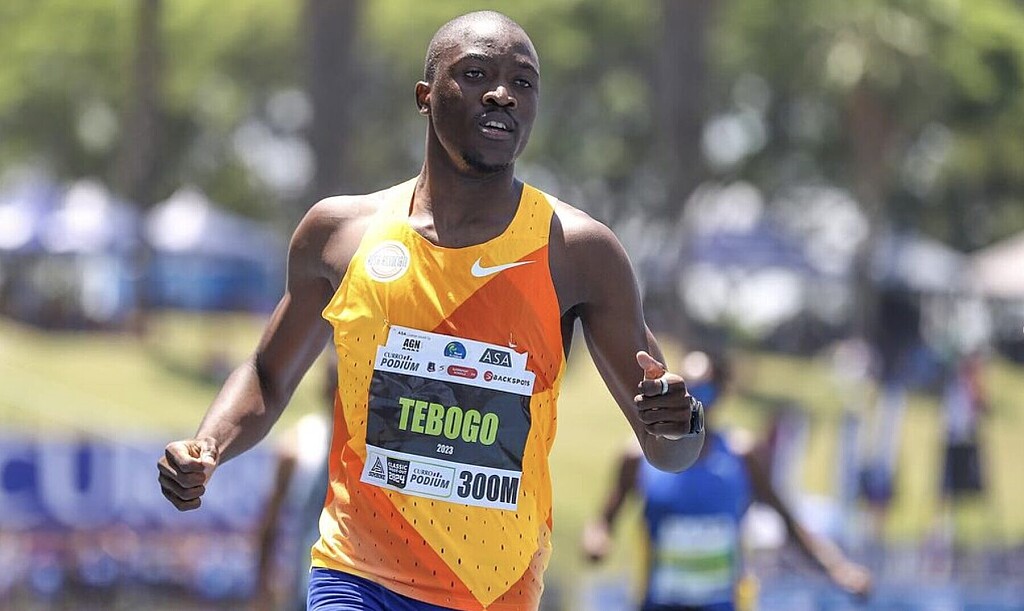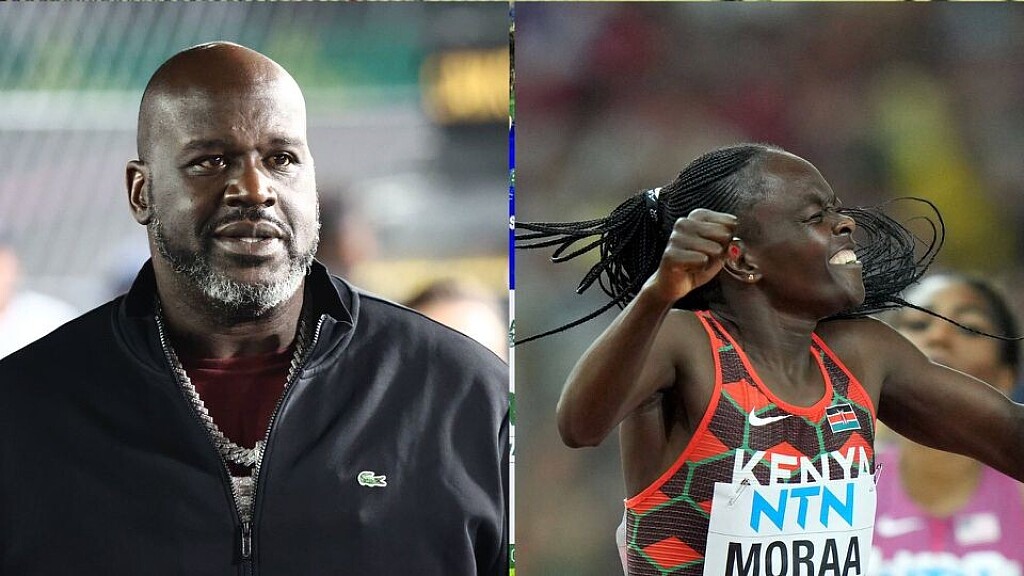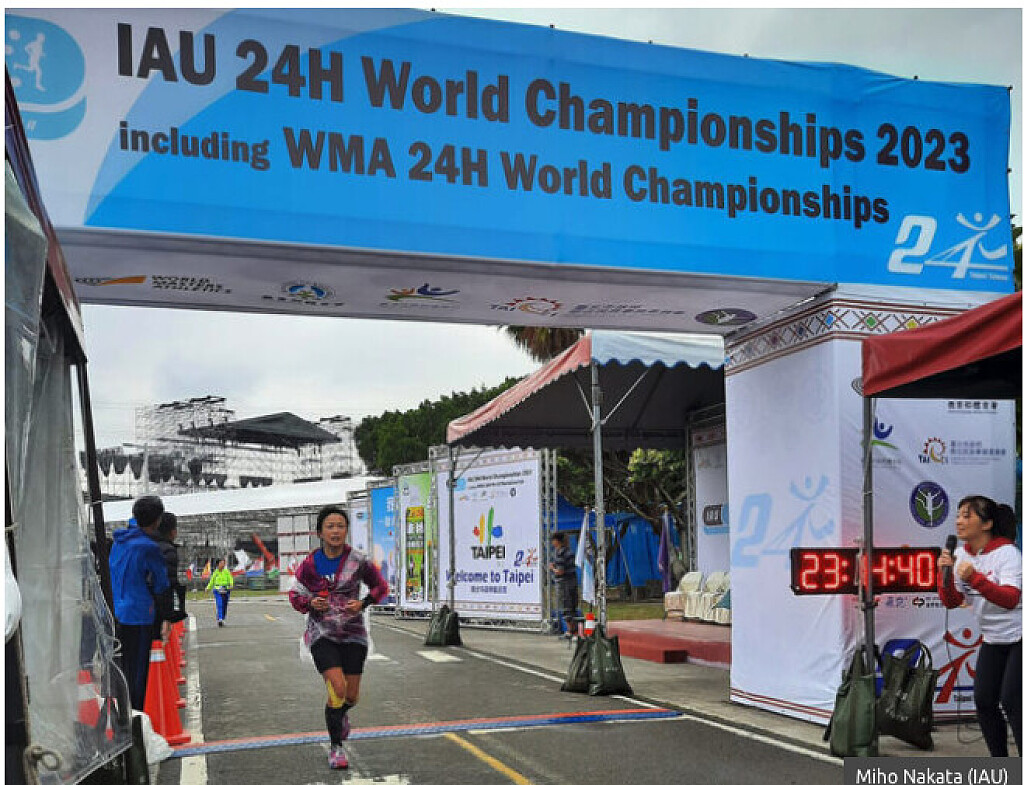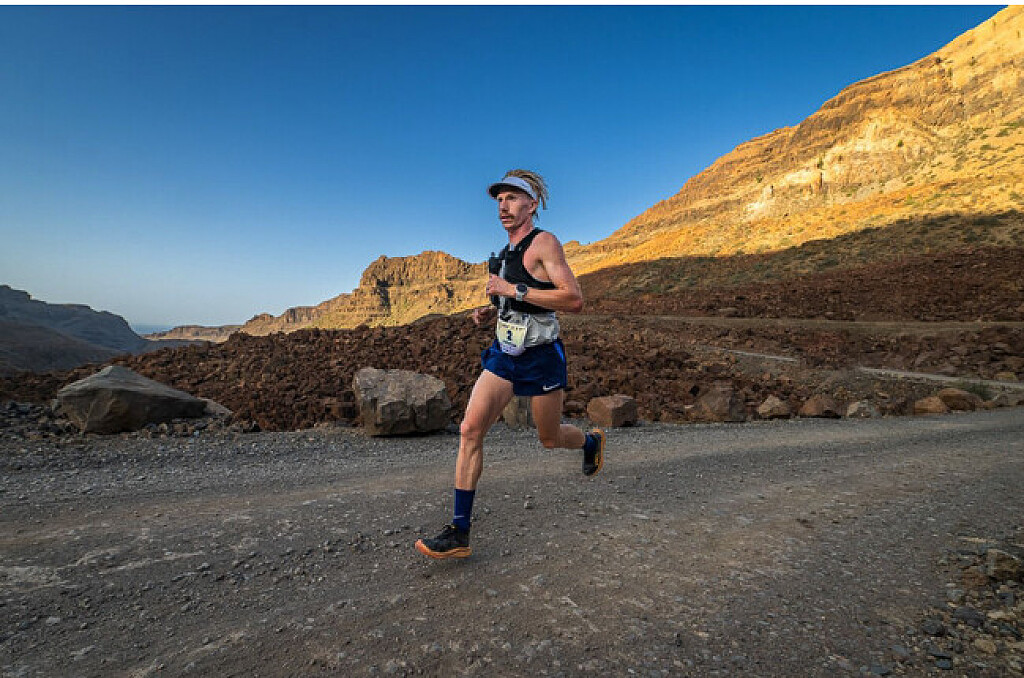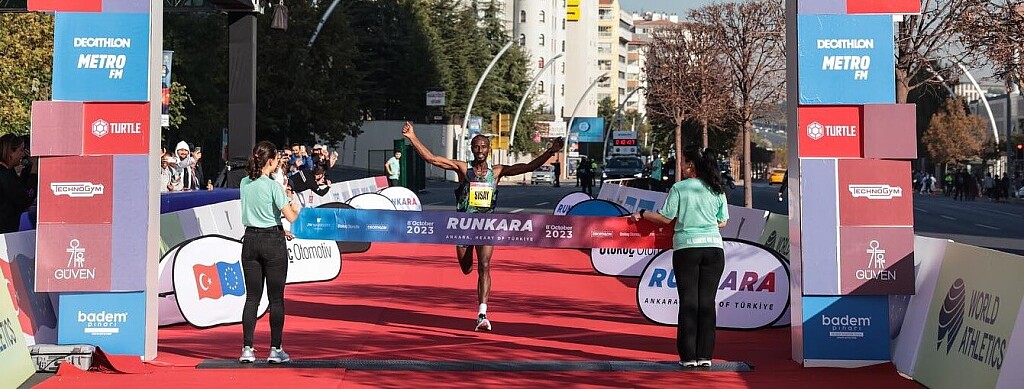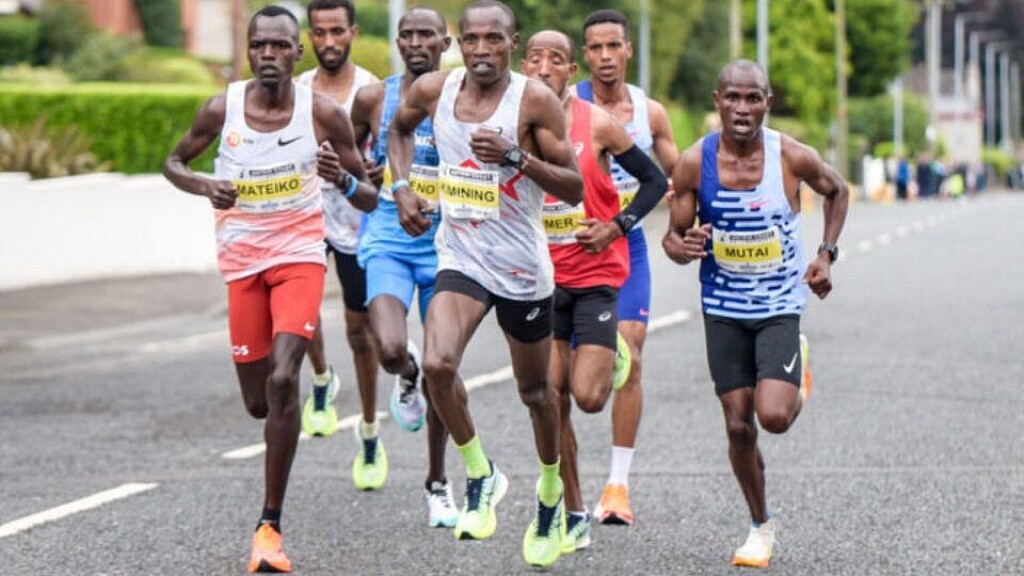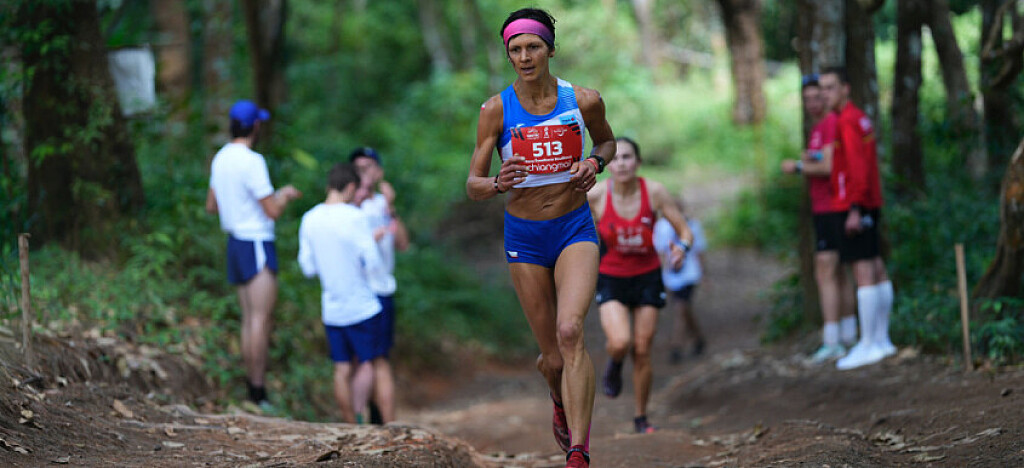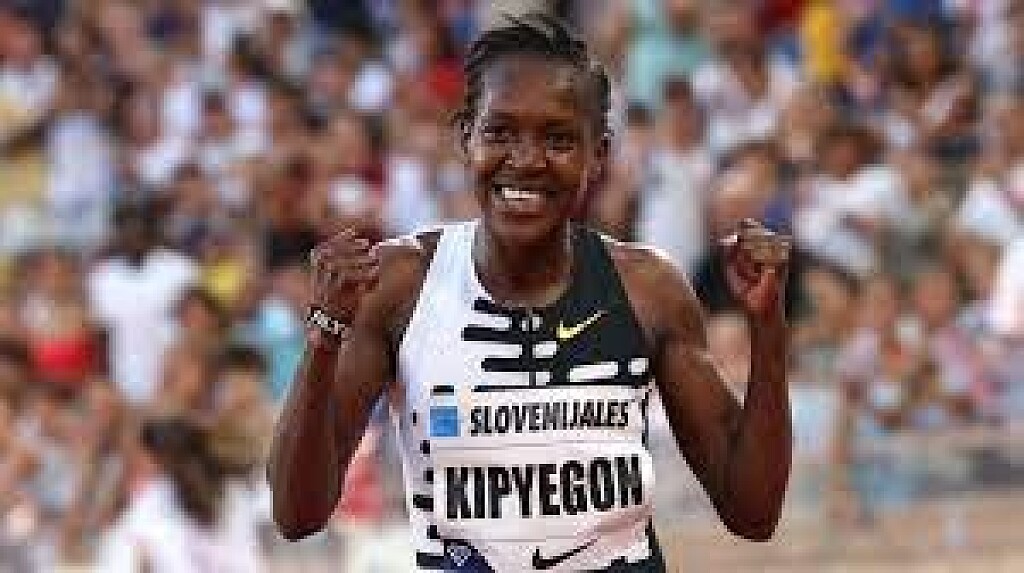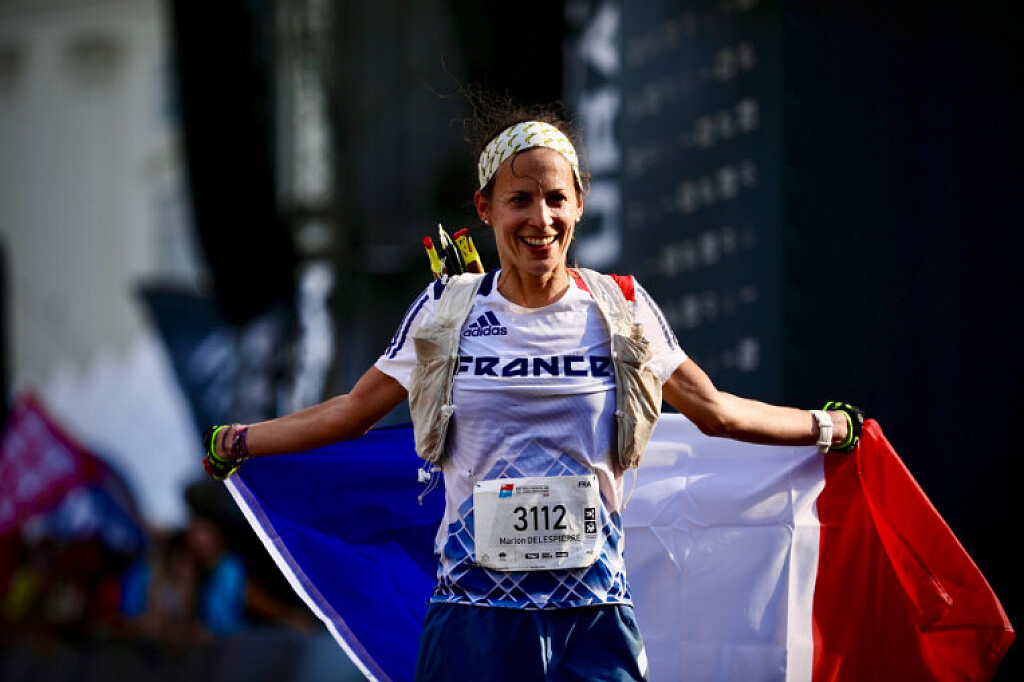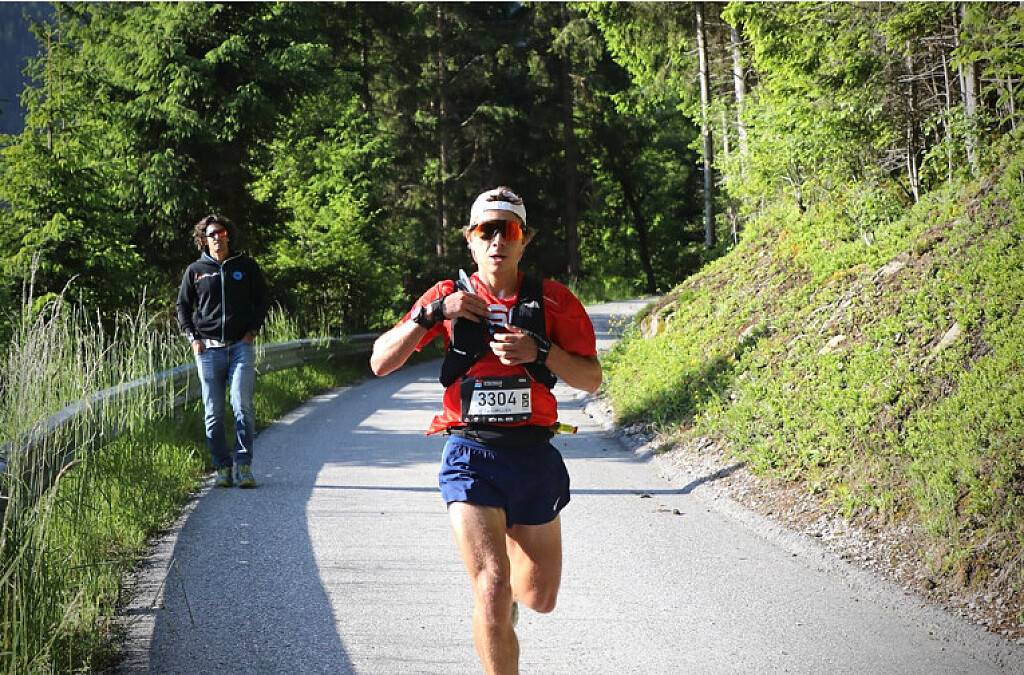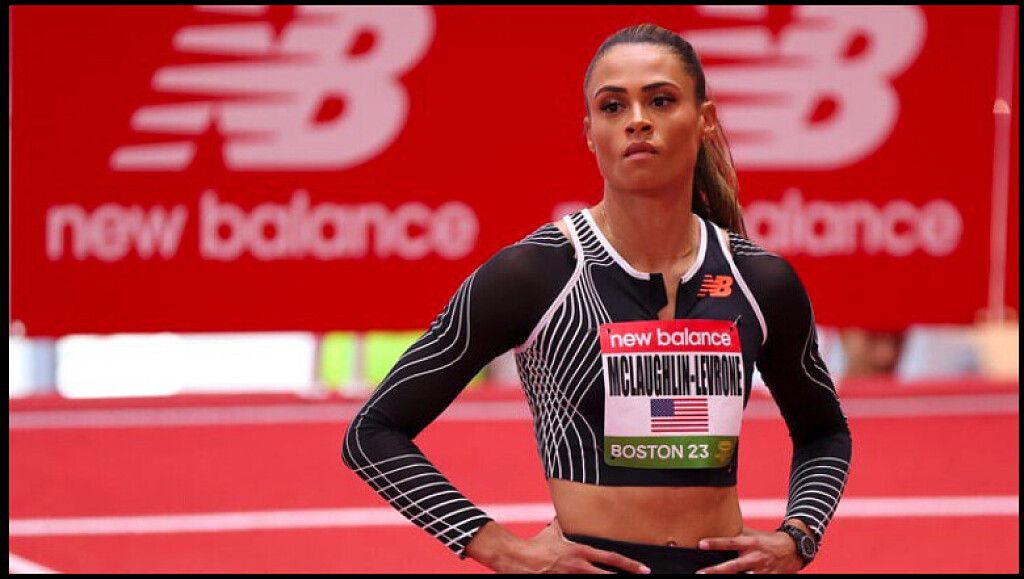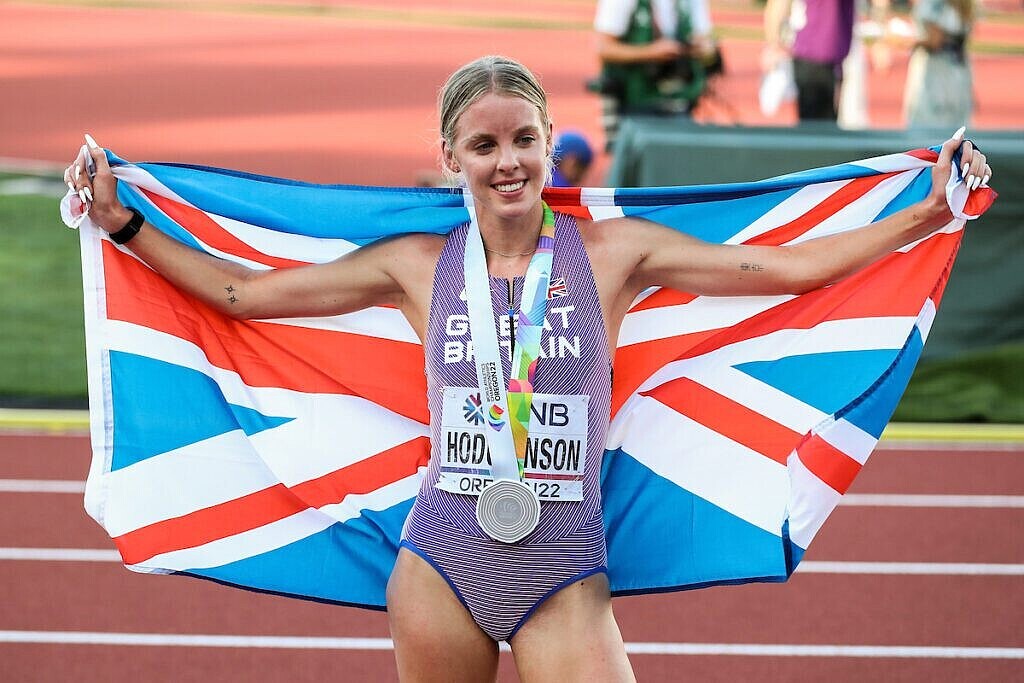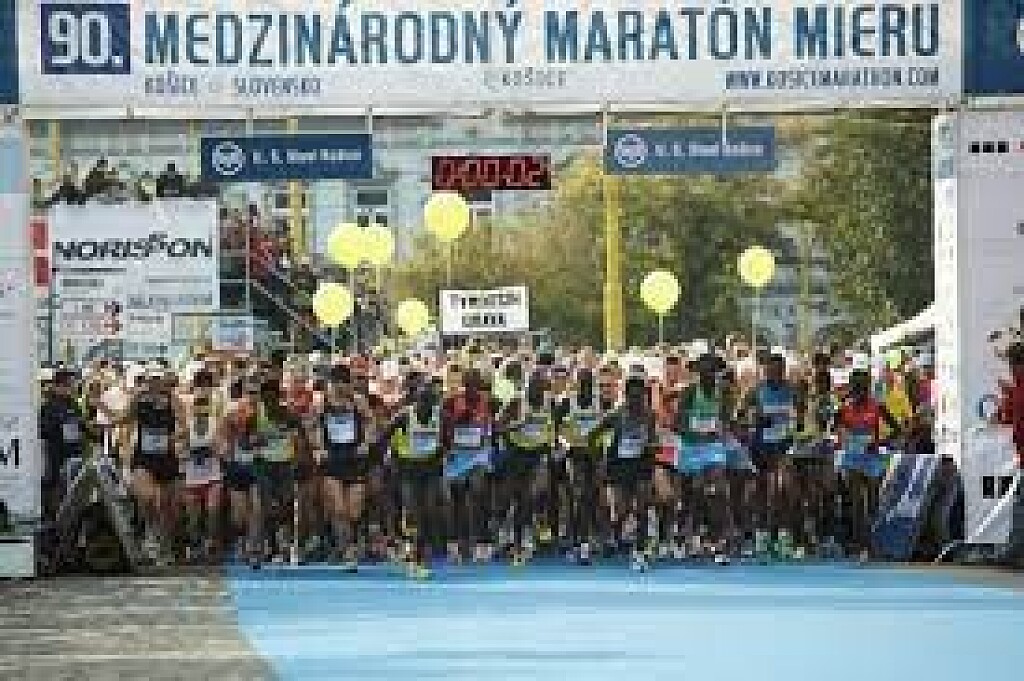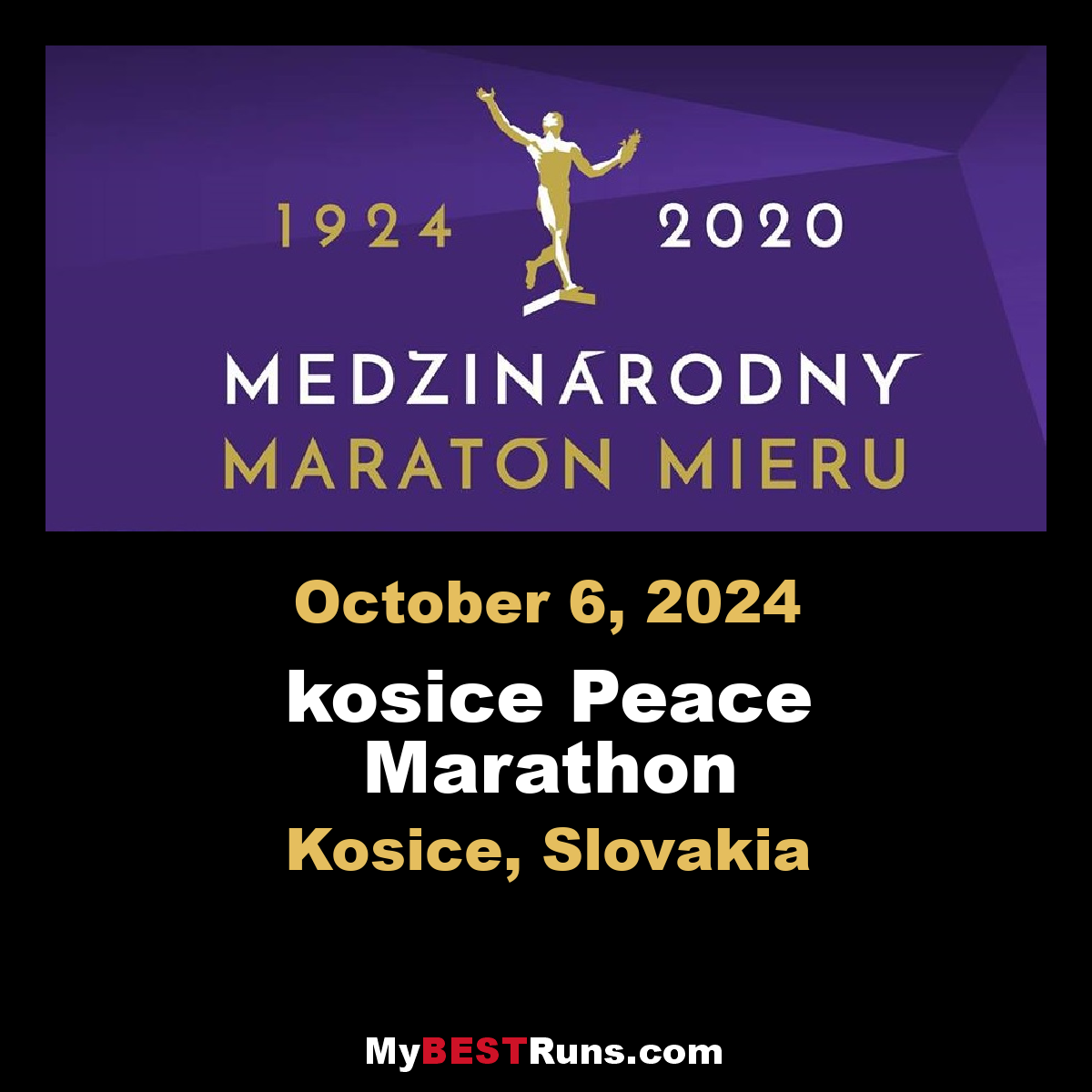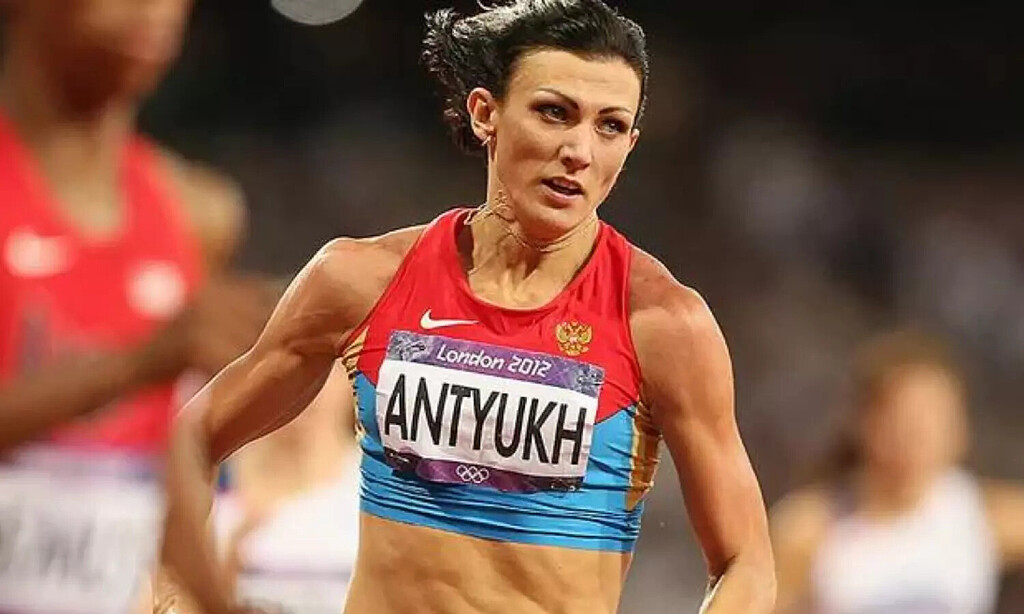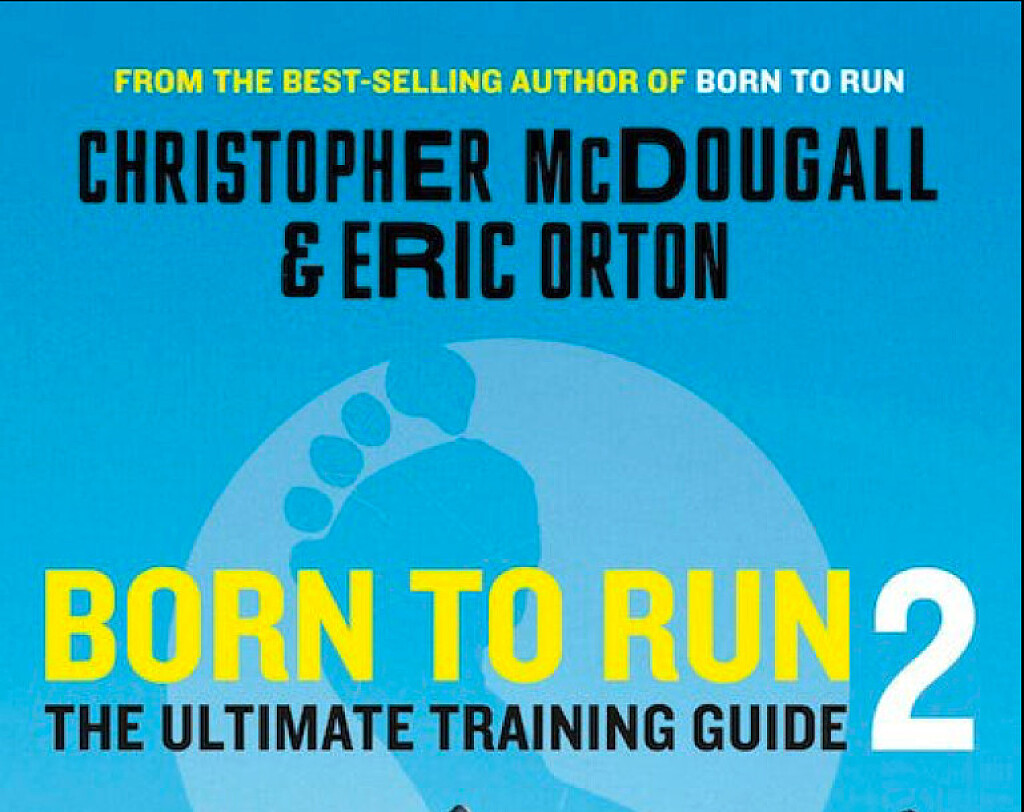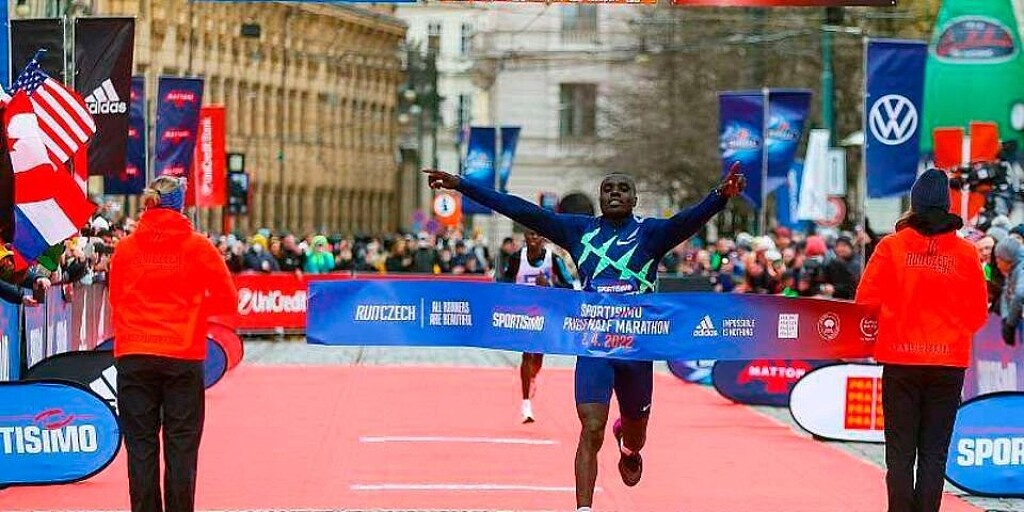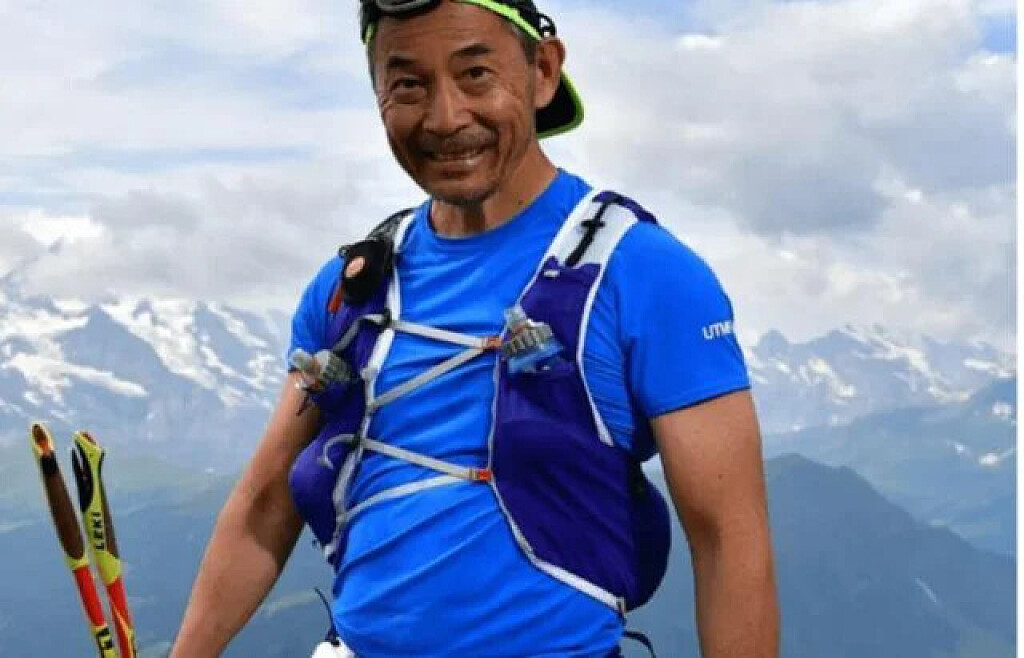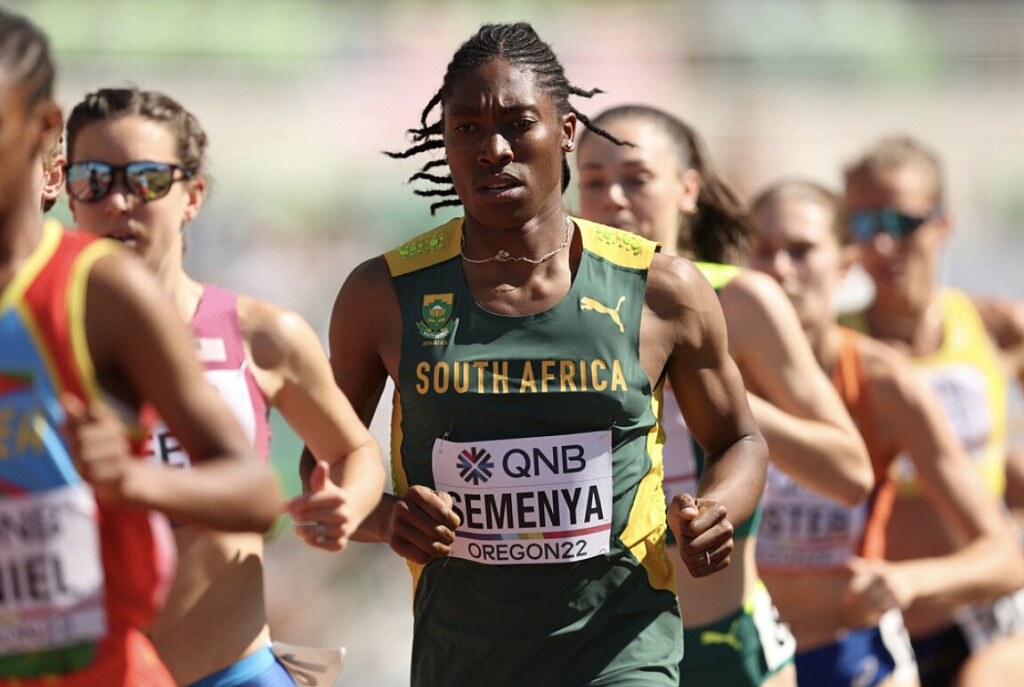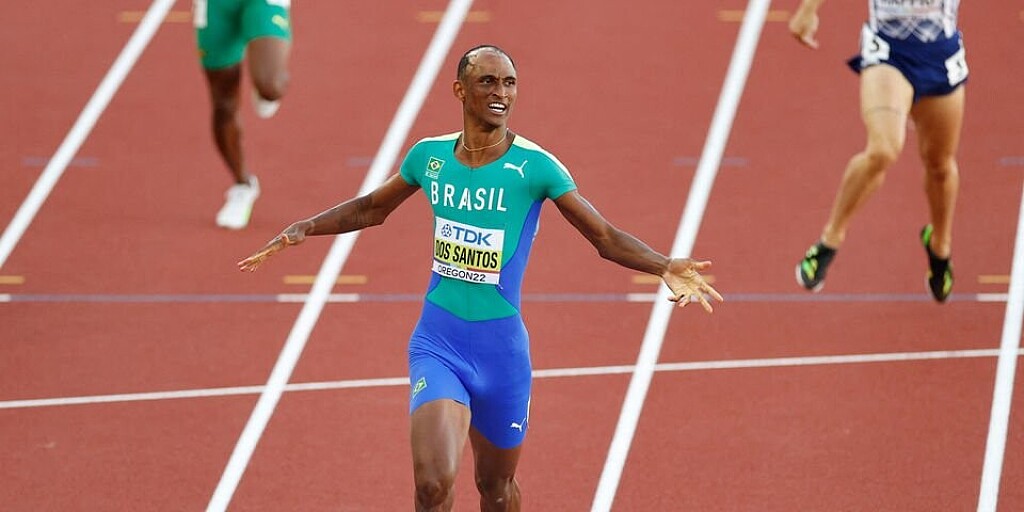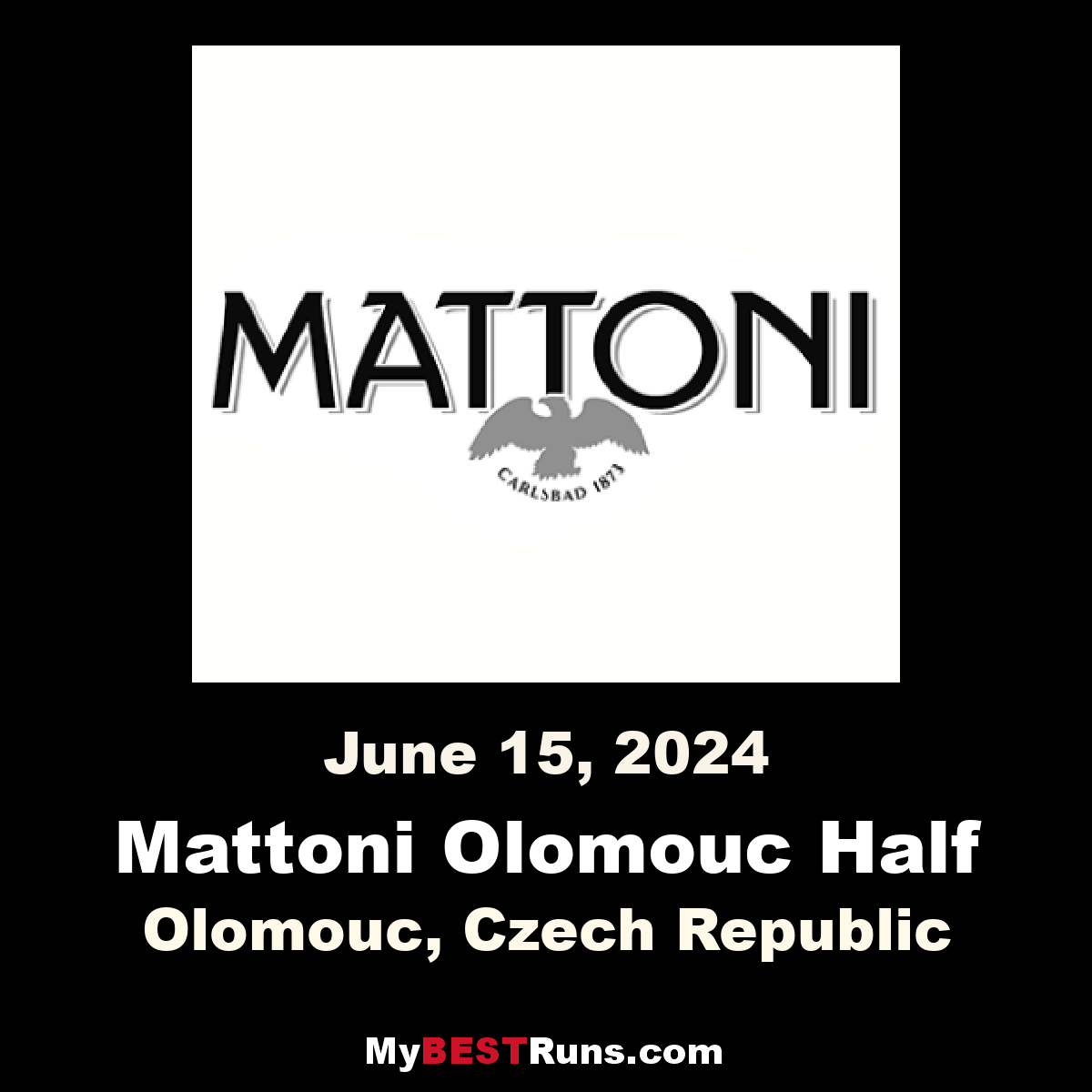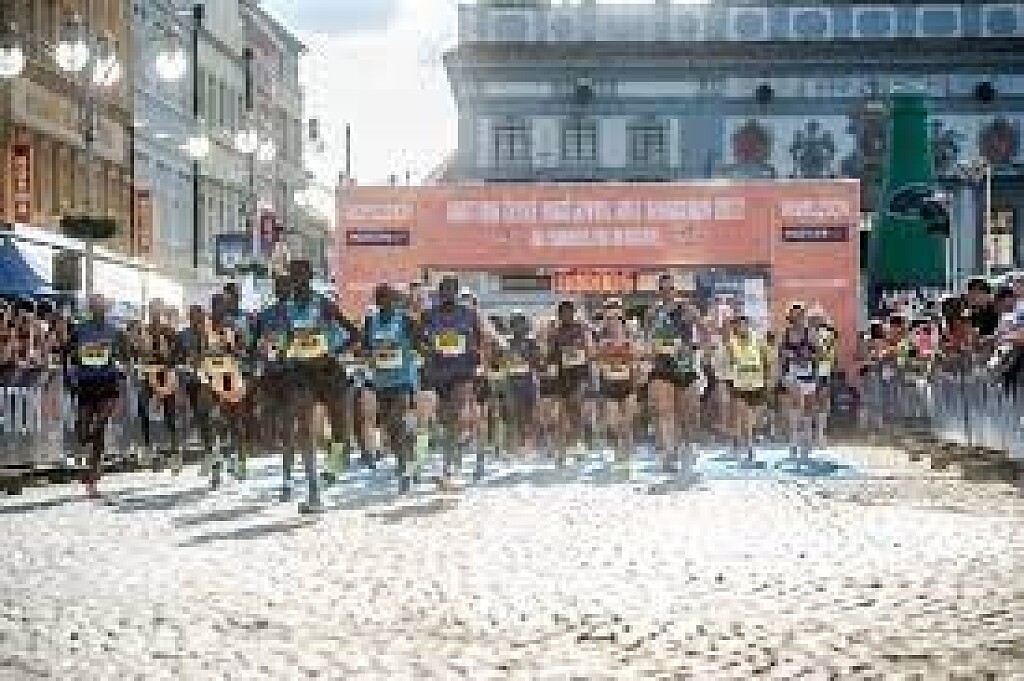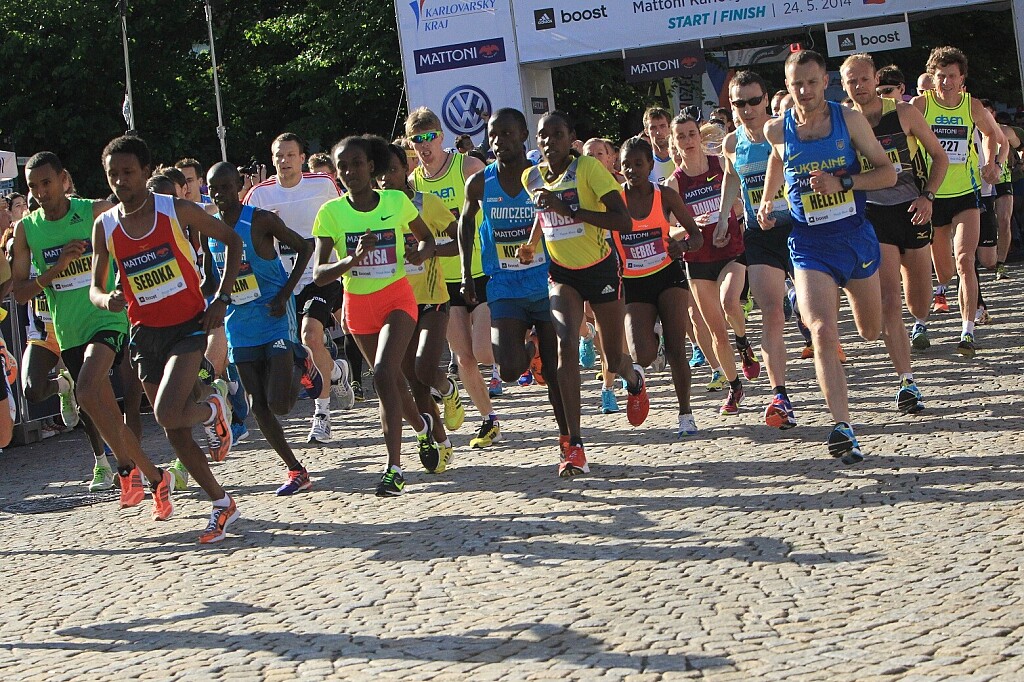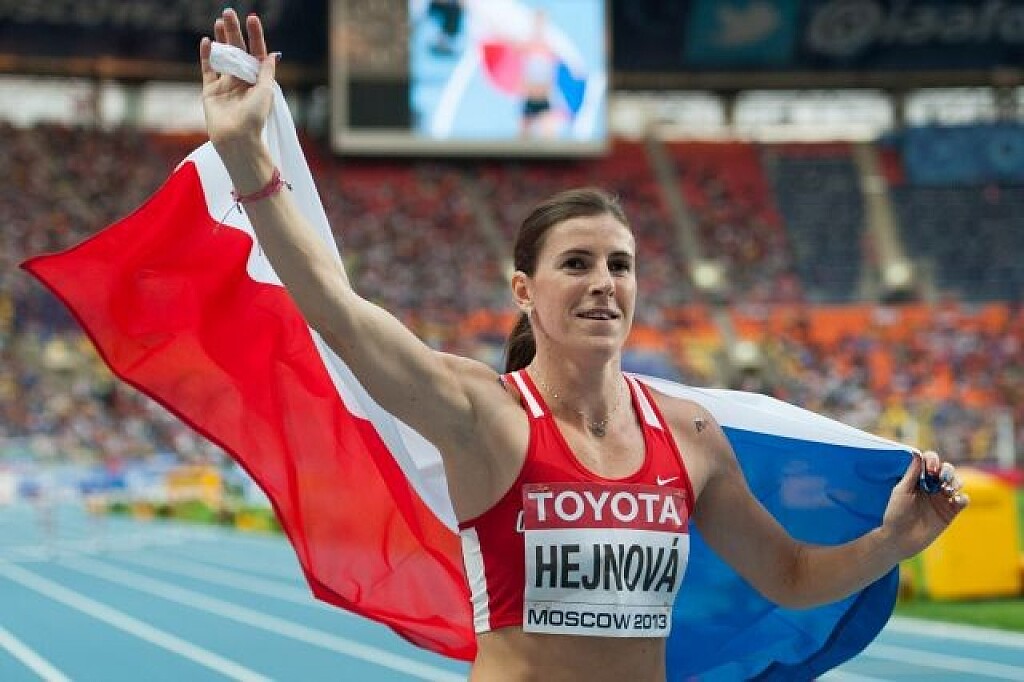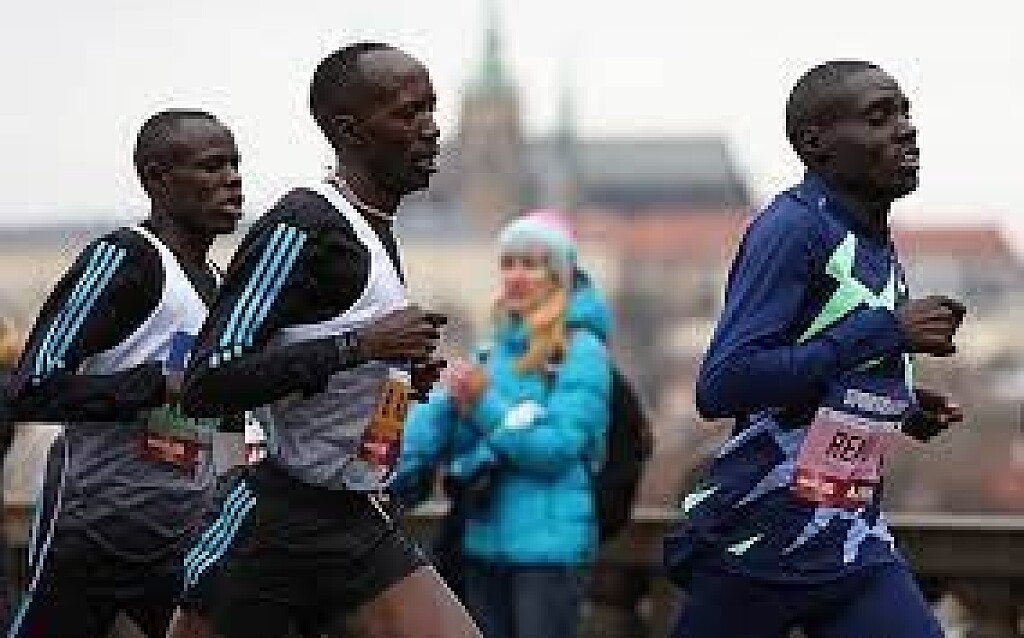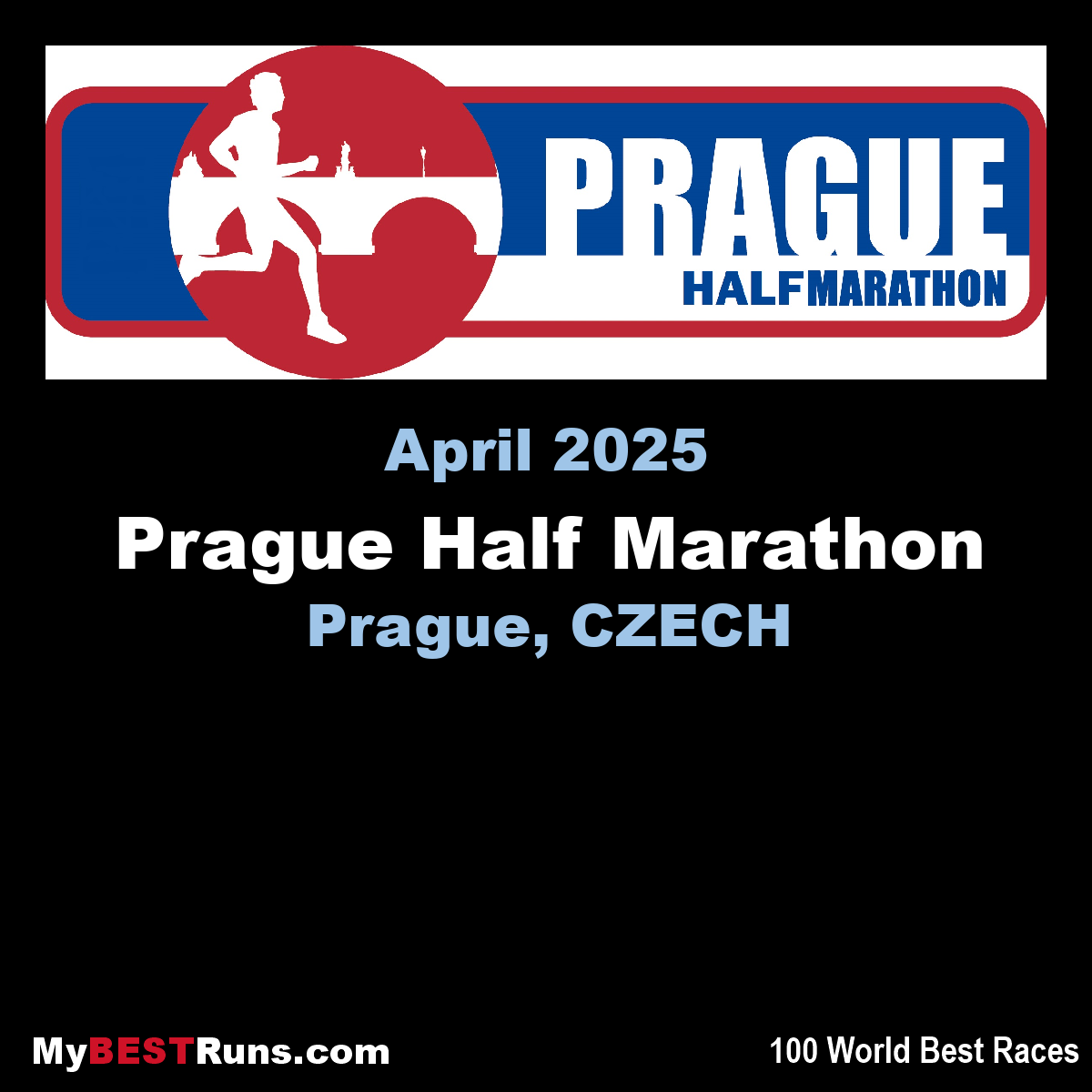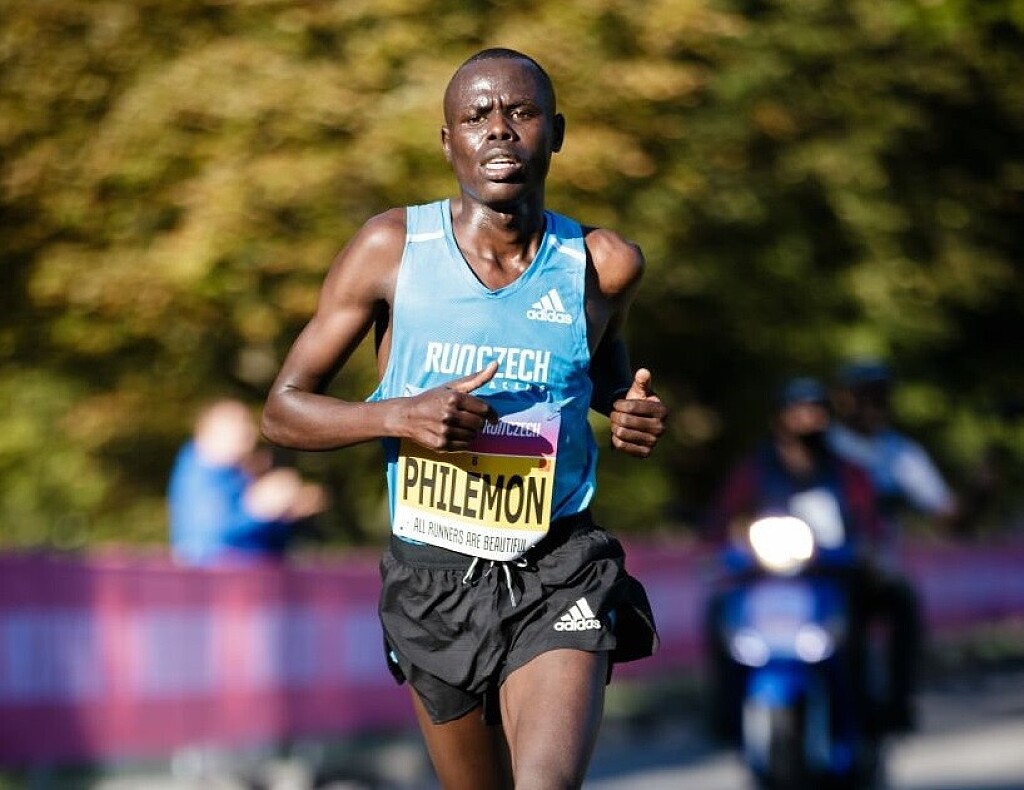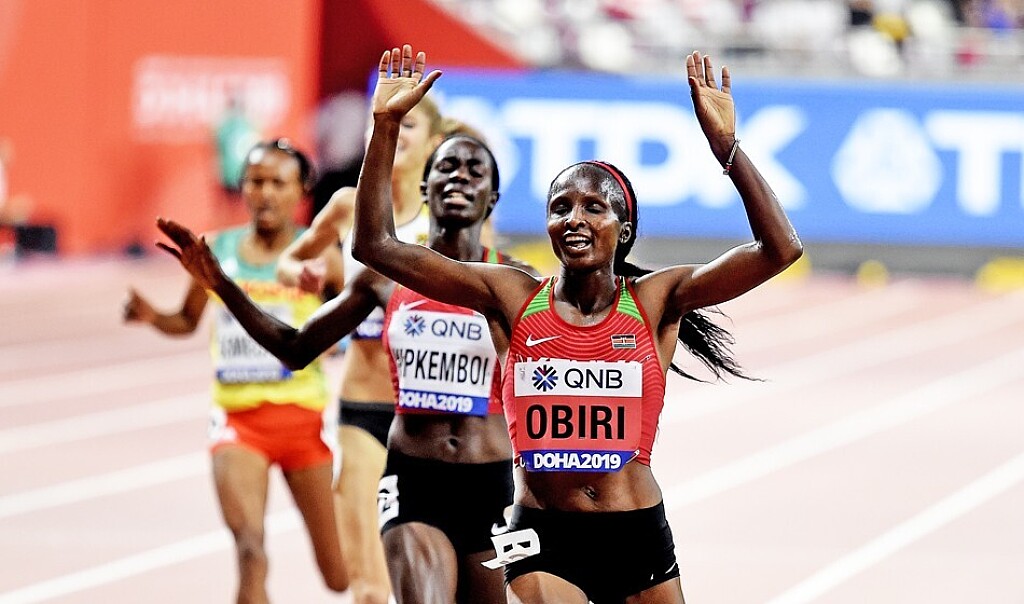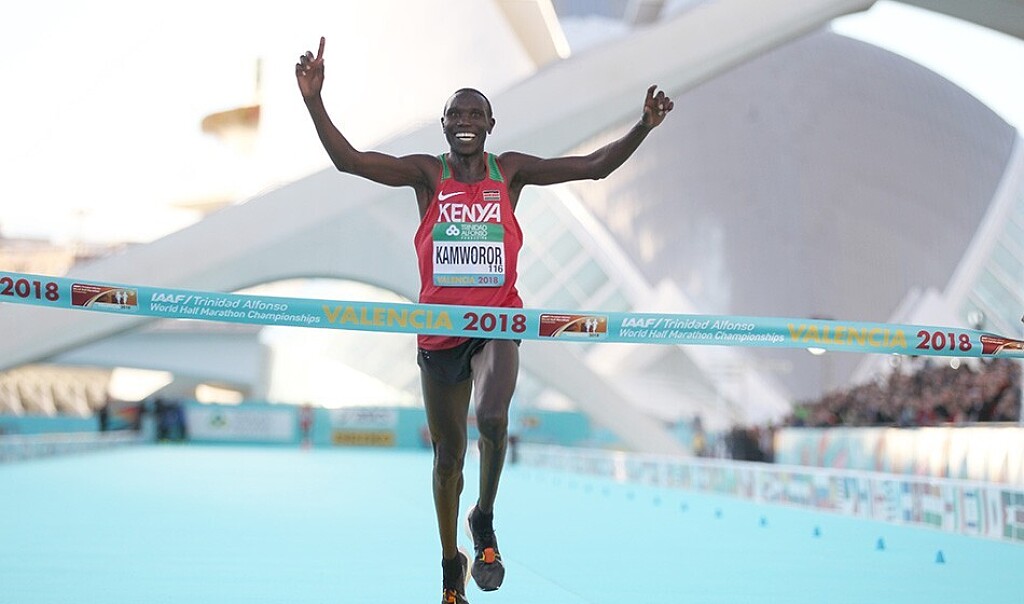Running News Daily
Running News Daily is edited by Bob Anderson. Send your news items to bob@mybestruns.com Advertising opportunities available. Train the Kenyan Way at KATA Kenya and Portugal owned and operated by Bob Anderson. Be sure to catch our movie A Long Run the movie KATA Running Camps and KATA Potato Farms - 31 now open in Kenya! https://kata.ke/
Index to Daily Posts · Sign Up For Updates · Run The World Feed
Articles tagged #Czech
Today's Running News
South Africa's Prudence Sekgodiso Closes in on 800m World Lead
Prudence Sekgodiso of South Africa is charging toward the top of the global women’s 800m leaderboard with a sizzling time of 1:57.16, recorded in the 2025 season. As of July 4, this places her second on the current world list—trailing only Ethiopia’s Duguma, who leads with 1:56.64.
Sekgodiso’s breakthrough has sent waves through the athletics world, as seen in a recent viral post by SuperSport celebrating her ascent. The 800m is one of the most fiercely contested events in track and field, and Sekgodiso’s consistency and fearless racing style are positioning her as a serious medal contender ahead of the Paris World Championships and potentially the Olympics.
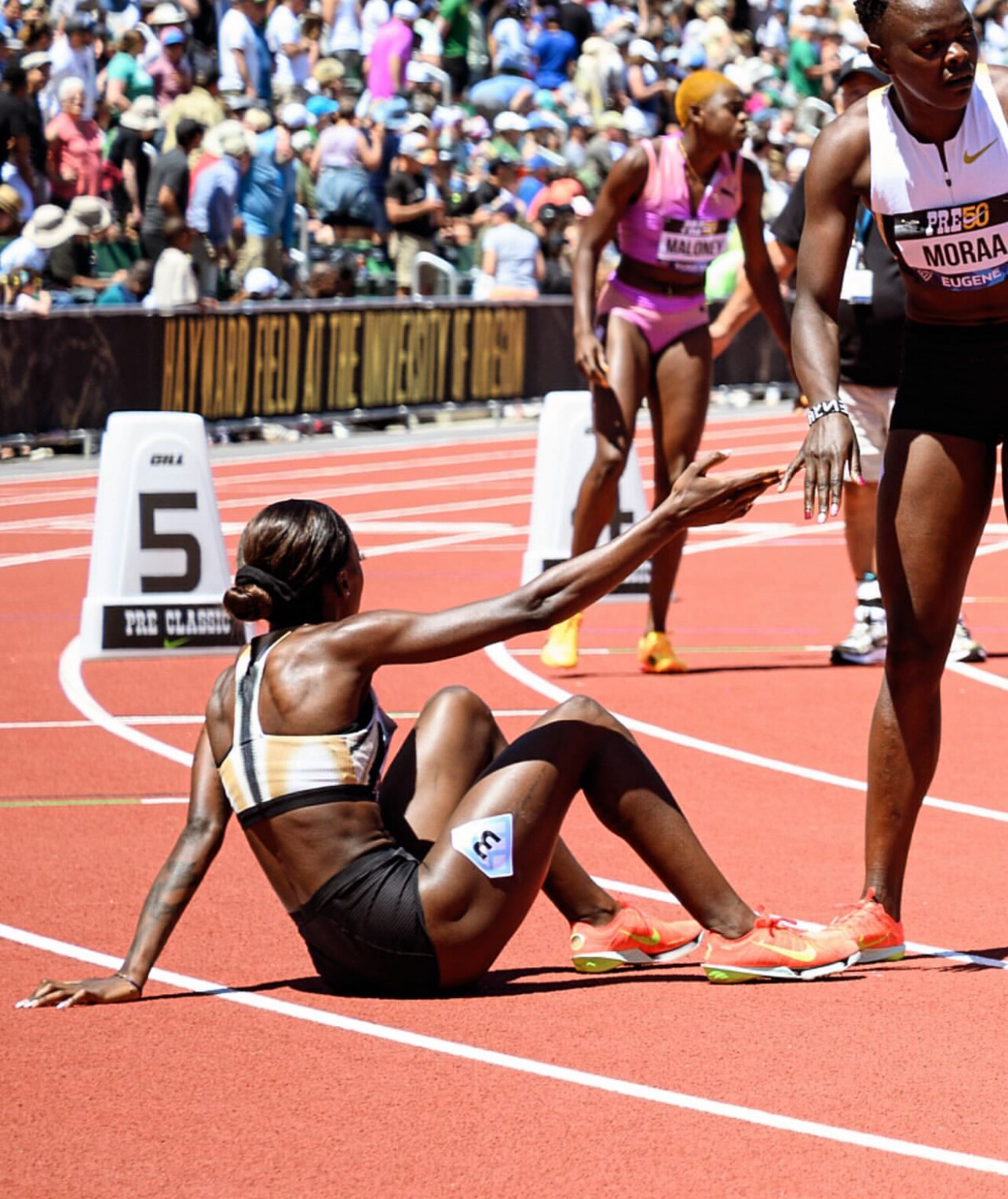
? Top 10 Women’s 800m Times in 2025 (as of July 4):
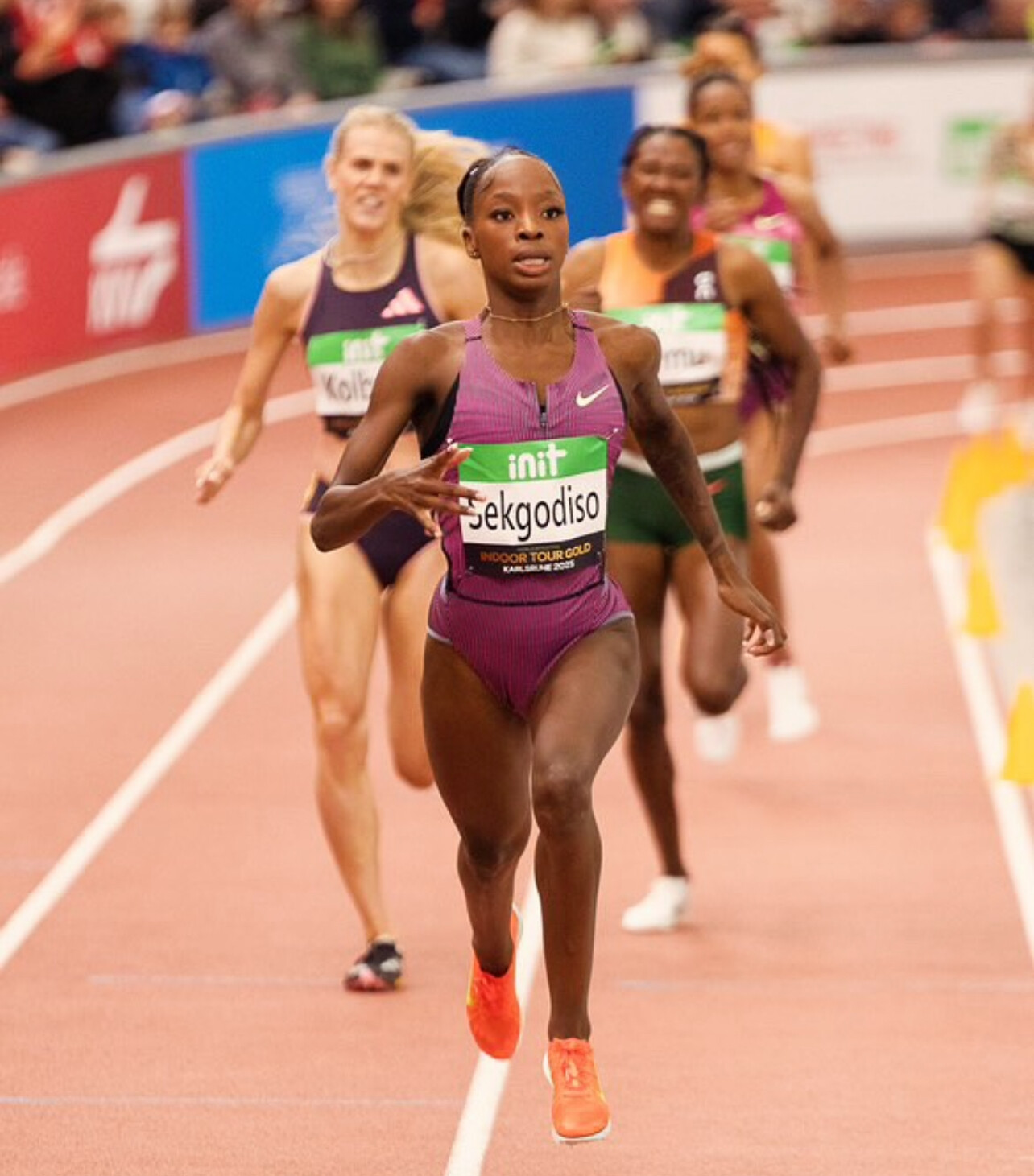
1. 1:56.64 – Duguma
2. 1:57.16 – Sekgodiso
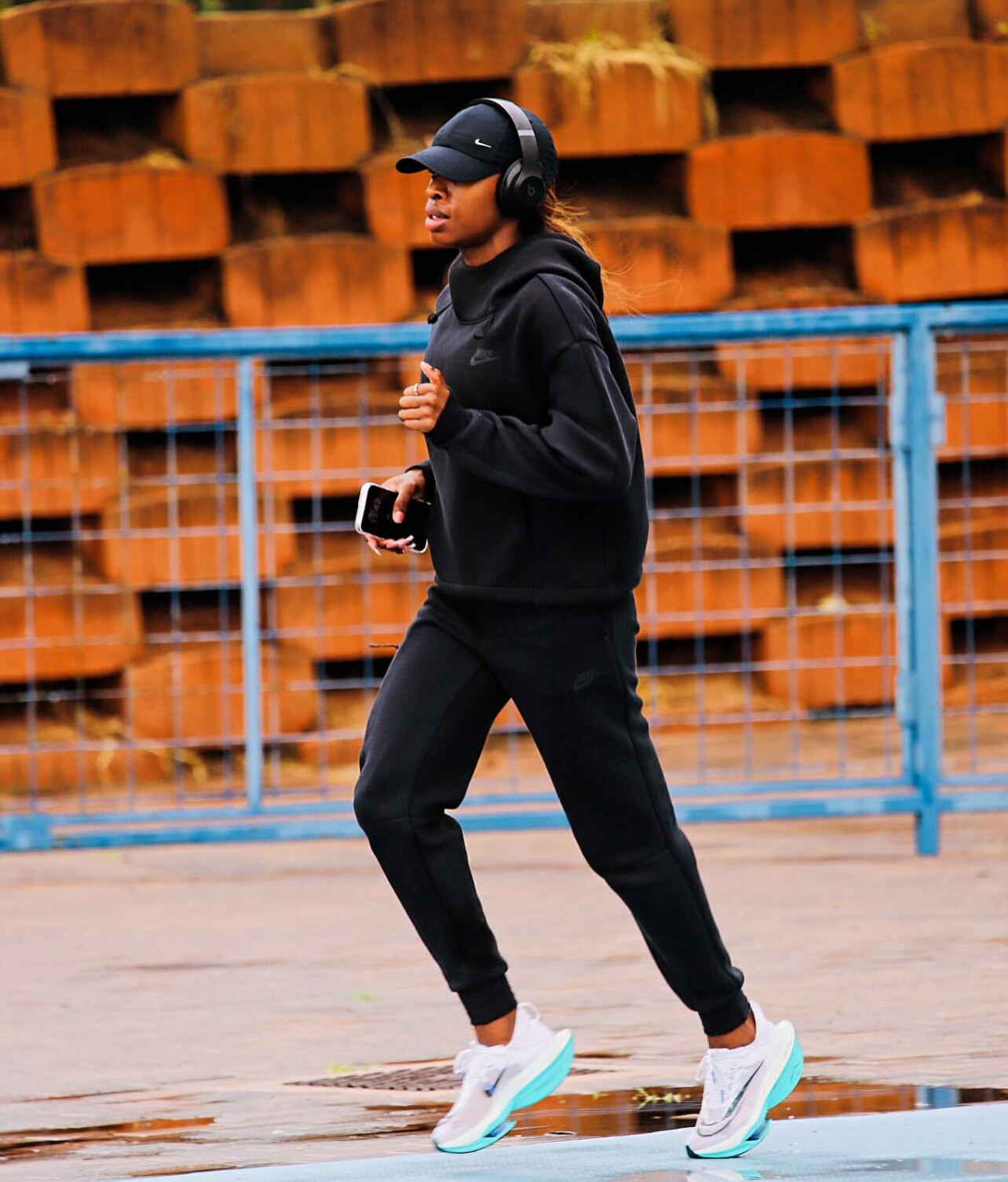
3. 1:57.25 – Werro
4. 1:57.49 – Nowe
5. 1:57.55 – Wiley
6. 1:57.66 – Bell
7. 1:57.81 – Bourgoin
8. 1:57.83 – Billings
9. 1:57.83 – Moraa
10. 1:58.00 – Maloney
How Sekgodiso Measures Up Historically:
The women’s 800m world record still stands at 1:53.28, set by Jarmila Kratochvílová of Czechoslovakia in 1983—a mark that has stood for over 40 years and is widely considered one of the most unbreakable in athletics. Only a handful of women have ever run under 1:55, including:
• Jarmila Kratochvílová (CZE) – 1:53.28 (1983)
• Nadezhda Olizarenko (URS) – 1:53.43 (1980)
• Pamela Jelimo (KEN) – 1:54.01 (2008)
• Caster Semenya (RSA) – 1:54.25 (2018)
Prudence Sekgodiso's 1:57.16 may not yet challenge these all-time performances, but it signals her potential to enter the elite sub-1:56 territory—especially with major races still ahead this season.
South Africa’s Next Middle-Distance Icon?
Following in the footsteps of Caster Semenya, Sekgodiso has reignited South Africa’s presence in the women’s 800m. At just 22 years old, she combines speed, endurance, and confidence, and her upward trajectory is undeniable.
As she continues her climb, all eyes will be on her next race. With every lap, Prudence Sekgodiso is narrowing the gap—not just between herself and the world leader, but also between today’s stars and history’s greats.
by Boris Baron
Login to leave a comment
The Untouchable Record: Jarmila Kratochvílová’s 800m Mark Still Stands 42 Years Later — But Should It?
In the fast-evolving world of athletics, records are made to be broken — except, it seems, for one. On July 26, 1983, in Munich, Czechoslovakia’s Jarmila Kratochvílová ran an astonishing 1:53.28 in the women’s 800 meters. Four decades later, that time remains the oldest unbroken individual world record in track and field history.
It has withstood super spikes, altitude training, hyper-focused coaching, and the world’s most gifted middle-distance runners. Olympic champions like Caster Semenya and Athing Mu have come close, but none have truly threatened it. Which begs the question — how did a performance like this come to be? And should it still be recognized?
A Record Born in a Different Era
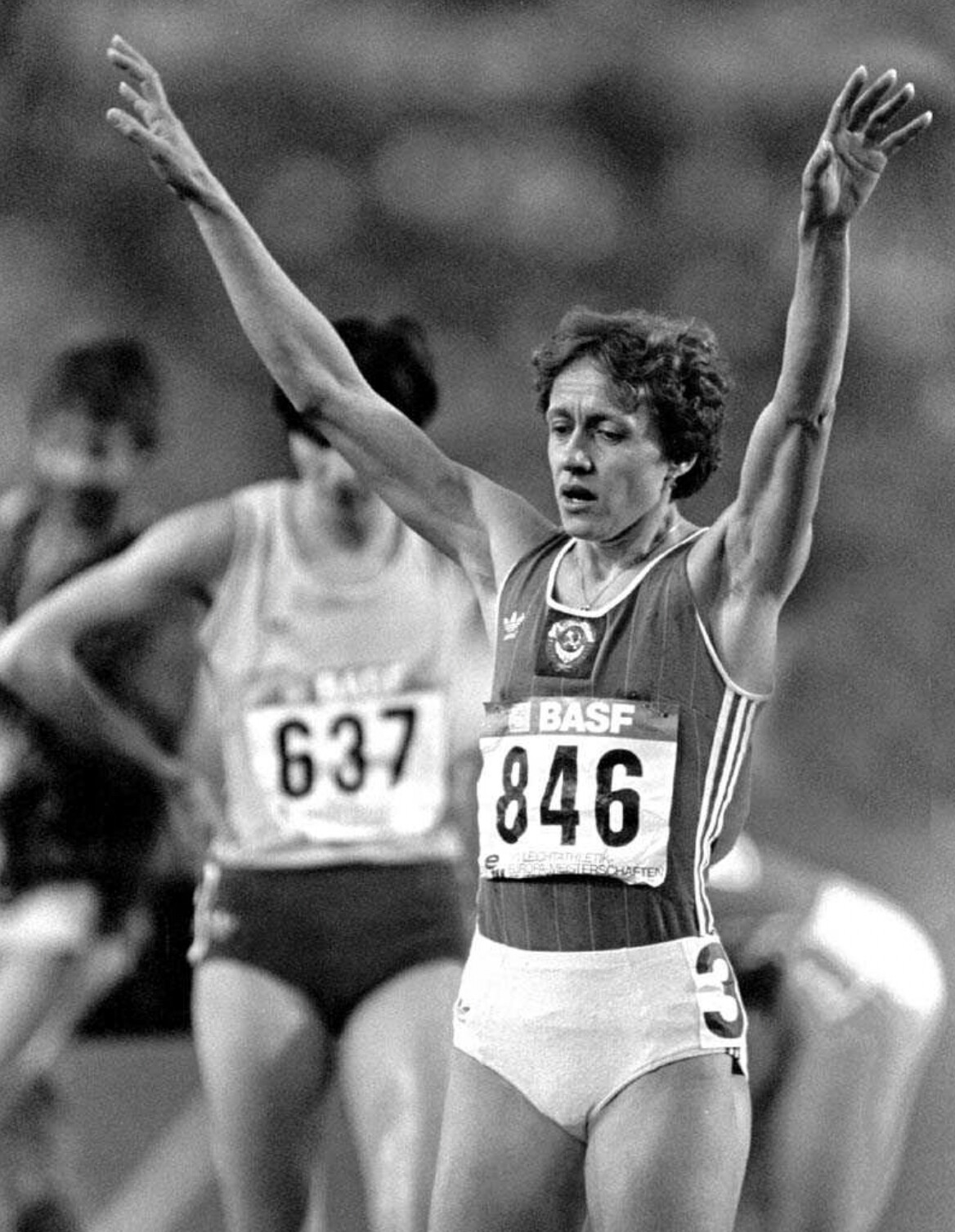
Kratochvílová’s performance came at a time when Eastern Bloc nations, including Czechoslovakia, were deep into state-sponsored sports programs. In that era, the line between elite preparation and banned enhancement was often blurred. Many athletes from that period, particularly from East Germany and the Soviet Union, have since admitted or been linked to systemic doping programs.
While there has been no formal proof that Kratochvílová used banned substances, the context raises suspicions. Her physical appearance — muscular, powerful, and more commonly compared to male counterparts than to female contemporaries — only added to the speculation. Combined with her unprecedented strength over both 400m and 800m distances, critics argue that the performance is not only unmatched, but possibly unnatural.
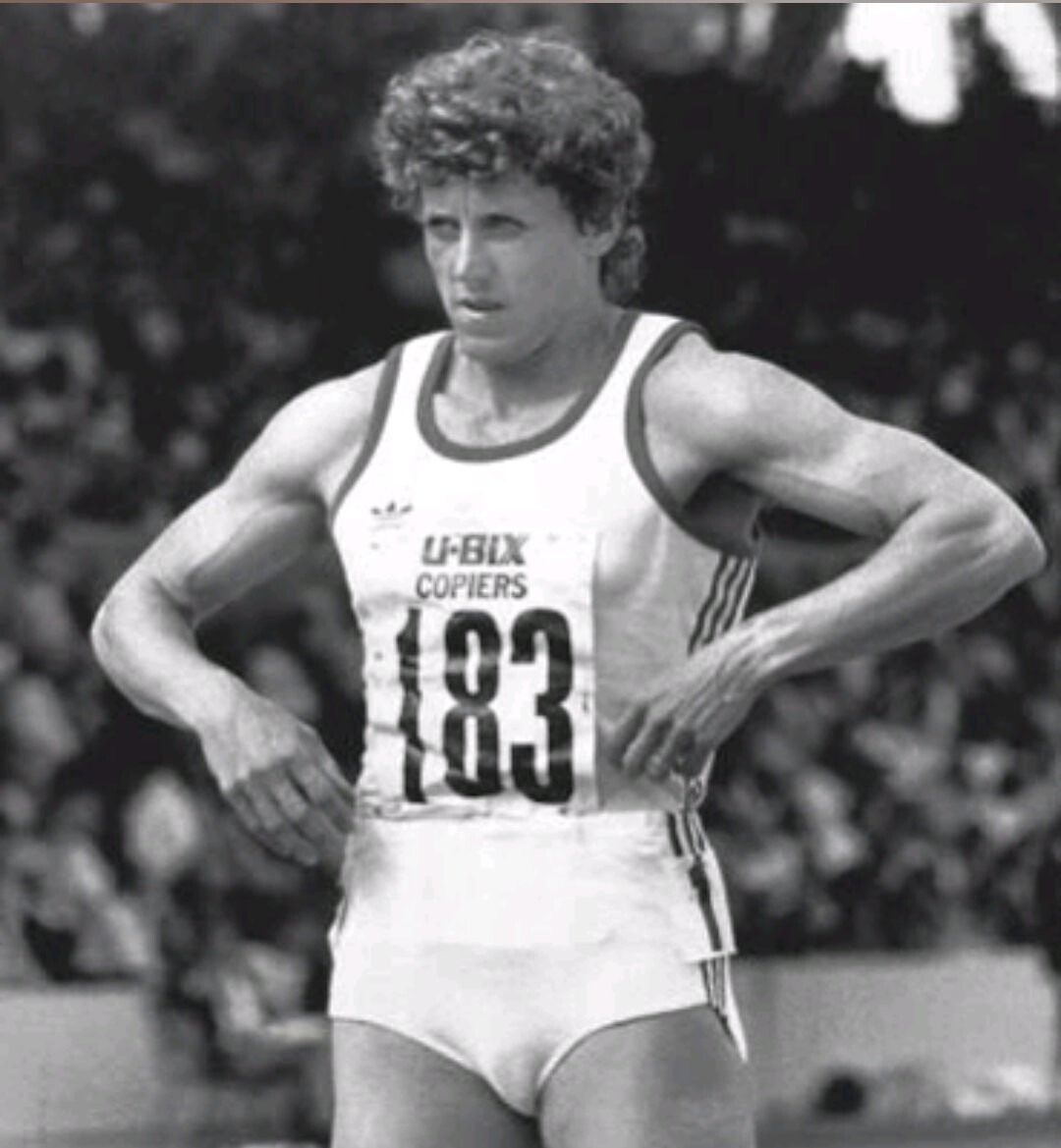
Why the Doubts Persist
• Performance Gap: Her time is still more than a second faster than most modern Olympic champions — a massive difference at the elite level.
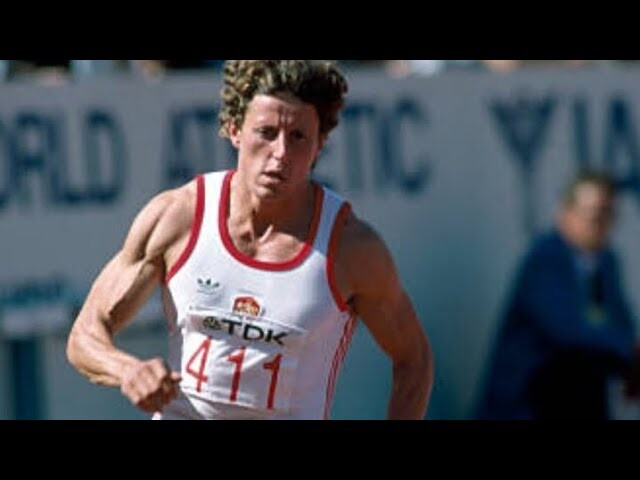
• Era of Doping: Kratochvílová competed during a time when drug testing was primitive and records were often set under questionable conditions.
• Physique & Speculation: Her highly muscular build and deep voice led some to question if she should have been eligible to compete in the women’s category — though gender testing at the time did not flag her.
• Lack of Longevity: After 1983, Kratochvílová’s presence at major championships waned. Some suggest this could point to the unsustainable nature of her peak performance.
Arguments for Letting It Stand
Supporters of the record, including Kratochvílová herself, insist that the performance was clean and the result of hard work and unconventional training. She famously avoided standard intervals and instead focused on long sessions in heavy shoes and rugged conditions. No positive test exists, and the record has survived decades of scrutiny by World Athletics.
Moreover, some point out that breaking a record doesn’t validate its legitimacy — it simply reflects the evolution of training, equipment, and talent pools. If no one has broken it yet, perhaps it’s just one of those rare, generational performances that transcends time.
Should It Be Removed?
There have been proposals — including from World Athletics — to reset all pre-2005 records due to the lack of out-of-competition drug testing during earlier decades. The suggestion faced pushback, especially from record holders who never failed a test.
But the debate continues. Some believe Kratochvílová’s 1:53.28 represents a performance that belongs to a different set of rules — and therefore shouldn’t be part of the same record book as today’s achievements. Others see it as an enduring symbol of what the human body (with or without help) once accomplished.
Final Thought
Whether you view Jarmila Kratochvílová’s 800m world record as a miraculous outlier or a relic of a flawed system, one thing is certain: it has become the ultimate benchmark. Until someone runs faster — cleanly and unquestionably — the debate will rage on. And with every passing year, this 1983 run becomes less of a record and more of a legend.
by Boris Baron
Login to leave a comment
Emil Zátopek Breaks the 29-Minute Barrier for 10,000m — 70 Years Ago
By My Best Runs — with a special thanks to Eric Giacoletto for the inspiration
On June 1, 1954, Emil Zátopek etched his name into history by becoming the first person to run 10,000 meters in under 29 minutes. Clocking 28:54.2 in Brussels, the Czech legend not only set a new world record but also reshaped the future of endurance training.
Zátopek’s previous world records included:
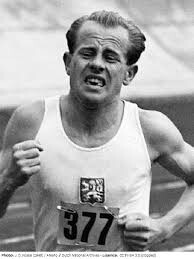
• 29:02.6 in Turku, Finland (August 4, 1950)
• 29:01.6 in Stará Boleslav, Czechoslovakia (November 1, 1953)
His breakthrough in 1954 wasn’t just a time on the clock—it was a philosophical shift. Zátopek popularized high-volume, interval-based training long before lactate thresholds and GPS watches entered the vocabulary. He trained in ways that were radical at the time: running repeated intervals at what we now call the aerobic/anaerobic threshold. Often without proper equipment or ideal conditions, Zátopek’s approach was empirical, relentless, and incredibly effective.
Despite the lack of modern media, Zátopek became one of the most celebrated athletes of his era. His fame grew not through social media or global broadcasts, but through the power of newspapers and word-of-mouth. His grit, work ethic, and unforgettable running style made him a symbol of human potential.
Zátopek’s Olympic Glory
Zátopek’s 1954 world record was just one chapter in a legendary career. At the 1952 Helsinki Olympics, he achieved an unmatched triple gold medal performance:
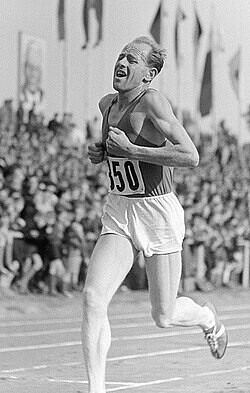
• Gold in the 5,000 meters
• Gold in the 10,000 meters
• Gold in the marathon — a race he had never run before
No one had ever accomplished that feat before, and no one has done it since.
He once said:
“If you want to run, run a mile. If you want to experience a different life, run a marathon.”
This quote continues to inspire runners around the globe. Zátopek didn’t just run races—he ran with purpose, embodying resilience, innovation, and heart.
70 Years Later—A Milestone for Women
Exactly 70 years after Zátopek’s barrier-breaking run, history repeated itself in a remarkable way. On May 25, 2024, Kenya’s Beatrice Chebet became the first woman to run under 29 minutes for 10,000m, recording 28:54.14. Her time? Nearly identical to Zátopek’s—28:54.2 (manual timing).
The symmetry is striking and symbolic. What Zátopek accomplished in 1954 has echoed into the 21st century, reminding us that barriers are made to be broken—again and again.
Login to leave a comment
The Rise of the “Mini Marathon”: Why More Runners Are Embracing the 10K Challenge
In a running world where the marathon gets all the glory, a quieter revolution is happening at 6.2 miles. The 10K — a classic but often underappreciated race distance — is now gaining real momentum. Whether you’re a beginner, a competitive age-grouper, or a marathoner in maintenance mode, the 10K is becoming the go-to challenge for modern runners looking to push themselves without burning out.
Rethinking the “Mini Marathon”
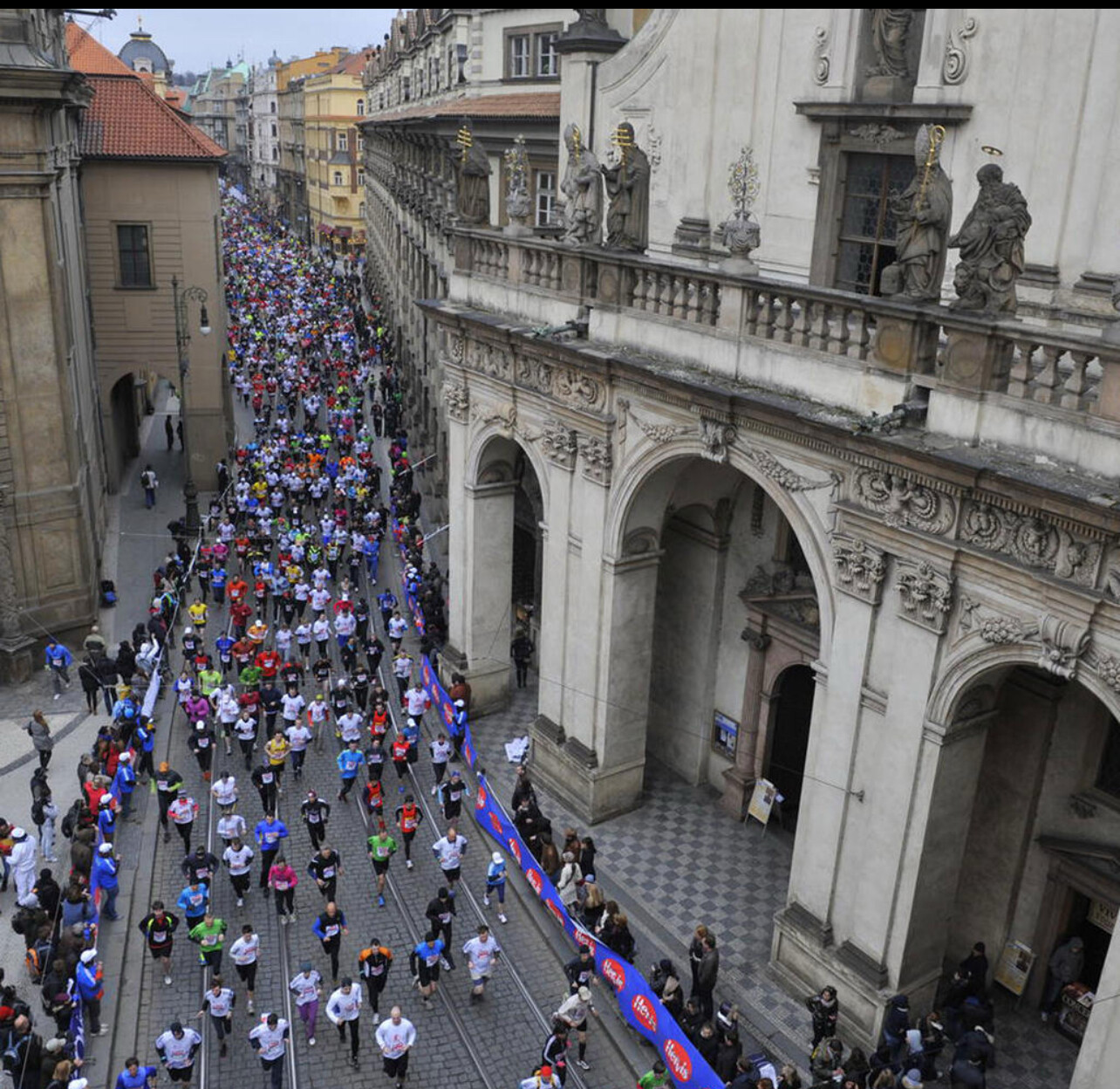
For years, the term mini marathon has been used to describe the half marathon. And sure, 13.1 miles is a major accomplishment. But in today’s running climate — where time is tight, training windows are short, and recovery matters — why not redefine the term and give the 10K its due?
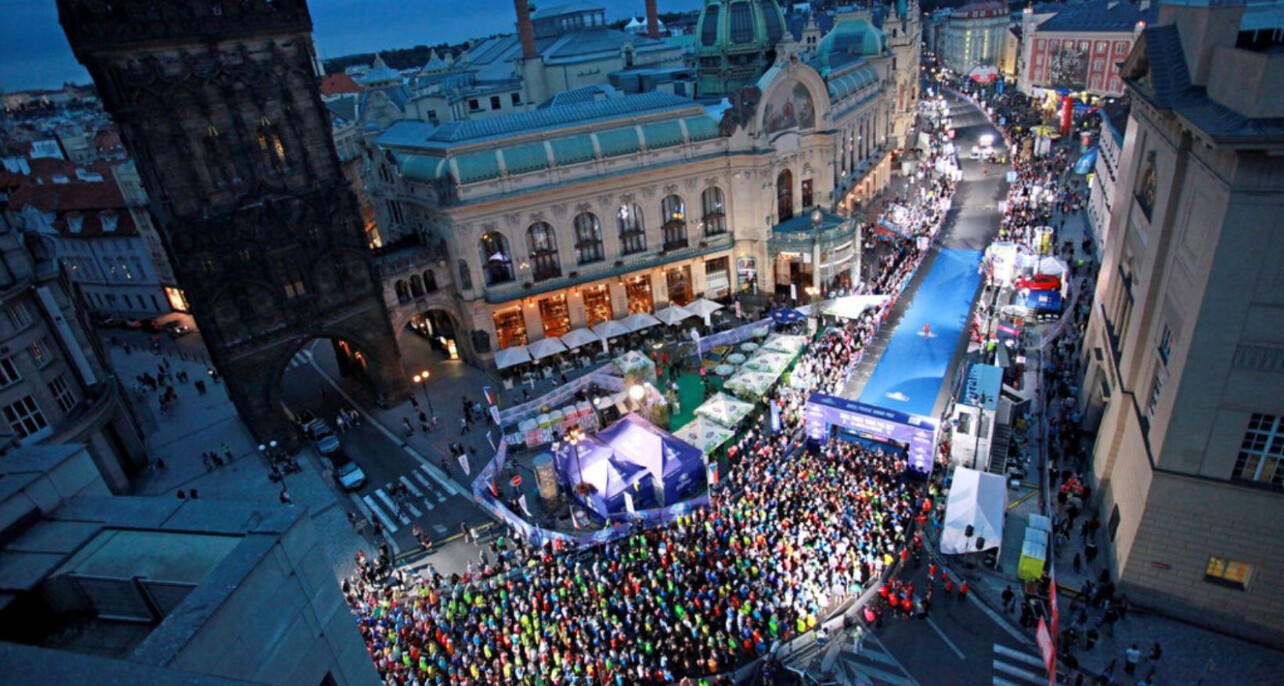
At 6.2 miles, the 10K is long enough to demand real endurance and strategy, yet short enough to train for consistently and recover from quickly. It sits at the sweet spot between the speed of a 5K and the grind of a half marathon. It’s a race where pacing, power, and mental toughness intersect.
Let’s be clear — nothing shorter than a 10K deserves to be called a “mini marathon.” The 10K is the starting point of true endurance racing — and it just might be the smartest distance of them all.
The Perfect Balance
For today’s runners, balance is everything. The 10K allows athletes to stay competitive without the risks that come with higher mileage. Many runners who shifted away from long races during the pandemic have returned to racing — but with a different mindset. Rather than chasing medals for marathon finishes, they’re chasing PRs, consistency, and longevity.
“It’s a thinking person’s race,” says Coach Jimmy Muindi, six-time Honolulu Marathon champion and now a key coach at KATA Portugal. “You can run it all-out, use it for speedwork, or fit it into a bigger training block. It fits almost any plan.”
Fast, Fun, and Growing
Race directors around the world are seeing this shift. While many events still offer marathons and half marathons, it’s often the 10K that fills up first. It appeals to first-timers, comeback runners, and seasoned competitors alike.
Here are a few 10K events making a major impact:
BOLDERBoulder 10K (USA): A Memorial Day tradition drawing over 50,000 runners, complete with costumes, slip-and-slides, and a stadium finish.
Prague 10K Grand Prix (Czech Republic): Fast, flat, and lit by city lights — one of Europe’s most scenic and electric night races.
Palo Alto 10K (USA): A runner’s favorite in Silicon Valley — fast, friendly, and focused on the joy of racing.
Smarter Training, Safer Recovery
Many runners in their 40s, 50s, and beyond are embracing the 10K as their new sweet spot. The lower training volume reduces injury risk, and recovery is swift. In a time when people are running not just for medals, but for health and happiness, the 10K makes sense.
“I like the 10K because it is still long enough for a challenge and short enough where the recovery only takes a day or so,” says lifetime runner Bob Anderson, founder of My Best Runs and Runner’s World magazine. “It fits perfectly into a balanced, healthy running lifestyle.”
It’s not just about going long — it’s about going strong.
Final Stride
The 10K is no longer just a warm-up for a half or a fitness test before a marathon. It’s standing tall as a race in its own right — a distance that respects your time, challenges your limits, and fits into real life.
So maybe it’s time to redefine what a mini marathon really means. For a growing number of runners, 6.2 miles is just right.
by Boris Baron
Login to leave a comment
Marathon Momentum: Why the Next 30 Days Are the Biggest in Distance Running
From the cobblestones of Prague to the iconic slopes of Heartbreak Hill, mid-April to early May marks one of the most exhilarating periods on the global running calendar. During this time, the world’s most prestigious and scenic marathons take center stage, with tens of thousands of runners lacing up for career-defining performances and unforgettable experiences.
2025 Spring Marathon Highlights

April 21 – Boston Marathon (USA)
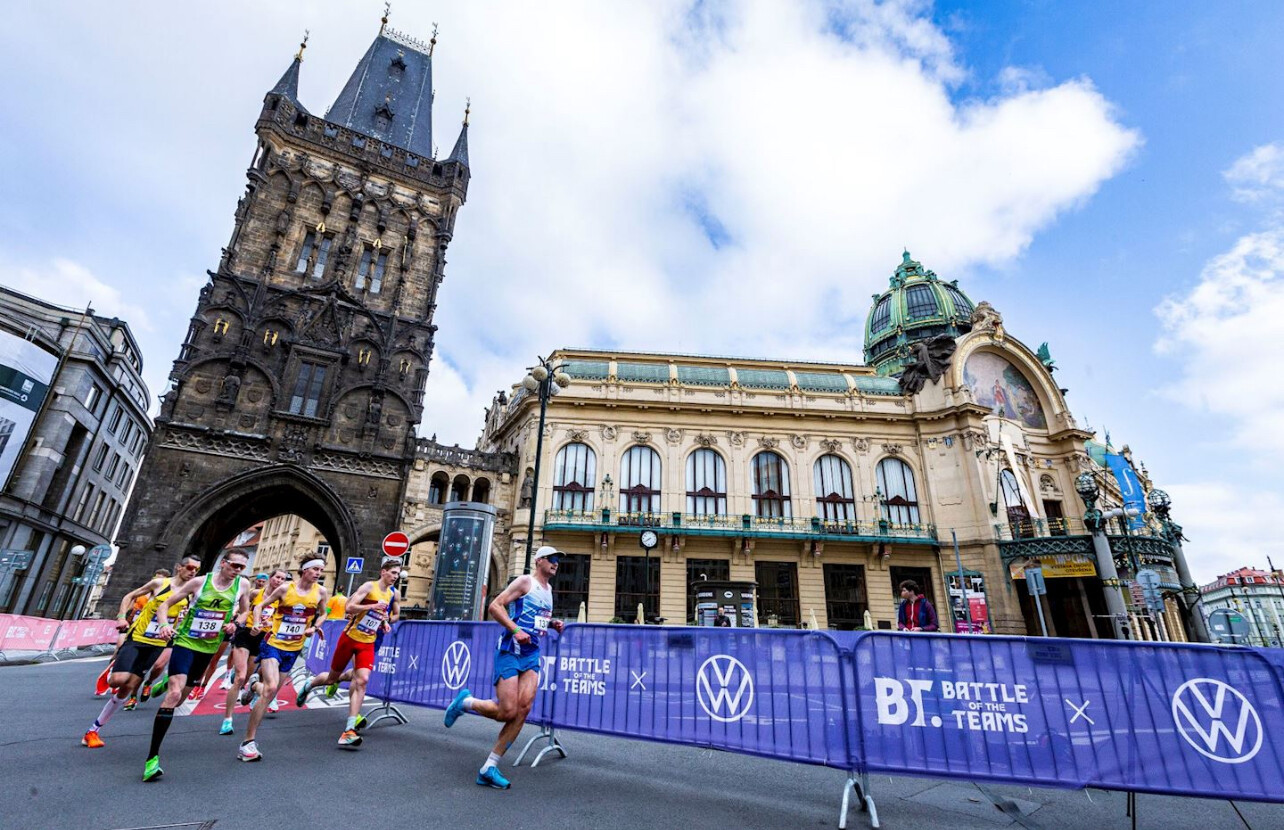
The 129th Boston Marathon delivered historic performances. Kenya’s John Korir overcame an early fall to win the men’s race in 2:04:45, the second-fastest time in event history. His victory, following his brother Wesley’s 2012 win, marks the first time siblings have both claimed Boston titles. In the women’s race, Sharon Lokedi set a new course record of 2:17:22, defeating two-time defending champion Hellen Obiri. The event also commemorated the 50th anniversary of the first wheelchair division, with Marcel Hug and Susannah Scaroni winning their respective races .

April 27 – London Marathon (UK)
The TCS London Marathon is renowned for its flat course and elite competition. This year’s race featured a deep field of Olympic hopefuls and major contenders, making it one of the most anticipated editions in recent history .
April 27 – Big Sur International Marathon (USA)
On the same day, the Big Sur Marathon offered runners a contrasting experience with its scenic route along California’s Highway 1. Known for its challenging hills and breathtaking ocean views, Big Sur remains a bucket-list race for many .
May 4 – BMO Vancouver Marathon (Canada)
Vancouver’s marathon combines urban landscapes with natural beauty, featuring routes through city streets, along the coastline, and through forested areas. The event continues to grow in popularity, attracting runners from around the world .
May 4 – Generali Prague Half Marathon (Czech Republic)
The Prague Half Marathon showcased impressive performances, with Rodrigue Kwizera of Burundi winning the men’s race in 58:54, becoming the first winner from his country. In the women’s race, Lilian Kasait Rengeruk of Kenya claimed victory with a time of 1:05:27 .
Why This Month Matters
These next 30 days represent the peak of spring racing season. Elites are using these events to fine-tune Olympic campaigns or solidify sponsorships. Everyday runners are chasing PRs, qualifying times, or simply the thrill of a world-class course.
Spring weather, fresh fitness, and the return of major in-person races make this stretch a celebration of everything running stands for: discipline, joy, and community.
Are You Racing This Spring?
We want to hear from you! Tag @MyBestRuns or send us your photos and stories—whether you’re running in Boston, Big Sur, or your own local race. This is the season that keeps the running world turning.
by Boris Baron
Login to leave a comment
Who Had the Best Era in Track & Field? A Generational Showdown
Track and field has long been the stage for some of the most electrifying athletic performances in history. Each generation has produced legends who have redefined what is possible in sprinting, distance running, and field events. But which era stands above the rest?
From the Silent Generation pioneers to the Gen Z record-breakers, every period has contributed to the evolution of the sport. Let’s break down each era’s greatest stars and their lasting impact on track and field.
Gen Z (Born 1997 - 2012): The Future of Track & Field
The newest generation of elite athletes is already making waves on the world stage. With the benefit of cutting-edge training, nutrition, and recovery techniques, these young stars are smashing records at a rapid pace.
Notable Sprinters & Field Athletes:
• Sydney McLaughlin-Levrone (USA) – 400m hurdles world record holder and Olympic champion
• Mondo Duplantis (Sweden) – Pole vault world record holder
• Erriyon Knighton (USA) – One of the fastest teenagers ever in the 200m
Notable Distance Runners:
• Jakob Ingebrigtsen (Norway) – Olympic 1500m champion, European mile record holder
• Joshua Cheptegei (Uganda) – 5000m and 10,000m world record holder
• Jacob Kiplimo (Uganda) – Half marathon world record holder (57:31)
• Gudaf Tsegay (Ethiopia) – World champion in the 1500m, dominant in middle distances
Gen Z athletes are not only breaking records but also shaping the future of the sport through their influence on social media and global visibility. With their combination of speed, endurance, and access to modern sports science, they may soon surpass all who came before them.
Defining Traits: Explosive, record-breaking, tech-savvy
Millennials (Born 1981 - 1996): The Superstars of the Modern Era
No discussion of dominant track and field generations is complete without mentioning Usain Bolt. The Jamaican sprinting legend captured the world’s attention with his charisma and untouchable world records.
Notable Sprinters:
• Usain Bolt (Jamaica) – Fastest man in history (100m: 9.58, 200m: 19.19)
• Allyson Felix (USA) – Most decorated female Olympian in track history
• Shelly-Ann Fraser-Pryce (Jamaica) – One of the most dominant sprinters of all time
Notable Distance Runners:
• Eliud Kipchoge (Kenya) – The greatest marathoner of all time, first to break two hours in a marathon
• Mo Farah (UK) – Dominated the 5000m and 10,000m at two Olympic Games
• Genzebe Dibaba (Ethiopia) – 1500m world record holder
• Ruth Chepngetich (Kenya) – First woman to break the 2:10 barrier in the marathon, setting a world record of 2:09:56 at the 2024 Chicago Marathon
Millennials excelled across all track and field disciplines. They ushered in an era of professional distance running dominance, with African runners setting standards in middle and long distances. Meanwhile, Kipchoge’s sub-2-hour marathon attempt was a historic milestone in human endurance.
Defining Traits: Charismatic, dominant, endurance revolutionaries
Gen X (Born 1965 - 1980): The Tough and Versatile Competitors
Gen X athletes were the bridge between the amateur days of track and the fully professional era. They pushed the sport forward with fierce rivalries and new records, while also seeing the globalization of track and field.
Notable Sprinters:
• Maurice Greene (USA) – Former world record holder in the 100m (9.79)
• Marion Jones (USA) – One of the most dominant sprinters of the late ‘90s
Notable Distance Runners:
• Haile Gebrselassie (Ethiopia) – Olympic and world champion, former marathon world record holder
• Paul Tergat (Kenya) – Pioneered marathon running dominance for Kenya
• Tegla Loroupe (Kenya) – First African woman to hold the marathon world record
This era marked a golden age for distance running, with Gebrselassie and Tergat setting the stage for the marathon revolution that would come in the next generation. With increased sponsorships, the road racing circuit became more competitive, and Kenyan and Ethiopian dominance solidified.
Defining Traits: Tough, globalized, long-distance pioneers
Baby Boomers (Born 1946 - 1964): The Golden Age of Track & Field
The Baby Boomers took track and field into the modern Olympic era, producing some of the most iconic figures in the sport’s history.
Notable Sprinters:
• Carl Lewis (USA) – Nine-time Olympic gold medalist across sprints and long jump
• Florence Griffith-Joyner (USA) – 100m (10.49) and 200m (21.34) world record holder
Notable Distance Runners:
• Sebastian Coe (UK) – 800m and 1500m Olympic champion, middle-distance legend
• Steve Prefontaine (USA) – One of the most influential distance runners in history
• Miruts Yifter (Ethiopia) – 5000m and 10,000m Olympic champion
This era brought middle and long-distance running into the mainstream, with rivalries like Coe vs. Ovett and Prefontaine vs. the world captivating fans. The Baby Boomers were the first generation of professional-level training and saw athletes truly dedicated to their craft year-round.
Defining Traits: Bold, revolutionary, multi-talented
Silent Generation (Born 1928 - 1945): The Pioneers of Kenya’s Dominance
This generation laid the foundation for modern track and field, producing legends whose influence still resonates today.
Notable Distance Runners:
• Kip Keino (Kenya) – The pioneer of Kenya’s dominance in distance running, winning Olympic gold in the 1500m (1968) and 3000m steeplechase (1972)
• Emil Zátopek (Czechoslovakia) – Triple gold in 5000m, 10,000m, and marathon at the 1952 Helsinki Olympics
• Paavo Nurmi (Finland) – Nine-time Olympic gold medalist in long-distance events
Kip Keino’s triumph over Jim Ryun in the 1500m final at the 1968 Mexico City Olympics is considered one of the greatest upsets in Olympic history. Competing at high altitude, Keino used a fast early pace to break Ryun, ushering in an era of Kenyan middle-distance dominance that continues today.
Defining Traits: Groundbreaking, resilient, visionary
Which Generation Had the Greatest Impact?
Each generation of track and field athletes has contributed to the sport’s evolution in unique ways:
• Millennials brought global superstardom (Bolt, Felix, Fraser-Pryce, Kipchoge, Chepngetich)
• Gen X athletes were fierce competitors in a rapidly changing sport (Greene, Gebrselassie, Tergat)
• The Baby Boomers set records that still stand today (Carl Lewis, Flo Jo, Coe, Prefontaine)
• The Silent Generation laid the foundation for modern track and field (Owens, Zátopek, Kip Keino)
• Gen Z is already breaking records and shaping the future of the sport (McLaughlin-Levrone, Ingebrigtsen, Cheptegei)
While it’s hard to declare one era the best, one thing is certain: the sport of track and field continues to evolve, with each generation pushing the limits of human performance.
Which generation do you think is the greatest? Let us know in the comments!
by Boris Baron
Login to leave a comment
Julien Wanders Returns to Naples: European Record Holder Sets Sights on Napoli City Half Marathon
Julien Wanders, the European record holder in the half marathon, is set to make a highly anticipated return to the Napoli City Half Marathon on Sunday, February 23, 2025. The Swiss long-distance runner, renowned for his exceptional speed and endurance, is ready to make his mark once again at this prestigious event.
Wanders holds the European half marathon record with a time of 59:13, achieved in 2019, and previously held the European 10 km record with a time of 27:13. His previous performances have solidified his reputation as one of the finest distance runners of his generation, and his return to Naples comes with even greater ambitions.
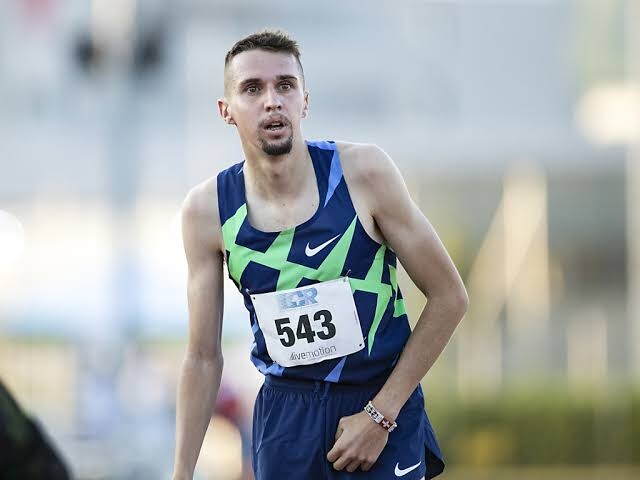
In 2022, Wanders delivered a standout performance at the Napoli City Half Marathon, finishing in 1:00:28. While impressive, he now aims to surpass this performance and reaffirm his place among the world’s elite. Reflecting on his return to Naples, Wanders shared, “I have fond memories of Naples. This race holds a special place in my heart, and I see it as a crucial step in my journey back to the world’s top level. I am excited to return and will give my best performance.”
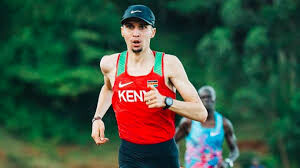
A New Chapter: Training at Altitude in Kenya
To prepare for this race, Wanders has been training intensively in Kenya, a country famous for its high-altitude training environment and as the home of many of the world’s greatest long-distance runners. This rigorous training regimen is a core part of his strategy to regain peak form and achieve a top-level performance in Naples.
Napoli City Half Marathon: A World-Class Race
The Napoli City Half Marathon, organized by Napoli Running, is one of Italy’s premier running events. Known for its fast and flat course, the race attracts elite athletes from around the world. The route offers stunning views of the Gulf of Naples and Mount Vesuvius, providing a picturesque backdrop for participants and spectators alike.
Naples has become Italy’s “capital city of half-marathons,” consistently hosting record-breaking performances. Both the men’s and women’s Italian national records have been set on its course, which is praised for being one of the fastest in Europe. The race also serves as the official opening event of the RunCzech running season, drawing thousands of participants eager to challenge themselves on its renowned course.
Eyes on the Future
For Julien Wanders, the 2025 Napoli City Half Marathon is more than just another competition; it is a pivotal moment in his journey back to the pinnacle of long-distance running. With his undeniable talent, rigorous preparation, and the allure of Naples’ record-breaking course, the stage is set for an unforgettable performance.
As Wanders takes to the streets of Naples, he will not only be competing but also reminding the world why he remains one of Europe’s most accomplished long-distance runners.
by Boris Baron
Login to leave a comment
Napoli City Half Marathon
The Napoli City Half Marathon is the most growing running event in Italy. The race, certified by IAAF / AIMS/ European Athletics, is held inoptimal conditions with an average temperature of 10 ° C. From thewaterfront to the Castel dell'Ovo, the Teatro San Carlo to the Piazzadel Plebiscito, the course will lead you through the most fascinatingareas of the city,...
more...Record-Breaking Performances Shine at Czech Indoor Gala in Ostrava
World indoor 1500m champion Freweyni Hailu delivered one of the fastest 3000m performances of all time at the Czech Indoor Gala—the fourth World Athletics Indoor Tour Gold meeting of the season—held in Ostrava on Tuesday (4).
Competing in just the third 3000m race of her career, the Ethiopian 23-year-old dominated with an 8:24.17 season opener, moving her to eighth on the world all-time list. Following a 2:52.08 split at 1000m and hitting 2000m in 5:45.8, Hailu surged over the final five laps, closing the last kilometre in 2:39 to secure victory.
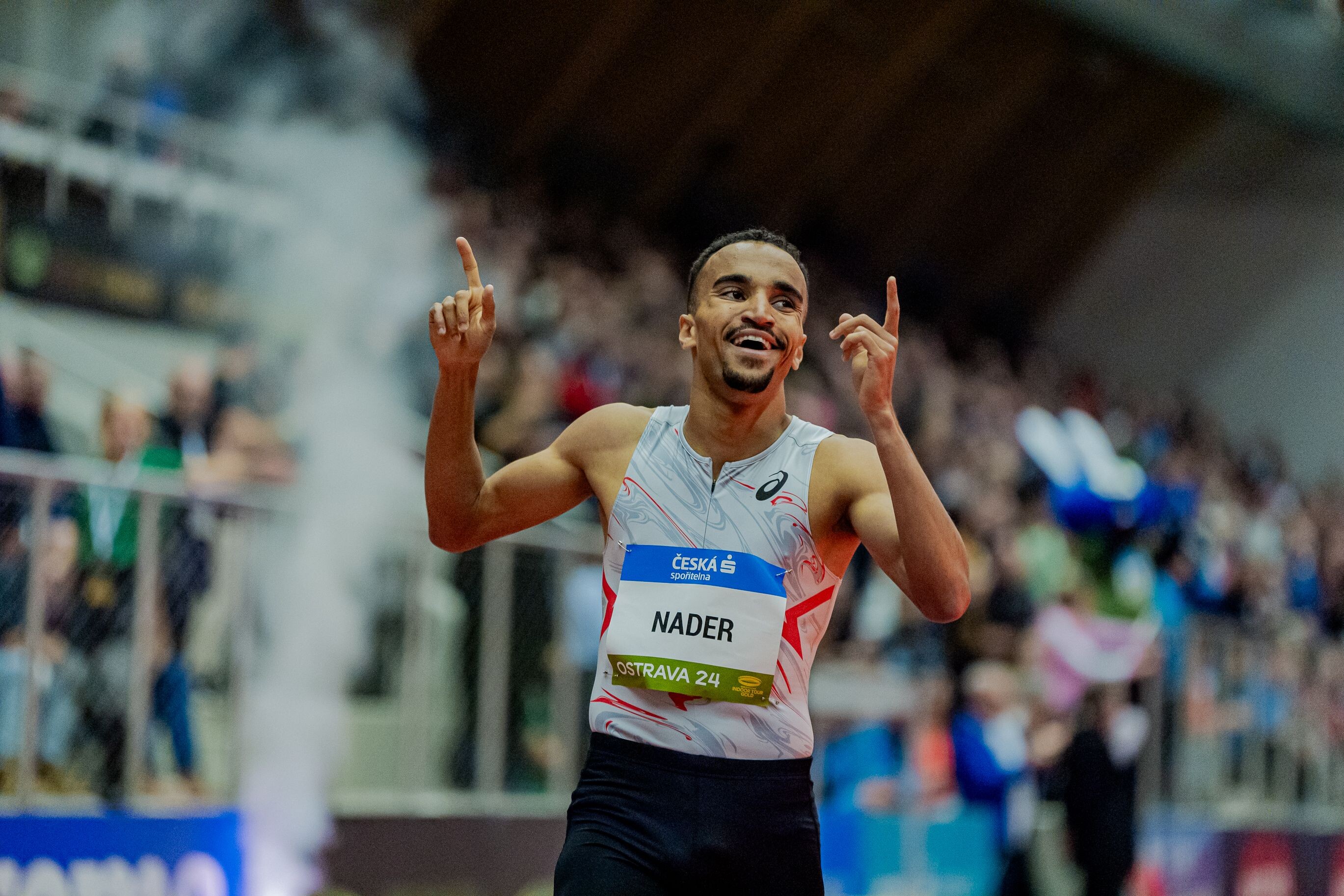
Portugal’s Salome Afonso, who ran with Hailu in the early stages, finished second in a personal best of 8:39.25, followed closely by Kenya’s Purity Kajuju Gitonga in 8:39.36. Great Britain’s 18-year-old Innes FitzGerald shattered the European indoor U20 record by over 10 seconds, running 8:40.05 to claim fourth place.
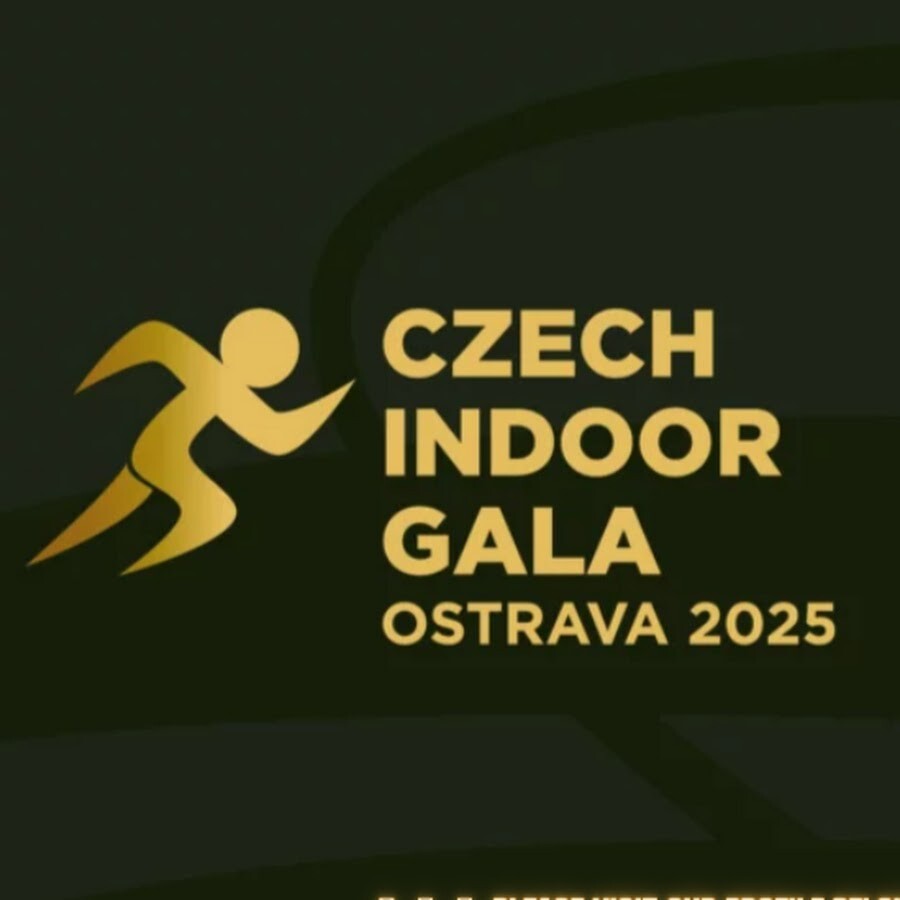
The men’s 800m also saw a standout performance, with Belgium’s Eliott Crestan breaking the 1:45 barrier indoors for the first time, clocking a national record of 1:44.69 in his season debut. The world indoor bronze medallist improved on his previous best of 1:45.08 from last year’s World Indoor Championships in Glasgow, securing 12th place on the world all-time list. Italy’s Catalin Tecuceanu finished second in 1:45.35, while Algeria’s Slimane Moula, making his indoor debut, took third in 1:45.50.
In the women’s 800m, Gabriela Gajanova emerged victorious in 2:02.16, overtaking world indoor bronze medallist Noelie Yarigo in the final 150m as Yarigo faded in the closing stretch.
Meanwhile, Portugal’s Isaac Nader continued his dominance in Ostrava, setting his second consecutive meeting record with a 3:54.17 mile after breaking the 1500m record last year. He surged past Great Britain’s Elliot Giles in the home straight, with Giles finishing second in 3:54.62 in his first indoor race since 2022. Sweden’s Samuel Pihlstrom also made history, running a Swedish indoor record of 3:54.78 to place third.
With multiple meeting records shattered and world-leading times set, the Czech Indoor Gala in Ostrava reaffirmed its status as a premier stop on the World Athletics Indoor Tour Gold circuit.
Login to leave a comment
Anticipation Builds for Middle-Distance Showdowns at 2025 Czech Indoor Gala
The Czech Indoor Gala, scheduled for February 4, 2025, in Ostrava, is set to feature thrilling middle-distance races, particularly in the men’s 800 meters and the women’s 3000 meters.
Men’s 800 Meters:
Czech national record holder Jakub Dudycha will compete on home soil. As a junior, he set a national U20 indoor record of 1:47.42 at the Czech Indoor Gala, later improving it to 1:47.12. Outdoors, he advanced to the semi-finals at the European Championships in Rome, clocking a time under 1:45, and subsequently set a new Czech senior record of 1:44.82 in Bydgoszcz. Dudycha has expressed his ambition to break the national indoor record this season.
He will face formidable international competitors, including Belgium’s Eliott Crestan, who is the sixth fastest European in history with a national record of 1:42.43 set at the Paris Diamond League meeting. Crestan is a bronze medallist from both the European and World Indoor Championships. Another strong contender is Catalin Tecuceanu, representing Italy since 2022, who secured European bronze in Rome and boasts personal bests of 1:45.00 indoors and 1:43.75 outdoors.
Women’s 3000 Meters:
Kristiina Sasínek Mäki, a Tokyo Olympics finalist, will compete in the 3000 meters. She has been training under Swiss coach Louis Heyer and is eager to showcase her progress. However, she will face stiff competition from African athletes. Ethiopia’s Freweyni Hailu, the 1500m world indoor champion from Glasgow 2024, returns after setting a meeting record in the mile at last year’s Czech Indoor Gala. Joining her is compatriot Sembo Almayew, the junior world record holder in the steeplechase and World U20 champion, as well as Norah Jeruto, the World 3000m steeplechase champion from the 2022 Eugene Championships, now representing Kazakhstan.
The Czech Indoor Gala, part of the World Athletics Indoor Tour Gold series, continues to attract top-tier talent, ensuring a night of exceptional athletic performances in Ostrava.
Login to leave a comment
Olympic champion to challenge 41-year-old 800m world record
Launching your own track meet and naming it after yourself is one thing–but Great Britain’s 800m Olympic champion Keely Hodgkinson didn’t stop there. On Wednesday, British Athletics revealed that the inaugural Keely Klassic track meet, set for Feb. 15 in Birmingham, will conclude with Hodgkinson trying to break the 800m world record, which has stood for 41 years.
The record of 1:53.28, set by Czechoslovak athlete Jarmila Kratochvílová in 1983, is the longest-standing world record in athletics. Hodgkinson would need to run more than a second faster than her personal best (1:54.61) to even come close to taking it down. The run will mark Hodgkinson’s season opener and first race back from an injury that cut her 2024 season short.
At the Keely Klassic, Hodgkinson promises “a unique, immersive experience that will combine elite competition with an electrifying atmosphere” and extends the meeting invitation to Great Britain’s world-class track and field athletes.
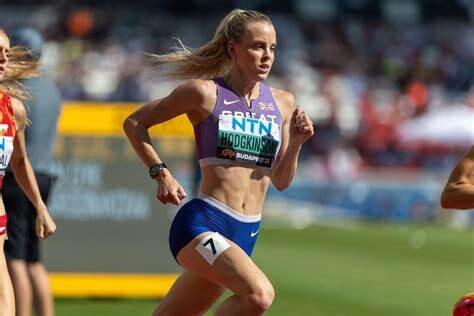
The unveiling comes less than a day after Tuesday’s BBC Sports Personality of the Year (SPOTY) ceremony, where Hodgkinson took centre stage. The 22-year-old is the first track athlete to win since Mo Farah won in 2017, and the first female track athlete to win since 2004. Her win also marks the fourth consecutive year that a woman has won the award–the longest streak in history.
“I’m actually in a bit of shock,” Hodgkinson said upon accepting the trophy. “I’m actually more excited for my coach, to be honest, because I wouldn’t be where I am without his guidance, [which] I’ve had since I was 17.”
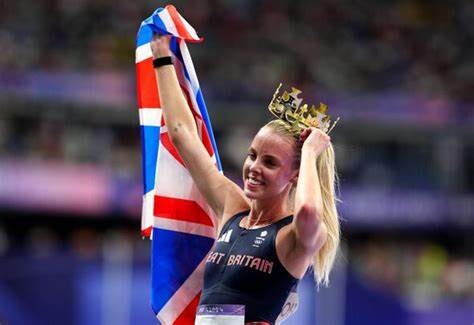
“This year has been absolutely incredible for me,” she continued. “I achieved everything I set out to do on the outdoor track, which is kind of rare, so I’m grateful to be in this position.”
Olympic triathlon champion Alex Yee was also a contender for the award.
Hodgkinson’s coaches, Trevor Painter and Jenny Meadows, were awarded Coach(es) of the Year. Along with the Olympic 800m champion, the pair coaches Olympic 1,500m bronze medallist Georgia Bell.
Mondo Duplantis wins Sport Star of the Year
Pole vaulting legend Mondo Duplantis was also acknowledged at the event, winning World Sport Star of the Year. The Swedish-American world record holder was pitted against fellow sports icons, including gymnast Simone Biles, WNBA player Caitlin Clark and Olympic marathon champion Sifan Hassan.
“So sorry that I can’t be in attendance tonight–I’m back here in the States right now, training for the up and coming season. I know I’m in great company–the biggest legends of all time in sports have won this award. This really means a lot to me.”
by Cameron Ormond
Login to leave a comment
Firenze Marathon 2024: Top runners
Florence - Writing one's name in the roll of honour of a noble event and doing it on the occasion of the 40th birthday, the challenge of the 40^ Estra Firenze Marathon is therefore even more electrifying and the task of making it so is entrusted to twelve men and eight women.
Top runners – Men
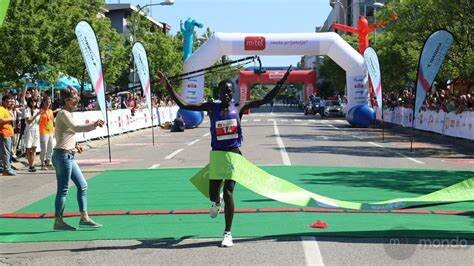
Five from Kenya and Italy, one from France and Burundi to beat the record to be beaten currently in the legs of the Kenyan James Kipkogei Kutto who in 2006 crossed the finish line in 2h08'40". The Kenyan Dikson Simba Naykundi (Caivano Runners) could succeed in his debut on the queen distance. Dikson Nyakundi brings with him the excellent record of 60'39" on the half marathon distance that earned him victory in Treviso in 2022 and has racked up several podiums in Italy, as stated in his curriculum in which we find, among others, the victories in Cremona in 2021 and at the last edition of the Neapolis Half Marathon.
In the race, however, there are those who already have experience on the queen distance and will try to have their say having already run below the record of the event. This is the Kenyan Edwin Kimutai Kiplagat who with 2h08'21", detached in Geneva in 2021, could captain the leading group.
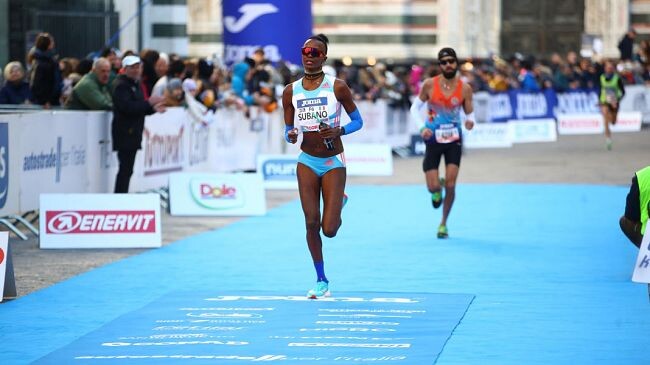
Just over a minute away, the winner of the last edition of the Neapolis Marathon, the Kenyan Samuel Naibei Kiplimo who has already stopped the clock of the 2022 Run Rome The Marathon at 2h09'41", when he conquered the seventh position overall. Behind him is the first on the home list, the Moroccan with an Italian passport Hicham Boufars (Asd International Security) who participated in Florence in 2019 (third overall with 2h13'29"), in 2018 with a personal best (second overall with 2h12'16"), 2015 (2h13'36") and 2014 (2h17'12"), followed by the Kenyan Hyllry Chemweno who this year snatched the personal best of 2h13'28" by winning the Skopje marathon (Macedonia).
A little further behind is Lhoussaine Oukhrid (ASD AT Running) with a personal best of 2h16'25" followed by the Algerian with a French passport Menad Lamrani, last year at the personal best of 2h16'45" at the Rennes marathon (France).
At the start, with the task of acting as a hare, the Kenyan Simon Dudi Ekidor who brings the time of 2h18'58" from the 2019 Nairobi marathon.
Closing the ranks are three Italian regulars of this event, the Moroccan Khalid Jbari (Athl. Club 96 Alperia), capable of 2h21'32", his personal best, in 2022 and Andrea Soffientini (Dinamo Running), for him already three medals in the Firenze Marathon, in 2022 (2h26'36"), in 2021 (2h22'29") and in 2021 (2h26'36") and Kabir Hicham (Pol Moving SSD ARL) who in Florence conquered his best time with 2h22'44" last year, when he showed up sixth at the finish line, improving on the 12^ position of 2021 (2h27'24").
Burundian Jean Marie Bukuru makes his debut with the record of 63'03" in his legs at the 2023 Arezzo half marathon.
Top runners – Women
Five from Kenya, two national standard-bearers and one from Morocco for the glory of the 40^ Estra Firenze Marathon, although, barring surprises, it does not seem that the women's record of the route that belongs to the Olympic Lonah Chemtai Salpeter can waver, in 2018 she had lowered it by four minutes compared to the previous one bringing it to 2h 24'17".
On paper, the victory goes to the Kenyan Vivian Cherotich to whom the Italian roads bring luck, as told by the record with victory conquered at the last edition of the Romeo & Giulietta Half Marathon with a time of 1h09'18" which is on a par with the victory of the last marathon in Eindhoven (Netherlands) when she set her personal best of 2h26'41". Watch out for the Moroccan Souad Kabouchia who here in Florence, in 2021, has already taken fourth place running in 2h27'49", a handful of seconds from the personal best that gave her the victory of the last marathon in Enschede, which ended in 2h27'16".
Three minutes behind her it is possible to see the stride of her compatriot Dorine Cherop Murkomen who this year in Seville set her best time with 2h29'39".
The breath on the neck is of the Kenyan Teresiah Kwaboka Omosa (Caivano Runners) who has racked up several victories, including the half marathons of Udine (2021), Wachau (2022) and Nancy (2024) as well as that of the Salzburg marathon in 2018. For her, the record on the queen distance is from 2021 when in Fürstenfeld (Austria) she stopped the clock at 2h30'12".
A little more detached is the Kenyan Hellen Chepkorir who brings 2h34'16" scored in Kosice (Slovakia) in 2017. In the group of pursuers the Kenyan Lucy Chepoghon Chelele who boasts the time of 2h38'12" a few weeks ago in Nairobi, the blue of Kenyan origin Maria Gorette Subano (Cus Pro Patria Milano), last year able to snatch the bronze medal of the 39^ Firenze Marathon and recently improved at the Berlin marathon (Germany) where she finished her efforts in 2h38'45". For Italy also her teammate Sarah Giomi with the time of 2h40'22" set in Amsterdam in 2018.
Hall of Fame
The ranking by nations still sees the colors of Italy in the lead with 22 victories (11 among men and 11 among women), followed by Kenya with 16 successes (12/4), then Ethiopia which with 15 victories (7/8) extends its lead over Great Britain with 9 victories (3/6); then at 2 there are Bahrain (2/0) and Hungary (0/2). Austria (0/1), Belgium (0/1), Brazil (1/0), Israel (0/1), Yugoslavia (1/0), Morocco (1/0), Norway (0/1), Czech Republic (0/1), Russia (0/1), Rwanda (0/1), Slovenia (0/1) and Ukraine (1/0) all have one win each. There are 18 nations that can boast at least one victory in the roll of honour.
Victories of 9 different nations among men and 13 different nations among women. Men: Kenya 12, Italy 11, Ethiopia 7, Great Britain 3, Bahrain 2. Brazil, Yugoslavia, Morocco and Ukraine: 1. Women: Italy 11, Ethiopia 8, Great Britain 6, Kenya 4, Hungary 2. Austria, Belgium, Israel, Norway, Czech Republic, Russia, Rwanda and Slovenia: 1.
The 2023 edition of the Florence Marathon brought the tricolor back to the men's podium with Said El Otmani (CS Army), in the women's victory of Clementine Mukandanga who signed the national record for Rwanda while the last Italian who had the national anthem sung is Giovanna Volpato who in 2008 cut the ribbon in 2h34'13".
Login to leave a comment
Firenze Marathon
This is Firenze (Florence) Marathon! Along the way you will be surrounded by centuries of art, history and culture, a unique emotion that can only be experienced by those who run in Florence. Thousands of sports people and enthusiasts from all over the world come to participate in this classic race on the last Sunday in November. The route takes...
more...A cold, hard look at extreme winter races
Winter is when races careen from the cosy, coddling courses of autumn into a forbidding tundra that both terrifies and exhilarates. It’s in this frozen landscape that the most extreme races are forged—competitions that take things to unsettlingly unconventional extremes, like sporting the scariest name or boasting the largest field of hungover revellers.
From a race season positively steeped in superlatives, here’s a sampling of extreme cold-weather races that boast the most—for reasons silly and chillingly serious—and strategies for making the most of them.
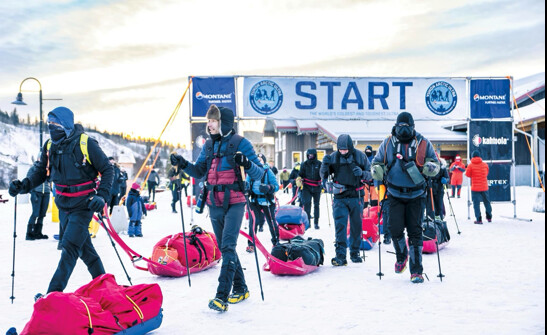

THE WILDEST
Polar Bear Marathon
Nov. 23, 2024
Churchill, Man.
Distances: 21.1 km, 42.2 km, 50 km
albertmartens.com
An event where vehicles tail runners in case a polar bear wanders onto the course truly deserves the title of winter’s wildest race. Beginning from Churchill, Man., the course takes participants along the coast of Hudson Bay for a challenge that balances breathtaking beauty with physical and mental rigour.
“A few times there have been polar bears right on the road where they run,” says race director Albert Martens. “However, we do provide safety for the runners, escorting them with a vehicle. Often the Canadian Rangers are out and assist us, as well.”
As challenging as this event is, the joys of the race aren’t to be outdone by the hardships. “One of the highlights of the run is the beautiful sunrise at the start overlooking Hudson Bay, and the post-marathon banquet, where the runners get to know each other better,” says Martens. He adds that one of the “swag bag” items runners receive is a polar bear carved out of soapstone. Although signups for this year’s event were set to close Oct. 1, it’s a race worth keeping in mind
THE BOOZIEST
Santa Will Run for Beer 5K-ish
Dec. 7, 2024
Bethlehem, Pa.
Distance: “5K-ish”
runsignup.com/Race/PA/Bethlehem/SantaWillRunforBeer5Kish
When it comes to combining Santa and suds, this race really raises the bar. Suit up in your best Kris Kringle costume and simultaneously work up and quench your thirst as you race between more than a dozen drinking establishments. The order you hit the bars in is up to you, but you’ve got three hours to stop at them all before raising a celebratory glass with your fellow runners at Molly’s Irish Grille and Sports Pub.
Speed counts—the first 24 runners at each location get a free beer—but so does presentation, so don’t skimp on style when putting together your Santa look. “Don’t go easy on your costume,” suggests Rochelle Romeo Kane, managing director of Run Lehigh Valley, which organizes the race. She also recommends mapping out your “beer strategy” beforehand: “Are you more of a ‘run fast and hit the close bars’ or ‘go for the early long-haul’ kind of runner? Either way, come with your plan and know it will change!” Runners must be at least 21, but it’s a race that
THE JOLLIEST
Santa Shuffle Fun Run & Elf Walk
Dec. 7, 2024
British Columbia: Abbotsford, Chilliwack, Langley
Alberta: Edmonton, Calgary
Saskatchewan: Regina
Manitoba: Winnipeg
Ontario: Hamilton, Kemptville, Kingston, Ottawa, Sudbury, Thunder Bay, Toronto, Whitby
Quebec: Montreal
Prince Edward Island: Charlottetown
Nova Scotia: Halifax
Newfoundland and Labrador: St. John’s
Additional virtual events
Distances: 1 km, 5 km
santashuffle.ca
What started in 1990 as a fundraiser by Running Room members to support Salvation Army programs in Edmonton has become a countrywide celebration of seasonal giving, as legions of speedy Santas are unleashed from start lines coast to coast. Santa Shuffle races, which continue to benefit the Salvation Army, boast the most Santas in Canada’s winter-running scene, but also pull in plenty of reindeer, elves and assorted festive fashionistas. Clever costuming pays at the events, with prizes for the best individual, group and pet get-ups (see the event website for details).
THE PRICIEST
Antarctic Ice Marathon
Dec. 13, 2024
Union Glacier, Antarctica
Distances: 21.1 km, 42.2 km
icemarathon.com
With a registration fee approaching $30,000, the Antarctic Ice Marathon isn’t a race you’ll enter on a whim, but the experience it offers is as rich as its price tag, and it’s sure to earn a spot on many runners’ bucket lists. You’ll be whisked by jet from Punta Arenas, Chile, to Union Glacier in the Antarctica interior, within a few hundred kilometres of the South Pole. Although aid stations, snowmobile support and medical personnel will be available, completing either the event’s marathon or half-marathon will take plenty of self-motivation; as race organizers point out, there won’t be any crowds to cheer you on—not even penguins venture this far south. Runners should also note this race can be as unpredictable as it is unforgettable. “The Antarctic Ice Marathon presents a unique challenge with its extreme cold and unpredictable weather,” says race director Becca Pizzi. “We advise runners to prepare for low temperatures and be ready for sudden shifts in conditions. Proper layering and mental resilience are key to tackling this unforgettable race.”
THE HEAD-POUNDINGEST
The 18th Hangover Hike
Jan. 1, 2025
Dewsbury, England
Distances: 15 km, 27 km, 34 km
ldwa.org.uk/TheIrregulars/W/2112/hangover-hike.html
An event that gives a refreshingly honest nod to the realities of New Year’s revelry, the Hangover Hike in northern England encourages hikers and runners to get an early and (mostly) sober start to 2025. The New Year’s Day run/hike around the rural roadways, hills and hiking trails of the town of Dewsbury (about 15 km south of Leeds) will ease participants into the challenge ahead with tea and toast at registration. The event’s three hikes—15 km with just over 300 m of ascent, 27 km with about 520 m of climb and 34 km with almost 550 m of ascent—start and end at The Leggers Inn. The Irregulars group of the Long Distance Walkers Association, which organizes the event, puts it succinctly: “A brisk walk or run, a breath of fresh air, a wee dram en route and a hair of the dog at The Leggers. What better way to start the new year?”
THE LOOPIEST
Frozen Falcon
Jan. 12, 2025
Falcon Beach, Man.
Distance: As far as you can go in eight hours
ontheedgerunning.com/home/frozenfalcon
Looped courses can help take the sting out of daunting distances by breaking down the kilometres into bite-sized chunks. The Frozen Falcon’s 6.5-km course at Falcon Trails Resort in southeastern Manitoba is the perfect length to keep your run manageable without it becoming monotonous, but be aware of the course’s unique challenges: “This race is run on groomed trails, however, after a few laps the snow can become a little like sugary mashed potatoes,” cautions race director Joel Toews. “Get working on that lower-leg strength! Also, you’re going to head into the yurt each loop, where there is food and a wood stove. It’s pretty cosy, so don’t get sucked into the comfort. Get back out there as soon as possible.”
THE SCARIEST-SOUNDING
Hypothermic Half Marathon
Vancouver: Jan. 19, 2025
Edmonton: Feb. 2, 2025
(A planned second Edmonton event was not confirmed before publication.)
Kelowna, B.C.: Feb. 9, 2025
Halifax: Feb. 16, 2025
Calgary: Feb. 23, 2025
Winnipeg: Feb. 23, 2025
Additional virtual events
Distances: 10 km, 21.1 km
hypothermichalf.com
The Hypothermic Half Marathon is no walk in the park, but this intimidating-sounding series of winter races has a bark that’s worse than its frostbite. That’s due in large part to the warmth and hospitality shown by volunteers and supporters during and after the races. There are other ways to stay toasty at the Hypo Half, however—at last year’s event in Edmonton, local runner David Eliuk sported 120 T-shirts in a bid to set a new world record for the most T-shirts run in a half-marathon. He achieved the feat, but was bested by American Dan Harvey—who donned 127 shirts at an event a few months later—before Eliuk’s record could be ratified.
THE LONGEST
Montane Yukon Arctic Ultra
Feb. 2–14, 2025
Teslin, Yukon
Distances: 340 km, 640 km
arcticultra.de/home
This race could be a contender for the most extreme in several categories—winds whip up with unfathomable force while temperatures can plummet to -40 C—but its length is what really makes it a standout. Starting from the village of Teslin and finishing in the town of Faro, the ultra’s shorter race totals 340 km, while the main event (including a 150-km route out and back from Faro) adds up to an eye-watering 640 km. Competitors can tackle these either on foot or skis or by mountain bike.
“Many races with these kinds of distances are organized in stages,” says race director Robert Pollhammer. “In our race, athletes are on the go day and night, sometimes up to an average of 20 hours per day.” He cautions that sleep deprivation can be dangerous in such an extreme environment and emphasizes the importance of having a strong race strategy.” While cautioning that the race isn’t for everyone, he says, “If you like the cold, the vastness of nature and being in a race with a family-like atmosphere, the
THE LARGEST (LATITUDINALLY)
6633 Arctic Ultra
Feb. 27 to March 8, 2025
Eagle Plains, Yukon
Distances: 120 miles (193 km), 380 miles (612 km)
6633ultra.com
Canada’s most northerly winter foot race, the 6633 Arctic Ultra (named for the latitude of the Arctic Circle in the Yukon—66 degrees, 33 minutes north) tests the ambitious and adventurous in a gruelling trek across two Canadian territories. Beginning in Eagle Plains, Yukon, runners who tough it out will cross the Arctic Circle to finish lines in the Northwest Territories hamlets of Fort McPherson (193 km) and Tuktoyaktuk (612 km).
Blistering wind and cold make the 6633 one of the most physically punishing races on Earth—but the competition’s mental challenge is greater still, according to race co-director Stuart Thornhill. “The mental fatigue experienced and resilience required cannot be underestimated,” Thornhill says. “Our athletes experience long periods of isolation in the dark and extreme cold, leading to extreme hallucinations.” Sticking to script, he says, is key to success at the 6633: “Those who make it through have a plan which they follow, eating when they need to, sleeping when they need to. They don’t get caught up racing someone else and breaking their plan. I have seen people who have been at the back of the pack for most of the race and have come in the top three finishers, because they stuck to what worked best for them.”
THE SPICIEST
Chilly Half Marathon
March 2, 2025
Burlington, Ont.
Distance: 21.1 km
raceroster.com/events/2025/84601/2025-chilly-half-marathon
The Chilly Half Marathon is a cold-weather race that throws some serious heat. While most of the events on this list aren’t really built for racking up personal bests, the course through downtown Burlington and along Lake Ontario’s western shore is perfect for burning rubber. “This will be the 29th year of the fun, fast, flat race that welcomes 4,000 runners to downtown Burlington,” says Kelly Arnott, co-CEO and co-owner of race organizer VR Pro Inc.
An event that marks the start of the spring road-running season in eastern Canada, the Chilly Half is just as popular for its post-race revelry as for its scenic, zippy course. Spectators and runners can shake off the March chill by coming together for a bowl of piping hot chili. “If it is a chilly day, we will warm you up with a bowl of hot Stagg Chili following the great race,” says Arnott.
THE MOST ENDURING
Around the Bay Road Race
March 30, 2025
Hamilton
Distances: 5 km, 10 km, 15 km, 30 km, additional virtual events
bayrace.com
Launched in 1894—three years before the Boston Marathon—Hamilton’s storied Around the Bay Road Race is North America’s oldest long-distance running event. More than a testing ground for generations of runners, Around the Bay is itself something of an endurance feat. Despite some challenging obstacles (in recent years organizers have had to switch up the course due to renovation and construction projects in the city), the 30K run around Hamilton Harbour remains a cultural focal point for the local community and favourite destination race for runners worldwide. Race-day weather has been known to swing wildly from warm and sunny one year to blizzard-like the next, so the best way to prepare is to be consistent in training, suggests race director Anna Lewis. “Keep to your training schedule even on bad weather days, because you never know what the weather will be like on race day,” she says, adding that wisely managing effort is also key to negotiating tougher terrain near the end of the race. “Don’t go out too fast, so
FROZEN FEATS
Here are some extreme winter exploits that have earned a place in the Guinness Book of World Records.
Coldest marathon
By its name alone, the Siberian Ice Marathon seems a convincing contender for the world’s coldest marathon—and it’s not just hype. Temperatures as low as -39 C were recorded at the 2001 race in Omsk, Russia. While it’s the coldest marathon recognized by Guinness, organizers of the Pole of Cold Marathon in Oymyakon (also in Siberia) reported the mercury crashing to -55 C at its most recent event on Jan. 12, 2024.
Fastest half-marathon barefoot on ice/snow
Not content to set this record by running a bone-chilling half-marathon barefoot in 1:50:42, Josef (Joska) Šálek added an extra dash of shivery showmanship by running the distance in nothing but shorts. The Czechian set the record on a course in his home country on Feb. 18, 2024.
Fastest marathon by a female dressed as Santa
From snowmen to ice-cream cones, there’s no end to the cold- and winter-centric costumes runners will don to break records, but most of these attempts are made in spring or fall. Hand it to British runner
WINTER RACE TIPS FOR FIRST-TIMERS
Don’t dress just for the start line
As tempting as it is to bundle up while waiting for your race to start, things can heat up pretty quickly once you’re on the move, and overheating can sap your performance and enjoyment of the race. If temperatures are dry and above freezing, dressing as though it’s 10 C warmer than it really is will keep your engine running cool as you hit your stride. On colder, windier days, dress in layers that can easily be discarded or passed off to a supporter on the sidelines.
Show up fully charged
The energy demands on your body when racing in colder temperatures aren’t significantly different from those of any other time of year, so there’s no need for drastic changes to your pre-race fuelling. The same can’t be said of your running tech, however. Plummeting temperatures can be a big drain on the battery capacity of your watch, headlamp and heart rate monitor, even during shorter races. Make sure the devices you rely on are fully charged; don’t assume the GPS that saw you to the end of a summer 5K on a 15 per cent
Login to leave a comment
Yves Nimubona (Atletica Casoni Noceto) and Sara Nestola (Calcestruzzi Corradini) are the winners of the 24th edition of the Udine City Half Marathon
Yves Nimubona (Atletica Casoni Noceto) and Sara Nestola (Calcestruzzi Corradini) are the winners of the 24th edition of the Udine City Half Marathon, which took place this morning, Sunday 22 September. The Rwandan and the Italian completed the 21.097 km of the Friulian race in 1.00’56’’ and 1.12’16’’, adding their names to the roll of honor of the event organized by the Udine Half Marathon Association for the first time.
Completing the men’s podium are the Italians Yohanes Chiappinelli (Carabinieri) and Pietro Riva (Fiamme Oro), reigning European team champions over the distance. The former completed the race in 1.01’00’’, while the latter, individual continental vice-champion, stopped the clock at 1.01’55’’. Among the women, behind the Italian Nestola, the Kenyans Teresiah Omosa Kvamboka and Sharon Chebichiy close, capable of a time of 1.14’35’’ and 1.25’47’’ respectively.
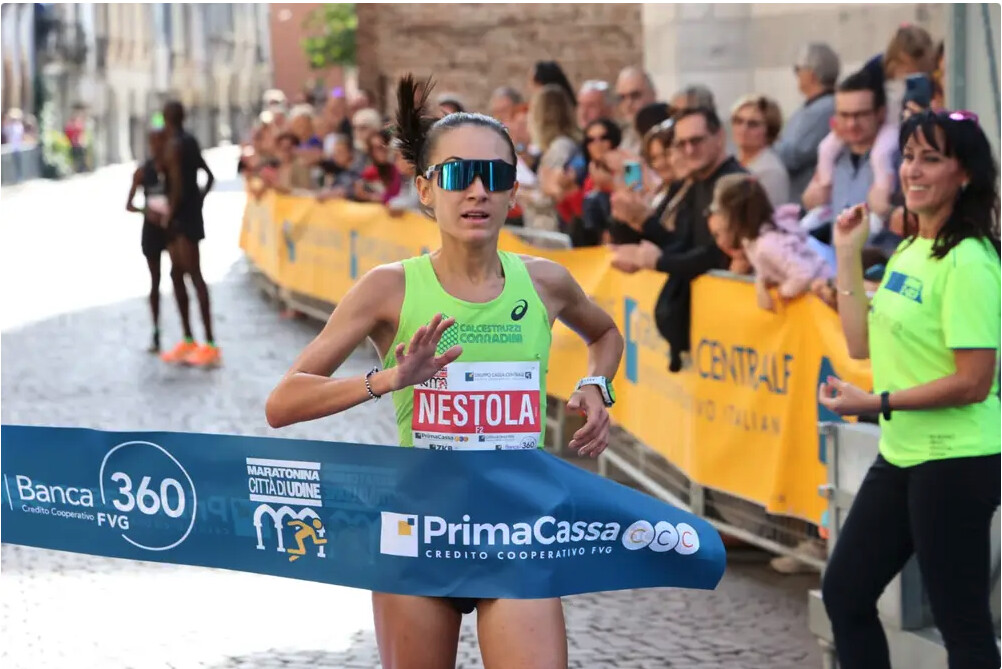
The men’s race is exciting, with Riva in the lead in the early stages. Pulled by the hares, the policeman from Alba passes in 14’31’’ at 5 km and in 29’04’’ at 10 km, to then remain in the lead together with the duo formed by Chiappinelli and Nimubona. The trio runs at a pace of 2’50’’ until the sixteenth km, when the first turning point of the race is recorded. Riva loses contact with the two rivals, who take the lead of the race maintaining the pace of 2’50’’ per km. It’s neck and neck until the twentieth kilometer, when Nimubona (born in 1998) accelerates and manages to leave the Carabinieri standard-bearer behind him.
Thus, the African, 21st at the Paris Olympic Games in the 10,000 meters, raises his arms to the sky in the heart of Udine. Behind him, the two Italians, at the start of the Friulian race in preparation for the Valencia marathon on December 1st.
Among the women, the favorite of the eve, Sara Nestola, arrives in front of everyone, also in Friuli to carry out a test in view of her debut in the marathon, scheduled in Valencia. The race run by the student of Stefano Baldini is of great importance: the Italian, always in the lead, passes in 34'09'' at 10 km and in 51'03'' at 15 km, arriving at the finish line in a time one minute less than her personal best of 1.11'16''. The girl from Emilia, born in 2001, 35th at the European championships over 21.097 km, is the first Italian to win in Udine six years after the last time (in 2018 Sara Dossena won).
Great performance also for the Friulians Steve Bibalo, of Altetica Buja, who ranked tenth (1h 08'01"), and Mariangela Stringaro, of Keep Moving (1h 30'01"): they were awarded the Faustino Anzil Prize, a gold medal introduced in 2023 to honor the memory of the late Professor Faustino Anzil, a leading figure in regional and national sport - in his role as dean of athletic trainers of Friuli Venezia Giulia - as well as councilor, with the delegations for education and sport, in the Municipality of Udine: Anzil was, among other things, one of the most convinced supporters of the "Udine Half Marathon project".
A thousand participants in the Udine half marathon, which as always put on a show.
Among the half marathon runners, this year too, was the scientist from Udine Mauro Ferrari, at his fifth participation in the Half Marathon.The youngest athletes were 18-year-olds Tamer Al Halabi and Nicole Cos, the oldest were Giorgio Zuzzi, 77, and Graziella Minetto, 68. Fausto Finocchiaro turned 35 on the day of the 2024 Half Marathon; 174 teams competed. The largest was Run Card, with 291 participants.
The most represented nations were (in order of participants) Italy, Austria, United Kingdom, Poland, Saudi Arabia, Slovenia, Czech Republic, Belgium, United States, Israel.Among the members of the StraUdine (about 600) were the two actors - Daniele Fior and Marco Rogante - busy these days, at the Teatro S. Giorgio in Udine, in the rehearsals of the show "Maratona di New York", the new version of the famous text by Edoardo Erba, translated into Friulian by Paolo Patui and directed by Rita Maffei. On stage they run and act for 65 minutes: therefore they could not miss the city race, to continue the long training before the debut, scheduled for 11 and 12 October in the Season Teatro Contatto.
This At the StraUdine the largest group was the Mostro Run (18 participants); the youngest member was a six-month-old baby, the oldest Aderina Kraghel, 87 years old; the sympathy award went to a little girl who ran with a cast.
THE CLIMB OF THE CASTLE. The weekend of the Half Marathon, never so long - the first of the many events scheduled took place on Thursday evening -, came to life, at a competitive level, with the always spectacular men's and women's invitation time trial "Salita del Castello Autotorino": the speed record on the ramp that leads to the top of the hill was set by Lorenzo Brugnizza (San Marino Athletics Academy), with a time of one minute and 6 seconds; second place for Andrea Lamparelli (Atletica Malignani Libertas Udine), who arrived in one minute and 9 seconds, third for Alessandro De Marco (1 minute and 10 seconds), of the Atletica 2000 team.
First among the women was Miriam Sartor (of Atletica Ponzano), who climbed the hill in 1 minute and 27 seconds; silver for Lisa Rivetta, of Trieste Atletica (1 minute and 28), bronze for Emily Grace Campanelli (also Trieste Atletica), with 1 minute and 1 minute and 32.
Login to leave a comment
Udine Half Marathon
The Maratonina Città di Udine features a flat and fast half marathon course which begins and ends on the stunningly beautiful Piazza Libertà in the historic centre of Udine, a city of about 100,000 people in the Friuli area in the north-east of Italy Organized by Associazione Maratonina Udinese with Polisportiva Libertas Grions del Torre e Remanzacco. The racefinishes in...
more...Eisa runs championship record to retain world U20 5000m title in Lima
On a cool, crisp evening in the Peruvian capital on Tuesday (27), Ethiopia’s Medina Eisa turned up the heat on her rivals to successfully defend her 5000m title, the highlight of the first day of action at the World Athletics U20 Championships Lima 24.
Eisa’s winning time of 14:39.71 carved more than 28 seconds off the championship record set by Genzebe Dibaba, which had stood since 2010, and brought her home well clear of her compatriot Mekedes Alemeshete. The two broke away from the field from the outset and alternated pace-setting duties, passing 2000m in 5:58.59 with a 40-meter lead.
By 3000m, reached in 8:57.28, they’d built a 70-meter lead and from there it only extended, with Eisa breaking clear of her compatriot with three and a half laps to run and lapping most of the field to hand women’s 5000m gold to Ethiopia for the eighth time in the last nine editions.
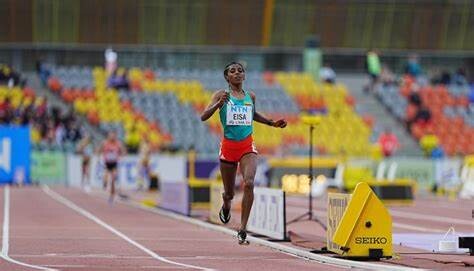
“I'm very happy with this win and to achieve a championship record after the Olympics,” said Eisa, who finished seventh in the 5000m in Paris. “I wanted to be a champion, I have wanted this for months.”
Alemeshete followed her home in 14:57.44, with Uganda’s Charity Cherop getting bronze in a PB of 15:25.02.
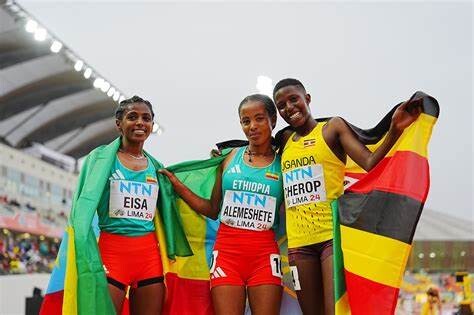
The men’s 5000m proved a very different race, with some early moves proving inconsequential and the final boiling down to a sprint finish, with seven clustered together at the bell. As the contenders hit full speed on the final turn it was Kenya’s Andrew Kiptoo Alamisi who soon took flight like a bird, soaring to victory in 13:41.14 ahead of Ethiopia’s Abdisa Fayisa (13:41.56) and Uganda’s Keneth Kiprop (13:41.73).
Australia reigned supreme in the mixed 4x400m final, their quartet of Jordan Gilbert, Bella Pasquali, Jack Deguara and Sophia Gregorevic controlling the race and hitting the line comfortably in front in an Oceanian record of 3:19.27. Poland claimed silver in 3:20.44 with China coming through strongly for bronze in 3:21.27 courtesy of a big final leg from Liu Yinglan.
In the men’s shot put, it was no surprise to see gold go to the Netherlands for the first time in 24 years, but it wasn’t the thrower many were expecting, with Dutch U20 record-holder Yannick Rolvink – who topped the entry lists by more than a metre – finishing fifth with 19.88m.
It was his teammate, Jarno van Daalen, who shone brightest, the 18-year-old adding 36cm to his lifetime best with his opening round effort of 20.76m. That was a mark no one else could match in the subsequent rounds, though South Africa’s JL van Rensburg came close, launching a PB of 20.74m in the final round for silver. Germany’s Georg Harpf took bronze with 20.28m.
With four events completed in the heptathlon, Croatia’s Jana Koscak tops the standings with 3536 points, the 2022 European U18 champion adding to her 13.80 hurdles performance and 1.81m high jump earlier in the day with a 12.01m shot put and 25.12 200m in the afternoon session.
Second overnight is Switzerland’s Lucia Acklin, who rocketed up the standings during the latter part of the day after throwing 13.42m in the shot put and clocking a PB of 24.42 in the 200m. That leaves her on 3472 points. Australia’s Mia Scerri sits third with 3385, closely followed by Czechia’s Adela Tkacova who is fourth with 3351, aided by her season’s best of 24.14 in the 200m.
"It's been a long day, but I'm happy," said Koscak. "I ran a solid 200m, a good high jump, but the hurdles and shot put could have been a little better. It's been a long process because I've been travelling a lot, with climate changes, times zones. This is the World Championships so I'm not going to complain."
In the women’s 100m semifinals, Jamaica’s Alana Reid was highly impressive when winning in 11.44 (-0.3m/s), easing off the gas far from the line to beat Nigeria’s Justina Tiana Eyakpobeyan (11.56) and Aleksandra Stoilova of Australia (11.58), who also advanced. Kishawna Niles of Barbados and Britain’s Nia Wedderburn-Goodison were the quickest qualifiers, both clocking 11.39 in the first semifinal ahead of South Africa’s Viwe Jingqi (11.49). Germany’s Chelsea Kadiri won the third semifinal in 11.52 ahead of Adaejah Hodge of the British Virgin Islands (11.59).
Thailand’s Puripol Bonsoon, who finished fourth in this event two years ago, was the quickest qualifier for the men’s 100m final, clocking 10.30 (-0.6m/s) in the semifinals to edge South Africa’s Bradley Nkoana by one thousandth of a second. Jamaica’s Gary Card qualified in third with 10.39.
Deandre Daley of Jamaica powered to victory in the first semifinal in 10.34 (-0.9m/s) with Japan’s Naoki Nishioka taking the second automatic spot in 10.43. South Africa’s Bayanda Walaza recovered from an early stumble to win the third semifinal in 10.33 (-0.2m/s) ahead of Britain’s Teddy Wilson (10.35) and China’s He Jinxian (10.36), who also advanced.
China’s Wang Xiaobo led the way in men’s javelin qualification, launching 73.83m with Slovenia’s Tom Tersek next best with 73.37m ahead of Germany’s Oskar Janicke (73.02m). Ukraine’s Illia Saievskyi was the only other thrower to surpass the 72.50m automatic qualification mark.
In women's pole vault qualification, the automatic qualifying mark of 4.25m wasn't necessary and four athletes cleared 4.10m with faultless performances. One vault was all it took for USA's Molly Haywood to make the final as she entered at 4.10m and cleared that first time. She'll be joined by athletes including Estonia's Miia Tillmann, Australia's Tryphena Hewett and Austria's Magdalena Rauter.
The women’s 3000m steeplechase heats saw a dominant performance from race favourite Sembo Almayew who coasted to victory in 9:30.59 ahead of Kenya’s Diana Chepkemoi and Uganda’s Nancy Chepkwurui (9:49.06). Ethiopia’s Firehiwot Gesese eased to victory in the other heat in 10:00.96 ahead of Uganda’s Loice Chekwemoi (10:01.85) and Kenya’s Sharon Chepkemoi (10:07.59).
by Cathal Dennehy for World Athletics
Login to leave a comment
Sifan Hassan is simply one of the best female distance runners ever
Sifan Hassan defies conventional logic or reasoning. It shouldn’t be possible to do many of the things she does. However time and again she sets herself impossible challenges and goes about achieving them. At this Olympics, she started by securing bronze medals in the 5000m and 10,000m in perhaps the most efficient way possible, staying at the back of the pack, running her own race and kicking through the field over the last lap to secure a bronze medal in each.
Then she took on the ultimate racing challenge, the Olympic marathon, on one of the most challenging courses ever seen. When she was with the leaders with two kilometers left to go, there was a sense of inevitability, and of destiny, that awaited her in front of the appropriately golden dome of Les Invalides on the final morning of the Paris Olympics.
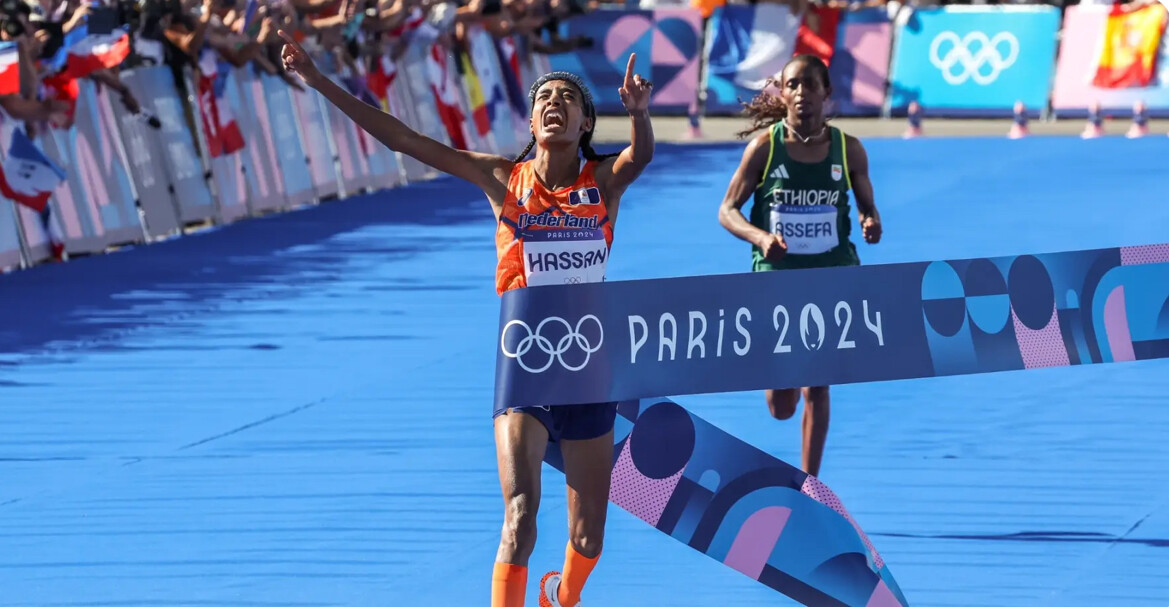
As she crossed the finish line to secure the third Olympic gold of her career, she became the first female athlete to win individual Olympic golds across 5000m, 10,000m and the marathon.
At two successive games, she has medalled in not one, not two, but three different individual events, achieving this whilst battling a schedule that would make it near impossible for an athlete to give their best across all three events. The triple she attempted on this occasion has only been attempted (at least successfully) by one athlete in history: the Czech athlete Emil Zátopek at the 1952 Olympics, in which he won all three events.
by Citius
Login to leave a comment
Sifan Hassan caps remarkable Olympics with women’s marathon gold by 3seconds after winning two medals days earlier
Sifan Hassan and Tigst Assefa moved towards the final corner of the breathless, frenetic women’s marathon shoulder‑to‑shoulder as they fought desperately for one of the last gold medals of the Paris Olympics. Under normal circumstances, Hassan’s supreme footspeed would almost always outstrip marathon specialists, but this was remarkably her 62nd kilometre of the Games after 10 days of racing. Anything was possible.
Only Hassan is crazy enough to attempt a ridiculous treble of 5,000m, 10,000m and marathon, but she is also the only athlete talented and versatile enough to succeed in all three. In the final metres, the Dutchwoman pulled away from Assefa, after a dramatic coming together, to win her first marathon gold medal with a blistering Olympic record of 2hr 22min 55sec. Assefa of Ethiopia, the world record holder, finished 3sec behind Hassan in second place while Kenya’s Hellen Obiri took the bronze.
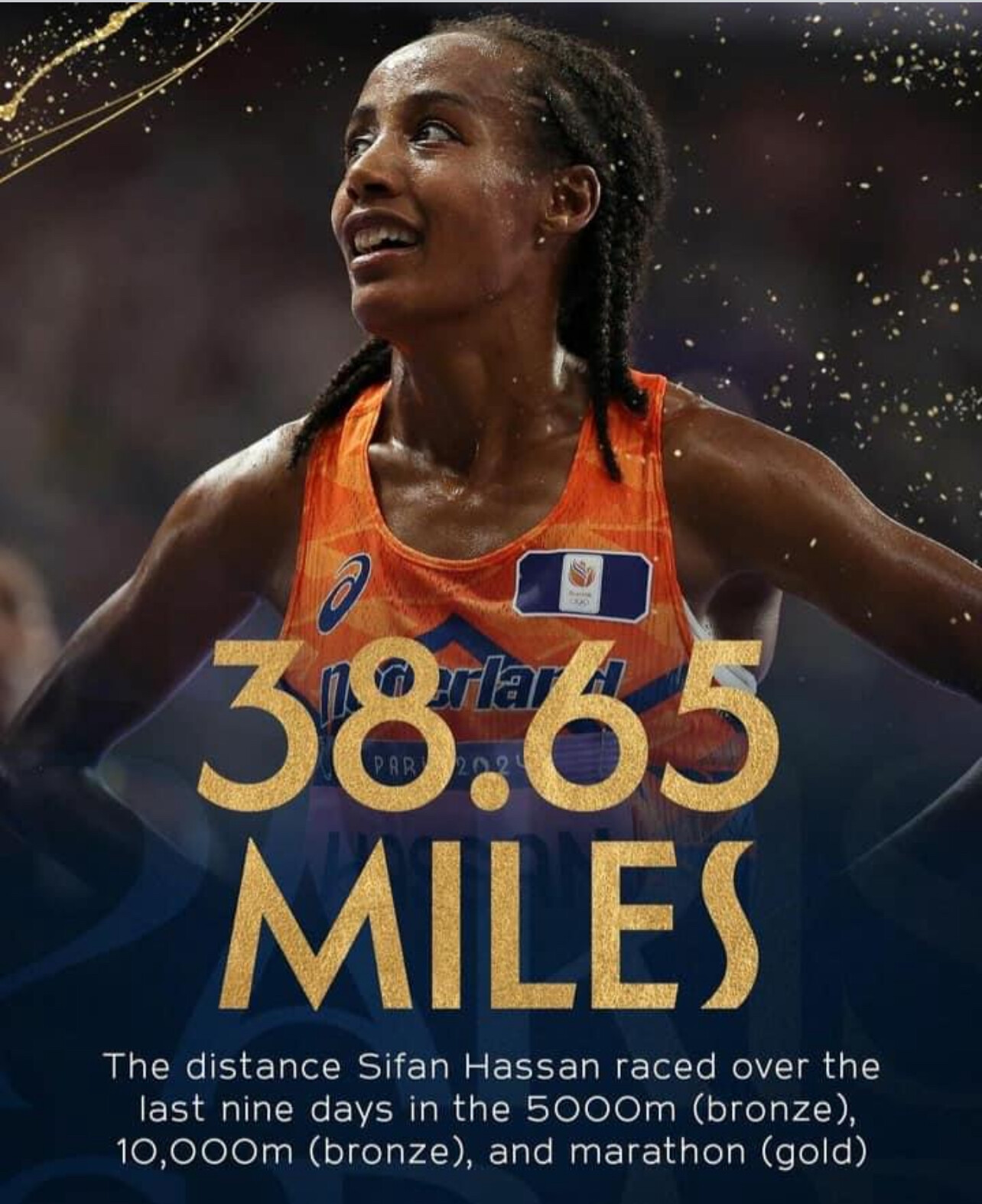
“Can you imagine for two hours, just focusing on every step? I have never focused like I focused today,” said Hassan, who had to survive an appeal from the runner-up. “I’m Olympic champion and what can I say? Marathon; I’ve been Olympic champion [in other events] but it’s something else.”
Having already built up one of the most extraordinary track and field careers of all time, this is surely Hassan’s crowning achievement. The 31-year-old has won three medals at the Paris Olympics, her marathon gold complemented by bronzes in the 5,000m and 10,000m. The last athlete to win medals in all three events in one Olympics was the Czech Emil Zatopek in 1952. She is also the first woman to win Olympic gold in 5,000m, 10,000m and marathon competitions, having won the first two in Tokyo. She is a six-time Olympic medallist overall.
Nine days earlier, Hassan’s Olympics began in the women’s 5,000m heats on Friday 2 August before she won bronze in the rapid, hectic final last Monday. The women’s 10,000m final followed four days later on Friday, Hassan also finishing with an excellent bronze medal.
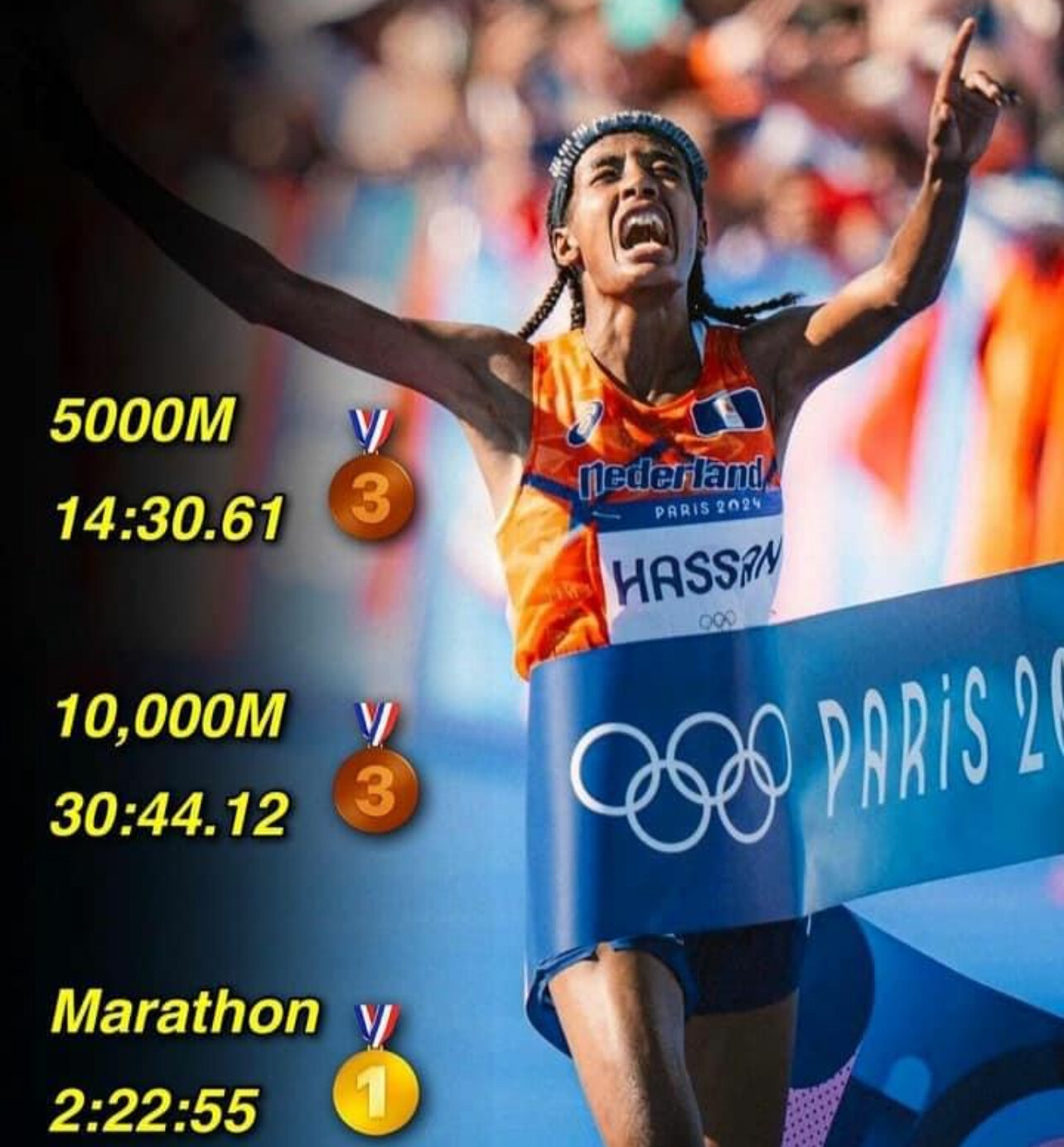
Just 35 hours later, Hassan lined up for a legendary Olympic marathon performance. The race came alive at the 28km mark as the runners scaled a painfully steep hill. Hassan struggled badly and a significant 50m gap opened up between her and the leading pack as, with her closing speed in mind, the marathon specialists accelerated up the hill in order to distance themselves. But they just could not get rid of her. As the course flattened, Hassan quickly closed the gap, stalking the leaders from the back of the group.
The formidable final five of Hassan, Assefa, Obiri, Sharon Lokedi and Amane Beriso Shankule remained extremely tight. But as the pace picked up, the group gradually thinned out until only Hassan and Assefa remained. Hassan made her move with about 300m to go, drawing her brilliant speed developed through years of greatness in 1500m races. As she took the inside line and flitted past Assefa, all the Ethiopian could do to try to stop her was put her body in the way and extend an elbow. But Hassan nudged the 27-year-old back and tore past her rival to close out an unforgettable win.
“I have no words for it. When I started this morning, every single moment [in the race] I was regretting that I ran the 5,000m and 10,000m,” Hassan said. “I was telling myself: ‘If I hadn’t done that, I would feel comfortable today.’ From the beginning until the end, I felt every step so hard and I regretted it: ‘What is wrong with me?’ The moment I felt good was at 20km.”
The post-event ceremony was significantly delayed after Ethiopia filed a protest over the incident when Assefa and Hassan crashed into each other towards the end of the race. Their protest was unsurprisingly rejected. Afterwards, Assefa claimed the clash had cost her the gold.
Hassan, who was born in Ethiopia before becoming a refugee and moving to the Netherlands in 2008 at 15, ran her first marathon only last year, in London. After her first medal in the 5,000m final, Hassan explained that she had chosen such an intense challenge because she is equally crazy and inquisitive: “I’m very curious. Could I podium? Could I even complete [each race]? I’m trying to fight with myself. What can I do after the 10,000m? Am I strong enough to keep the pace?”
As has been the case throughout a career in which she has constantly experimented and pushed her athleticism to its limits, her performance answered every single question affirmatively.
Wow, what an amazing athlete! Maybe the best of the games!
Login to leave a comment
Paris 2024 Olympic Games
For this historic event, the City of Light is thinking big! Visitors will be able to watch events at top sporting venues in Paris and the Paris region, as well as at emblematic monuments in the capital visited by several millions of tourists each year. The promise of exceptional moments to experience in an exceptional setting! A great way to...
more...German Hendel dominated the Mattoni Ceske Budejovice Half Marathon
This year’s half marathon in České Budějovice was newly held under the brand Mattoni Running Festival. The winner was German Sebastian Hendel. Among the women, Ukraine’s Maryna Nemchenko triumphed, improving the European record. Patrik Vebr and Hana Homolkova were the best Czech runners, which carries the World Athletic Road Race Label.
The race
The winner in the České Budějovice Half Marathon was Sebastian Hendel from Germany. From the start he was in a large lead pack, but before the halfway point he was running alone. Hendel ran the South Bohemia half marathon well and on pace to break the European record. However, he missed it by half a minute, finishing in the time of 1:03:38.
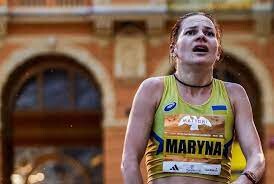
“I’m really happy that my winning streak in RunCzech races continues. I tried to break the time under one hour and three minutes. It was good at the tenth kilometre, but as time went on it got worse and my legs were hurting. It was a great experience, I enjoyed my first start in České Budějovice,” said Hendel. “When I was running back to the square, many people were cheering my name. It was a really great atmosphere,” added Hendel.
The second place went to Italian Daniele D’Onofrio, and third was Ukrainian Mykola Mevsha, who improved his personal best significantly. The best Czech runner was Patrik Vebr (1:08:38), bettered Petr Pechek and Tomáš Křivohlávek.
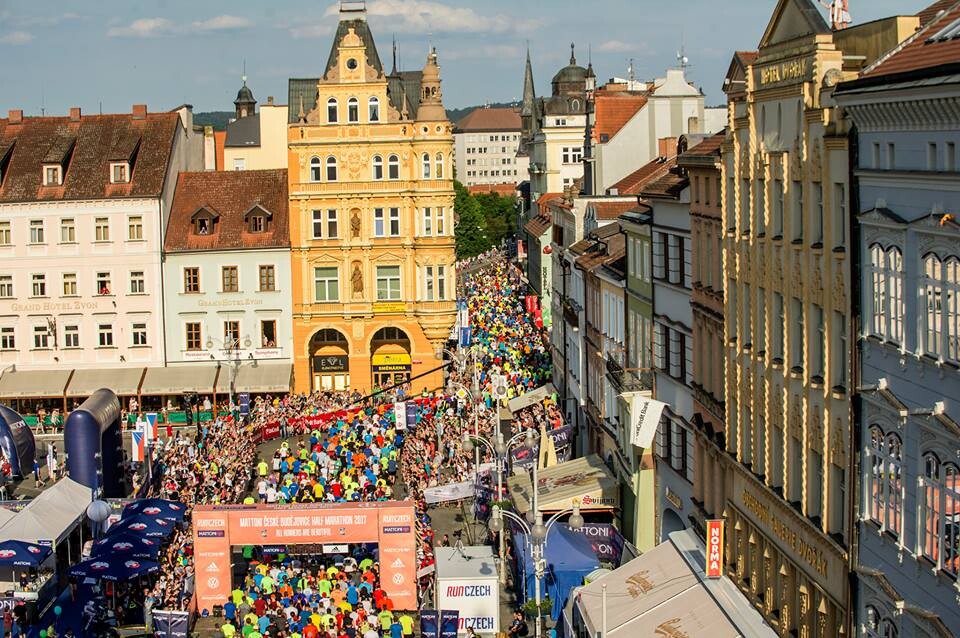
“Although I don’t really like to run races in training pace, I chose this strategy for today. My coach and I decided to do it mainly for health reasons and also because of the upcoming track races. But the overall assessment is positive and I am glad that especially my health is holding up,” Vebr summed up.
The fastest woman was Maryna Nemchenko from Ukraine, who ran a significant part of the race alone trying to catch some men to help her pace. “If I had run with another female competitor, it would have been easier, running alone is hard. I always tried to catch up with whoever was ahead of me, I’m satisfied,” Nemchenko assessed after the race.
The Ukrainian surpassed the best European race time of Tereza Hrochova from 2022 by half a minute. Her compatriot Nataliya Semenovych finished second, while Moldova’s Lilia Fisikovici finished third. Hana Homolkova succeeded in a close battle between the Czech competitors, beating Aneta Císařová. Tereza Jagošová finished third.
by Christopher Kelsall
Login to leave a comment
Mattoni Ceske Budejovice Half Marathon
Held in the stunning city with over 750 years of history, the Mattoni Ceske Budajovice Half Marathon is one of the most exciting races of the RunCzech Running League. With both speed and beauty, it offers a flat and fast course that led to a great result of the race premiere in 2012. Start the race in the colorful heart...
more...Choosing Morning Runs Over Evening Drinks
Instead of temporarily drowning her anxiety in alcohol, this writer learned she can soothe it by running.
To keep the cold at bay one December night in 2022, my friend Justine and I got together for some mulled wine, a hot drink as delicious as it is sentimental to me, reminding me of holiday gatherings and Christmas markets back home in the Czech Republic. As the familiar sweet smell of star anise, cloves, cinnamon, and lemon filled my apartment, I declared out loud (more to myself than to Justine) that I had a 10-mile run on my training plan the next day, so I needed to take the night easy.

I was training for a 30K run on my 30th birthday, my longest distance to date, so I wanted to be rested and hydrated. Three cups of mulled wine later, I woke up from a short doze at 3 a.m. with a headache, just to helplessly stare at the ceiling until falling back asleep sometime in the early morning hours, swearing to myself I would never drink again. Tale as old as time.
I first came home drunk when I was 15. My parents didn’t notice. It was the year they were splitting. Their arguments were quiet, but the consequences spoke volumes. Money had become a point of contention at one point, and I was withdrawn from after-school activities, including basketball and the majority of my dance classes. I didn’t know what to do with myself. So when a clique I had been seeing around my hometown invited me to hang out with them, I was happy for some distraction from my newly gained free time as much as the silent war at home. They were the cool kids, which meant I was cool now, too! They drank cheap boxed wine any night—school or weekend—they could pull enough money together. They came from divorced or one-parent families. No one was waiting for them to come home either. I felt understood. And so when the boxed wine made its round to me, I took a swig, and then another one. I despised the taste, but that didn’t matter; I belonged.
Over time, boxed wine turned into bottles of cheap liquor. At 17, I looked to alcohol to help me tune out any negative feelings and thoughts, while also smoking my lungs away, often coming home just as the sun was making its way into the sky, unable to piece together the full night from the tidbits I remembered. By 20, I could outdrink almost everyone in the group.
At age 20 was also when I moved to the U.S. In a matter of a single flight over the Atlantic, I became underage again, entering a much stricter country that wouldn’t allow me to even go to a bar. And I had to quit smoking because the host family I moved in with wouldn’t tolerate it. With no substance to help me escape my racing mind, I had my first panic attack. One piece of advice I received was to try exercise. Willing to do anything that would help prevent another similar episode, I bought a pair of cheap workout shoes and a YMCA membership. I found my way to the treadmill because it seemed to me the least intimidating equipment at the gym. To my surprise, I enjoyed it.
But old habits are hard to shake, and I eventually turned 21. Although running was great, I felt no obligation to do it. So what if I skipped a day at the gym because of drinking the night away? I had fun, didn’t I? That’s what I told myself for the next nine years, while my hangovers grew progressively worse and I wasted weekends lying around, feeling sick.
So not being able to get out for a run on that sleep-deprived, heavy-headed morning after the mulled wine episode wasn’t that unusual. But this time, something shifted. Instead of my typical “so what” attitude, I grew mad. I had a goal to achieve, and therefore something needed to change. I decided to cut out alcohol for the remainder of my training. I promised myself I would celebrate with a Moscow Mule, my favorite cocktail, after I finished my birthday challenge.
I got through Christmas and New Year’s Eve sober—something that hadn’t happened since I was 14—and in January 2023 I ran my 30K. But when the time came to order that celebratory drink, I wasn’t in the mood. It was about a week later, when my legs recovered and I went out for an easy run, that I realized I was far more looking forward to putting in the morning miles than having a drink in the evening. So I decided to wait to drink until I truly felt like having one. Over a year later, that moment still hasn’t come.
Gradually, but surely, it has dawned on me that running helped me deal with my anxiety and stress in ways alcohol never truly did—that the benefits of running far outweigh whatever temporary numbness alcohol provided. I run a little faster on days my chest feels tight (and I entrust my invasive thoughts to my therapist instead of to alcohol).
This is not to bad-mouth booze and forget the fun times I surely had. I never planned to stop drinking completely, and somewhere down the line I might start over with alcohol in a healthier way. Who knows? For now, I’m much more excited about having a clear head, mornings with no hangover, and the miles I get to put in. For the first time in a long time, I can say I feel happy and in control of my life. Cheers to that!
Login to leave a comment
Ethiopians Lemi Berhanu Hayle and Bedatu Hirpa Badane win the Prague International Marathon
Ethiopian Lemi Berhanu Hayle won the 29th edition of the Prague Marathon in commanding fashion, running away from the field at 25km and not giving anyone else a chance. His winning time was 2:08:44, one minute and 44 seconds ahead of second place Kipkemoi Kiprono. Martin Edlman (2:22:19) produced the surprise performance of the day, becoming the first Czech finisher.
“The race had a great standard. You never get tired of seeing the joy on the runners’ faces. We are all already looking forward to the jubilee thirtieth year,” said Carlo Capalbo, president of the RunCzech organizing committee, whose events have been awarded World Athletics labels.
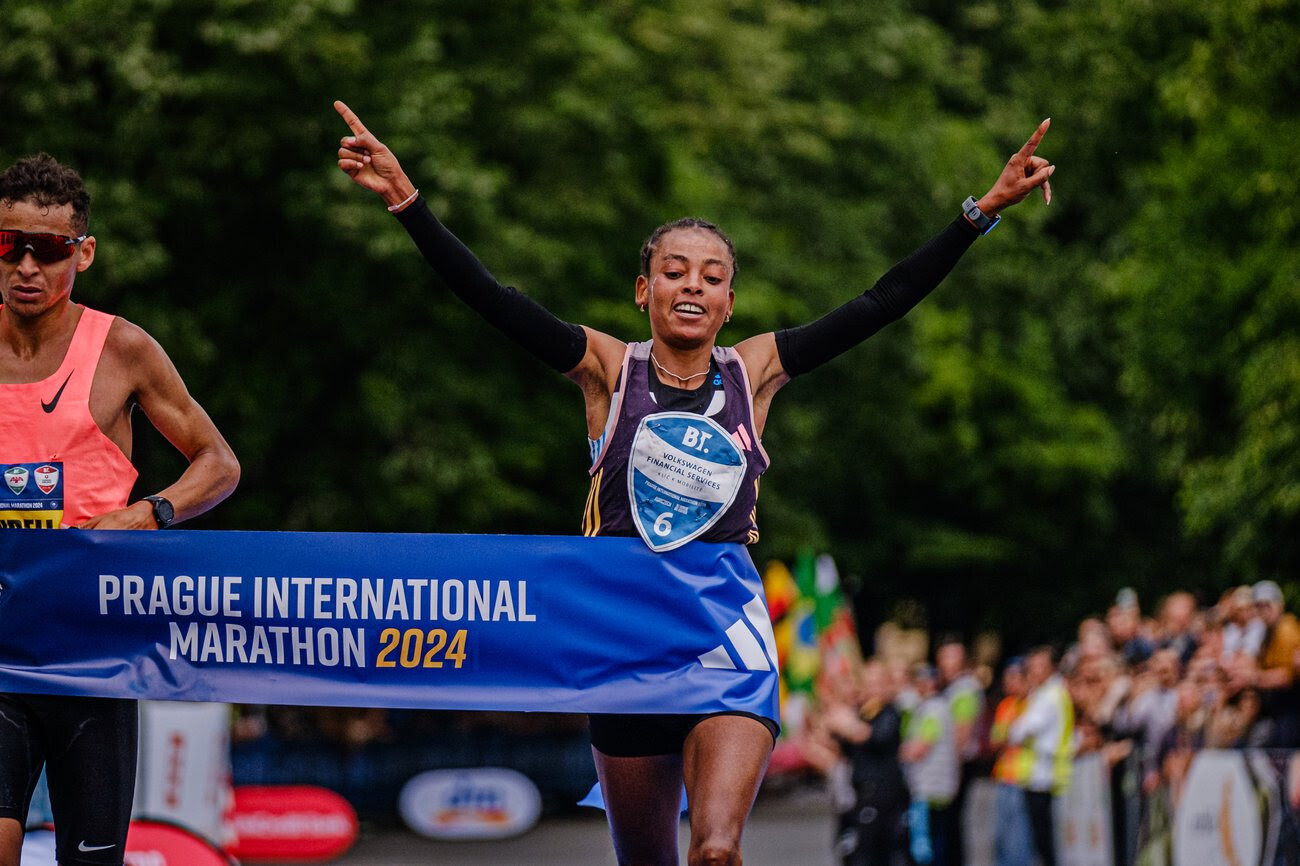
The men
Last year’s race record by Alexander Mutiso still stands at 2:05:09, but Lemi Berhanu Hayle, winner of the 2016 Boston Marathon, put on a great performance. “I am very happy. I wanted to win here. And it worked, so I’m very happy. It was difficult mainly because of the nasty wind,” Hayle said. Kenyan Kipkemoi Kiprono (2:10:28) finished in second place, while his compatriot Joshua Kipkemboi Kogo (2:10:51) secured third place.Four runners who had already run under 2:05 were competing for the win.
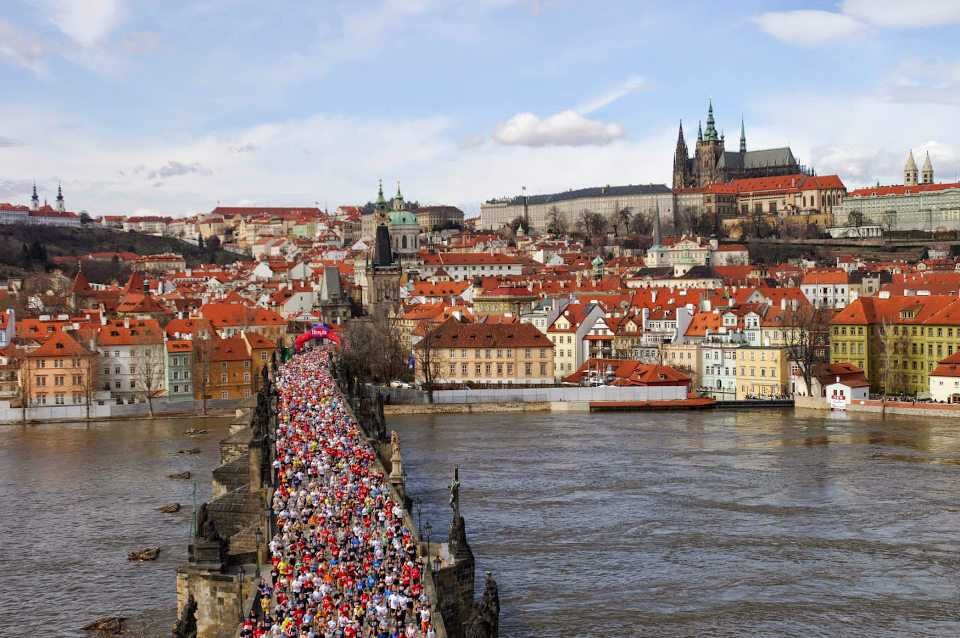
Herpasa Negasa Kitesa, Abebe Negewo Degefa, Lemi Berhanu Hayle and Abayneh Degu Tsehay all came to the race in good form, but today Hayle was able to pull away from them with ease and secure a clear victory. “I felt very good from the beginning. It was a beautiful race, Prague is beautiful and the fans cheered us on all along the track. I would like to come back here again. It came out perfectly,” said the Ethiopian champion.
The women
In the women’s race, Ethiopian Bedatu Hirpa Badane won in the time of 2:23:41, surprising even the biggest favourites. In second place was the Kenyan Dorcas Jepchirchir Tuitoek clocking a 2:24:50. She was followed by another Ethiopian in Amare Shewarge Alene (2:27:32) who at 37 years of age was only minutes behind her personal best, despite the challenging conditions.
The Czech Republic champion was Petra Pastorová (2:47:03). “I am extremely happy. Considering my age, it was difficult, but I enjoyed it,” said the 47-year-old winner.
by Christopher Kelsall
Login to leave a comment
Prague Marathon
The Volkswagen Prague Marathon, established in 1995, has evolved into a premier event on the international running calendar, renowned for its scenic course through one of Europe's most picturesque cities. The marathon's route meanders through Prague's historic streets, offering runners views of iconic landmarks such as the Charles Bridge and Old Town Square. The predominantly flat terrain provides an excellent...
more...How Emil Zátopek helped create the Prague International Marathon
Founder of Prague International Marathon Carlo Capalbo opens up about meeting in 1995 that changed everything
This weekend’s Prague International Marathon will be the 29th edition of the event and, courtesy of organizers RunCzech, has become one of Europe’s fastest-growing road races.
It was founded back in 1995 by Carlo Capalbo, alongside 1988 Olympic men’s marathon champion Gelindo Bordin and quadruple Olympic gold medalist Emil Zátopek.
Zátopek, nicknamed the “Czech Locomotive”, is one of the country’s greatest ever athletes. He is best known for being the only person in history to claim three Olympic gold medals over the 5000m, 10,000m and the marathon in the same Games, at Helsinki 1952.
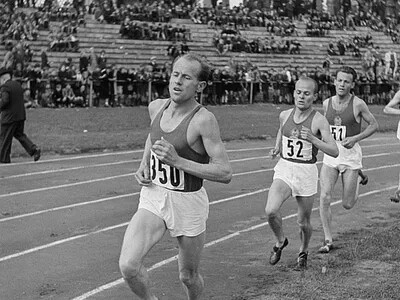
Incredibly, Zátopek’s gold in the marathon came in his first ever race over 26.2 miles.
The Czech athlete was also the first runner in history to go sub-29 minutes in the 10,000m and went undefeated in his first 38 races over the distance from 1948 through to 1954.
Zátopek’s legacy isn’t just defined by his athletics achievements though. The 8000-plus runners that will take to the streets on Sunday (May 5) for the Prague International Marathon – starting and ending around the Old Town Square – can thank Zátopek, Capalbo and Bordin for their vision back in 1995.
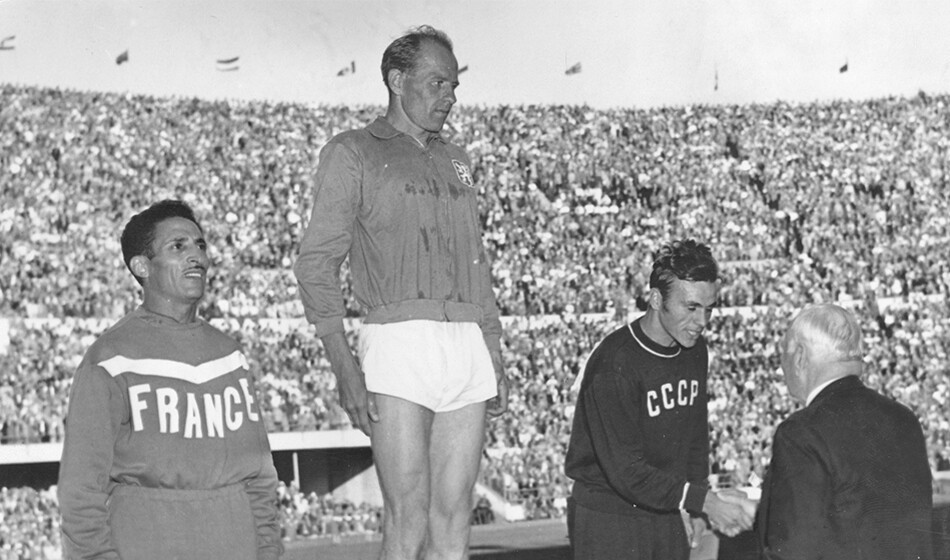
“You know, nearly 30 years ago I had this simple and beautiful dream,” Capalbo tells AW. “A friend of mine [Bordin] said to me that we should organize a marathon. So we went to see Mr Zátopek. That was the start of everything.
“When we went and met Mr Zátopek, we started off with a coffee and bábovka. At the end we tasted some lovely brandy that Mr Zátopek had. After that, we’d devised the marathon but we needed to work out where the people would run.
“So Mr Zátopek decided to draw the course for the Prague International Marathon on a napkin. The rest is history.”
The elite winners in the inaugural year of the event were Ethiopian Turbo Tummo (2:12:44) and Ukrainian Svetlana Tkach (2:38:33).
Since then, the course records have plummeted and are currently held by Alexander Mutiso (2:05:09 – 2023) and Lonah Salpeter (2:19:46 – 2019), although sadly Zátopek did not live to see the recent races as he died in 2000 aged 78.
Prague is a historically quick meet and the fact that the IOC have extended the qualification period for the Olympic marathon past the April 30 date, to include the Prague International Marathon, says a lot.
It means runners from a multitude of continents have flocked to the Czech Republic to meet the standard.
“The Prague International Marathon is a very prestigious event for both the IOC and World Athletics,” Capalbo says.
“There are so many people running to get the standard. The Olympics is the pinnacle of sport and it’s a celebration.”
Capalbo is also keen to stress of the importance of the masses. He states that running is much more than just one individual and his mission is to create sports events to make “people happy and healthy”, plus making the sport “more watchable for the general public”.
“This is not a normal job and running is not a normal sport,” he adds. “It’s a little bit specific. We wanted to give the perception that the winners of running are those who finish the race, not just those first across the line. The marathon is a fantastic advertisement for the city and it’s great for people’s mental health.
“We are a small country in the Czech Republic and many people come from abroad to the marathon. It’s a great income for Prague. This generates happiness and love for an event which is a tradition for us.”
There will also be the added element of “Battle of the Teams”. Successfully introduced last year, the idea is that both masses and elites are split into teams. It means that the placing of every runner matters.
This year, there will be four teams: Team Mattoni, Team Prague Airport, Team Turkish Airlines and Team Volkswagen.
“There is still the elephant in the room,” Capalbo says. “The masses don’t know the name of the winners. It’s why we’ve done Battle of the Teams so the people taking part in the marathon can look at the names of the elite athletes.
“We want to get the people close to the elite athletes. They also need European legends like Paula Radcliffe, Sebastian Coe and Rosa Mota to look up to. When you go to watch a football match you go crazy for your team and that’s what I need to see in running.”
by Tim Adams
Login to leave a comment
Prague Marathon
The Volkswagen Prague Marathon, established in 1995, has evolved into a premier event on the international running calendar, renowned for its scenic course through one of Europe's most picturesque cities. The marathon's route meanders through Prague's historic streets, offering runners views of iconic landmarks such as the Charles Bridge and Old Town Square. The predominantly flat terrain provides an excellent...
more...Man Breaks World Record For Fastest Barefoot Half Marathon Run On Ice
Josef Šálek of Czechia ran 1:50:42 in freezing temperatures, wearing nothing but a pair of shorts.
Josef Šálek is the proud new Guinness World Record holder for the fastest half marathon completed barefoot on ice/snow, a feat he accomplished in 1:50:42 clad in nothing but a pair of short tights and an ecstatic grin. The Czech therapist, lecturer, and personal development coach bested the previous record of 2:16:34 set by Dutch runner Wim ‘The Iceman’ Hof in 2007.
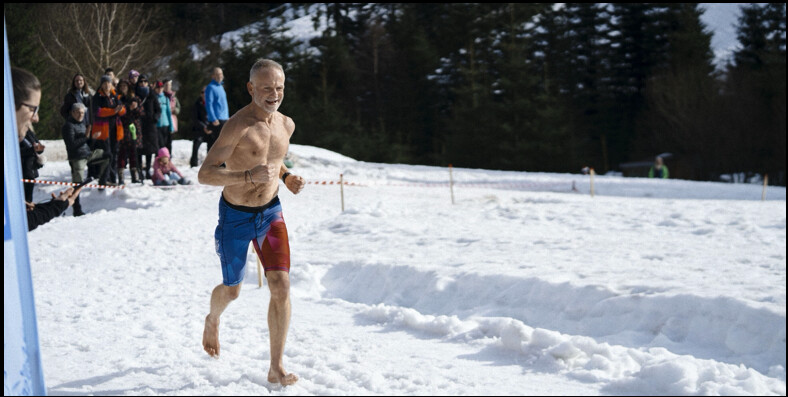
It’s not his first world record either. In 2023, the fitness enthusiast proved his extreme abdominal strength by holding a plank for 9 hours, 38 minutes, and 47 seconds, besting the previous record by more than eight minutes.
The new record for the fastest barefoot half marathon on ice was set on an open circuit in a valley near the highest mountain in Czechia (previously referred to as the Czech Republic), measured by a professional surveyor.
Technically, Šálek’s preparation for the record began back in 2013, before he even became a runner. He started hosting workshops where he would walk barefoot over hot coals and glass shards. “I needed to show people how to manage their fears and lack of self-confidence in practice,” he wrote on his website.
Then in 2017, after going through a breakup and struggling with unhealthy eating and alcohol and cigarette use, he decided to try running. It provided a distraction from his heartbreak.
“My communication with my body developed strongly,” he wrote, “and after only a few months I had the need to run barefoot and half-body. Since then, I regularly run several tens of kilometers or marathons year-round barefoot.”
In the two weeks leading up to his official record attempt, Šálek submerged his feet in a tub of ice everyday. The night before, the course froze over and it appeared that it wouldn’t be possible for Šálek to run that day after all, but after volunteers raked the ground, the athlete was able to embark on his mission to embrace the pain cave.
On the course, Šálek zigzagged and adapted his running pattern to keep from slipping on the ice. It was by no means easy—picture running an 8:27/mi average pace over sharp, slick ice whilst barefoot and scantily clad—but thanks to his training and mental fortitude, Šálek conquered his goal, and made it to the finish line with a broad smile on his face. The Guinness World Records official adjudicator, Pravin Patel, was on site to announce Šálek’s successful attempt and to hand him his certificate.
After his abdominal plank world record, Šálek told an interviewer, “I knew that in my case it’s not about demanding physical training, but rather about mastering the process… about my mindset.” One of the mental techniques he practiced was acceptance; he embraced the difficulty of the exercise. Making peace with the physical discomfort probably went a long way in helping him towards his new superlative on the ice as well.
by Runner's World
Login to leave a comment
How change of shoes helped youngster Letsile Tebogo smash world record
Letsile Tebogo ran faster than Michael Johnson and Usain Bolt to set a new world 300m record but that would perhaps not have happened had he not changed his running shoes.
Botswana sprint sensation Letsile Tebogo is currently basking in the glory of his new world record after lowering the 300m mark last weekend.
Tebogo smashed the world 300m record following an incredible run at the Simbine Curro Classic in South Africa, running 30.71, to beat South African Wayde van Niekerk's mark of 30.81 set in Ostrava, Czech Republic in 2017.
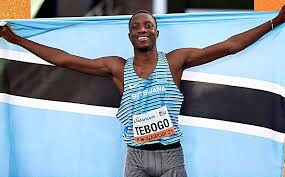
In what was a world lead and his personal best over the distance, the 20-year-old obliterated the field to take a giant lead, leaving a big gape between him and the chasing pack as he sprinted to the finish line.
It has now emerged that things would have perhaps been different had he not opted for a change of shoes, having decided to ditch his trainers for spikes ahead of the race.
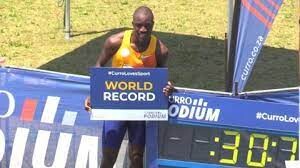
Since sustaining an injury that locked him out of the Zurich Diamond League 200m finals, Tebogo has not used spikes and wore trainers in his season-opening race in January, but his coach Dose Mosimanyane advised him to use spikes in last Saturday’s race in Pretoria only to yield a world record.
“The world record was not in the plan. But I am not surprised. With his training partner, Bayapo Ndori and other athletes in the mix, I knew he would do something but this is not what we came here for,” Mosimanyane said.
The world 100m silver medallist did not just break the seven-year world record but his time was faster than that of American great Michael Johnson, who clocked 30.85 at the same venue in 2000, and Jamaican sprint legend Usain Bolt, who timed 30.97 in 2010.
The world 200m bronze medallist had an impressive 2023 season when he became the first African to win a medal at the World Championships in 100m and also the first from his country to achieve such a feat.
He is hoping to go one better this during the Paris 2024 Games in France where he is seeking to make history by winning his country’s first ever Olympics gold.
by Joel Omotto
Login to leave a comment
Mary Moraa has returned to training for a grueling 2024 season and is using one of NBA legend Shaquille O'Neal's famous quotes to motivate her
Reigning world 800m champion Mary Moraa is surely on a mission to make history this year as she eyes the Olympic Games in Paris, France scheduled for July 26 to August 11.
As she burns the midnight oil to ensure she makes her dreams come true, Moraa is not leaving her fans out of the mix as she keeps updating them on what she is up to.
In her recent Facebook post, she shared a video of her training at the Nyayo National Stadium and captioned the video with one of NBA legend Shaquille O'Neal’s famous quotes.
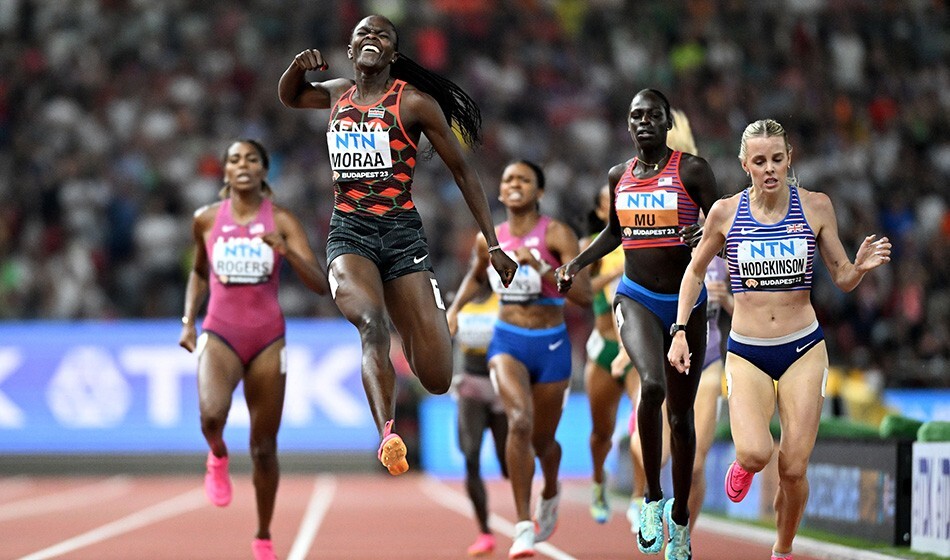
The Commonwealth Games champion said: “Excellence is not a singular act but a habit. You are what you do repeatedly.”
She also added other two photos after returning to training and captioned them saying: “I really enjoyed my first track training session this season with my training regime.”
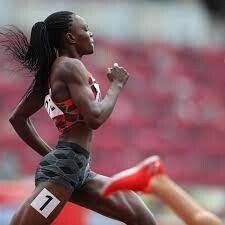
O’Neal was one of the greatest basketball players and centers of all time and Moraa recognizing him means she is on the right track.
Meanwhile, Kisii Express has made it clear that she wants to clock 1:53, the women’s 800m world record, and she is surely putting in the work.
The world record has surely stood the test of time and the world is banking on Moraa to shatter it. It was set by Jarmila Kratochvílová back in 1983.
On July 26, the Czech athlete took to the Olympiapark Meeting in Munich’s Olympic Stadium and shattered the 800m world record, clocking 1:53.28 to win the race.
by Abigael Wuafula
Login to leave a comment
World 24-hour record for Miho Nakata
Japanese ultra-runner sets women’s all-time best by slim margin as Aleksandr Sorokin takes men’s title at the IAU World 24-hour Championships in Taipei
Japan’s Miho Nakata set a women’s world record when winning the IAU World 24-hour Championships in Taipei on Saturday (Dec 2) while Lithuania’s Aleksandr Sorokin retained his world crown and the British team won bronze in the men’s race, Adrian Stott reports.
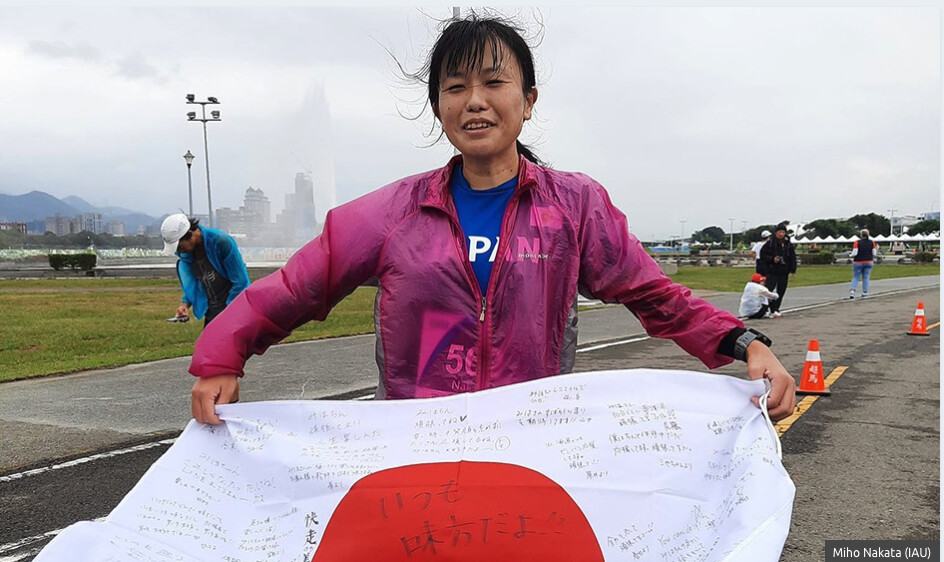
With final results still to be confirmed, organisers are reporting a distance of 270.363km (167.995 miles) which, if confirmed, will surpass the distance set by Camille Heron of 270.116km (167.842 miles) at the last edition of the championship in 2019 by a mere 246 metres.
Nakata had been the early leader and at six hours had reached 78km, with Finland’s Noora Honkala and Herron in second and third. She reached 100km in around 7hr 50min, a total of 10 minutes up on Herron’s split from her world record run in 2019.
At halfway, Nakata had accumulated 146km, on par with Herron’s record split at the 2019 event in Albi. Herron was lying second with 142km, Norway’s Line Caliskaner was on 140km with Spain’s Carmen Maria Perez and Honkala also on 140km.
Herron seemed to encounter difficulties and retired at this point, leaving Nakata to power on and reach 100 miles in approximately 13hr 25min with Spain’s Perez at about 13:45 and Honkala at 14.00.
By 20 hours, Nakata had reached 228.00km. Although still moving well it looked like she was falling slightly behind record schedule despite being 12km ahead of Perez, as Ukraine’s Olena Shevchenko moved up to third.
A strong final three hours by Nakata took her past Herron’s mark, seemingly in the final minutes of the race. Shevchenko took the silver, while previous champion and world record holder Patrycja Bereznowska of Poland took bronze.
Putting Nakata’s run in perspective, her distance was only beaten by four of the men in the championship and increased her 24-hour PB by 14km from 256.024km. She also has a 100km best of 7:19:12 when finishing at the 2023 World 100km Championships in Berlin.
Positions changed a lot in the last couple of hours, with the likelihood of several national records yet to be confirmed in both the women’s and men’s races.
In the team competition, the experienced Polish team paced well to take the gold medals. Japan claimed silver and Czech Republic the bronze.
Sorokin retains global title
Aleksandr Sorokin had a similarly emphatic victory in the men’s race, although falling short of his current world record.
At six hours he led Brazil’s Denison Da Silva by 2km, with Greece’s Fotios Zisimopoulos in third. Reaching the first landmark of 100k in just over seven hours, he was slowly stretching his lead out.
Sorokin hit 100 miles in approximately 11hr 35min and totalled 166km at halfway. This compared with a 170.9km split when he set his exceptional world record of 319.614km in Verona last year. Zisimopoulos reached halfway in 158km, with Ukrainian Andrii Tkachuk now third.
Sorokin maintained a strong pace in the second half of the race to take the victory, surpassing 300km for the third time in his career to retain his title. Zisimopoulos, who had broken the record in the 245km Spartathlon race in September, cemented his place in the world ultra standings, taking second place with over 290km to gain his first ultra championship medal. Tkachuk took the bronze.
Lithuania took the gold medals in the team competition, with Poland taking silver.
Superb pacing from the Great Britain and Northern Ireland men’s team saw them earn well-deserved bronze medals.
Daniel Hawkins led the British men home in 10th, Former European 24-hour champions Dan Lawson was 17th and British record-holder Robbie Britton was the third counter in 22nd place.
by Jason Henderson (Athletics Weekly)
Login to leave a comment
Adkin and Allen among winners at Mountain Running World Cup final
Great Britain’s Scout Adkin and Joe Steward opened the Valsir Mountain Running World Cup Finalissima at Sky Gran Canaria with victories in the uphill race on Friday (13), while the long distance race on Saturday (14) was won by USA’s Christian Allen and Spain's Ikram Rharsalla Laktab.
Pace adjustment is key to successful mountain running as conditions, terrain and – as it turned out – even distances can change in the blink of an eye.
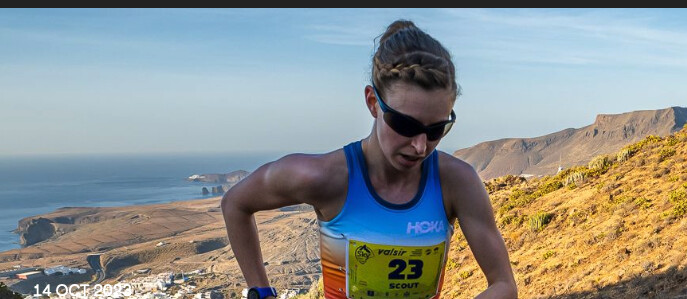
A weather alert was issued for the heat and possibility of forest fires and this meant the 6km uphill race – traditionally the opening event on this action-packed weekend – was reduced to 4km on a significantly altered route. Not only was the race shorter, it also didn’t climb above 400m due to the restrictions.
In the brutally hot conditions, with the temperature at 36°C at the start, it was Steward who quickly made the best of a tough situation as he raced to victory in the Sky A4Uphill event in 17:42. Steward placed eighth at the World Mountain and Trail Running Championships in Innsbruck earlier this year, but his recent results included wins at Canfranc and the Challenge Stellina mountain race in Italy, so he lined up as the man to beat.
Kenya’s Patrick Kipngeno, who is in the running for the overall men’s World Cup title, finished 11 seconds behind Steward’s winning time and secured second place. Allen was third in 18:00, Italian Henri Aymonod finished fourth in 18:18 and Philemon Kiriago – who led the men’s World Cup standings going into the event – was fifth in 18:33.
The women’s race was equally exciting as Adkin once again demonstrated her superb form. An early starter in a race that spanned 40 minutes from the first gun, she had to watch as the field tried – and failed – to match her 21:17 finish time. Looking incredibly strong on the technical section going into the final climb, it would clearly take something special to beat the Scot, the bronze medallist in last year’s European Off-Road Running Championships on the neighbouring island of La Palma.
As for the race in Gran Canaria, it featured a fast opening kilometre as the runners eased out of the coastal village of Agaete and then climbed steadily before the tough final ascent to Lomo del Manco on the volcanic rock paths the Canary Islands are so well known for.
With athletes starting every 30 seconds, the race was a superb spectacle and the results were in doubt all the way to the finish line. With no specific order, it was a case of hitting the climbs flat out. Tactics were for another day and for the two longer races (35km and 22km) taking place on Saturday and Sunday.
Adkin, who finished 15th overall, won the women’s race ahead of Finland’s Susanna Saapunki, who clocked 21:30.
Kenya’s Joyce Muthoni Njeru, who leads the overall women’s World Cup standings, placed third in 22:12, with her compatriot Philaries Kisang – currently second in the standings – finishing fourth in 22:58. Britain’s Sara Willhoit was fifth in 23:13.
Allen and Rharsalla Laktab prevail
Day two featured the longest race of the weekend, the Sky TPT38 Long. It was a demanding 38km, which had to be changed from the original 2736m of ascent and the sections of steep, technical ground due to the weather alert. However, it remained a great course, one that saw runners start down on the coast of Maspalomas before traversing a series of volcanic canyons.
If day one and the uphill-only race over 4km was all about flat-out power, this was very much a story of tactics, endurance, fuelling strategies and grit, not to mention the superb descending skills required for the final 12km.
Fortunately for the competitors, conditions had cooled slightly and the canyon walls provided much needed shade, so it was possible to really push hard from the gun.
It was the USA’s Christian Allen who did just that to seize the early initiative to open up a commanding lead of more than three minutes by 22km.
Allen has been in great form this year as his 2023 race programme demonstrates. The 28-minute 10km track runner has posted a string of impressive results all over the world, highlighted by a seven-minute victory in the Speedgoat 50km in the Wasatch Mountains, USA, an impressive second place at Vertical Nasego, and a third place at the Trofeo Nasego this Valsir Mountain Running World Cup season.
Allen, who is also a member of a newly formed Trail Team created to help athletes progress in the world of off-road running, crossed the line in 2:29:29, comfortably ahead of his compatriot Andrew Wacker, who clocked 2:35:52. Czechia's Ondrej Fejfar was third in 2:36:50.
"I’m tired, but I’m glad to be done," said Allen after his second race in two days, which began with a third place in the uphill race on Friday. "I was a little tired after yesterday and didn’t get much sleep because of the caffeine I’d taken, but competing is all about adapting and going out there and having fun."
A strong race on Sunday over the classic distance could see him move to as high as third in the overall World Cup rankings, but speaking after the long race, he was not sure if he will be on the start line for the third race of a packed weekend. “But you never know,” he laughed. “We’ll see how I sleep tonight.”
In the women’s race, a superb final 12km from Spain’s Ikram Rharsalla Laktab saw her haul back a four-minute deficit to win by more than a minute. At first glance it appeared to be down solely to her sensational running over the closing stages, given Italy’s Camilla Magliano had passed 22km more than four minutes ahead of Rharsalla Laktab, the Spanish representative in the World Mountain and Trail Running Championships in Innsbruck earlier this season.
Unfortunately for Magliano, however, the Italian had taken a wrong – and costly – turn in the final canyon and it was Rharsalla Laktab who crossed the line first in 2:27:26 with Magliano close behind in 2:59:01. After her fifth place in the uphill race, Britain’s Sara Willhoit was third in 3:17:14.
“I’m happy with the win,” said Rharsalla Laktab. “It was a very runnable course, although I do like a bit more of a technical course with a touch more climbing."
Now it is all about Sunday and the Sky A21 Classic, which starts and finishes at the Muelle Viejo de Agaete. Initially, this race was going to be over 50km, but the extreme weather conditions in Gran Canaria means this will now be a shorter two-lap race over 22km.
by World Athletics
Login to leave a comment
Sisay Lemma and Zewditu Gelaw triumph in Ankara
Ethiopian duo are too good for the rest as they claim titles in Turkish capital’s first ever international half-marathon, writes Wendy Sly
Sisay Lemma and Zewditu Gelaw won the inaugural Runkara Half-Marathon, a landmark race for organisers in Turkey.
Until Sunday (Oct 8), Ankara had been the only capital city in the world without a road race event – despite a population of over six million.
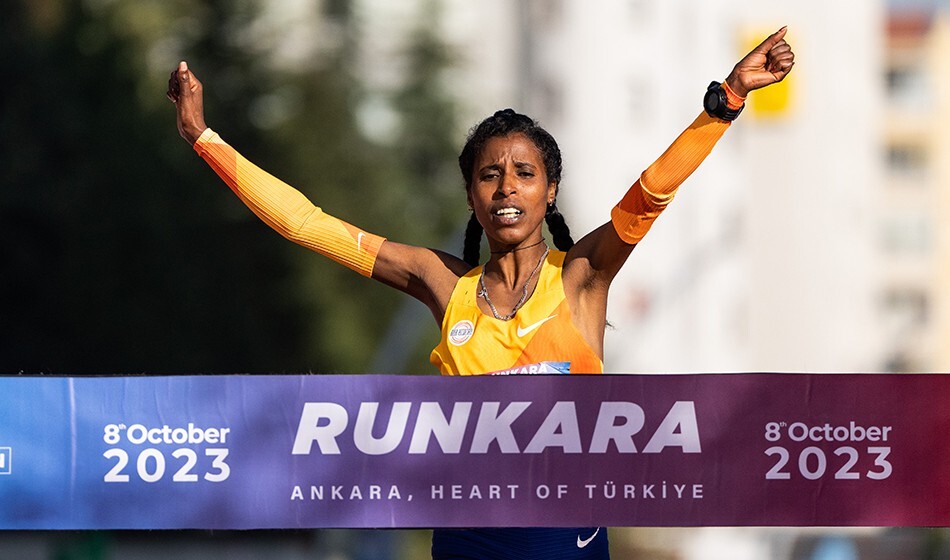
Appropriately starting within a stone’s throw of the Ataturk Mausoleum – Mustafa Kemal Ataturk founded modern Turkey 100 years ago this month – the course looped around the western side of the city centre in glorious conditions.
The first ever international half-marathon in the Turkish capital had 4000 entries, including an eye-catching elite line-up.
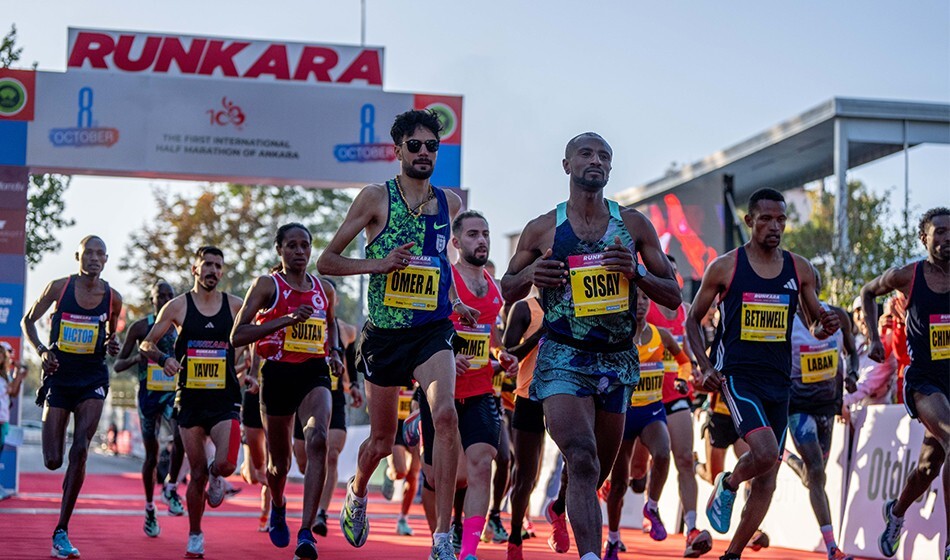
Lemma, the 2021 London Marathon champion, was one of the standout names in the men’s race while home favourite Sultan Haydar looked to challenge Zewditu Gelaw and Roselidah Jepketer in the women’s field.
The men’s event saw Victor Mutai and Julius Kipchumba set the early pace as the leaders went through the undulating first 10km in 29:27. By the 12km mark a small group of six had broken away. They went through in 38:05 and at a solid pace, bearing in mind the hills and 860m altitude.
Bethwell Yegon, who finished second behind Guye Adola at the 2021 Berlin Marathon, battled Lemma for a large proportion of the race. Lemma continued to push hard and, around the 50-minute mark, with roughly 3km to go, broke away. The Ethiopian won by 18 seconds in a time of 61:09 ahead of compatriot Chimdessa Debele (61:27), while Kenya’s Vincent Nyageo 61:44 was third.
In the women’s race, Haydar – a former Ethiopian now running for Turkey – went through 10km in 32:01 (67:30 pace) along with Gelaw and Jepketer. Gelaw was the pre-race favourite and made her mark on the race when it mattered the most.
Running a strong last 6km, the Ethiopian finished in 68:28 to take first place, with Haydar (69:09) in second and Kenyan Vivian Kosgei (70:10), making her half-marathon debut, taking third.
The Runkara event is sure to go from strength to strength when finding its place on the international road racing calendar. Race Director Victoria Blyth was instrumental in putting it together, alongside support from RunCzech.
by Athletics Weekly
Login to leave a comment
Runkara Half Marathon
Runkara Half Marathon is a marathon planned at international standards and includes both amateurs and professional participants. This race brings together elite athletes from abroad and the city for you. 21 km is for those who really want to challenge themselves and love long distance running. “All runners are beautiful.” We run to push our limits, stay healthy and have...
more...A battle of former winners expected at Sunday's Cardiff Half Marathon
The 20th edition Cardiff Half Marathon takes place on Sunday with strong fields assembled for the men's and women's races.
A battle of titans is expected at the 20th edition of the Cardiff Half Marathon scheduled for Sunday, October 1.
Shadrack Kimining leads the men’s field with a Personal Best time of 59:27 and will be returning to Cardiff looking to chase the course record. He has sweet memories of the event since it’s where he made his international debut with victory back in 2016.
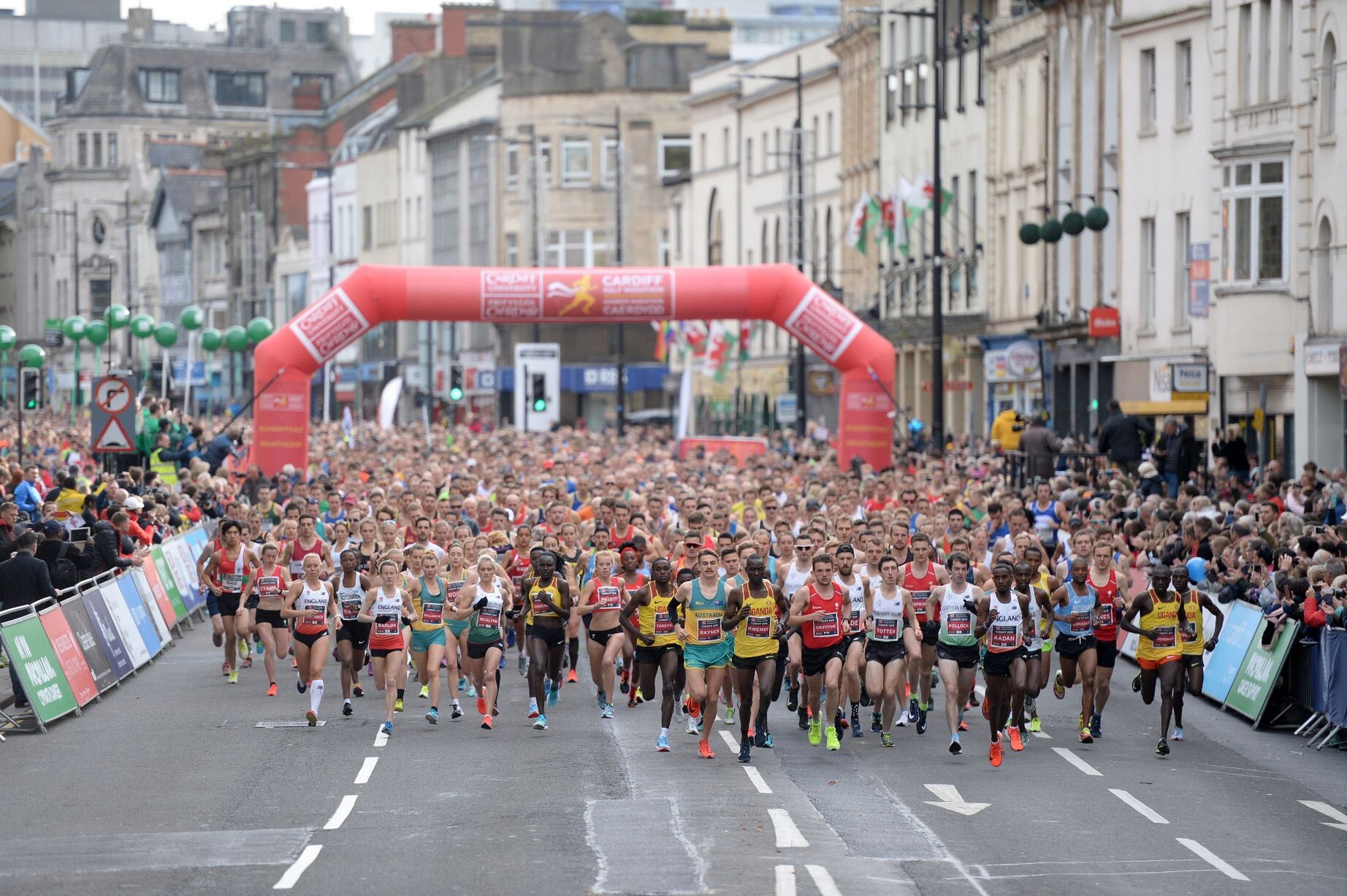
His last trip to Cardiff came in 2019 where he lost out to Leonard Langat in the closing metres to finish second in 59:32.
Last year’s winner Geoffrey Koech (59:32) will also be returning, looking to better his winning time of 60:01. Koech has since won the prestigious Boston Half Marathon and more recently finished third at the Prague Half Marathon in April.
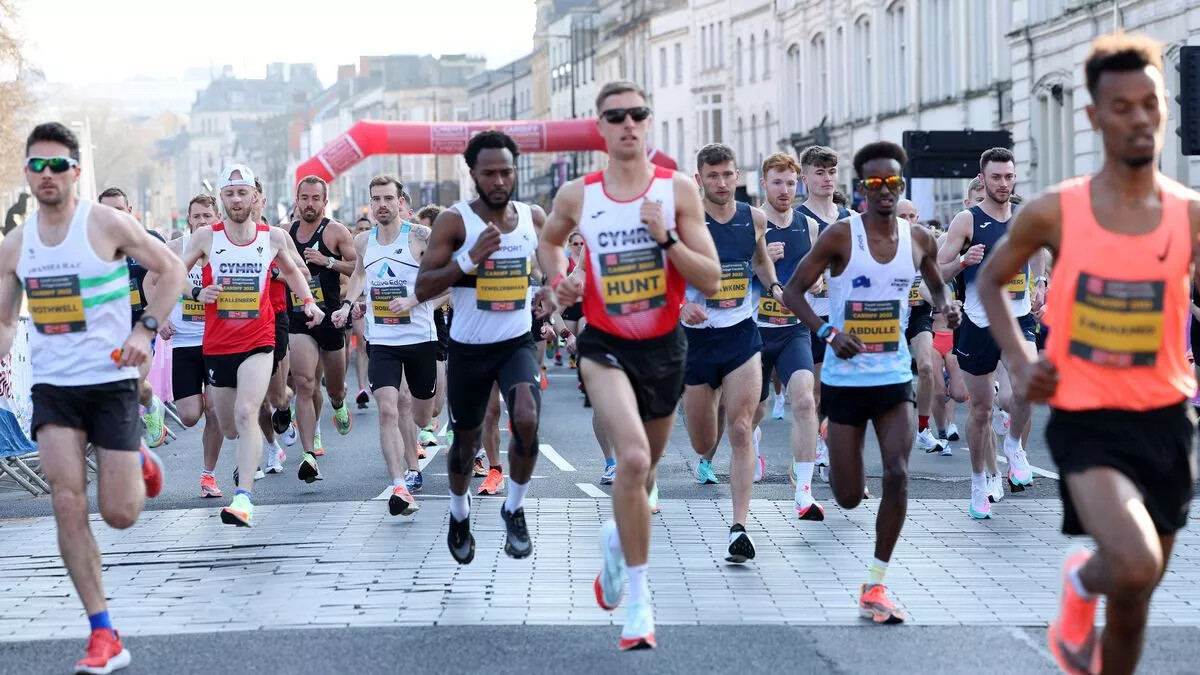
Benard Biwott (59:44) who won the Santa Pola Half Marathon and Wesley Kimutai (59:47) who finished second at the prestigious Rome Ostia Half Marathon in March will also be competing.
Challenging the Kenyan charge will be Hicham Amghar (59:53) of Morocco who will be looking to dip under the magical 60-minute barrier for a third time this year having finished fifth at Ras Al Khaimah in February with 59:53 and again in Istanbul finishing second in 59:58.
David Kimaiyo is an exciting debutant owing to his 10km best of 27:26 set at Castellon in February.
Bereket Zeleke (62:27) was fifth at the World U20 Cross Country Championships running for his native Ethiopia and made his debut for the distance in Antrim finishing 10th.
Further International interest sits with Morocco’s Omar El Harrass (61:55), Japan’s Takuya Kitasaki 61:51), and debutant Ben Eidenschink from the USA who was sixth at the US Cross Country Championships in 2022 and has a 10,000m best of 27:51.
Mestawut Fikir (66:44) of Ethiopia heads the start lists for the women’s race following her runaway victory at the Antrim Coast Half Marathon last month.
Her compatriot, Betelihem Afenigus (66:44) sits just two seconds slower on paper and won the popular Venlo Half Marathon earlier this year.
Challenging the Ethiopians will be defending champion Beatrice Cheserek (66:48) who will be familiar with the course and as a fierce competitor will be looking to retain her title on Sunday. So far this year Cheserek has won three half marathons, in Santa Pola, Riyadh and Tallinn.
Viola Chepngeno (66:48) was the runner-up last time and is another athlete who has been extremely busy over the last 12 months, along with Koech, also winning in Boston and lowering her P.B. for 10km to 31:05 in France this April.
Dorcas Kimeli (67:10) became the third fastest in history over 10km with 29:57 at the Birrell Grand Prix in Prague in 2019 and has previously raced in Cardiff back in 2017.
Costa Rican Record Holder for the Half Marathon and for the Marathon, Diana Bogantes-Gonzalez (73:08) will be in action in Cardiff, along with Marcela Joglova (73:46) of the Czech Republic.
Jenny Nesbitt (72:54) will head the Welsh contingent joined by Caryl Edwards (71:18), Anna Bracegirdle (73:21), Olivia Tsim (73:38), and Beth Kidger (76:27).
Further British Athletes of note include Olympian Sonia Samuels (72:19), Cambridge Half Marathon Champion Verity Hopkins (73:35), and Kirsteen Welch (74:42) of Exeter Harriers.
Josh Hartley (49:06) is the outstanding entry in the Men’s Wheelchair race, joined by 2018 Champion Tiaan Bosch (51:14) and multiple Cardiff winner Richie Powell. Martyna Snopek (63:02) is a previous winner of the Great North Run and will be racing in Cardiff on Sunday.
by Abigael Wuafula
Login to leave a comment
Wizz Cardiff Half Marathon
The Cardiff University/Cardiff Half Marathon has grown into one of the largest road races in the United Kingdom. The first event took place back in 2003. The event is not only the UK’s second largest half marathon, it is Wales’ largest road race and Wales’ largest multi-charity fund raising event. The race is sponsored by Cardiff University and supported by...
more...New study shows athletes how to beat competition heat
The potentially lethal cocktail of high heat and humidity, strenuous exercise and dehydration hit Czech endurance athlete Hana Švestková Stružková so hard during a championship event that her body went into meltdown mid-race and she lost consciousness.
Stružková was racing in the classic up and down 8.2km mountain event at the inaugural World Mountain and Trail Running Championships in Chiang Mai, Thailand last year when, 1.5km from the finish, she succumbed to heat stroke and lost control of her body.
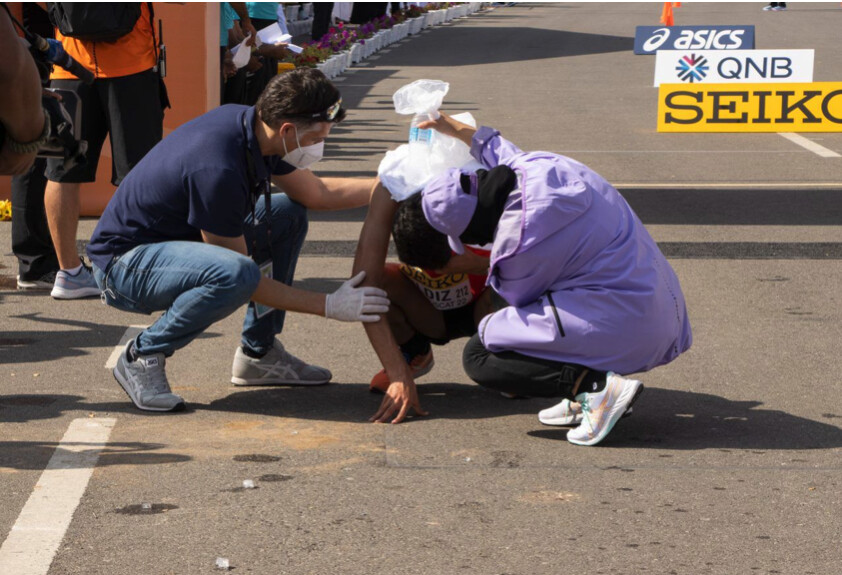
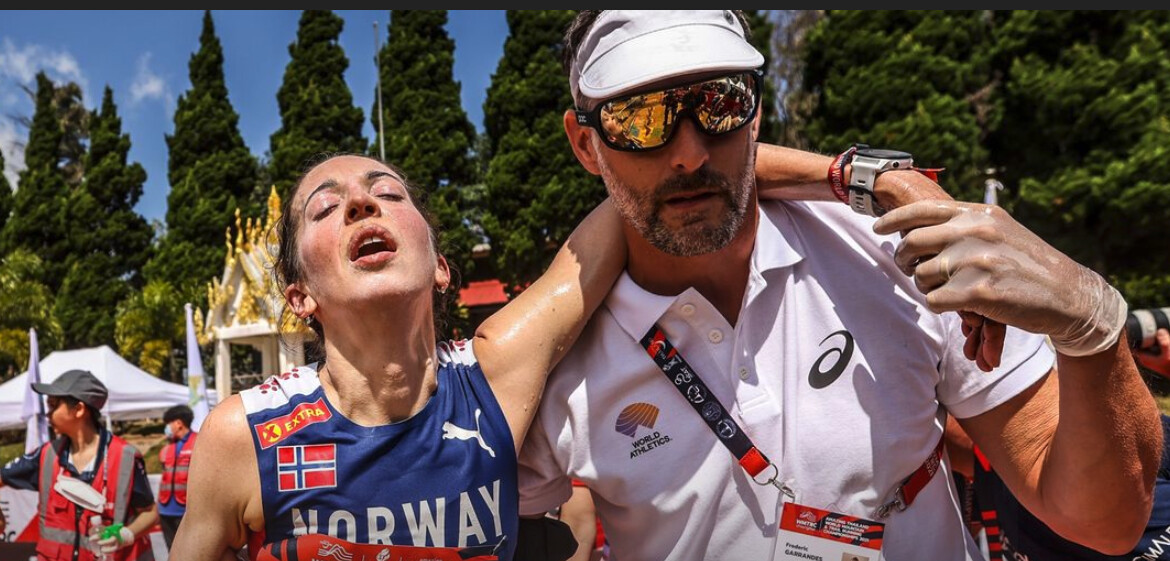
“Every step became harder, I couldn't run straight, my body became weaker and I couldn't control my legs,” Stružková recalled. “I fell down many times. Over the last 200 metres I could only scramble. It felt like a dream. After coming to the finish I was unconscious for one to two minutes and woke up in the medical tent. I couldn’t drink anything for about an hour and a half. I felt I would vomit. I felt very bad.”
Stružková admits she drastically underestimated the severity of the race conditions, she didn’t acclimate properly, and she didn’t drink enough water.
The urgent need to educate endurance athletes about the dangers to their health and performance posed by hot and humid competition conditions and how they can mitigate the risks were among the key findings of a new heat acclimatisation study by World Athletics.
Checking the weather before heading to a foreign climate may be standard practice for travellers, but the study found elite endurance athletes like Stružková were failing to check and prepare for the hot and humid conditions they’d encounter at championship events.
The study also found that while heat preparation information and strategies were available to all athletes and teams, ignorance prevailed and logistical, practical and financial barriers were proving too high.
World Athletics recruited 66 elite athletes – 42 men and 24 women – from 16 countries who competed at the World Athletics Race Walking Team Championships Muscat 22.
The study recorded the athletes’ preparation, knowledge and health, and the effects of competition heat, which can range from dehydration to death.
Race temperatures during the championships in Oman’s port capital of Muscat were 31.3C and higher than historical weather data which predicted average race-start environmental temperatures of 22.5C (morning) and 25.5C (evening).
The three race walk events held over 10km, 20km and 35km resulted in athletes being exposed to these race conditions for between 44 minutes and up to almost four hours, depending on the distance.
The study found a high number of athletes (83%) surveyed were ignorant of heat-related material that could aid their health and performance and 43 per cent did not prepare for the expected hot conditions, blaming the cost and availability of suitable equipment and facilities.
More startling was the lack of knowledge among female competitors in particular, with 42% of women compared with 14% of men surveyed more likely not to know the expected conditions they faced in Muscat for the championships.
Not surprisingly, athletes who implemented heat acclimatisation strategies were more likely to perform better. The study found that athletes who did pre-event heat training were more likely to earn a medal or finish in the top 10. The four surveyed athletes who earn medals did heat preparation and of the 15 surveyed who finished within the top 10, 80% prepared for the heat.
The study, Heat Preparation and Knowledge at the World Athletics Race Walking Team Championships Muscat 2022, was conducted by a 13-member international team led by the World Athletics’ Health and Science Department – whose primary mission is to protect athlete health – in conjunction with the School of Sport, Exercise and Health Sciences at the National Centre for Sport and Exercise Medicine at Loughborough University, UK.
Study lead Frederic Garrandes, World Athletics’ Health & Science Department Scientific Manager, said the reason for athlete, coach and team ignorance and inaction regarding heat acclimatisation was multifaceted. “A certain naivety, underestimation of risk, lack of communication and a lack of professionalism on the part of team managers and athletes,” Garrandes said.
“With global warming, we're increasingly faced with the problem of organising competitions in hot, humid conditions. This poses a health and performance problem for the athletes. The higher the temperature, the greater the number of medical encounters we have in the medical tent.”
The Muscat study builds on work carried out at the World Athletics Championships Doha 2019 by the World Athletics’ Health and Science department to also investigate heat preparation strategies used by endurance athletes.
In Doha, the capital of Qatar, 23% of road race athletes had a medical event, despite events being scheduled to start close to midnight to avoid the heat.
The 2022 Muscat study showed that despite the ready availability of educational resources, including a ‘Beat the Heat’ leaflet developed by World Athletics, a lack of knowledge persists – highlighting the urgent need to increase awareness and action.
Garrandes said publicising the study results far and wide could help bridge the knowledge gap. Making the findings and lessons “accessible in a comprehensible, simplified and multilingual way for lay athletes” was also vital.
There was also a pressing need to educate elite female athletes and athletes from cold/temperate climates in particular about the dangers of competing in high heat.
“Research in this area gives us a better understanding of the incidence of the problem, enables us to treat our athletes more effectively and to build educational programmes to educate our athletes and mitigate the risks,” Garrandes said.
Stružková has this advice for fellow athletes after suffering the debilitating effects of heat stroke while competing in Thailand: “You have to take the opportunity to acclimatise to hot and humid weather before racing in devil conditions.”
by Louise Evans for World Athletics
Login to leave a comment
Faith Kipyegon now plans to attack the 40-year-old 800m world record
Her main focus at the moment is to successfully defend her world title when she heads to Budapest later this month.
Triple world record Faith Kipyegon might be targeting the 40-year-old 800m world record if a chance presents itself.
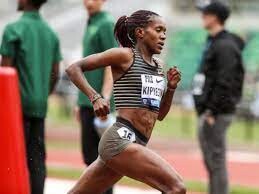
Kipyegon has a personal best time of 1:57.68, which she ran to win the Diamond League Meeting in Doha, Qatar in 2020. The last time she ran the two-lap race was last year during the Trials for the Commonwealth Games and World Championships where she finished.
After three world records, will Kipyegon consider lowering Czechia’s Jarmila Kratochvílova world record time of 1:53.48?
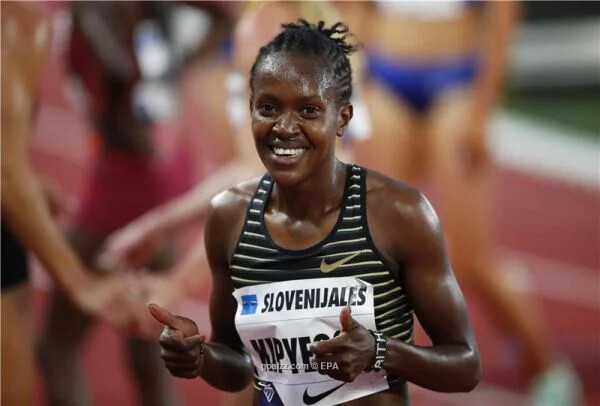
“I don’t know…800m is not easy…but anything is possible. For now, I leave that one for Mary Moraa, she is capable…or Athing Mu and Keely Hodgkinson.
They are all capable of breaking that barrier in the 800m. But if a chance comes whereby I am able to try, I’ll appreciate it,” Kipyegon told Olympics.com.
Her main focus at the moment is to successfully defend her world title when she heads to Budapest later this month.
She admitted to pressure ahead of the event since she will be doubling in the 1500m and 5000m. Her performance at the World Championships will determine greatly whether she will also be doubling at the Paris Olympics.
“I can’t go there like just an athlete, now I have three world records, they expect a lot from me. But going to Budapest, I have to just be myself and run my races and see what will happen at the finish line.
Having fun, enjoying sports and even life is amazing… it has been the drive of our success. It helps mentally (by distracting) you from thinking of races every day and upcoming races and what you want to achieve or what will be the outcome,” she said.
by Abigael Wuafula
Login to leave a comment
World Athletics Championships Budapest 23
From August 19-27, 2023, Budapest will host the world's third largest sporting event, the World Athletics Championships. It is the largest sporting event in the history of Hungary, attended by athletes from more than 200 countries, whose news will reach more than one billion people. Athletics is the foundation of all sports. It represents strength, speed, dexterity and endurance, the...
more...2023 Trail World Championships 80k Women’s Race
As with the men’s race, some of the pre-race favorites bowed out of the race early on with Blandine L’Hirondel (pre-race interview) dropping on the “start loop” out of Neustift due to foot pain from an existing injury. The rest of the field charged on, led up the first climb by Marcela Vašínová (pre-race interview) of the Czech Republic, Martina Valmassoi (pre-race interview) of Italy, and Akiyama Honokaof Japan.
The top five, made up of Allison Baca of the U.S., Vašínová, Azara García of Spain, Valmassoi, and Honoka, all came back through the village of Neustift at 18k and headed out into the mountains toward Innsbruck within two and a half minutes of each other.
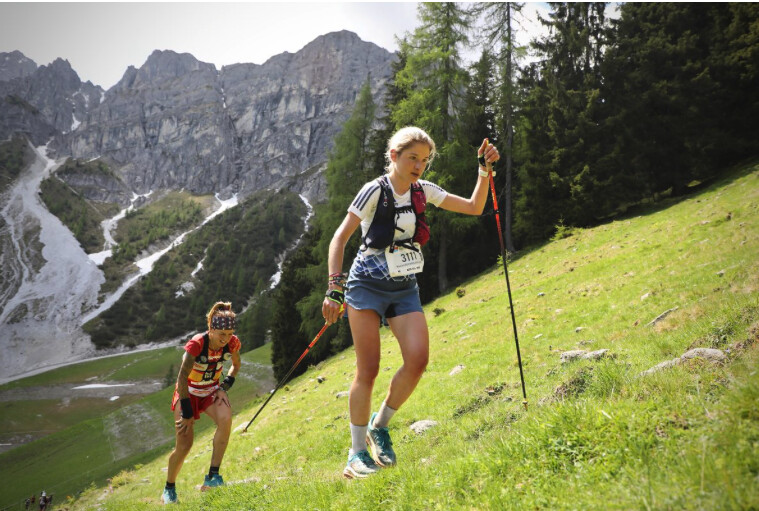
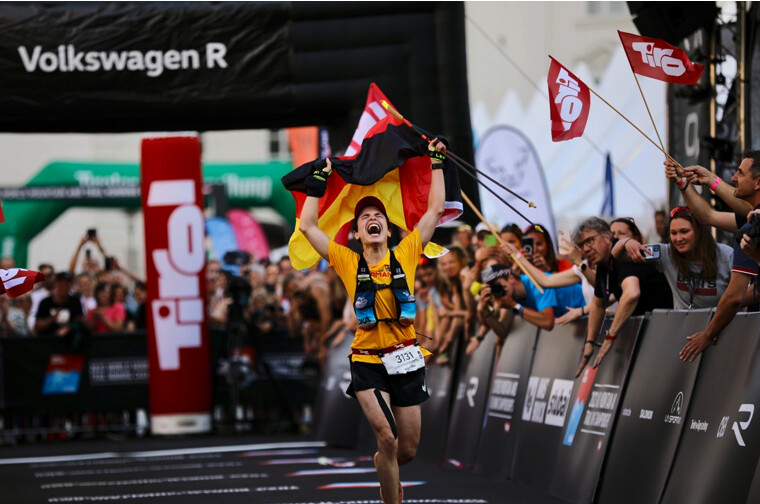
The front of the race continued to reshuffle up the day’s biggest climb, that 1,400-meter (4,600 feet) doozy. Vašínová continued to lead with a smile, opening up a sizable gap to Germany’s Katharina Hartmuth and Valmassoi, who were running within a minute of each other 36k into the race. Baca and Rosanna Buchauer of Germany rounded out the top five as the race approached the halfway point.
Vašínová’s and Valmassoi’s fast start seemed to take a toll on the two women as they traversed the following three climbs and descents high in the mountains, with Vašínová looking noticeably rougher than the quickly closing Hartmuth, who looked downright comfortable. By the top of the final 600-meter (2,000 feet) climb in the middle section of the course, the two women had dropped back in the standings with Hartmuth taking over the lead with a five-minute gap over second-place Manon Bohard Cailler of France. Buchauer and Marion Delespierre of France trailed second by less than half a minute now, 49k into the race and only one major climb left to go. Pre-race favorite Gemma Arenas of Spain continued to work her way up the field after a slow start and ran just inside the top 10 in ninth place.
The top five remained mostly unchanged except for a slight shuffle after the dramatic drop into Grinzens village at 54k, with Bohard Cailler, Delespierre, and Buchauer all running within 20 seconds of each other, four minutes behind Hartmuth, who continued to lead and look strong. She was clearly enjoying her day out in the mountains, but the descent seemed to take its toll. Bohard Cailler and Delespierre, who’d been chasing together after dropping Buchauer, finally closed the gap to the leader into the final drop to the town of Kranebritten at 66k. Now, with the top-three women within two minutes of each other with one massive climb to go, it was anyone’s race and all three started up the final incline focused and silent.
Delespierre seemed to be the one with the most gas in the tank for the final kilometers and huge climb as she quickly opened a three-minute gap on Hartmuth at 73k. The gap stayed steady over the top of the climb at 75k, with Hartmuth fighting hard to catch the leader on the final downhill run in to the finish. Bohard Cailler was a further six minutes behind at the top. From there, the gap opened significantly to Buchauer and Valmassoi.
The top-two women looked to be moving incredibly strongly on the final descent, but the distance to close the gap was rapidly running out for anyone giving chase. In the end, no one could touch a flying Marion Delespierre who would cross the finish line in first to win the 2023 Trail World Championships 80k. Hartmuth and Bohard Cailler held onto their respective positions about seven and 12 minutes back, and an elated Valmassoi finished fourth. Buchauer ran strong from start to finish to round out the women’s top five.
Login to leave a comment
World Mountain and Trail Running Championships
Welcome all athletes, officials, coaches, and families to THE AMAZING THAILAND WORLD MOUNTAIN & TRAIL RUNNING CHAMPIONSHIPS 2021 (WMTRC2021). The event will feature 80km and 40km trail races, classic up and down and uphill only mountain races. It replaces World Championships previously hosted with World Athletics, WMRA (mountain running) and IAU and ITRA (trail). The Amazing Thailand World Mountain and...
more...2023 Trail World Championships 80k Men’s Race
Starting under cool and clear skies in Neustift, the men’s race went out fast up the “starting loop,” which happened to feature a 1,200-meter (4,000 feet) climb over 8.2 kilometers straight out of the starting gate. While things hadn’t split up significantly over the first climb, both Zach Miller (pre-race interview) of the U.S. and Andreas Reiterer (pre-race interview) of Italy came across the top in the top 10, clearly stating their intents for the day.
Back down in the valley, the two chased Baptiste Chassagne of France as the top three, as the race left the Stubai Valley and headed back up into the mountains toward Innsbruck. Benjamin Roubiol of France, Peter Fraňo of Slovakia, Aritz Egea of Spain, and Thibaut Garrivier of France all ran comfortably in the top 10, though Garrivier looked noticeably distressed compared to the others. Pre-race favorite, Nicolas Martin (pre-race interview) of France, was not in contention and would eventually drop after the halfway point due to knee pain.By the 36k mark, Reiterer had taken over the lead from Chassagne as they went over the biggest climb of the day, tallied at 1,400 meters (4,600 feet). From an outside observer’s perspective, Reiterer looked incredibly comfortable, running well within himself and appearing to have everything under control. Egea, Miller, Roubiol, Garrivier, and Fraňo all stayed in the top 10, all within 10 minutes of each other, biding their time.
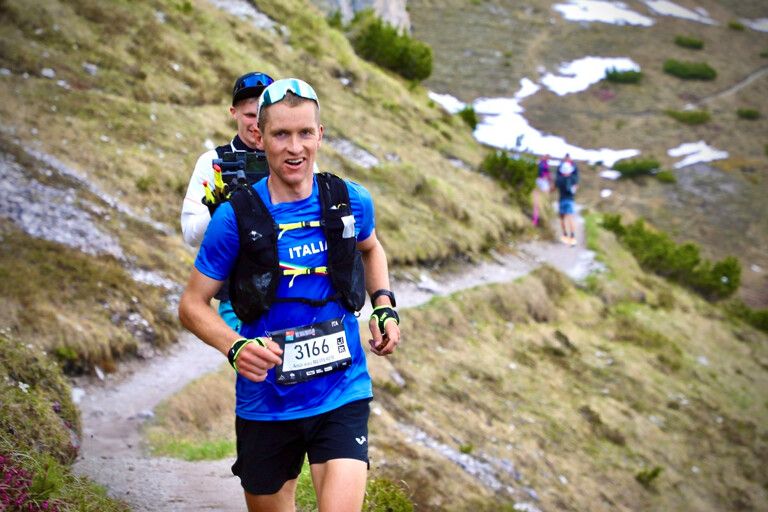
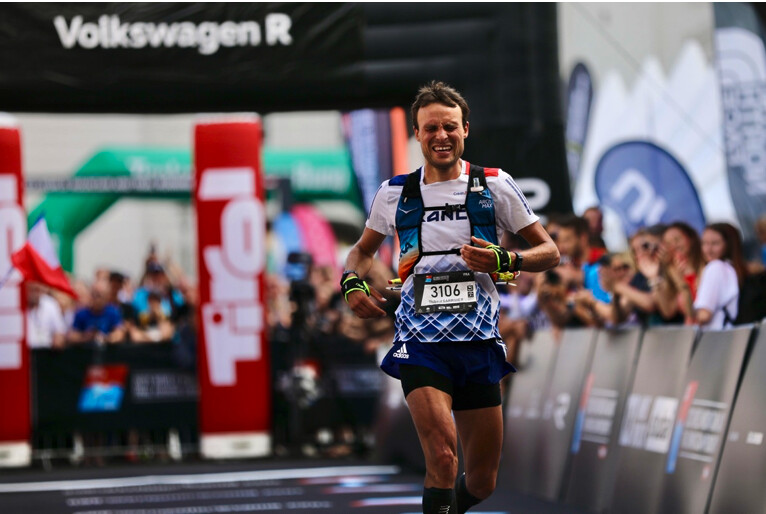
Over the course of the next three major climbs, all around 600 meters (2,000 feet), high in the mountains between the two host cities, Reiterer continued to lead the slowly stretching field. The steep trails were no barrier to his steady effort and the race’s cameraman was seen breathing harder than he was. Roubiol followed about six minutes back over the top of the last climb in the series, with Fraňo, Egea, and Garrivier completing the top five, still within 10 minutes of each other. Miller continued to hold on in sixth.More than halfway now, the runners bombed down into the village of Grinzens in the valley at 54k, now back to their original starting elevation, except on the other side of the mountains, with more descending to go before the final climb and descent into Innsbruck.
Reiterer and Roubiol maintained their top-two positions while the rest of the top 10 continued to shuffle amongst themselves with Garrivier continuing to move up in the field and Miller dropping another place into seventh. Miller, looking spry and claiming that he still had legs, continued to keep tabs on the men in front of him, clearly intent on reeling them in.
Continuing down to the low point of the course in Kranebritten at 66k, the top five looked like Reiterer, Roubiol, Fraňo, Garrivier, and Tomáš Fárník of the Czech Republic. Now, all that stood between the front end of the race and the finish was a final 1,000-meter (3,400 feet) climb and a wild drop back down into Innsbruck. While anything could happen, with more than a four-minute lead, it seemed like it was Reiterer’s lead to lose.
But on the final climb of the race, the ever-patient Roubiol made his move, surging into the lead at Aspachhütte at 71k, and opening a four-minute gap on a fading Reiterer. Roubiol looked incredibly focused as he made his way up the mountain. Fraňo and Garrivier remained solid in third and fourth, and Miller started to make good on his promise of still having legs, moving into fifth. The gap between Roubiol and Reiterer only continued to grow, eight minutes at 73k, and nine minutes at 75k, as they made their way to the top of the final climb. Fraňo stayed strong in third, Garrivier in fourth, and Miller and Fárník continued to battle for fifth, 25 minutes off the lead.From there, it was all downhill to the finish. Benjamin Roubiol flew down the final descent to win the 2023 Trail World Championships 80k in 9:52:59. Reiterer followed just under eight minutes back, the gap holding steady the whole descent. Fraňo and Garrivier both held onto their places to finish third and fourth.
I'm Behind them, U.S. teammates Drew Holmen and Eric LiPuma made a strong push to catch up to their teammate Miller. Holmen would out sprint Miller at the line, and the two were followed less a minute later by LiPuma, the trio taking fifth through seventh.
For the team competition, Chassagne would be the third French finisher in 17th place, securing the team victory for France. The strong fifth through seventh finishes of the U.S. men slotted them into second in the team competition, just over five minutes behind the French in over 30 hours of cumulative racing. Reiterer would lead the Italian team to a third-place finish.
Login to leave a comment
World Mountain and Trail Running Championships
Welcome all athletes, officials, coaches, and families to THE AMAZING THAILAND WORLD MOUNTAIN & TRAIL RUNNING CHAMPIONSHIPS 2021 (WMTRC2021). The event will feature 80km and 40km trail races, classic up and down and uphill only mountain races. It replaces World Championships previously hosted with World Athletics, WMRA (mountain running) and IAU and ITRA (trail). The Amazing Thailand World Mountain and...
more...10 Reasons to Start Following Track and Field This Year
The 2023 season should be full of record-breaking performances from the sport’s biggest stars. Here are the most important things to know.
Track is back, and if the results from the indoor season and early outdoor meets are any indication, it should be another year of eye-popping results around 400-meter ovals this summer.
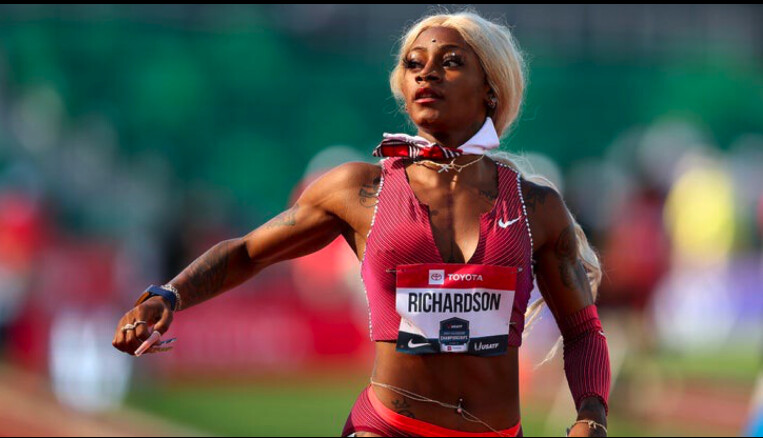
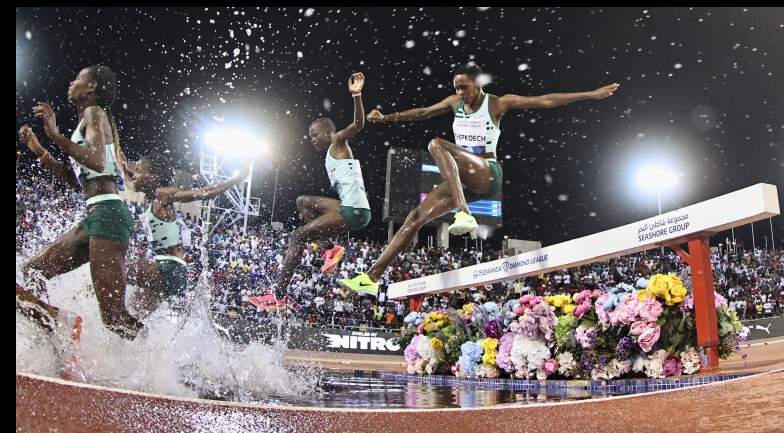
Why is track and field relevant to the average recreational runner?
Perhaps you’re running some of the same distances in your training and racing. Or maybe you have a connection to some of the events from your youth, days in gym class or on the playground. From a human performance perspective, no sport showcases the all-out speed, red-line endurance, max power, dynamic agility, and meticulous bodily control as track and field does.
Here’s a primer on the most awe-inspiring athletes and events of this summer’s track season. Because, come on: with a sport that includes events as multifaceted as the pole vault, as primal as the shot put, and as wild as the 3,000-meter steeplechase—a 1.8-mile race with 28 fixed barriers to hurdle and seven water pits to jump—what’s not to like?
One of the many things that makes track and field so special is that it’s one of the most diverse sports on the planet, both culturally and athletically.
Last summer, athletes from a record 29 different countries earned medals in the 25 different running, jumping, and throwing events at the World Athletics Championships in Eugene, Oregon.
At the highest level, there are athletes of all shapes and sizes from every culture and socioeconomic background. While there certainly are racial and cultural stereotypes that need dissolving and vast inequality among competing countries, from a performance point of view the sport is largely meritocratic, based on the time or distance achieved in a given competition.
Watching American Sydney McLaughlin-Levrone masterfully win the 400-meter hurdles in a world-record time last summer in front of a deafening crowd at Hayward Field in Eugene was a riveting experience. It was vastly different than watching Grenada’s Anderson Peters win the javelin world title with a career-best throw of 90.54 meters on his final attempt to beat India’s Neeraj Chopra, but both had edge-of-your-seat excitement, athletic excellence, and cultural significance.
One of the knocks against track and field in recent years is that it hasn’t done enough to attract casual fans the way professional football, basketball, hockey, and soccer have. Following the On Track Fest, the USATF Los Angeles Grand Prix on May 26-27 in Los Angeles is trying to up the ante by combining a mix of elite-level competition, an interactive fan festival, and top-tier musical performances.
Billed as the one of the deepest track meets ever held on U.S. soil, it will feature a star-studded 400-meter face-off featuring Americans Michael Norman, the reigning world champion, and Kirani James, a three-time Olympic medalist from Grenada, and a women’s 100-meter hurdles clash with world champion Tobi Amusan of Nigeria, Olympic silver medalist Keni Harrison of the U.S., and Olympic gold medalist Jasmine Camacho-Quinn of Puerto Rico.
Saturday’s action will be broadcast live on NBC Sports from 4:30 P.M. to 6 P.M. ET and be followed by a concert event called the Legends Jam, which will include appearances from some legendary athletes and be headlined by Grammy-winning singer Judith Hill.
American sprint sensation Sha’Carri Richardson will be racing the 100-meter dash at the USATF Los Angeles Grand Prix. You probably remember her for her perceived failures more than the astounding times she’s actually achieved on the track.
Two years ago, the sprinter from Dallas blew away the field in the 100-meter dash at the U.S. Olympic Trials with a 10.86 effort, but then she was famously suspended after testing positive for cannabis (which is on the World Anti-Doping Agency’s list of banned substances) and missed the Tokyo Olympics as a result. (She admitted using the drug to cope with the pressure of qualifying for the Olympics while also mourning the recent death of her biological mother.)
Then last year, despite strong early season performances, Richardson failed to make the finals of the 100-meter or 200-meter at the U.S. championships, so she missed out on running in the first world championships held on American soil.
This year, the 23-year-old sprinter appears to be locked in and better than ever, posting a world-leading 10.76 100-meter time on May 5 in Doha (she also ran an eye-popping 10.57 with an over-the-limit tailwind on April 9 in Florida) and posted the second-fastest time in the 200-meter (22.07) on May 13 at a meet in Kenya.
If she keeps it all together, expect Richardson to finally contend with elite Jamaican sprinters Shericka Jackson and Shelly-Ann Fraser-Pryce in the 100 and 4×100-meter relay in August at the World Athletics Championships in Budapest, Hungary.
A few years ago, American sprinter Fred Kerley was on his way to becoming one of the world’s best 400-meter runners. But he wanted more than that. What he really had his heart set on was becoming the world’s fastest man, a moniker that goes with the most dominant sprinter in the 100-meter dash.
Ignoring doubters, Kerley retooled his training and earned the silver medal in the 100-meter at the Tokyo Olympics (.04 seconds behind Italy’s Marcell Jacobs) and then continued his ascent last year by winning the U.S. championships (in 9.76, the sixth-fastest time in history) and world championships (9.86).
The 28-year-old from San Antonio, Texas, also became one of just two other runners (along with American Michael Norman and South African Wayde van Niekerk) to ever run sub-10 seconds in the 100-meter, sub-20 seconds in the 200-meter, and sub-44 seconds in the 400-meter. So far this year, Kerley has two of the four fastest 100-meter times of the season, including a speedy 9.88 on May 21 in Japan.
After trading barbs on social media this spring, Kerley and Jacobs are expected to face off in an epic 100-meter showdown on May 28 at a Diamond League meet in Rabat, Morocco, marking the first time the Olympic gold medalist and the world champion in the men’s 100m face off since the 2012 Olympic final, when Jamaican Usain Bolt beat countryman Yohan Blake. American Trayvon Bromell, the silver medalist at last year’s world championships, is also in the field, so it should be an extraordinary tilt.
If you’re a gambler, bet on Kerley to win that one and eventually get close to Bolt’s 9.58 world record. (To do so, he’ll be running faster than 26 miles per hour!) But don’t count out Kenya’s Ferdinand Omanyala, the early world leader (9.84), or fellow American sub-9.9 guys Bromell, Norman, Christian Coleman, and Noah Lyles at the 2023 World Athletics Championships on August 20, in Budapest. Depending on which three Americans join Kerley (who has an automatic qualifier) at the world championships, it’s actually quite likely the U.S. could sweep the top four spots in the 100 in Budapest.
If you’ve ever wanted to see the world’s top track and field stars competing live in the U.S., this is the year to do it. The May 26-27 USATF Los Angeles Grand Prix meet and June 3-4 Portland Track Festival are part of what might be the mosst compelling outdoor track season ever held on U.S. soil.
If you’re looking for an athlete to marvel at, start with Sydney McLaughlin-Levrone, the gold medalist in the 400-meter hurdles at the Olympics in 2021 and World Athletics Championships last summer. She’s been one of the sport’s rising stars since she was a teenager and yet she’s only 23. Her trajectory is still rising—especially since she moved to Los Angeles to train under coach Bob Kersee. Driven by her strong faith, McLaughlin-Levrone is the personification of hard work, grace and competitiveness.
This year she’ll temporarily step away from her primary event to show off her pure sprinting prowess when she opens her season in a “flat” 400-meter race at the Diamond League meet in Paris on June 9. Her personal best in the 400-meter is 50.07 seconds, set when she was a freshman at the University of Kentucky, but she clocked a speedy 50.68 while running over hurdles, en route to a world-record setting win at last summer’s world championships.
Her best 400-meter split as part of a 4×400-meter relay is 47.91, so it’s within reason to think she could be one of several runners to challenge the long-standing world record of 47.60 set in 1985 by East German Marita Koch. Because McLaughlin-Levrone has an automatic qualifier to the world championships in the 400-meter hurdles, she will likely run the open 400-meter at the U.S. championships and decide after the meet which one she’ll focus on.
American 800-meter ace Athing Mu has looked unbeatable for the past several years as she won Olympic gold in the event at the Tokyo Olympics and last year’s world championships. In fact, she has been unbeatable, having won 13 straight races since she dropped out of a mile race at the Millrose Games in January 2022. Going back to 2020 (when she was a senior in high school) and 2021 (during her one season at Texas A&M), she’s finished first in 51 of her past 53 races (relays included), with her only loss being a narrow runner-up finish to Kaelin Roberts in the 400-meter at the 2021 NCAA indoor championships.
Mu, who is also coached by Kersee and trains with McLaughlin-Levrone, seems to be the most likely athlete to challenge the women’s 800-meter world record of 1:53.28, set in 1983 by the Czech Republic’s Jarmila Kratochvílová. It’s the longest standing record in track and field, and only two runners have come within a second of it in the past 15 years. Her personal best of 1:55.04 is an American record and the eighth-fastest time in history. She’s still only 20 years old, so she has many years to keep improving and other historic opportunities ahead of her.
Mu said earlier this year she’d like to try a 400-800-meter double at an Olympics or world championships if the schedule permits—it’s only been done once successfully by Cuba’s Alberto Juantorena at the 1976 Games—but her coach has said she might attempt a 800-1,500-meter double next year at the Paris Olympics.
This year, Mu will run the 1,500 meters at the USATF Championships in July, but will likely defend her 800-meter title at the world championships in Budapest, as well as potentially running on the U.S. women’s 4×400-meter relay and the mixed-gender 4×400-meter relay (with McLaughlin-Levrone) for an opportunity to win three gold medals in a single championships.
With apologies to quarterback extraordinaire Patrick Mahomes, gymnastics all-arounder Simone Biles, and skiing superstar Mikela Shiffrin, pole vaulter Armand Duplantis just might be the most dynamically talented athlete in the world. That’s because he’s the world’s most dominant athlete (and has set six world records) in arguably the most demanding discipline, not only in track and field but quite possibly in any sport. No sport discipline involves such a dynamic combination of speed, power, precision and agility, and Duplantis, who is only 23, is already the greatest of all-time.
Prove me wrong or watch him set his latest world record (6.22 meters or 20 feet, 5 inches) at an indoor meet on February 25 in Clermont-Ferrand, France. That’s the equivalent of vaulting onto the roof of a two-story building, and in his case, often with room to spare.
Duplantis, who grew up in Lafayette, Louisiana, to athletic parents with Swedish and Finnish heritage, represents Sweden in international competitions. He started pole vaulting at age three, set his first of 11 age-group world-best marks at age seven, and won an NCAA title in 2019 as a freshman competing for LSU before turning pro.
All indications are that North Carolina State junior Katelyn Tuohy could become the next American running star. All she has done since she was young is win races and break records.
After winning the NCAA outdoor 5,000-meter a year ago, she won the NCAA cross country title in November. During the indoor track season this past winter, she set a new collegiate mile record (4:24.26) and won both the 3,000-meter and 5,000-meter title at the NCAA indoor championships in March. On May 7, the 21-year-old from Thiells, New York, broke the NCAA outdoor 5,000-meter record by 17 seconds, clocking 15:03.12 at the Sound Running On Track Fest.
Tuohy will be running both the 1,500-meter and 5,000-meter at the NCAA East Regional May 24-27 in Jacksonville, Florida, with the hopes of eventually advancing to the finals of both events at the June 7-10 NCAA Division I championship meet in Austin, Texas.
University of Arkansas junior Britton Wilson is a top collegiate star who is ready for prime time at the pro level. She won the 400-meter in a world-leading and collegiate record time of 49.13 in mid-May at the SEC Championships, where she also won the 400-meter hurdles (53.23) in a world-leading time. The 22-year-old from Richmond, Virginia, was the runner-up in the 400-meter hurdles at last year’s U.S. championships and fifth in the world championships, and could contend for a spot on Team USA in either event at the July 6-9 U.S. championships.
Kerley and Lyles are expected to square off in a 200-meter race at the USATF New York Grand Prix meet on June 24 at Icahn Stadium on Randall’s Island in New York City. There are also two high-level Puma American Track League meets in Tennessee—the Music City Track Carnival June 2 in Nashville and the Ed Murphey Classic August 4-5 in Memphis—and two Under Armour Sunset Tour meets organized by Sound Running on July 22 in Los Angeles and July 29 in Baltimore.
The best U.S. meet of the year, though, will be the USATF Outdoor Championships held July 6-9 in Eugene, Oregon, where American athletes will be vying for top-three finishes to earn a chance to compete for Team USA at the 2023 World Athletics Championships August 19-27 in Budapest.
The U.S. season will culminate with the September 16-17 Pre Classic in Eugene, Oregon, a two two-day meet that will double as the finals of the international Diamond League circuit and should include many of the top athletes who will be representing their countries in next summer’s Paris Olympics. (And if you want to see the country’s top high school athletes run unfathomable times for teenagers, check out the Brooks PR Invitational on June 14 in Seattle, Washington.)
At the June 2 Diamond League meet in Rome, Italy, the men’s field in the 5,000-meter run will have what might be the fastest field ever assembled, with 13 runners who have personal best times of 12:59 or faster.
The field will be headlined by Joshua Cheptegei of Uganda, who lowered the world record to 12:35.36 in Monaco three years ago. (That’s a pace of 4:03 per mile!). But it will also include Kenya’s Jacob Krop (12:45.71) and Nicholas Kipkorir (12:46.33), Ethiopia’s Yomif Kejelcha (12:46.79), American Grant Fisher (12:46.79), Canadian Mohammed Ahmed (12:47.20), and Guatemalan-American Luis Grijalva (13:02.94), among others. With a big prize purse at stake and pacesetters ramping up the speed from the start, it should be a race for the ages.
by Outside Online
Login to leave a comment
Keely Hodgkinson runs 19 consecutive sub-two-minute 800m
British 800m star Keely Hodgkinson won gold at the European Indoor Championships on Sunday, defending the title she first won in 2021. On top of adding yet another medal to her resume, Hodgkinson extended an extremely impressive (but potentially overlooked) streak of now 19 straight sub-two-minute 800m races (not including heats). This is an incredible run of form and it has helped Hodgkinson win multiple titles and honors in her still-young career.
Going sub-two

Running a sub-two-minute 800m is not an easy feat. In fact, only nine Canadian women have broken the two-minute barrier, which shows just how hard it is to do. Yet Hodgkinson has done that, race after race, dating back to June 2021. That was her breakout season, and seeing as it was an Olympic year, it couldn’t have come at a better time for her.
At the start of that season in January, Hodgkinson broke two minutes for the first time, running 1:59.03 at an indoor meet in Austria. She didn’t break two minutes again during the indoor season, but she carried that momentum into her following races and won her first European title at the indoor championships. She then kicked off her outdoor season with a 1:58.89 result in Czechia, and over the next seven finals she raced in 2021, she only once failed to break two minutes.
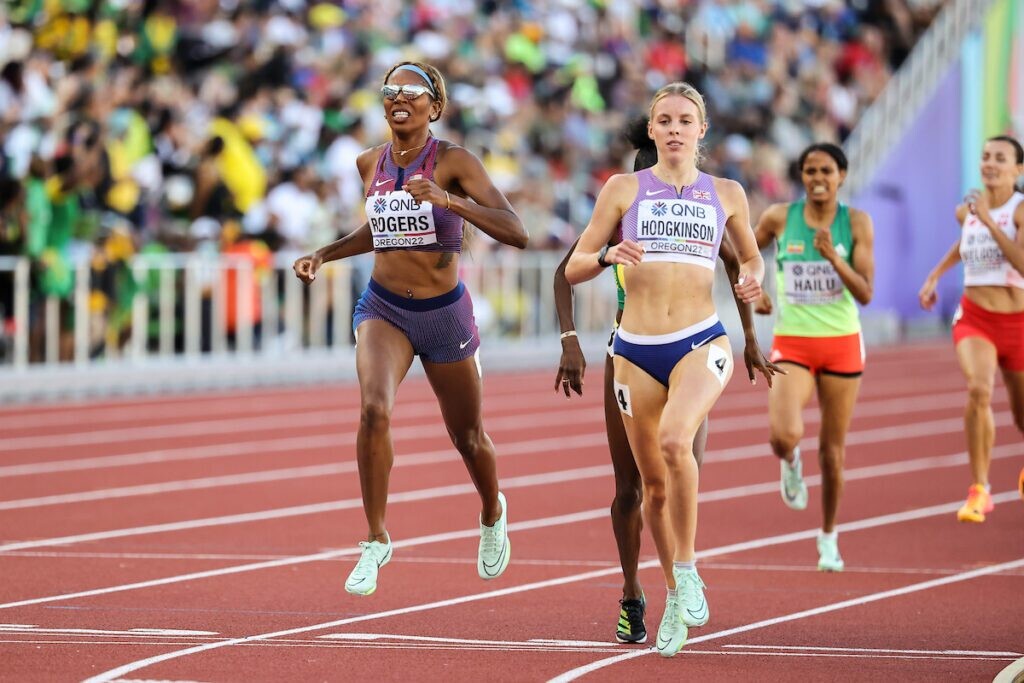
Later that year, Hodgkinson won silver at the Olympics, where she not only continued her then-new streak of sub-two performances, but also set a British record with her blazing 1:55.88 result in the finals. In 2022, her streak carried her to another silver medal, this time at the World Athletics Championships, and the outdoor European crown to match her indoor title from 2021. Hodgkinson has won every race she has run so far this year, with four sub-two results so far.
A tough streak
Hodgkinson’s streak is unprecedented in the 800m, and even the other all-time greats have failed to match her numbers. Athing Mu, the 20-year-old American who won gold ahead of Hodgkinson at the Olympics and World Athletics Championships, has only run four straight sub-two-minute results in her career. Granted, she’s young and still has plenty of time to add a longer streak to her resume, but Hodgkinson is young, too.
American Ajee Wilson owns two world championship bronze medals in the 800m and won the Diamond League 800m title in 2019, but her longest streak of sub-two runs only reached 13. This is still a super impressive tally, but it’s still pretty far below Hodgkinson’s streak, which could grow even longer over the next few months.
Two-time Olympic gold medalist Caster Semenya made it to 16 sub-two results in a row stretching from 2017 to 2019, but that’s where her streak ended (of course, Semenya may have been able to carry this streak on had she not been barred from racing the 800m). Finally, there’s the 800m world record holder, Jarmila Kratochvílová, who had a lifetime PB of 1:53.28. Even she couldn’t match Hodgkinson’s amazing streak, as her longest lasted for just 10 races.
Hodgkinson is truly a special talent, and she continues to prove that in every race she enters. It will be exciting to see her move forward with her career and to see how long she can keep her streak going before she runs north of two minutes once again.
Login to leave a comment
The oldest marathon in Europe is enjoying great interest in its upcoming 100th year, 6,000 already registered
Europe’s oldest marathon celebrates centenary.
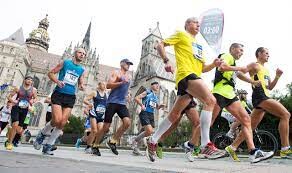
The oldest marathon in Europe is enjoying great interest in its upcoming 100th year.
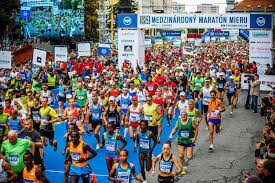
In the first 50 days from the opening of registration, more than 6,000 runners have already signed up, which is about 50% of the entire planned capacity. There are still more than eight months left before the start, so it will be interesting to see how the numbers continue to develop.
Naturally, domestic runners play first fiddle, while on the other rungs, under the flags of dozens of countries, are mainly runners from Poland, the Czech Republic, France, Hungary, the UK and Germany.
In the meantime, the organisers have confirmed that all the main disciplines of the programme, i.e. the Marathon, Half Marathon and Relay, will take place together on Sunday, 1 October. One day earlier, on Saturday, 30 September, the programme will be dominated by the U.S. Steel Family Run.
by AIMS
Login to leave a comment
kosice Peace Marathon
The Kosice Peace Marathon is the oldest European marathon.This year for the organizers of Kosice Peace Marathon is also about memories and flashbacks. One of the fastest marathon courses has been created in Košice 20 years ago on that occasion it was the 1997 IAAF World Half Marathon Champioships. Tegla Loroupe and Shem Kororia were awarded from the hands of...
more...Russian Natalya Antyukh officially loses London 2012 gold after not appealing doping sanctions
Russia's Natalya Antyukh has had her results from the 2012 Olympic Games in London officially disqualified, allowing a reallocation of medals from the women's 400 metres hurdles final, more than 10 years later.
Antyukh had her results from the Games officially disqualified in October, but was allowed time to appeal the decision.
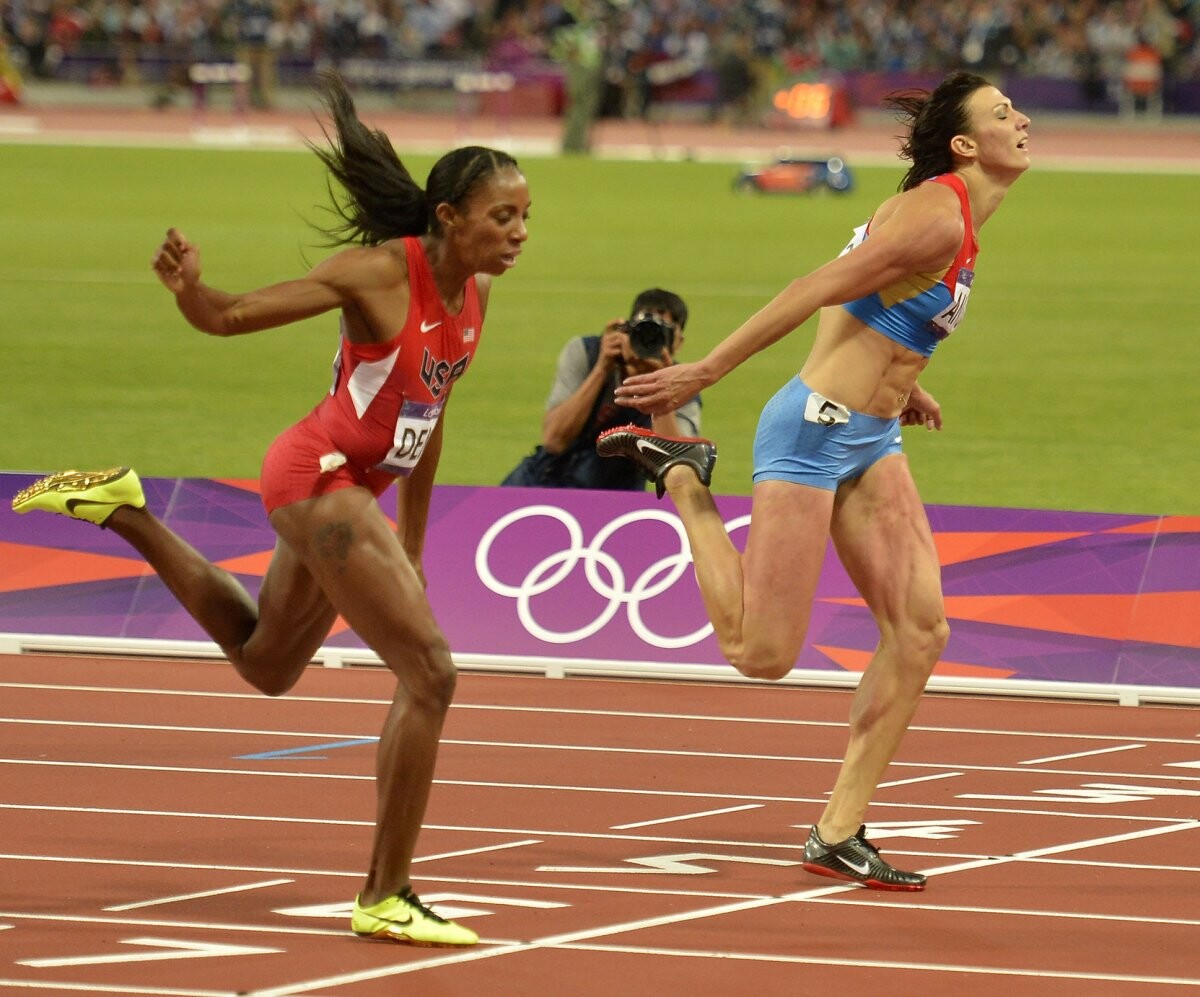
Following the expiration of the 45-day deadline, she had all results from July 15 in 2012 to June 29 the following wiped from her record, including the gold medal-winning run at London 2012.
This means Lashinda Demus from the United States is set to be awarded the gold medal retrospectively.
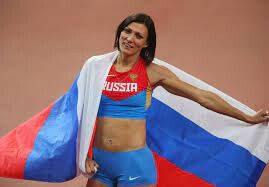
Demus was pipped in a photo finish with Antyukh in the final, with the Russian crossing the line in 52.70sec to the American's 52.77.
Czech Republic's Zuzana Hejnová, who would go on to win back-to-back World Championships titles in 2013 and 2015, has been promoted to silver, while Jamaican Kaliese Spencer will receive the bronze medal.
The Athletics Integrity Unit (AIU) charged the hurdler based on historical data at the former World Anti-Doping Agency (WADA)-accredited laboratory in Moscow.
Antyukh, now 41, was given a four-year-ban last year and had already had results wiped from June 30 in 2013 to December 31 in 2015.
World Athletics has changed its results on its website, with the AIU confirming in a statement that the International Olympic Committee (IOC) could now award the medals as planned.
"The IOC may now proceed with the reallocation of medals and the update of the IOC database," read the AIU statement.
"The AIU remains committed to investigating all cases of potential violations and securing the appropriate outcomes.
"The integrity of the sport of athletics is our utmost priority and we are pleased, in this instance, that athletes who competed fairly at the highest level will ultimately be acknowledged as the rightful medal winners."
AIU head Brett Clothier added that it was important to ensure "clean and fair competition and results, even if a decade later".
Antyukh is one of a record 46 Russian competitors at London 2012 disqualified for doping, leading to the country being stripped of 17 medals, including nine in athletics.
She also won silver in the women's 4x400m relay at London 2012, but this medal was already stripped six years ago when her team-mate Antonina Krivoshapka was given a doping ban and her results were disqualified.
Her results are not disqualified from before July 2012, meaning her 2011 world bronze and 2010 European gold medals - as well as her Athens 2004 400m bronze - still remain in her possession.
by Michael Houston
Login to leave a comment
Take a Sneak Peek into 'Born to Run 2'
Thirteen years after the publication of Christopher McDougall's popular book, Born to Run, the author teams up with renowned running coach Eric Orton for Born to Run 2: The Ultimate Training Guide, a fully illustrated, practical guide to running for everyone from amateurs to seasoned runners, about how to eat, race, and train like the world's best. Born to Run 2 will be available on December 6, 2022, but you can read this excerpt from the book.
Chapter 8: Form - The Art of Easy
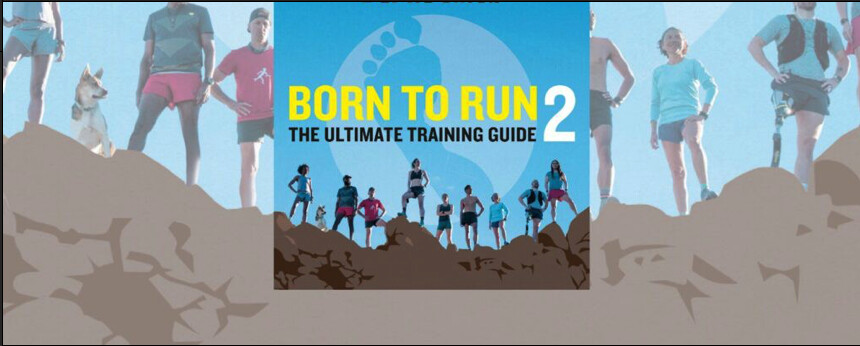
Eric promised he could teach running form in ten minutes. If I had to estimate, I'd guess he was miscalculating by a factor of at least 7,000 percent, so I subjected his proposition to lab testing and gave it a try myself:
I hit Pause and checked my watch. Then I tried it again. Each time, I found Eric's estimate to be wildly exaggerated. It wasn't even close to ten minutes. More like five.
One song. One wall. Three hundred seconds. If someone had only shared this secret with Karma Park, it could have saved her a world of misery.
Karma was such a disaster, the Navy honestly couldn't tell if she was a terrible runner or a terrific actor. How she even made it into boot camp was a mystery.
The strange thing was, running was her only weakness. Chuck her out of a boat at sea? No problem. Pull-ups, push-ups, crunches? Piece of cake. Karma was a competitive swimmer and varsity wrestler growing up, so two-hour workouts were in her blood. But ask her to run a mile and a half? In under thirteen minutes? Not a chance. Over and over she tried, and every time she ended up walking, grabbing her ribs from stitches and wincing from aches in her legs.
"I'm pretty sure the recruiter fudged the numbers on my Physical Readiness Test so she could get me in," Karma believes. "I finished the run and thought, Oh crap, I'm a minute too slow, and she's like, 'No, no, you're good.' "
When Karma got to basic training, she gritted her teeth and did her best. The Navy was her ticket to a dream life, so there was no way she was giving up. Karma was twenty-five at the time, with a wife in law school and hopes of becoming a surgeon. The surest path toward financing their future was a career in the military. Besides, she had a debt to pay back. Karma came to America from South Korea at age eleven, and while, yeah, maybe Alabama wasn't the most welcoming place for a foreign kid with budding gender issues, Karma was still deeply grateful for the life her family was able to create there.
"I really wanted to serve this country," she says. "But in boot camp I was in and out of sick bay all the time." Karma chanted the drill instructors' mottoes to herself-Pain is only skin deep! Heel to toe! Heel to toe!-but the harder she pushed, the more she broke down. "At first maybe they were checking that I wasn't dogging it," Karma recalls. "I can see how I would be suspected because I feel that other recruits faked it to get out of running, but I was in so much pain, they knew something else was going on."
Finally, Navy doctors diagnosed Karma with chronic hip displacement. She was ordered to report to the long-term sick bay, where she'd be stuck for as long as it took-a month, six months, a year-for her to either heal or quit. Those were her options: get better, get faster or get out.
Karma was crushed, but privately vindicated: ever since she was young and her mom would sign the whole family up for local 5Ks as a way of assimilating into their new home, Karma knew she couldn't run. "My dad and I would walk at the back of the pack, and I thought, This is the most ridiculous thing ever. We have cars and bikes, why are we running? I was really fit in all the other aspects of PE, but with running, I tried and tried and never got any better."
Back in civilian life, Karma struggled. She put her own education on hold and began managing a Subway so her wife could finish law school. She began putting on weight, but when she tried to exercise, her old leg injuries flared up and she finally discovered the real cause of her pain was rheumatoid arthritis. The medication made her lethargic and bloated, and her body ached so badly she needed a cane to walk.
Karma was in a bad spiral that nothing could stop. Except her wife's lover.
"My wife had an affair with a guy who was really fit," Karma says. "When I confronted her, she told me I was fat. That hit me really hard." So hard that after she and her wife separated, Karma decided to punish herself with the thing she detested most. "I decided to drown my emotional pain by subjecting myself to physical pain," she says. "When I left the Navy I swore off running-I hate it hate it hate it, never running again. This time, I decided to run myself ragged into an early grave. I hated myself and hated running, so this is what I'll do."
For once, Karma's injuries came to the rescue. Her legs seized up before her heart, and while she was searching for a new way to beat on herself, she had the enormous good luck to meet Sheridan. With that amazing woman by her side, parts of Karma that she hadn't even realized were hurting began to heal. For the first time, she had the confidence and support to face her gender identity and begin transitioning to the self that had always been buried.
She also resolved, once again, to get back into shape.
If you're keeping score at home, by now Karma has struck out three times as a runner. Over the years, I've heard a lot of stories like this from busted ex-runners-and lived one myself-but this is the first instance where I thought, okay, maybe it's time for the mercy rule to kick in and let it go for good. But against those odds, Karma stepped up again. When Sheridan gave birth to their first son, Karma set her jaw and decided their baby wasn't going to grow up with a parent hobbled with a cane or gone before their time.
"That's how I began my journey into learning how to run properly," she says.
This go-round, Karma attacked the problem from a different angle: What if her brain was the problem and not her body? Karma is a math whiz and comes from a medical family, so she was a little annoyed at herself for not realizing sooner that if your equation keeps giving you the wrong result, adding the same numbers isn't going to help. Rather than running harder, she thought, maybe there was a way she could run smarter.
Her eureka! moment occurred soon after, when she noticed that her legs hurt more on downhills than ups. That's when it hit her: What if she treated the entire planet like a hill? Get up on her forefoot, in other words, instead of heel-toe, heel-toeing it like she'd always been told.
"When I mentioned this to a friend, she immediately said, 'Haven't you read Born to Run? That's what it's all about.'"
Karma picked up a copy, and there, on page 181, she found the role model who would change her life. Not Ann Trason, the courageous science teacher who nearly outran a team of Raramuri runners in the Leadville Trail 100. Not Scott Jurek, the gracious and unbreakable hero who rose from a rough Minnesota childhood to become the greatest ultrarunner of all time. Karma didn't even see herself in Jenn Shelton, that patron saint of human fireballs, or Caballo Blanco, the lovelorn loner who used running to heal a broken heart.
Nope. When Karma looked into the mirror, grinning back at her was Barefoot Ted.
I'm not happy about this now, but when Caballo Blanco and I first met Ted McDonald, we were ready to Rock-Paper-Scissors over who was going to clunk him on the head and chuck him into the canyon. Ted likes to say "My life is a controlled explosion," which only confirmed my conviction that he has no idea what "control" means.
I was slow to see what Jenn and Billy Bonehead and Manuel Luna liked about Ted. It took a few clashes before I finally got it, including a toe-to-toe shouting match in the middle of Death Valley, where I threatened to leave Ted by the side of the road to die while he was yelling in my face, "I don't care how big you are! I'll fight you!"-at the very moment, by the way, when we were supposed to be crewing for Luis Escobar in the Badwater Ultramarathon.
But I couldn't miss the fact that lots of other people really enjoy him. Ted is a lot on a slow day, but he's also a huge-hearted friend and his own kind of genius. When I sent word to Ted that a group of my Amish ultrarunning buddies were traveling through Seattle en route to a Ragnar Relay, he immediately threw open the doors of his Luna Sandal shop and made them at home in an improvised bunkhouse. Nearly every year, Ted travels back down to the Copper Canyons and hands a wad of cash to Manuel Luna, the Raramuri artisan who taught him how to make huaraches. Not because they're partners; because they're friends.
Still, it was gratifying to see that Luis had as much steam shooting out of his ears as I did after we invited Ted to join us in Colton for our photo shoot. For forty-eight hours we couldn't get a yes or no out of the guy, which would have been fine if he'd just stayed silent as well. Instead, Luis and I kept getting cryptic little teaser texts, like digital art smiley faces that dissolved from our phones a few seconds after appearing. It felt less like waiting for a friend to show up (or not) and more like being stalked by the Zodiac Killer.
Then lo and behold, an Amtrak train pulls into San Bernardino station and out pops Barefoot Ted, a big Santa Claus backpack full of sandal-making supplies over his shoulder. He'd spent six hours getting there, and immediately began hand-crafting a gorgeous pair of custom sandals for each of our volunteer models. While his hands were busy, so was his mouth: Ted cut loose with a thirty-minute spoken-word performance that left us all slack-jawed in astonishment as he prattled on, fluently and kind of brilliantly, about everything that had been rattling around inside his skull while he was captive on the train. ("Turning everything you see into food is a superpower. Do you have it?" is the only line I remember.) Soon after finishing a dozen sandals he was gone, grabbing a lift back to Santa Barbara that same night because, unbeknown to us, he'd had a pressing commitment there all along. What a guy.
As a runner, Ted was a true revolutionary. He was so far ahead of the pack when it came to minimalism, the rest of the country took years to catch up. Not that he didn't make a compelling argument from the start. It's just that in typical Ted fashion, the story took a direction only a man who calls himself The Monkey would follow.
If you recall, Ted only began running in the first place because he dreamed of becoming America's Anachronistic Ironman. Which meant, for reasons known only to Ted, he wanted to spend his fortieth birthday completing a full triathlon (2.4-mile ocean swim, 112-mile bike ride and 26.2-mile run) but only using gear from the 1890s. If Ted has one quality greater than his raw athleticism it's his absolutely bulletproof self-confidence, so when he found he could handle the swimming and cycling but not the running, the problem couldn't be his body: it had to be the running.
Close: it was actually the running shoes. The first time Ted ran barefoot, his planetary axis shifted. "I was totally amazed at how enjoyable it was," Ted says. "The shoes would cause so much pain, and as soon as I took them off, it was like my feet were fish jumping back into water after being held captive."
On a barefooter's blog, he found the Three Great Truths:
Change the way you run That was the opposite of everything Ted had ever been told about running, but everything Ted had ever been told about running wasn't working. Besides, it immediately made sense. No decent basketball player just heaves the ball in the air and hopes for the best. No serious tennis player slashes their racket around like a club. Ted had spent a few years as a teacher in Japan, and he knew that sushi chefs and martial artists spend years perfecting the basic steps of their craft. In the world of movement, form and technique reign supreme.
Ted didn't know any barefoot runners in person, only online, so he set off on this quest for reinvention on his own. He found himself in the same predicament as a Czech soldier he'd heard about who, during the Second World War, spent his long nights on guard duty dreaming of Olympic glory. Rather than stand and shiver, the soldier began running in place, lifting his knees high to clear the snow and, to avoid being heard, landing as silently as possible in his heavy boots.
Back home after the war, the soldier replaced slippery snow with wet laundry: he washed his clothes by running on top of them in a bathtub full of soap and water. (Get a load of that, Mr. 100 Up: one sloppy stride in a sudsy tub and you're not starting over, you're heading to the emergency room.)
Those weird home experiments paid off spectacularly. Coached only by his own ingenuity, Emil Zatopek pulled off the most stunning track performance in Olympic history: at the 1952 Games, he won gold in all three distance events, including the first marathon he ever attempted.
Despite how fast he ran, Emil took a ton of crap about how awful he looked. Upstairs, Zatopek was a horror. He'd get this grimace on his face, one sportswriter said, "as if he'd just been stabbed through the heart." Zatopek's head lolled around and his hands clawed his own chest like he was birthing an alien baby through his rib cage. But what sportswriters missed was that below the waist, Zatopek was a machine: rhythmic, precise, impeccable.
Ted never did get around to his Anachronistic Ironman-not yet, at least-but otherwise, he was unstoppable. Once he realized that running was a skill to be mastered and not a punishment to be endured, he became a Monkey on a mission.
Before long, he'd ripped out a marathon quick enough to qualify for Boston, and then ran Boston quick enough to qualify for the next one, and from there it was onward and literally upward, as he shifted from long roads to high-mountain ultramarathons.
But what Karma envied most wasn't Ted's remarkable twenty-five-hour finish at the Leadville Trail 100, or his out-of-left-field world record for skateboarding (242 miles in twenty-four hours). She didn't care if she ever ran as fast as Ted. She just wanted to be as healthy. She wanted to follow his footsteps from Hurt Ted to Happy Ted.
"I made a conscious decision to fully embrace forefoot running," Karma says.
Maybe embrace isn't the right word. Since May 3, 2014, Karma hasn't missed a single day of running. Every evening, no matter what kind of storm is blowing through Birmingham, Alabama, no matter if she's fighting a cold or dealing with craziness at the medical office she manages, Karma pulls on her sandals and heads out the door.
Her eight-year-and-counting streak began in true Barefoot Ted fashion: bizarrely. Less than a year after changing her form, the woman who swore she'd never run again was bringing home her first marathon medal. Gone was the cane, forgotten was the specter of crippling arthritis. By changing the way she moved, Karma discovered she could change the way she felt. She soon ramped up from a marathon to a 50K, and that's when things took off. The day after that first ultramarathon, Karma decided to test her soreness by jogging an easy two miles. She was surprised to find her legs actually felt better after that run, so she went out again the next day and the next and thus a streak was born.
To maintain her daily running streak, Karma logs at least one mile a day, but that's just her baseline. During her first year of streaking she also tackled three ultramarathons, and then began creating streaks within her streak: she ran five miles a day for a full year, seven miles a day for ten months, and three miles a day for 1,300 days. Despite all these clicks on her odometer, Karma still felt she needed to borrow one more hack from Barefoot Ted: as a reminder to remain smooth and light, she always runs in a pair of his Lunas.
Karma had never actually met Ted in person until the day he hopped off the train in San Bernardino and blew into our photo shoot like a grinning bald tornado. Ted is usually quick on his feet, but when he came eye to eye with Karma, it took him a few beats to get his bearings.
The person who'd reached out to Ted years ago had never felt at home in her body and was facing two frightening transformations. The Karma in front of Ted today had made it through to the other end. In the past, Karma had looked to Ted for hope and guidance. Now, she deserved something very different. Ted understood, and delivered.
"If you have any questions, ask Karma," Ted said, as he addressed the circle of very experienced and accomplished ultrarunners hanging on his every word about the art of minimalist running. "She knows as much as I do."
This is an excerpt from Born to Run 2: The Ultimate Training Guide by Christopher McDougall and Eric Orton, available on December 6, 2022 by Alfred A. Knopf, an imprint of The Knopf Doubleday Publishing Group, a division of Penguin Random House LLC. Copyright 2022 by Christopher McDougall and Eric Orton.
by Trail Runner Magazine
Login to leave a comment
No reprieve as two more Kenyans suspended for doping
Athletes Integrity Unit (AIU), the body formed by World Athletics to combat doping in the sport, Tuesday provisionally suspended Ibrahim Mukunga Wachira and Kenneth Kiprop Renju for the use of banned substances.
Mukunga, who won a half marathon race in Estonia in socks in 2017, has been suspended for the use of prohibited Norandrosterone, while the national 10,000m champion Renju got nabbed for the use of Methasterone.
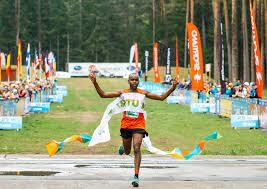
Renju is the most successful of the duo, besides winning the national title on April 27 this year, he also won Lille 10km race on March 27 in France, Prague Half Marathon on April 2 in the Czech Republic and Lisbon Half Marathon on May 22 in Portugal.
He started the season with a third place finish at Ras Al Khaimah Half Marathon on February 19 in the United Arab Emirates.
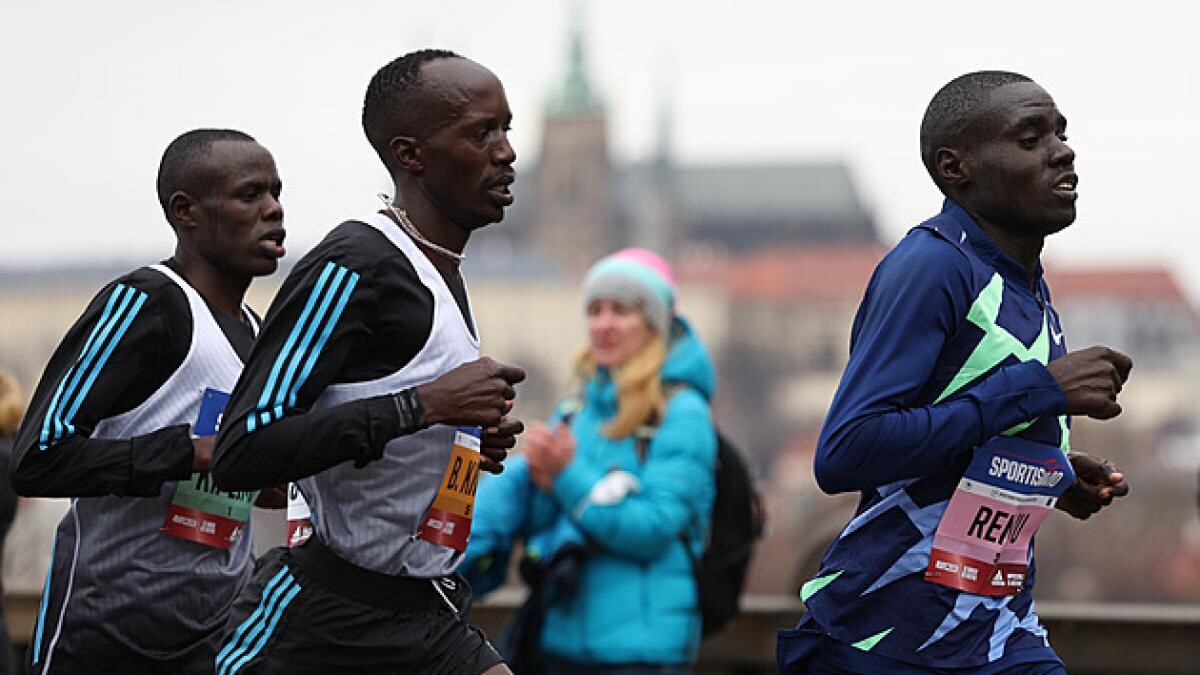
Mukunga and Renju’s ban comes only four days after the 2021 Boston Marathon champion, Diana Kipyokei and her compatriot Betty Wilson Lempus were suspended for using banned substances.
Kipyokei and Lempus’ suspension came only three days after Kenyan marathon runners Mark Kangogo and Philemon Kacheran were banned for doping.
Kacheran, who was been banned for three years on Monday last week, was hounded out from Team Kenya that was already in Birmingham for the Commonwealth Games held July 28 to August 8 in the British second capital city.
Kacheran’s ban came six days after compatriot Lawrence Cherono, the 2019 Chicago and Boston marathon champion, was prevented from competing in the World Athletics Championships in Oregon, also for a doping offence.
Besides Kacheran, three other Kenyans were banned from taking part at the Commonwealth Games due to doping.
They were female marathoners Stella Barsosio, Changwony and 1,500m runner Kumari Taki.
Close to 30 Kenyans athletes have been flagged down for various doping offences. The list could grow since more cases that are yet to be revealed are at the Anti-Doping Agency of Kenya (ADAK).
In 2016, the country was placed in category A of the World Anti-Doping Agency’s (WADA) compliance watch list.
by Ayumba Ayodi
Login to leave a comment
Hellen Obiri to defend Great North Run title, Peres Jepchirchir in the mix
Defending champion Hellen Obiri and Olympic marathon champion Peres Jepchirchir will be in the women’s lineup for the Great North Run slated for September 11 in the streets of Newcastle.
Obiri won last year’s edition in 1:07:42. She is a two-time world 5000m champion and a two-time Olympic 5000m silver medalist. Obiri has a personal best time of 1:04:22 which she ran at the Ras Al Khaimah Half Marathon in February.
Jepchirchir, who will be making her debut, has a personal best time of 1:05.06 which she ran at the 2017 Ras Al Khaimah Half Marathon. She placed first during the World Athletics Half Marathon Championships in 2016 and 2020 in respective times of 1:07:31 and 1:05:16. Jepchirchir is also a former world half marathon record holder.
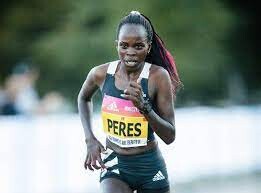
The Kenyan duo will be competing against the Ethiopian duo of Hiwot Gebrekidan and former Olympic 10,000m champion Almaz Ayana. Gebrekidan and Ayana have personal best times of 1:06:47 and 1:07:12 respectively.
Gebrekidan is the winner of the 2016 Copenhagen Half Marathon. She is also a former World Under-20 3000m silver medalist. Ayana won in the 2017 edition of the New Delhi Half Marathon. She is also a former world 10,000m record holder when she broke China’s Wang Junxia record during the 2016 Rio Olympics.
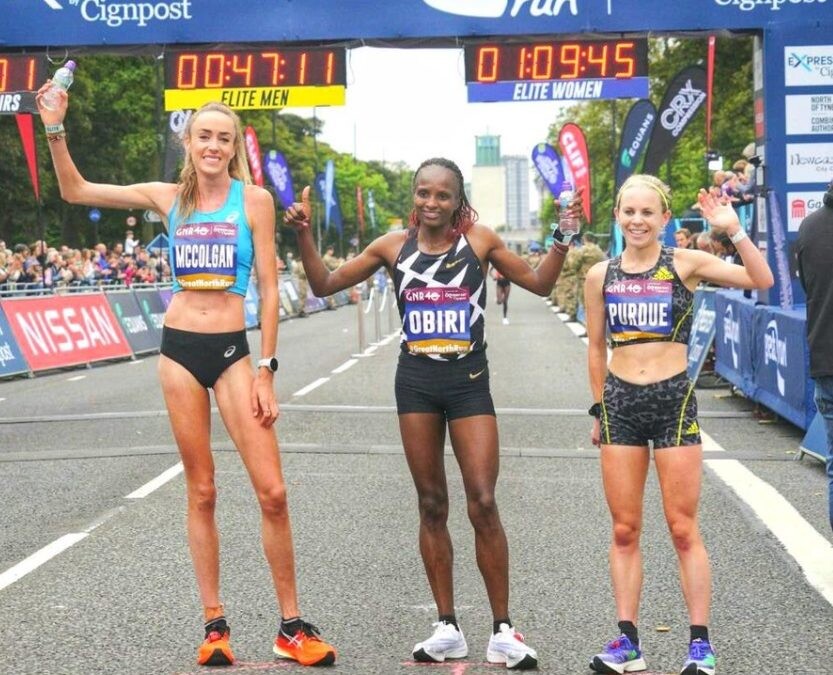
Charlotte Purdue and Jess Piasecki, both from Great Britain will also be in the race. Purdue placed third during last year’s edition of the Great North Run. She has a personal best time of 1:08:23 which she ran at the 2020 Kagawa Marugame International Half Marathon in Japan.
Piasecki has a personal best time of 1:07:20 which she ran at this year’s Santa Pola Half Marathon in Spain. She is also the winner of the 2019 Usti Half Marathon in Czech Republic. She will also be making her Great North Run half marathon debut.
by Abigael Wuafula
Login to leave a comment
Great North Run
Great North Run founder Brendan Foster believes Britain is ready to welcome the world with open arms after the launch of the event's most ambitious plan to date. The Great World Run campaign seeks to recruit one runner from every country in the United Nations – 193 in total – to take part in the iconic half marathon in...
more...Brazilian Runner Dies After Fall During UTMB Team Event
A Brazilian runner, 40, was fatally injured at the Petite Trotte à Léon, part of the UTMB ultra, earlier this week.
The unidentified man fell 30-50 feet around 1:30 a.m., only 23 miles into the race.
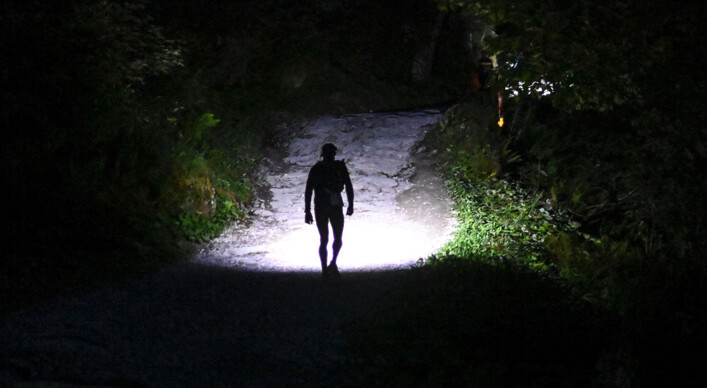
The Ultra Trail du Mont Blanc (UTMB) got off to a tragic start following the death of a Brazilian runner earlier this week. The 40-year-old runner, whose identity remains anonymous, was fatally injured on the first night of the 300K (186-mile) Petite Trotte à Léon (PTL) team event.
“The runner was with his team on an official trail, which is secured for the PTL and marked throughout the year, between the Col de Tricot and the Refuge de Plan Glacier,” UTMB officials said about the accident, which occurred about 23 miles into the race.
At around 1:30 a.m. CET, the two-person Brazilian team was in a remote portion of the course with loose stones. It was there, above the French village of Les Contamines, that the victim fell an estimated 30 to 50 feet.
An Italian team, which was pacing behind the Brazilians, reported the incident after discovering the victim’s teammate safe, but in shock. A helicopter team responded shortly after and pronounced the runner dead before flying his body and teammate to a local hospital.
“It’s so very sad, but it was an accident,” Catherine Poletti, cofounder of the UTMB and president of the UTMB Group, told Outside. “When you go into nature for adventure—it may be the mountains, it may be the sea—but all the time there is a risk. We cannot provide something with zero risk. It’s impossible. I think that’s a good thing because when you want to have an experience or adventure, you absolutely need to know where the limits are, what your experience is.”
The remaining 104 teams could choose whether they wanted to finish the race—all decided to keep running.
Approximately 240 participants began this year’s PTL in Chamonix, France, on August 22. They will cover 82,000 feet of elevation gain within the Mont Blanc massif, traversing France, Switzerland and Italy.
To enhance runner safety, the race has instituted specific protocols, like selecting athletes based on criteria meant to ensure their successful completion. Runners are required to possess sound knowledge of the mountain environment, since they will likely encounter precarious weather conditions while also navigating steep slopes, falling stones, narrow paths, and glaciers. Due to a lack of marked trails, participants must be able to read a map and use a compass and altimeter, too.
While the PTL must be completed in autonomy, there are aid stations where participants can sleep and eat by cashing in one of their four meal tickets. While on course, runners are tracked with GPS beacon and required to carry mountaineering helmets—which the Brazilian victim was not wearing at the time of his death.
This is not the first time a runner has died during the UTMB since the event was founded in 2003. In August 2021, a 35-year-old Czech runner fell to his death during the Sur les Traces des Ducs de Savoie (TDS) race.
Despite the inherent risk involved, approximately 10,000 runners are expected to compete in one of this year’s eight UTMB races, held from August 22-28.
by Runner’s World
Login to leave a comment
Caster Semenya unnoticed at World Championships The South African Olympic champion fails to advance in the 5,000 meters in Oregon – her first major international competition since 2017
How many times had South Africa’s Caster Semenya charged onto the Hayward Field homestretch seemingly in a different race than the rest of the pack, the sport’s most storied stadium rocking as Semenya raced into the deafening roar?
How many times had American track and field’s most knowledgeable fans, most passionate crowd stood in appreciation of the two-time Olympic, three-time World 800-meter champion?
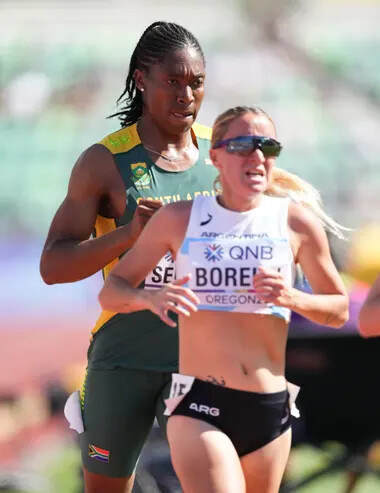
On a scalding hot afternoon at the World Championships on Wednesday, Semenya labored through the final meters of her 5,000-meter heat in front of a half-empty stadium, largely ignored or unnoticed even in a place that calls itself Tracktown U.S.A.
Semenya, one of the most compelling and controversial athletes of her generation, has fallen so far off the sport’s radar since 2019 that the most well-known of her fellow competitors on Wednesday didn’t even realize she was in the competition.
“Caster?” asked Sifan Hassan, the Olympic 5,000 and 10,000 champion from the Netherlands, who ran in a later heat on Wednesday.
“Caster Semenya ran the 5,000?” Hassan asked again. “ I had no idea. I didn’t even know she was here. Did she make it?”
Semenya, running in her first major international competition since winning the 2017 Worlds 800 title, did not advance to the final, finishing 13th in her heat, running 15 minutes, 46.12 seconds, nearly a minute off the winning time of Gudaf Tsegay of Ethiopia (14:52.69).
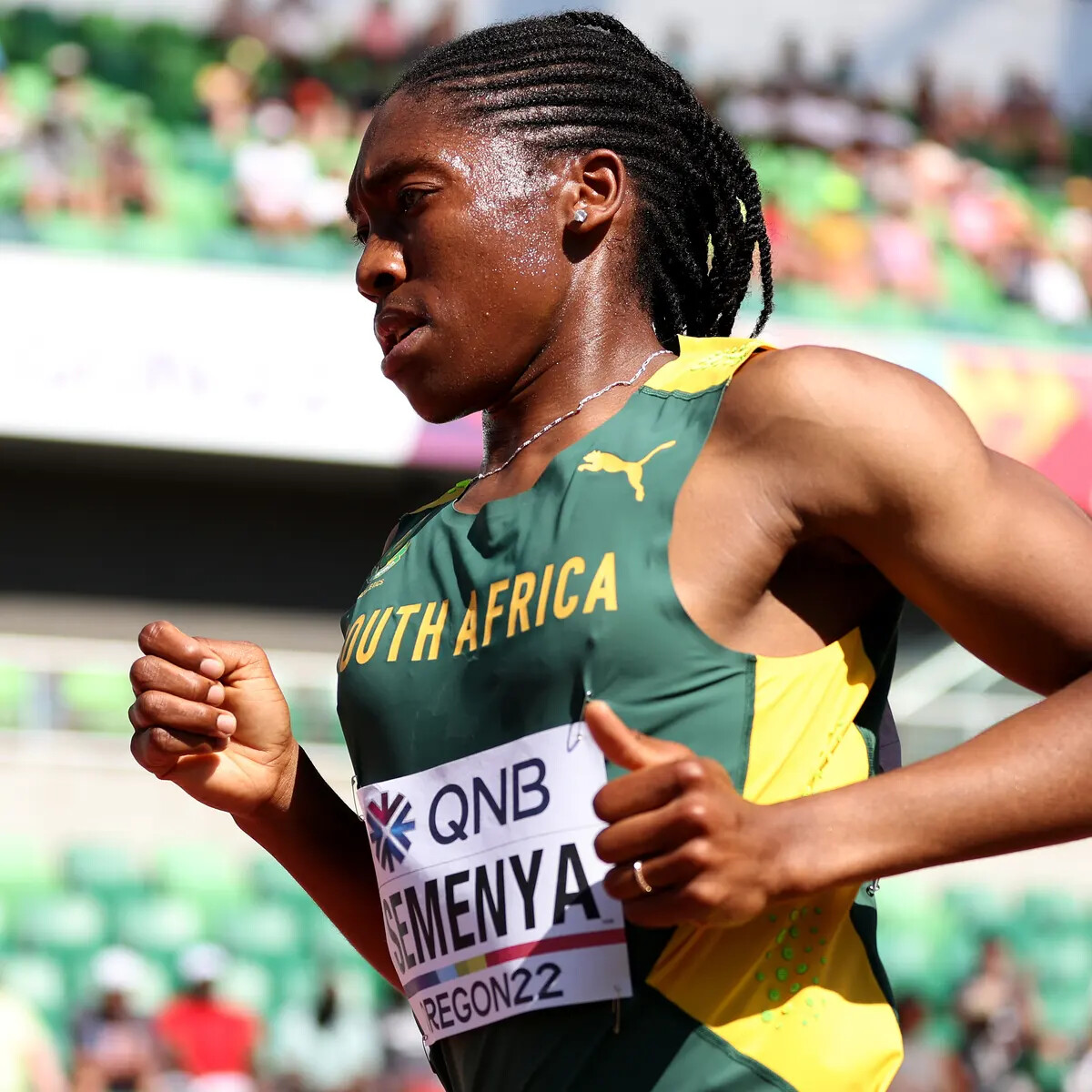
“Cooking,” Semenya said after the race, referring to the heat. She declined to answer reporters’ questions.
Under different circumstances, the sport would be obsessing over the prospect of a showdown between Semenya, 31, and Athing Mu, the 20-year-old Olympic champion from the U.S. in Sunday’s 800 final and whether the pair could challenge the world record of 1:53.28 that was set by Czechoslovakia’s Jarmila Kratochvilova in 1983.
Instead, Semenya, who was assigned female at birth, raised as a girl and identifies as a woman has not raced the 800 in meets sanctioned by World Athletics, the sport’s international governing body, because of her refusal to submit to the organization’s guidelines regarding intersex athletes.
Under the World Athletics guidelines athletes in events from the 400 to the mile – in other words, Semenya’s events – are required to take hormone suppressing drugs to reduce their testosterone to below 5 nanomoles per liter for at least six months before being allowed to compete internationally.
Semenya has an intersex condition called Differences in Sexual Development (DSD) or 46, XY that because of differences in sex development that causes male and female traits and a testosterone level higher than the typical female range. She is not transgender.
“I am a woman and I am a world-class athlete,” Semenya said in 2019, shortly before the Prefontaine Classic, her final 800. “The IAAF will not drug me or stop me from being who I am.”
Semenya had found herself unwittingly in the center of controversy almost from the moment she emerged on the world stage a decade earlier.
She won her first Worlds title in 2009 as an 18-year-old, a victory that prompted Russia’s Mariya Savinova to suggest the South African was a man.
“Just look at her,” Savinova said.
While the results of Semenya’s sex test were supposed to be confidential they were leaked to Australia’s Daily Telegraph. Semenya has internal testes but no ovaries or womb, the newspaper reported quoting the test report.
“She is a woman, but maybe not 100 percent,” IAAF secretary general Pierre Weiss said at the time, doing nothing to discourage the headline writers at New York’s Daily News who blared that the World champion “is a woman … and a man.”
Semenya began taking a hormone suppressant drug. She finished second to Savinova at both the 2011 Worlds and 2012 Olympics.
“The IAAF used me in the past as a human guinea pig to experiment with how the medication they required me to take would affect my testosterone levels,” she said in 2019. “Even though the hormonal drugs made me feel constantly sick the IAAF now wants to enforce even stricter thresholds with unknown health consequences.
“I will not allow the IAAF to use me and my body again. But I am concerned that other female athletes will feel compelled to let the IAAF drug them and test the effectiveness and negative health effects of different hormonal drugs. This cannot be allowed to happen.”
Semenya was awarded the 2012 Olympic gold medal in 2017, two years after the World Anti-Doping Agency recommended that Savinova receive a lifetime ban for doping and her results dating to July 2010 be disqualified.
Given the event’s suspect history, the irony of World Athletics now demanding she dope to level the playing field is not lost on Semenya.
“I’m not going to do that,” she told the Orange County Register after the 2019 Prefontaine meet. “I’m a very clean athlete. I believe in the clean sport. I believe in the equal opportunities. At the end of the day, this is a woman’s sport, this is a man’s sport. If they’re going come (at) me with that nonsense then why do you lead?”
Semenya challenged World Athletics guidelines with the Court of Arbitration for Sport. A three-member CAS panel in June 2019 said the World Athletics policy was “discriminatory” toward athletes with DSD but two of the panel members, nevertheless agreed with the World Athletics that policy was “necessary, reasonable and proportionate” to counter advantages DSD athletes have over other female competitors. Semenya and other female athletes with DSD should be considered “biological males” World Athletics told CAS.
Switzerland’s Supreme Court rejected Semenya’s appeal in September 2020. She filed an appeal with the European Court of Human Rights in February 2021.
While Semenya fell short in her bid to reach the Olympic 200-meter qualifying standard last year, the success of other intersex athletes has raised further questions about the World Athletics policy.
by Scott Reid
Login to leave a comment
World Athletics Championships Budapest23
Budapest is a true capital of sports, which is one of the reasons why the World Athletics Championships Budapest 2023 is in the right place here. Here are some of the most important world athletics events and venues where we have witnessed moments of sporting history. Throughout the 125-year history of Hungarian athletics, the country and Budapest have hosted numerous...
more...Brazil's Dos Santos wins world 400m hurdles as Warholm wilts
Brazil's Alison Dos Santos ran the third fastest time of all time to win the world 400m hurdles on Tuesday as Norwegian prodigy Karsten Warholm wilted at Hayward Field.
Dos Santos clocked a championship record of 46.29 seconds, finishing ahead of Americans Rai Benjamin and Trevor Bassitt, who finished in 46.89 and 47.39sec respectively.
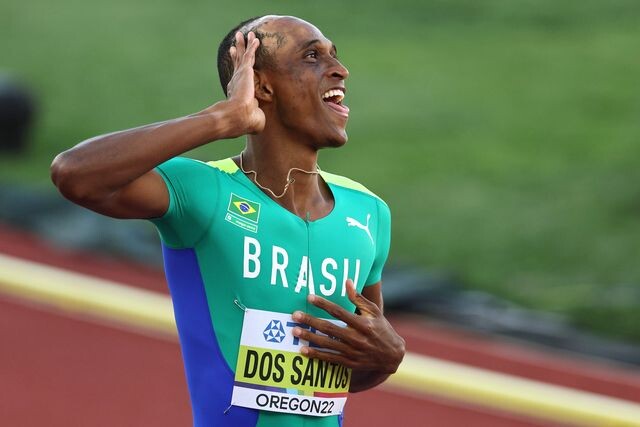
Olympic champion and world record holder Warholm led coming into the home straight but seized up badly and eventually came in seventh (48.42).
Warholm last lost a 400m hurdles race in September 2018 in Ostrava, Czech Republic.
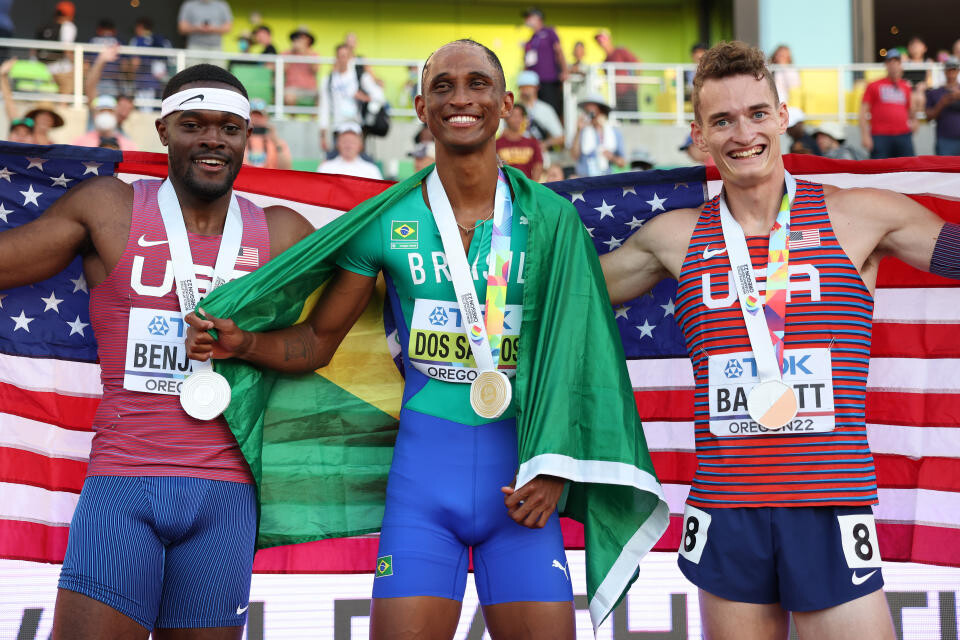
Since then, he had notched up a winning streak of 18 races and another four qualifying races in the 2019 world championships and 2021 Tokyo Olympics.
Warholm laid down a performance that is widely considered one of the greatest Olympic track performances of all time when he smashed the 29-year-old world record to win the 400m hurdles at the Tokyo Games in a time of 45.94sec.
But the 26-year-old pulled up injured at the Diamond League meet in Rabat in early June with a "muscle fiber tear" in a hamstring and although insisting he was at 100% going into the race, he missed his usual gas over the final 80 meters.
Login to leave a comment
World Athletics Championships Budapest23
Budapest is a true capital of sports, which is one of the reasons why the World Athletics Championships Budapest 2023 is in the right place here. Here are some of the most important world athletics events and venues where we have witnessed moments of sporting history. Throughout the 125-year history of Hungarian athletics, the country and Budapest have hosted numerous...
more...Up to 6,000 runners from the Czech Republic and abroad are expected at the start of the Mattoni Olomouc Half Marathon
Sports fans and runners will enjoy Moravia. The biggest out-of-Prague race will take them to Smetanovy sady in Olomouc – a beautiful park that is always full of spectators.
The race will start on Saturday, June 18.
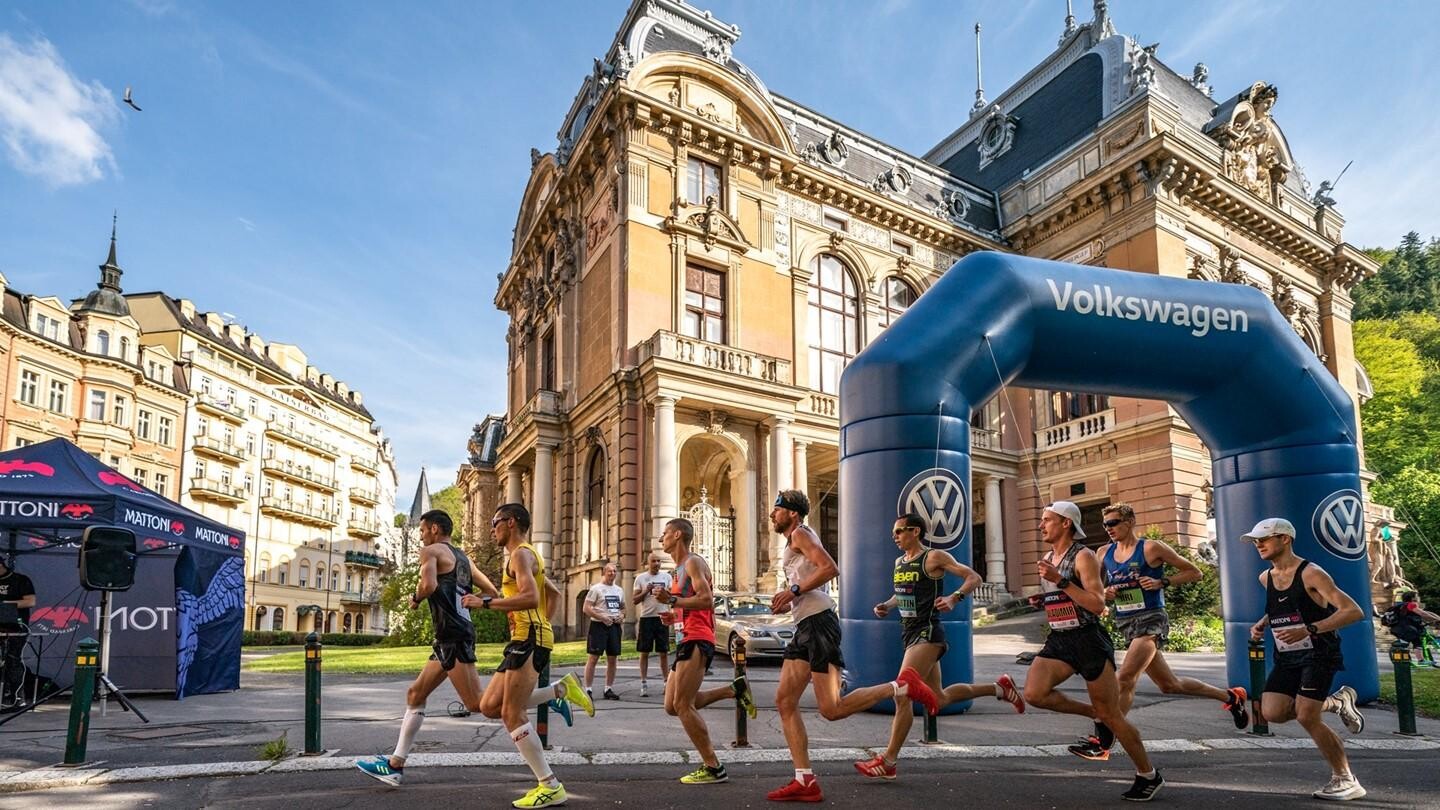
One of the most popular race starts at 7 p.m. from Horní náměstí. The event is a celebration of a healthy lifestyle and a great atmosphere.
“We are always happy to come back to Olomouc, which is part of the historical region of Czech Silesia. Olomouc has a reputation as a race where nothing is impossible and every year brings surprises, especially when it comes to situations where an almost unknown athlete beats far more famous running colleagues,” said Project manager Run Czech Igor Murko.
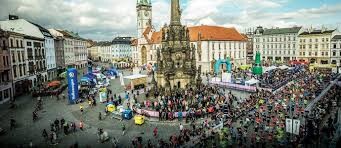
Mattoni Olomouc Half Marathon has a five-star European Athletics Certificate which guarantees high European standards and qualities. This is also the reason why the race was several times voted the favorite by the runners.
Up to 6,000 runners from the Czech Republic and abroad are expected at the start of the race.
The event offers more categories. In addition to the half marathon, a 2Run is prepared for runners who do not yet feel completely prepared for the whole race.
The relay race is an ideal alternative for team runners. Of course, the traditional dm family run which will start at 5 p.m, is prepared for all family members.
The undemanding 3,5 km long course in the center of Olomouc is really suitable for everybody.
Login to leave a comment
Mattoni Olomouc Half Marathon
The annual Mattoni Olomouc Half Marathon takes place in the ancient capital of Moravia. More than 6,000 runners wend their way past Baroque architecture. An experience matched only by the warmth of the welcome runners receive here. Come to Olomouc and Enjoy the sensational atmosphere of running through a charming Baroque city in the heart of Moravia which is one...
more...2022 Mattoni Ceske Budejovice Half Marathon will Celebrate 10th Anniversary
RunCzech running league and Ceske Budejovice celebrate! The 10th year of Mattoni 1/2 Marathon Ceske Budejovice will start already on Saturday, June 4.
“It will be important for us to commemorate the 10th year of this race. We really appreciate the great atmosphere and enthusiastic spectators we meet in Budějovice every year. We would like to prepare an exceptional experience for them during the marathon weekend, which will celebrate our tenth anniversary”, explained the manager for regional races Igor Murko.
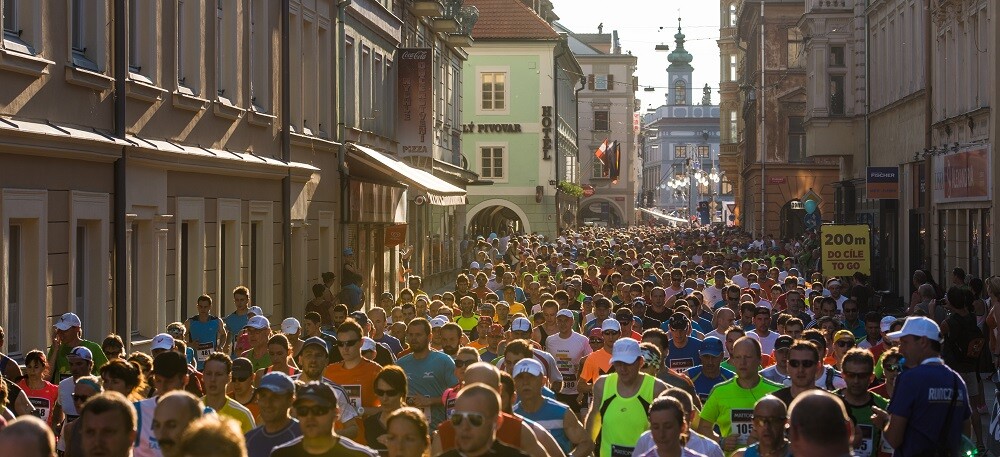
Mattoni Ceske Budejovice Half Marathon is part of the RunCzech running league. The race again won the highest award for road runs with a five-star certificate from European Athletics.
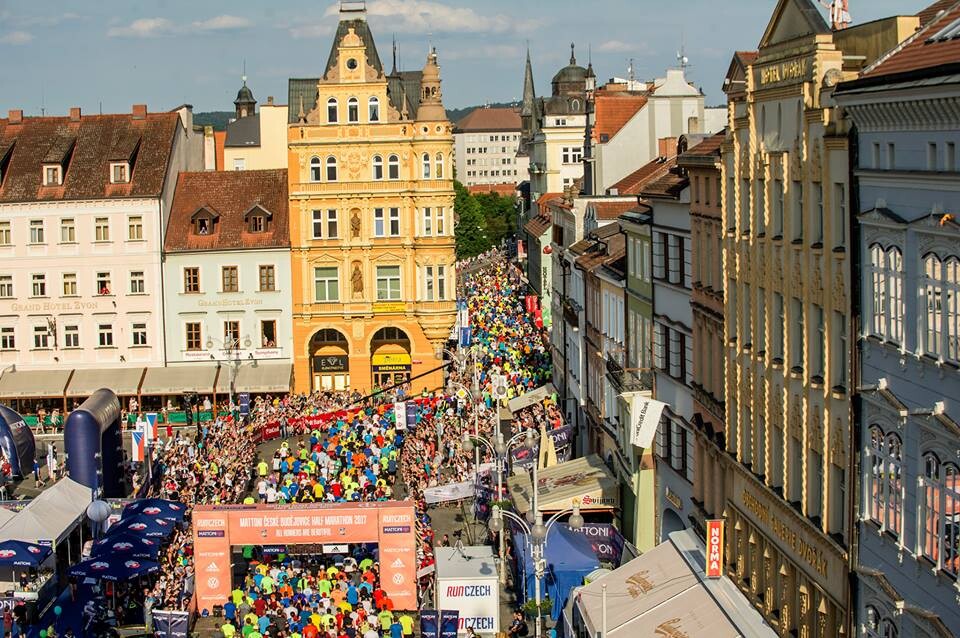
Almost 3,000 runners from the Czech Republic and abroad will be at the start of the race is specific to the fact that up to 40% of participants are from southern Bohemia.
That makes a completely unique atmosphere at the start. Mattoni Ceske Budejovice Half Marathon starts at 7 p.m. from Přemysl Otakar IISquare. The race excels with a fast track, beautiful scenery, and a friendly atmosphere that will delight both runners and spectators along the track.
The Event offers more categories than “just” 1/2 Marathon. In addition to the 1/2 Marathon, a 2Run is prepared for runners who do not yet feel completely prepared for the whole race. The relay race is an ideal alternative for team runners.
Of course, the traditional dm family run which will start at 4 p.m, is prepared for all family members. The undemanding 3 km long course in the center of Karlovy Vary is really suitable for everybody.
Login to leave a comment
Mattoni Ceske Budejovice Half Marathon
Held in the stunning city with over 750 years of history, the Mattoni Ceske Budajovice Half Marathon is one of the most exciting races of the RunCzech Running League. With both speed and beauty, it offers a flat and fast course that led to a great result of the race premiere in 2012. Start the race in the colorful heart...
more...The 9th edition of Mattoni Karlovy Vary Half Marathon is Around the Corner
The Mattoni Karlovy Vary Half Marathon is approaching. This Saturday, May 21, starts one of the most beautiful Czech races!
For several years now, RunCzech has been organizing an international race in Karlovy Vary, which attracts professional athletes and enthusiasts runners.
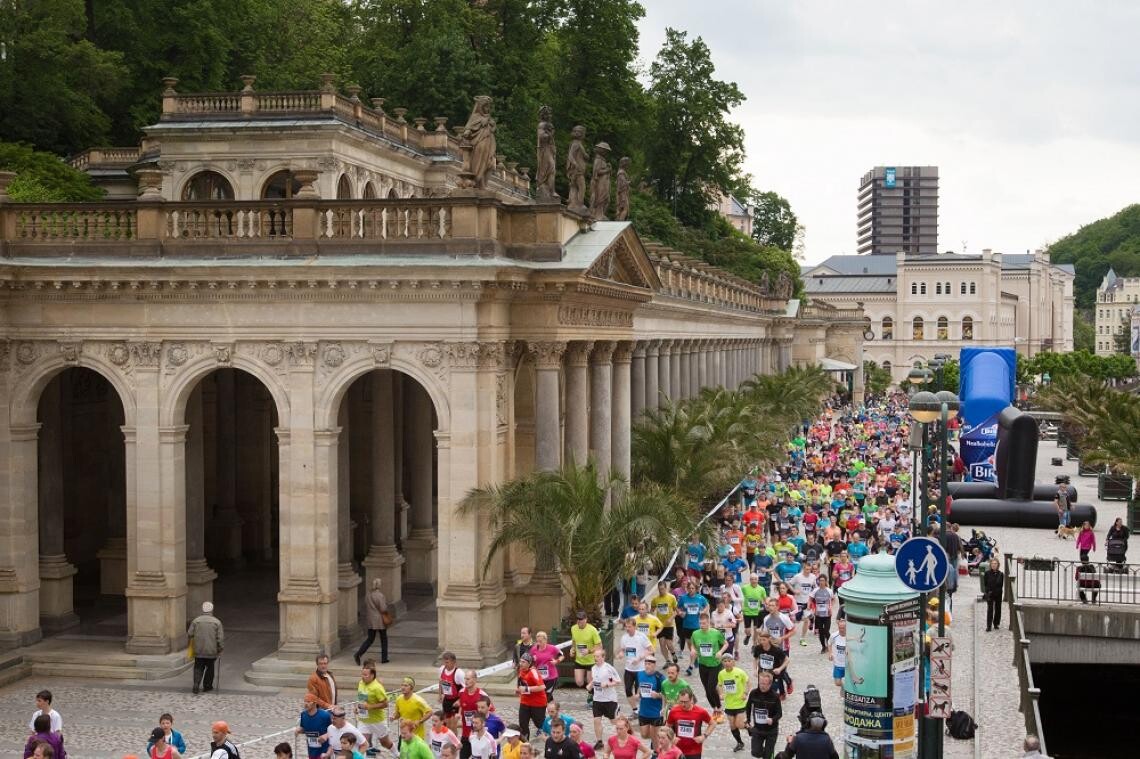
The 9th edition of the Mattoni 1/2 Marathon Karlovy Vary will start from Nábřeží Osvobození at 6:00 p.m. Since registrations are still free, don’t hesitate and sign up today!
“RunCzech offers to runners a truly unique sports experience. Karlovy Vary, along with ten other European spa towns, is now inscribed on the UNESCO World Heritage List and the Mattoni Karlovy Vary Half Marathon is certainly one of the best ways to fully enjoy the heritage of a beautiful spa town,” said Igor Murko, manager of the RunCzech regional races.

The marathon will feature several categories on Saturday. In addition to the 1/2 Marathon, a 2Run is prepared for runners who do not yet feel completely ready for the whole race.
The first competitor runs 10 km and the second then finishes 11 km to the distance of the half Marathon. The relay race is ideal alternative for team runners. Of course, the traditional dm family run which will start at 4 p.m, is prepared for all family members.
The undemanding 3 km long course in the center of Karlovy Vary is really suitable for everybody.
The first steps of the competitors always lead to the Hotel Thermal where runners can pick up the start numbers. The Running Expo starts on Friday 20.5. (12:00 – 18:00) and will last until Saturday between 10:00 and 15:00.
To pick up the start number, you need your ID and an assigned start number from the RunCzech application, which runners will also find in the Runners ID profile.
Login to leave a comment
Mattoni Karlovy Vary Half Marathon
The Mattoni Karlovy Vary Running Festival is an annual event that seamlessly blends the exhilaration of running with the exploration of Karlovy Vary, the Czech Republic's largest spa town. Scheduled for May 17, 2025, the festival offers a variety of races...
more...Two-time world 400m hurdles champion Zuzana Hejnova retires
Czech Republic’s Zuzana Hejnova, the two-time world 400m hurdles champion and Olympic bronze medalist, has confirmed her retirement from competitive athletics.
The 35-year-old, who has announced that she is expecting a baby, is to bid an official farewell to her successful career at the Ostrava Golden Spike – a World Athletics Continental Tour Gold meeting – on 31 May.
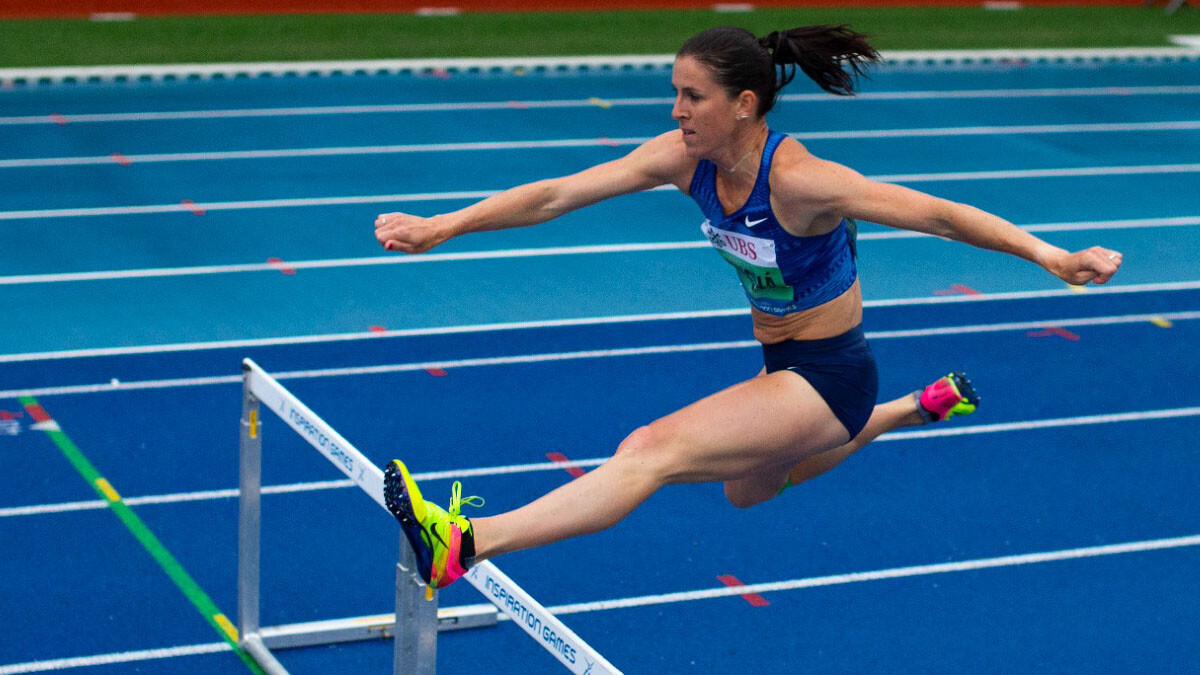
“I wanted to say goodbye in front of Czech spectators,” she said. “I have had a great career and from the bottom of my heart I thank everyone who supported me. I'm looking forward to a new role now.”
World U18 gold in 2003 was the first of the global titles claimed by Hejnova, the then 16-year-old clocking 57.54 to win the 400m hurdles in Sherbrooke, Canada.
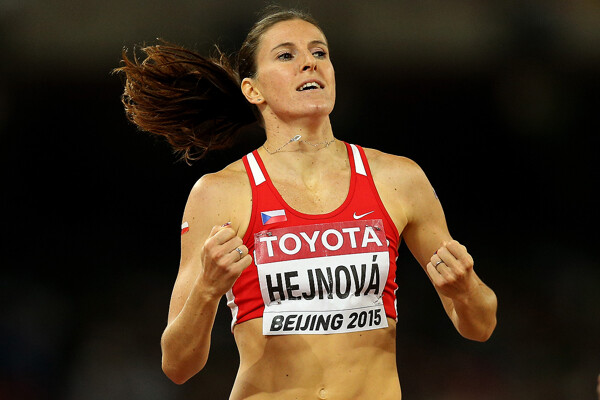
She broke the Czech U20 record for the first time at the World U20 Championships in Grosseto the following year, her 57.44 securing silver, and lowered it again in 2005, eventually taking it to 55.89 when winning the 2005 European U20 title in Kaunas.
Hejnova then broke the Czech senior record the following year and improved it every season from 2006 to 2011. During that period she claimed 400m hurdles bronze at the 2007 European U23 Championships, made her Olympic debut with a seventh-place finish in Beijing in 2008 and secured silver as part of the Czech 4x400m team at the 2010 World Indoor Championships.
Hejnova became an Olympic medalist two years later, winning bronze at the 2012 Games in London, and that was to prove just the start.
During an unbeaten 2013 season in her specialist event, Hejnova won the first of her two world 400m hurdles titles and she did it with the performance of her life – clocking a still-standing Czech record of 52.83 to get gold in Moscow. She won the overall Diamond League title – a feat she repeated in 2015 – and was named athlete of the year by European Athletics and the Czech Athletics Federation.
She retained her world title in Beijing in 2015 – becoming the only athlete to win back-to-back world gold medals in the women’s 400m hurdles – and also achieved top-five finishes in London in 2017 and Doha in 2019. Hejnova then became a three-time Olympian in 2016, finishing fourth in the 400m hurdles in Rio, and claimed European indoor 400m silver in Belgrade the following year.
Despite injury struggles, she returned to reach the final of the World Championships in 2019 and then ran her last race at the Ostrava Golden Spike in September 2020. There she contested the 300m hurdles, an event in which she set the world best of 38.16 in 2013.
by World Athletics
Login to leave a comment
Kenyans Take First Prize at Prague Half Marathon
RunCzech finally returned to Prague after three years. Sportisimo Prague Half Marathon was attended by around 9000 runners, among them also elite world athletes.
Four Kenyans ran to the finish line in under one hour. The Prague Half Marathon was dominated by Keneth Kiprop Renju in a time of 59:28.
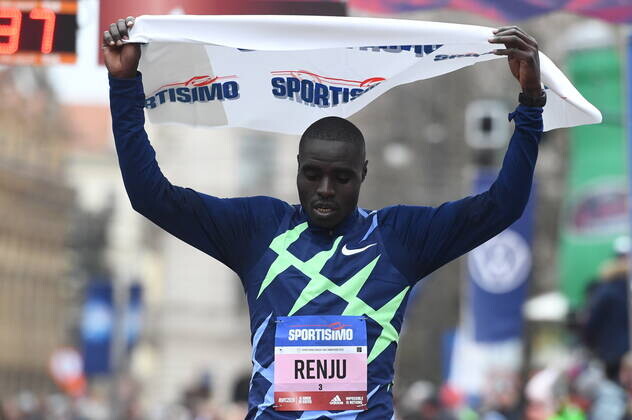
Philemon Kiplimo Kimaiyo finished second and Mathew Kipkorir Kimeli was third.
The fastest woman of this year’s edition was Nesphine Jepleting with a time of 1:06:57. The best Czech runner was Jiří Homoláč, who managed the half marathon in 1:04:36, the fastest female Czech was Hana Homolková (1:20:31).
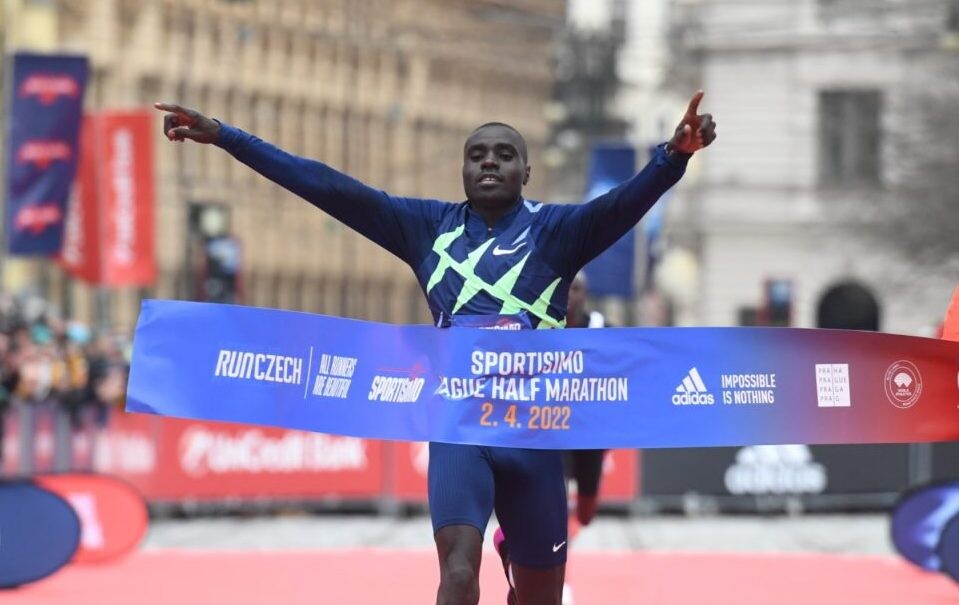
“I really liked the race, I enjoyed it a lot. Even though it was too cold, it was good. I had a more critical moment in the middle of the half marathon. Even though I didn’t feel pressure on myself, I wanted to win,” Renju said at the finish. “The weather caught me by surprise, I didn’t expect it to be so cold. The worst was the headwind, which made it really hard in some moments. I wanted to break my personal best, but I’m glad I showed such time. It’s a good start to the season, next time I could reach my maximum,” Jepleting said.
Already at the fifth kilometer, a group of elite runners was formed, eight Kenyans had the same time. At the tenth kilometer, only a group of four, Keneth Kiprop Renju, Philemon Kiplimo Kimaiyo, Bernard Kimeli and Mathew Kipkorir Kimeli, were at the front. Everyone had a time of 27:52.
The same four runners led the fifteenth kilometer. Before the finish, Renju and Kimaiyo grabbed each other, after crossing the Mánes Bridge, the first mentioned one broke away, who then first reached the finish.
“The race was very windy, from the sixth kilometer it was causing problems because there was a headwind. I had to lean into it from the seventh kilometer. I would like to run here again next year because this track is fast. A world record may fall here. Despite the conditions here, it was fast,” Renju added at the finish. A world record may fall here. Despite the conditions here, it was fast,” Renju added at the finish.
For the women, From the 10th kilometer, the favourites Nesphine Jepleting and Chepet Irine Cheptai broke away from the rest, they were also at the front at the fifteenth kilometer and built up a one-and-a-half-minute lead over the others. At the finish, Jepleting finally rejoiced in the triumph.
“I could run faster, but it was too cold and windy. During the race, I doubted I could win. But the mental strength, my head, helped me. In the group we ran until the twelfth kilometer, then we accelerated as we wanted,” said the fastest woman Nesphine Jepleting.
Yeremchuk ran for Ukraine
Sofia Yaremchuk, who is originally from Ukraine but has been racing for Italy for a year, improved her personal best. She finished fifth in a time of under 1 hour and 10 minutes.
“I ran for Ukraine and for all the people and men who are fighting in Ukraine. I want to tell everyone that Ukraine does not want war, the whole world does not want war, we all want peace,” Yaremchuk added, showing a time of 1:09:09. “I’m happy because I have my new record and I finished with the Ukrainian flag.”
Login to leave a comment
Prague Half Marathon
Start the RunCzech season with one of the biggest running events in the Central Europe! Every year the Sportisimo Prague Half Marathon excites spectators with performances of elite athletes breaking records. Enjoy a course with incomparable scenery in the heart of historic Prague that follows along the Vltava river and crisscrosses five beautiful bridges. Take in majestic views of the...
more...Kenyan Philemon Kiplimo set to take part in the Prague Half Marathon
The start list of the thrilling Sportisimo 1/2 Marathon Prague is full of big names and future global stars. Kenyan Philemon Kiplimo, a member of the RunCzech Racing team, will also be seen at Prague’s fast course on Saturday, April 2.
In addition to the eighth man of the world tables with a personal best of 58:11, his compatriots Kennedy Kimutai and Keneth Renju will be among the favorites for the victory.
The best known Czech athlete on the course will be Jiří Homoláč. Among women, the contenders are Brenda Jepleting and Irine Cheptai from Kenya, with strong running also being expected from Petra Kamínková and Hana Homolková from the Czech Republic.
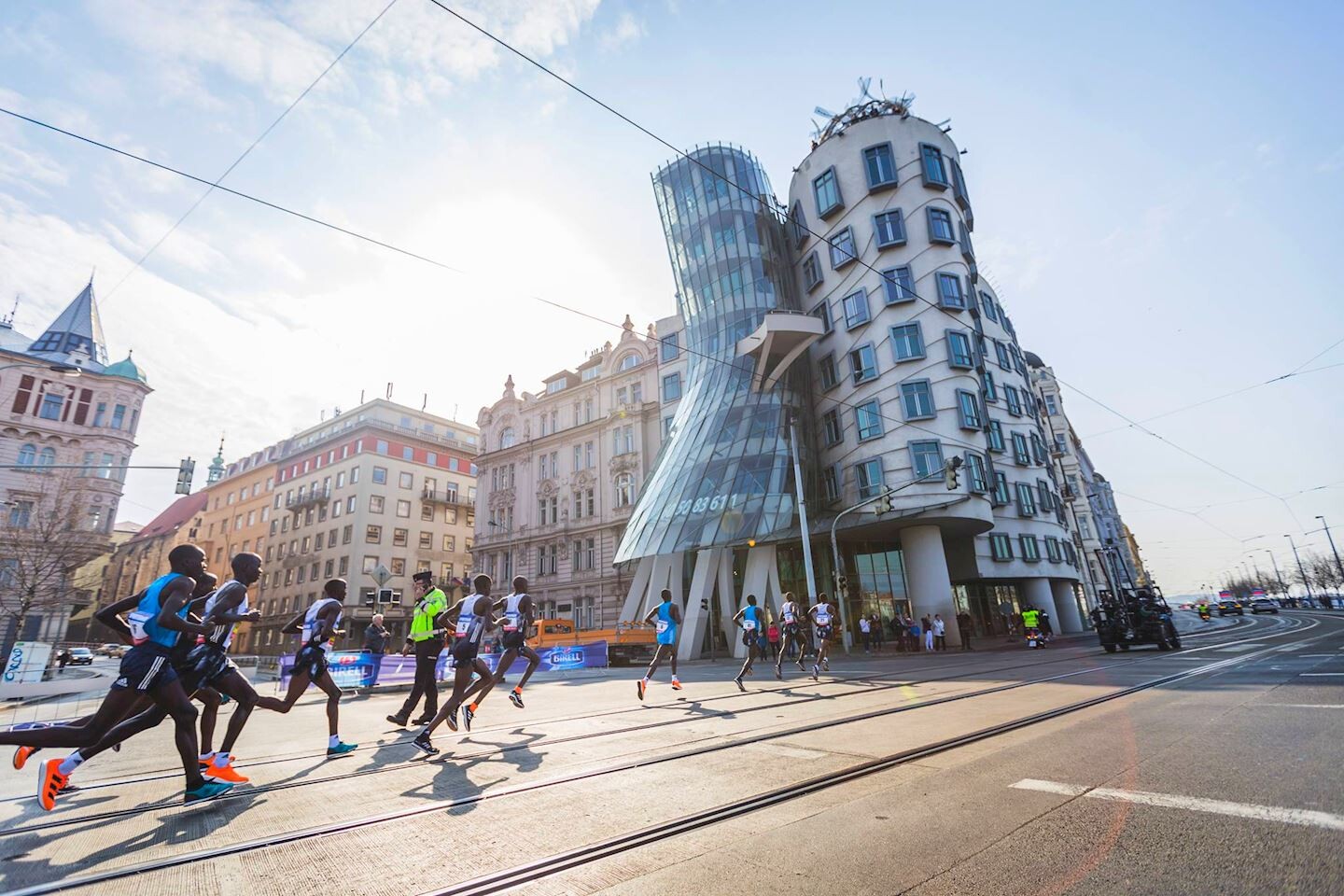
In the last 5 years, the world record has been broken on five occasions here, at home. In the half marathon in September 2020, during the middle pandemic, Kenyan Peres Jepchirchi took care of it in time 1:05:34. Twenty-three-year-old Philemon Kiplimo will be making another personal best effort, trying to improve on the time he ran in Valencia two years ago.
The winner of the half marathons in Boston and Bahrain celebrated second place in the Czech Republic two years ago and will be looking for a victory. His great opponent will certainly be his compatriot Kennedy Kimutai, ranked 11th on the World Athletics all-time half marathon list.
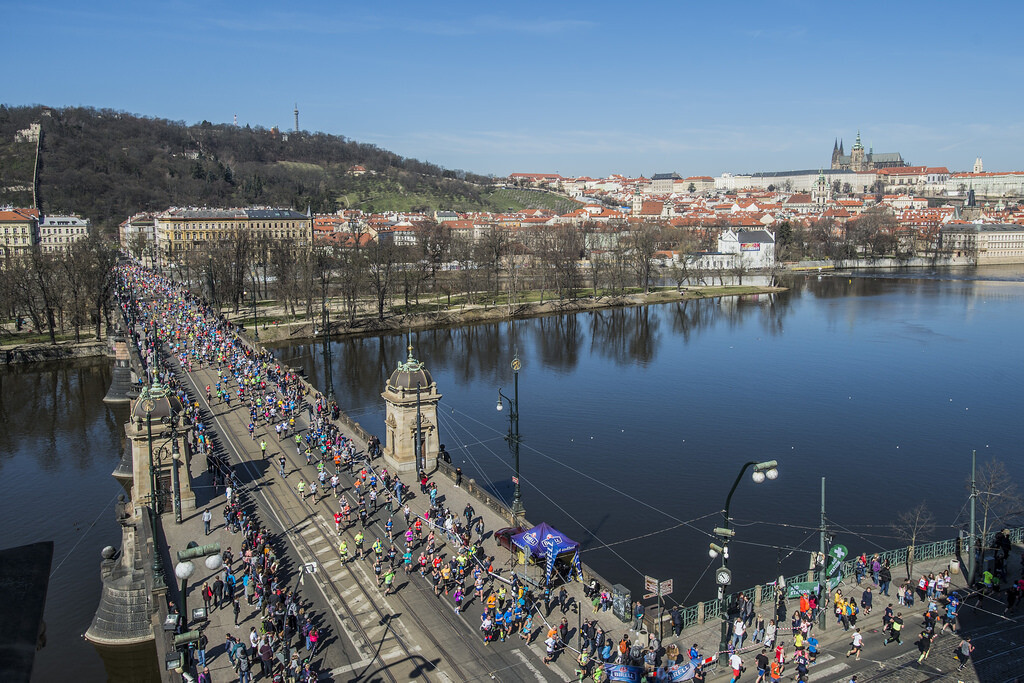
Last year, he shined at the half marathon in Valencia, where he was fourth with 58:28. Another athlete to watch for is Keneth Renju, placed just four places below (7 seconds) Kennedy and aiming at the podium.
The best Czech endurance runner, Jiří Homoláč (1:03:23) is going to keep pace with the rest of the field. The record of the Prague Half Marathon is held by Ethiopian Atsedu Tsegay, who in 2012 stormed through the course in a time of 58:47.
Among the women, Kenyan Irine Cheptai and Nelly Jepchumba and, especially, Brenda Jepleting are expected to fight for the top positions.
The Sportisimo 1/2 Marathon Prague which starts at 10:00 am on Saturday, April 2, after two years of Covid-19 related break, will send a strong message of peace.
Among other activities, the organizers plan to hand out symbolic bracelets in Ukrainian national colors before the start.
Login to leave a comment
Prague Half Marathon
Start the RunCzech season with one of the biggest running events in the Central Europe! Every year the Sportisimo Prague Half Marathon excites spectators with performances of elite athletes breaking records. Enjoy a course with incomparable scenery in the heart of historic Prague that follows along the Vltava river and crisscrosses five beautiful bridges. Take in majestic views of the...
more...Obiri and Kwemoi claim half marathon crowns in Istanbul
Hellen Obiri ran the 10th fastest ever women's half marathon and Rodgers Kwemoi broke the course record to win the N Kolay Istanbul Half Marathon, a World Athletics Elite Label road race, on Sunday (27).
Both races got off to a blistering start and while the early world record pace could not be maintained on a sunny and breezy morning, Kenya's Obiri and Kwemoi held on to triumph by a big margin, beating two stong fields.
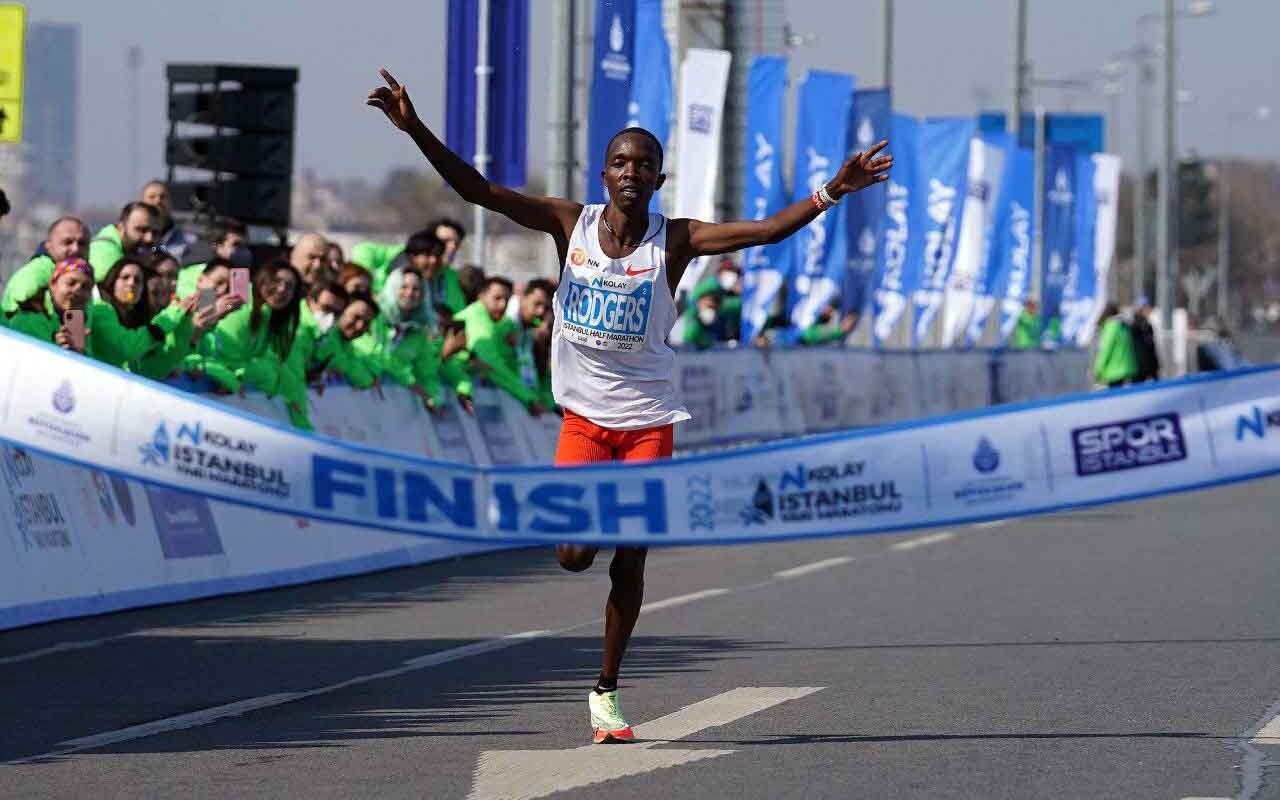
Two-time world 5000m champion Obiri ran 1:04:48 to win the women's race by more than a minute ahead of Ethiopia’s Tsehay Gemechu and Bekelech Gudeta, while Kwemoi improved the men's course record to 59:15 to beat his training partner Daniel Mateiko (1:00:05) and Emmanuel Bor, who had started the race as a pacemaker.
The N Kolay Istanbul Half Marathon was one of the few international races that went ahead last year during the pandemic and it ended with a world record by Ruth Chepngetich, the world marathon champion running 1:04:02. Since then, that women's world record has been improved to 1:02:52 by Letesenbet Gidey in Valencia and it was that mark the leaders were on target for in the early stages.
Running with a male pacemaker, Obiri was joined by Gemechu as they passed 5km in 14:45, putting them on a projected pace of just outside 62 minutes, with Ethiopia’s Bekelech Gudeta and Kenya’s Vicoty Chepngeno running together 10 seconds behind them. Turkey’s Yasemin Can was another 10 seconds back.
Speeding up further still, it was no surprise to see Obiri open a gap on Gemechu, but that pace could not be sustained in the windy conditions and the world cross-country champion had slowed by the 10km point, although that was still passed in 30:01. By that stage she was half a minute ahead of Gemechu, who had been caught by Chepngeno and Gudeta.
Obiri continued to forge ahead, passing 15km in 45:27 and 20km in 1:01:16 to eventually win in 1:04:48, improving both her time and position from the event 12 months earlier, when she was third behind Chepngetich in 1:04:51 – the fastest debut half marathon in history. Obiri currently sits fifth on the world all-time list with the 1:04:22 she ran to finish second at the Ras Al Khaimah Half Marathon last month.
Gemechu, who won last year’s Copenhagen Half Marathon in a PB of 1:05:08, battled the challenge posed by Chepngeno and Gudeta and solo ran her way to second place in 1:05:52. Gudeta was third in 1:06:35, Chepngeno fourth in 1:06:58 and Can fifth in 1:07:57. The top 11 finished inside 70 minutes, while Moira Stewartova was just outside that and broke the Czech Republic record with 1:10:14 to finish 12th.
The men’s race leaders were also on pace to break Jacob Kiplimo’s world record of 57:31 set in Lisbon last year in the opening kilometres and Kwemoi, Mateiko and their compatriot Bor were just off that tempo through 5km in 13:40.That trio remained together as 10km was passed in 27:35 but then Kwemoi began to move away. The tempo was easing but he was still well in control, with a 20-second lead at 15km, which he passed in 41:34. That advantage had grown to 44 seconds by 20km (56:07) and he ran unchallenged to the finish line in 59:15 to improve the course record of 59:35 set by the then world record-holder Kibiwott Kandie last year.
Bor was 15 seconds behind runner-up Mateiko, running 1:00:20 for third place, while Kenya’s Edmond Kipngetich and Brian Kwemoi finished fourth and fifth with respective times of 1:00:30 and 1:00:50.
The top 10 were all under 62 minutes, with Ramazan Ozdemir being Turkey’s top finisher in 14th (1:04:02).
The event featured a record number of around 10,500 participants.
Login to leave a comment
N Kolay Istanbul Half Marathon
The Istanbul Half Marathon is an annual road running event over the half marathon distance (21.1 km) that takes place usually in the spring on the streets of Istanbul, Turkey. It is a IAAF Gold Label event. The Istanbul Half Marathon was first organized in 1987. After several breaks it was finally brought back to life in 2015 when the...
more...Sebatian Coe says sports must fight to keep Russia banned
Sports federations have set precedents by banning Russian and Belarusian athletes from competition following the invasion of Ukraine and they must remain firm to keep them in place, Sebastian Coe said Monday.
Coe is a two-time Olympic champion runner from Britain who is now the president of World Athletics, the governing body of track and field. He spoke four days before the start of the world indoor championships. Both Russians and Belarusians have been excluded from that event, which will be held in Serbia.
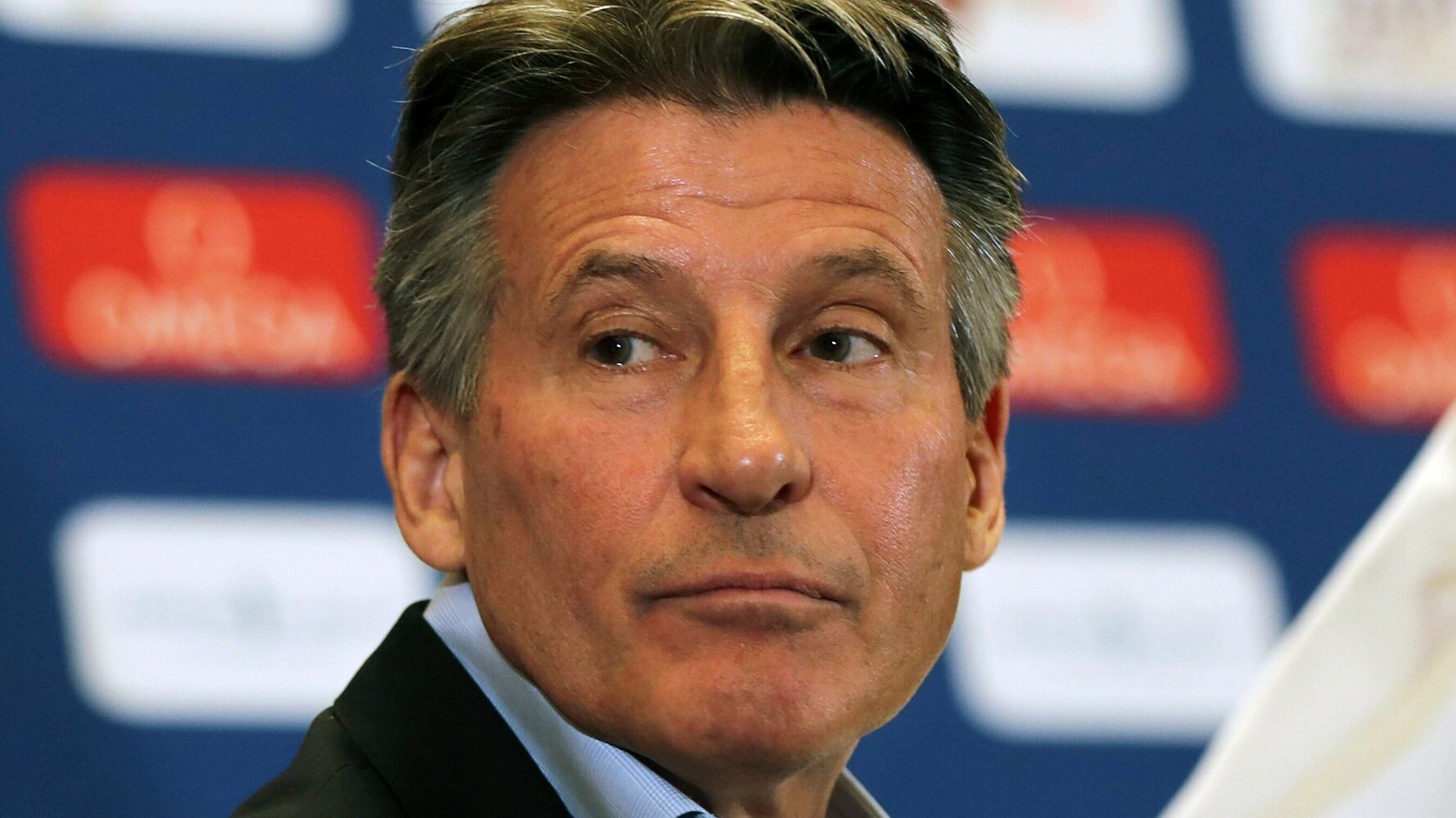
“There’s not a single sports federation out there that naturally wants to exclude teams or individuals. That’s not something that we came into the sport for,” Coe said during a video conference call. “But I think we have to recognize that this is such a game changer. And, yes, it will set precedents.”
Athletes and teams from Russia and Belarus have been kicked out of dozens of sports since Russian forces invaded Ukraine last month, with some soldiers entering via Belarus. The biggest events to be immediately impacted by the decision to ban Russians and Belarusians include the upcoming track championships, the figure skating world championships and soccer.
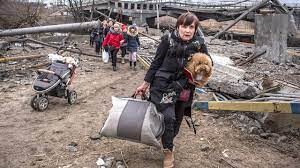
The bans from soccer, which include the Russian national team from World Cup qualifying and Russian club Spartak Moscow from the Europa League competition, have been challenged by the Football Union of Russia. The first appeal rulings are expected this week from the Court of Arbitration for Sport — the highest sports court in the world.
“We absolutely accept that this will set precedents and those precedents will have to be faced individually and sequentially and they will be with us for years,” Coe said. “We haven’t made this easy on ourselves but it is still the right decision.
“You cannot have aggressor nations, where you have so altered the landscape for the integrity of competition being untouched, while the actions of their governments have so influenced the integrity of sport elsewhere.”
Russia’s opponent in the World Cup qualifying playoffs, Poland, has said it won’t play against the country on March 24. The two next possible opponents, the Czech Republic and Sweden, have said the same.
Track and field had previously been the hardest on Russians following the country’s state-sponsored doping scandal dating back to the 2014 Winter Olympics in Sochi. Russians now have to be individually vetted in order to compete in international track events. The Russian track federation has been banned since 2015.
“I don’t have a problem with (banning Russians) because that’s what we’ve done in our sport. I don’t see why that should be different in any other sport if you’re making that judgement on the integrity of the sport,” Coe said. “Goodness me, in football, you’ve already seen teams that decided they’re not going to play in playoff rounds.
“The impact is across the board. So they are going to need to remain really firm on this and do exactly what we’ve done.”
by Chris Lehourites
Login to leave a comment
Cherono, Jelagat dominate Valencia Marathon
In the women's category, Jelagat won her first-ever marathon, clocking 2:19:31 as Ethiopia's Woldu Etagene came second in 2:20:16
The win by Cherono in the Spanish city comes after victories in Chicago and Boston in 2019, Amsterdam Marathon in 2018 and 2017, Honululu in 2017, Czech in 2016 and Sevilla in 2015.
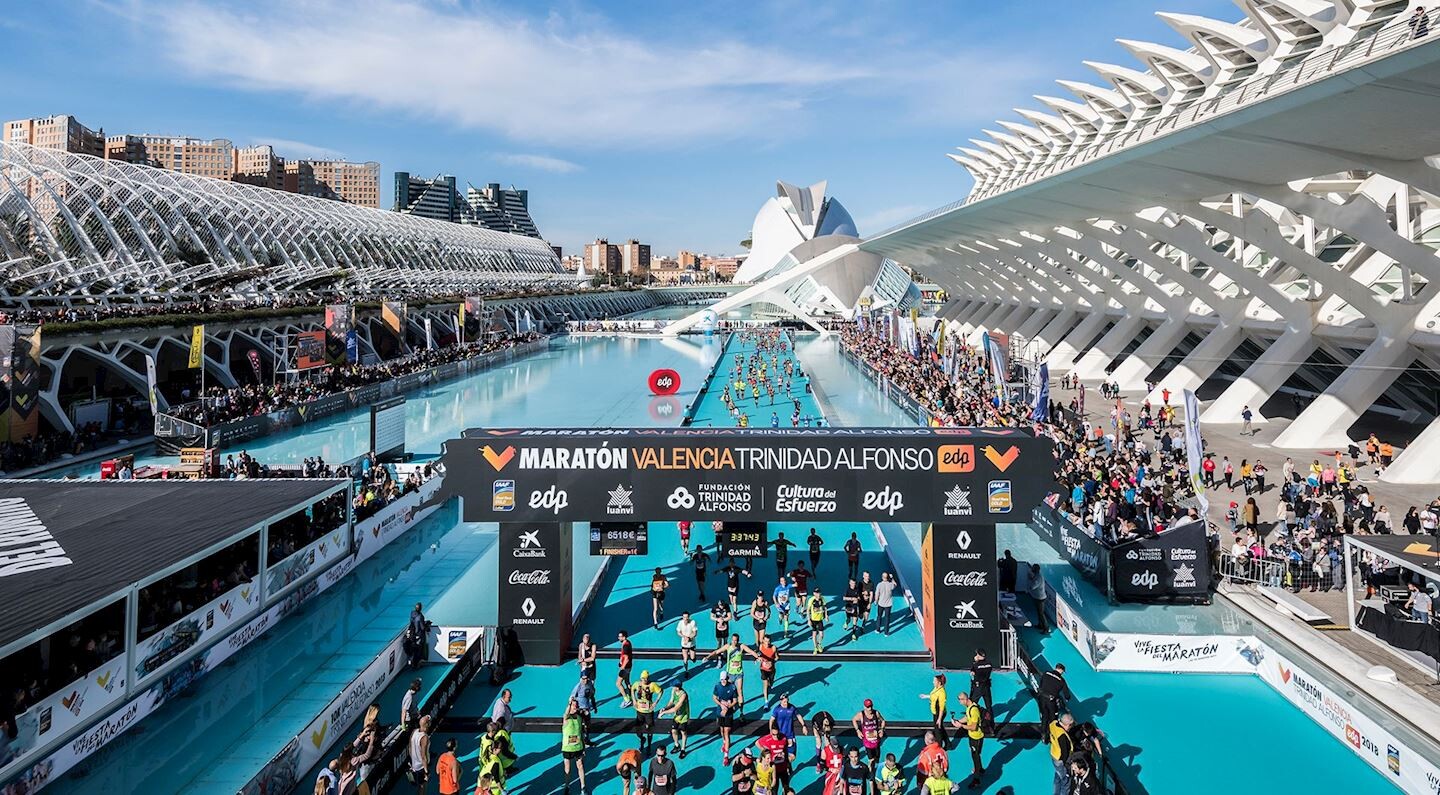
•Cherono clocked 2:05:12 to fend off Ethiopian Deso Chalu (2:05:16) in a sprint finish while Philemon Kacheran rounded off the podium positions by posting 2:05:19.
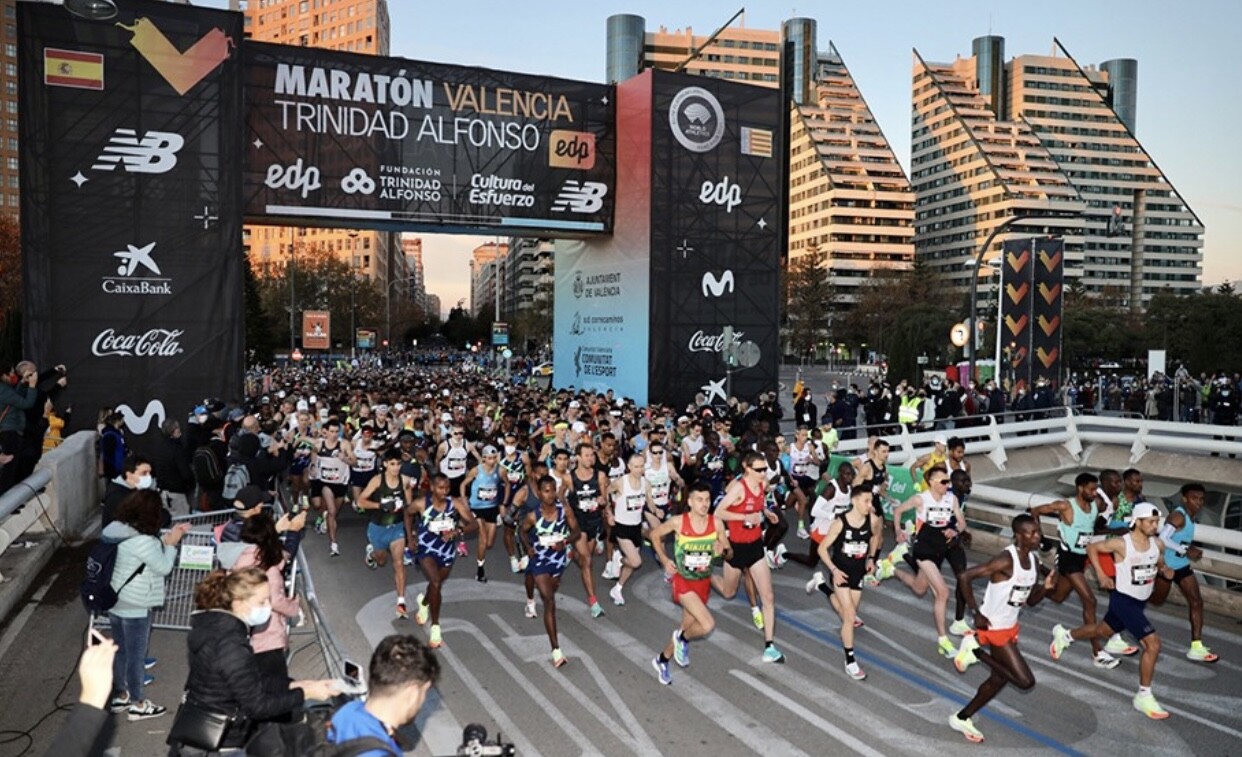
Lawrence Cherono and Nancy Jelagat secured a Kenyan double at the Valencia Marathon on Sunday.
Cherono clocked 2:05:12 to fend off Ethiopian Deso Chalu (2:05:16) in a sprint finish while Philemon Kacheran rounded off the podium positions by posting 2:05:19. Former winner Geoffrey Kamworor finished fourth in 2:05:23.
The win by Cherono in the Spanish city comes after victories in Chicago and Boston in 2019, Amsterdam Marathon in 2018 and 2017, Honululu in 2017, Czech in 2016 and Sevilla in 2015.
In the women's category, Jelagat won her first-ever marathon, clocking 2:19:31 as Ethiopia's Woldu Etagene came second in 2:20:16 with compatriots Degefa Beyenu (2:23:04) and Tusa Rahma (2:23:20) finishing third and fourth respectively.
Fionnuala McCormack of Ireland completed the top five positions in 2:23:58
Login to leave a comment


